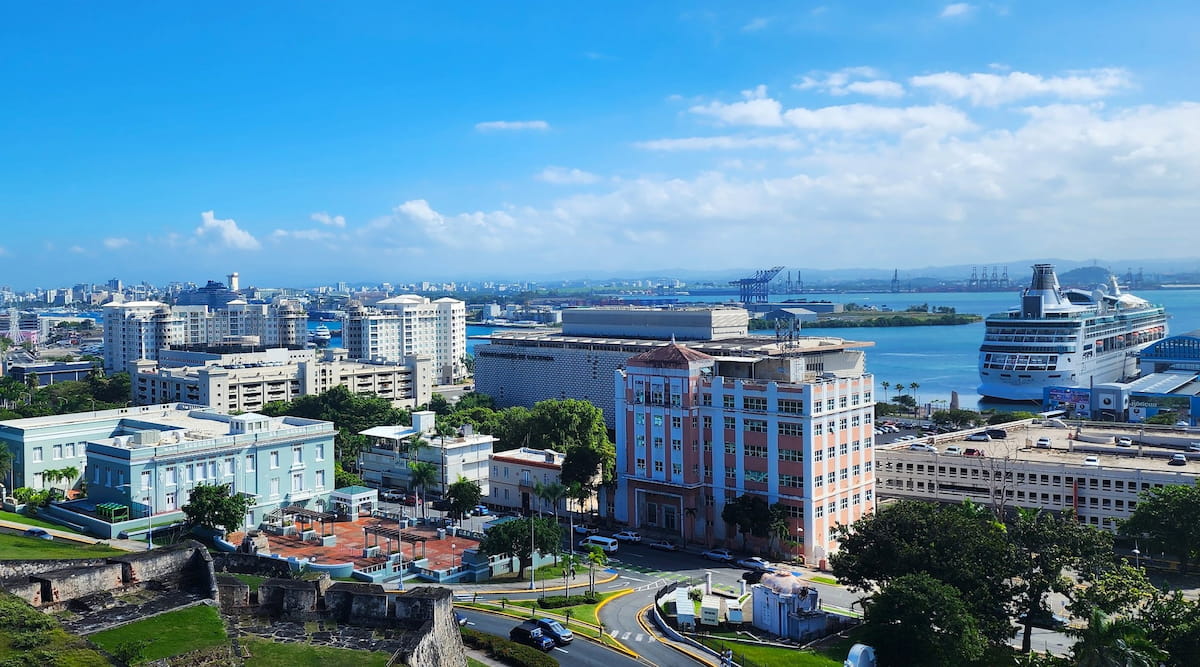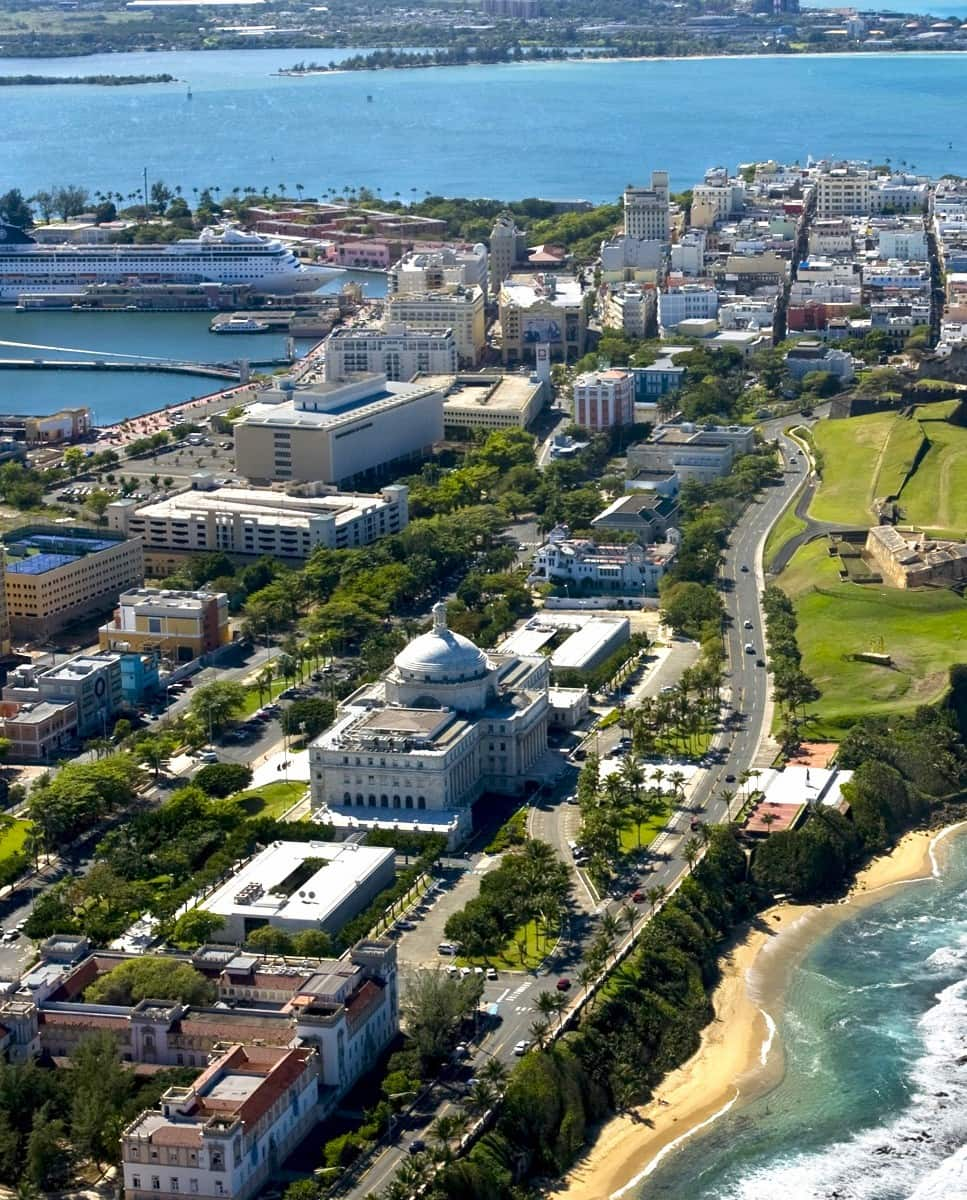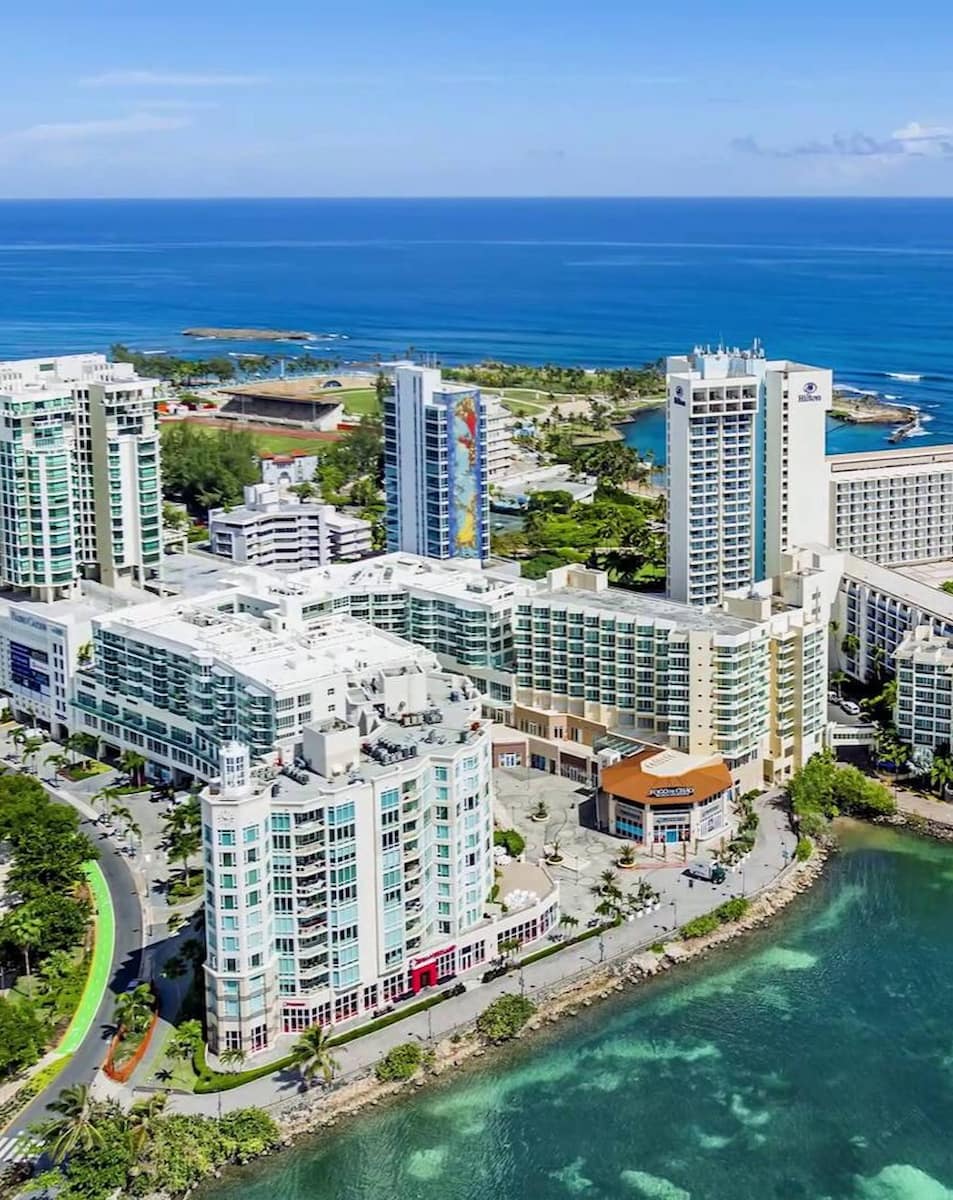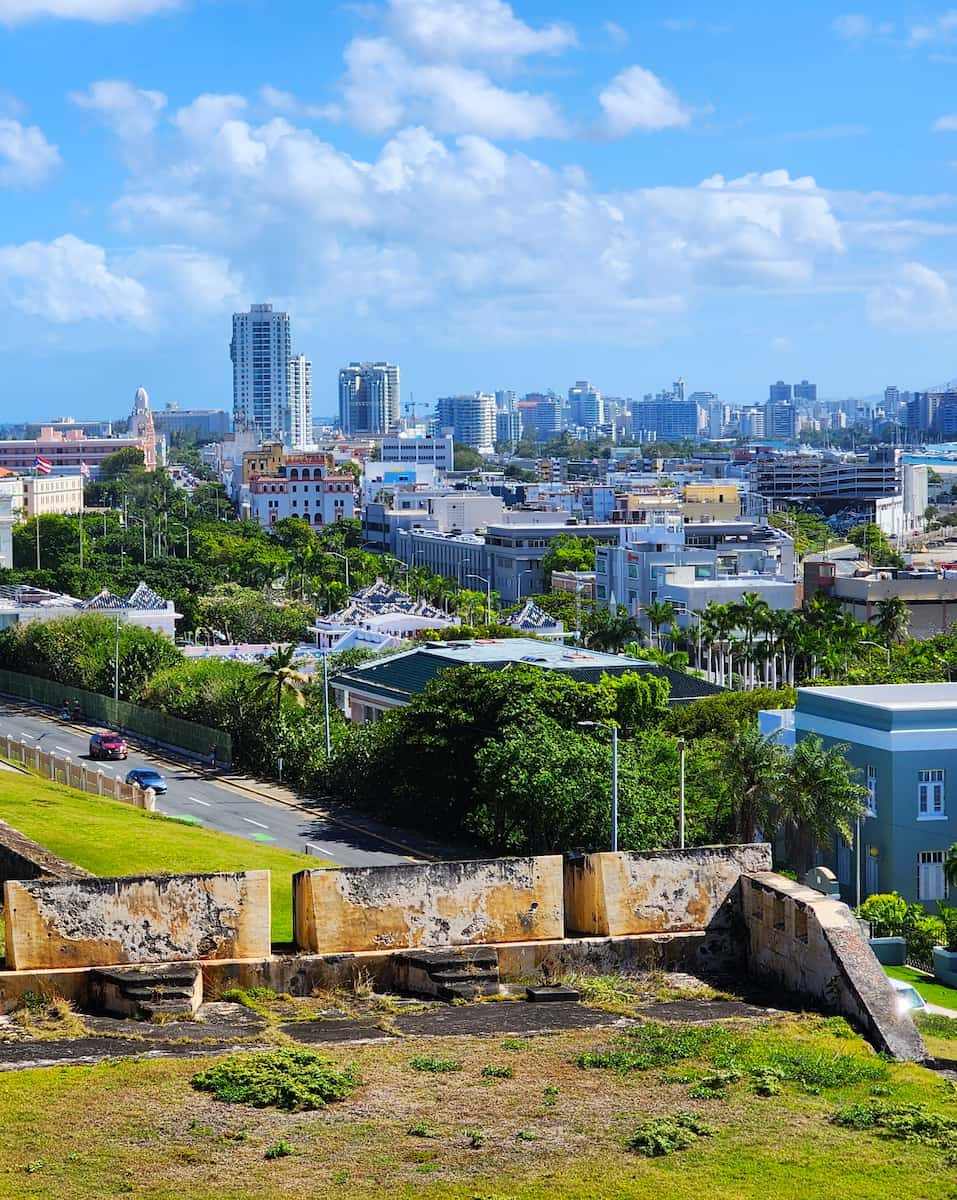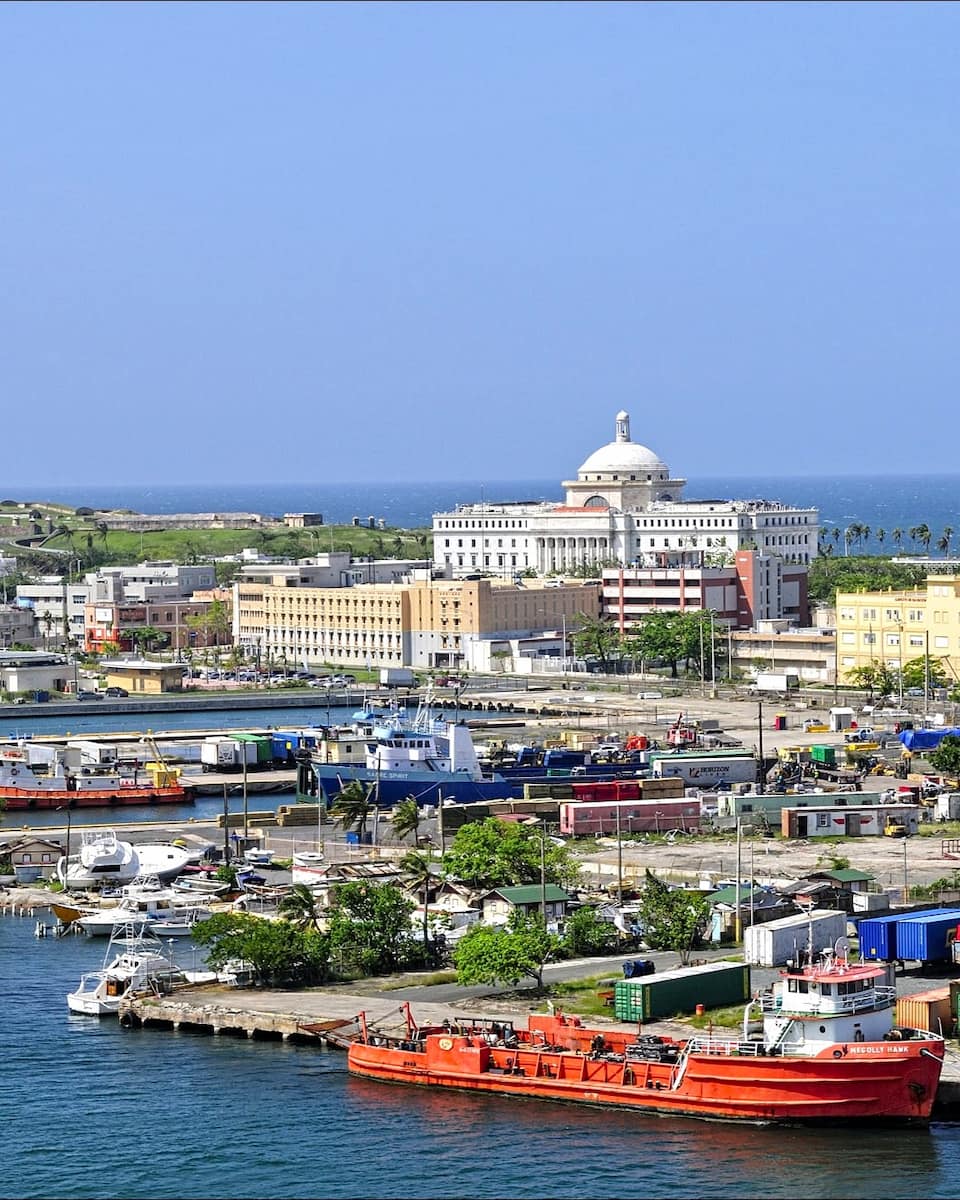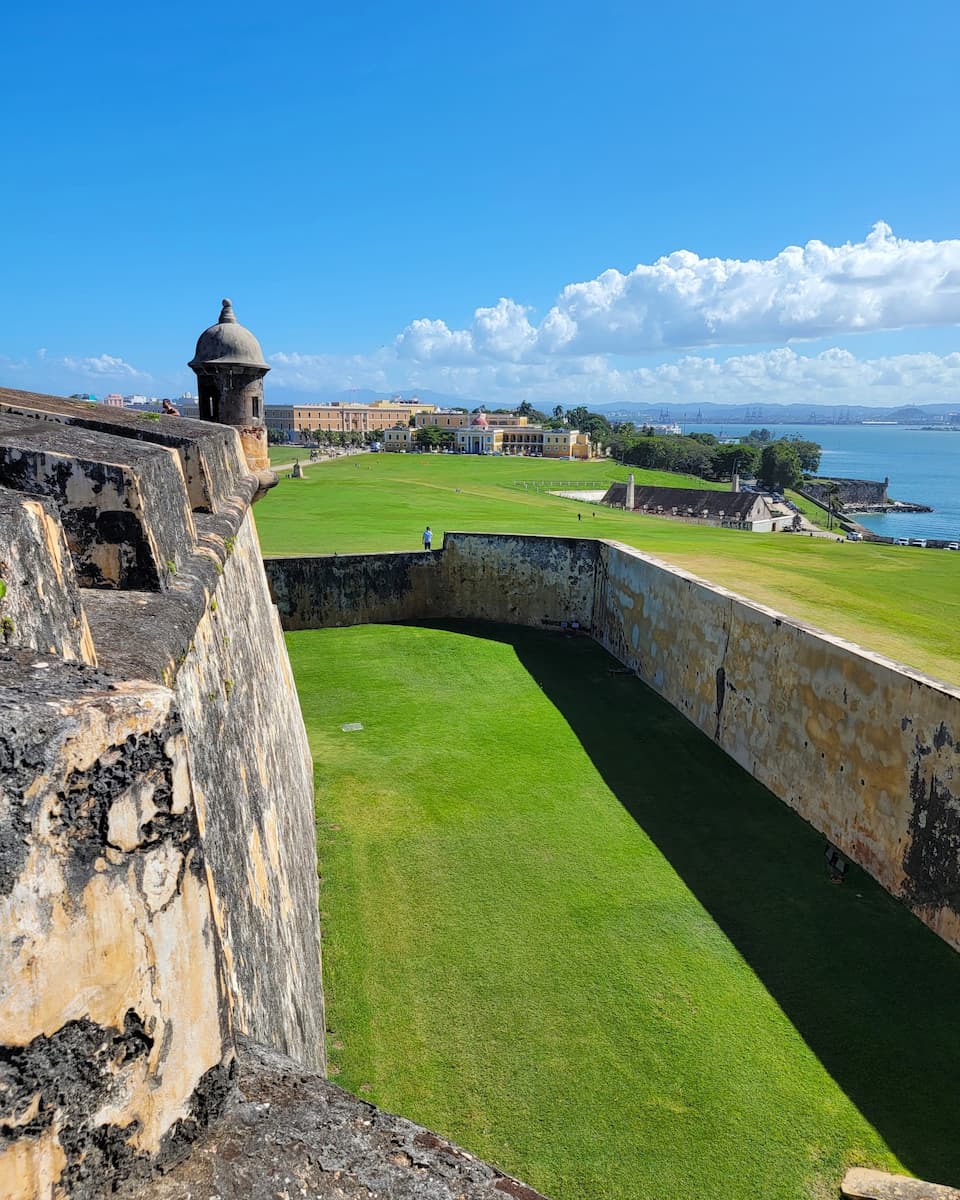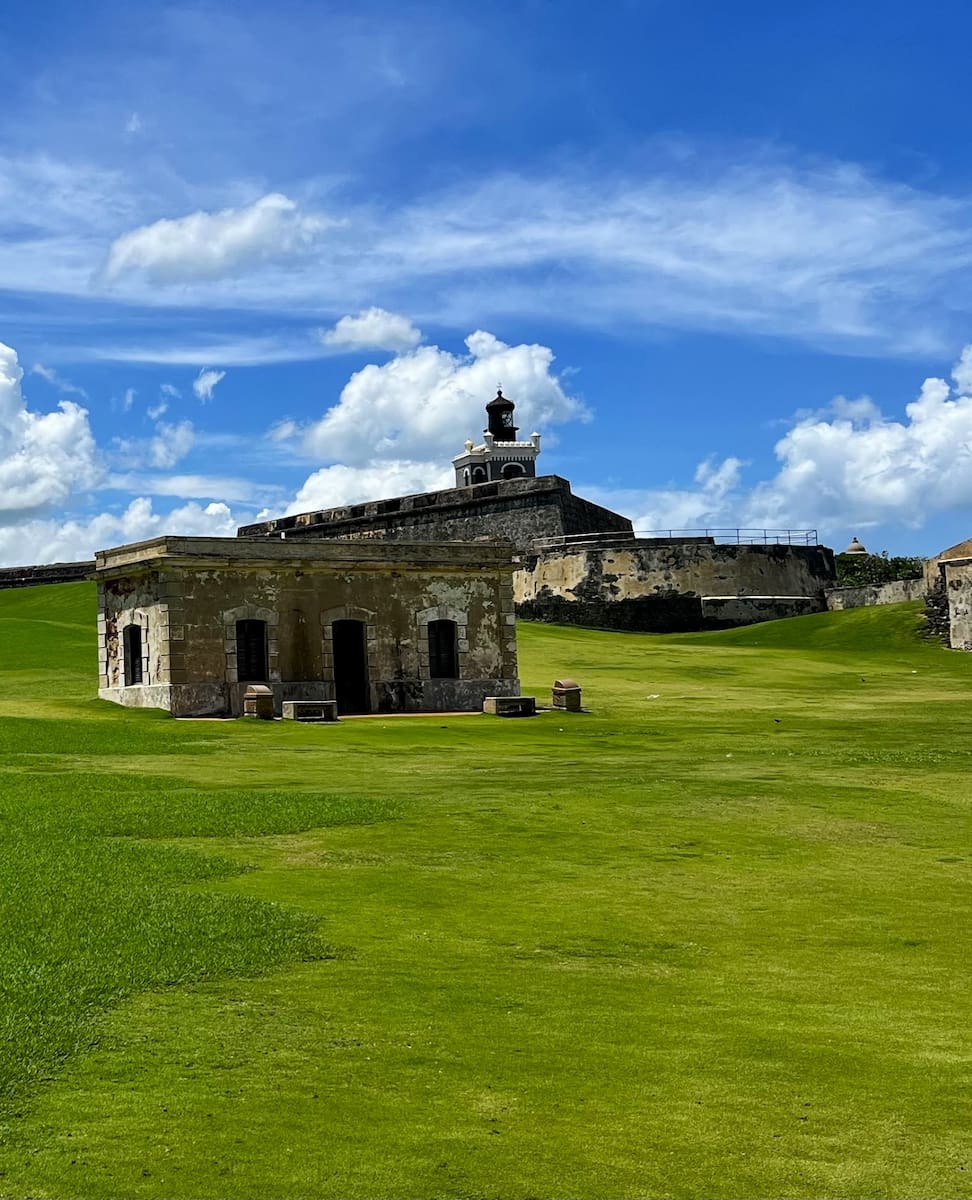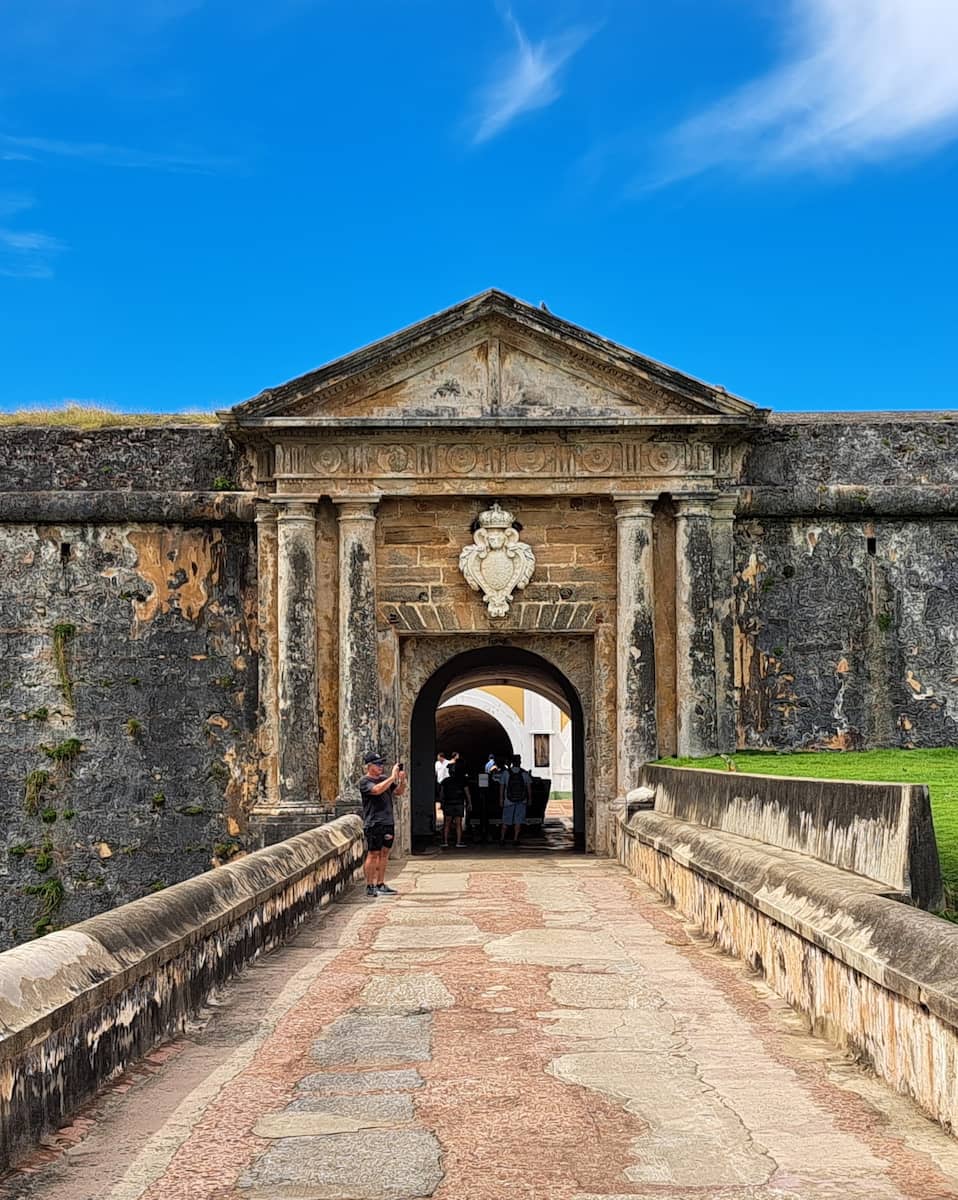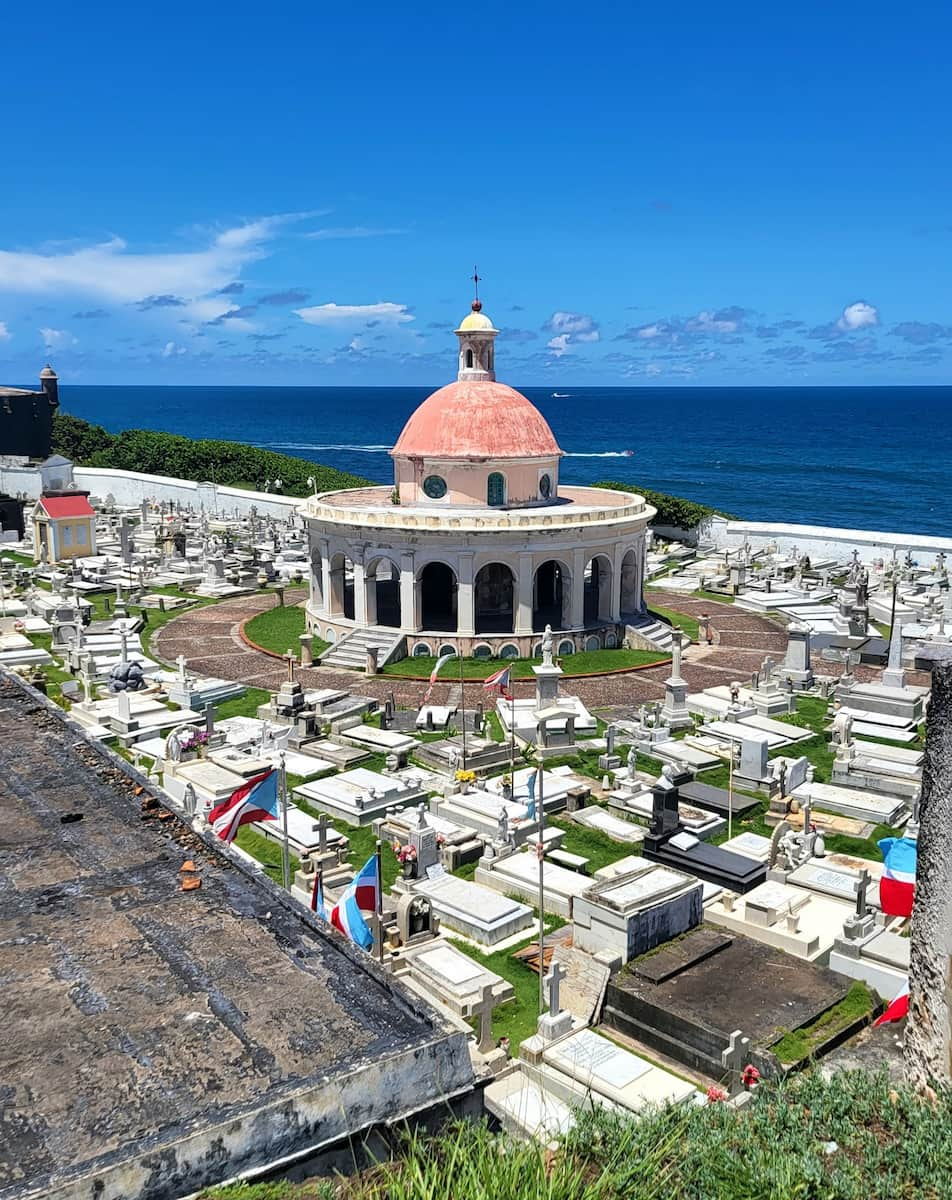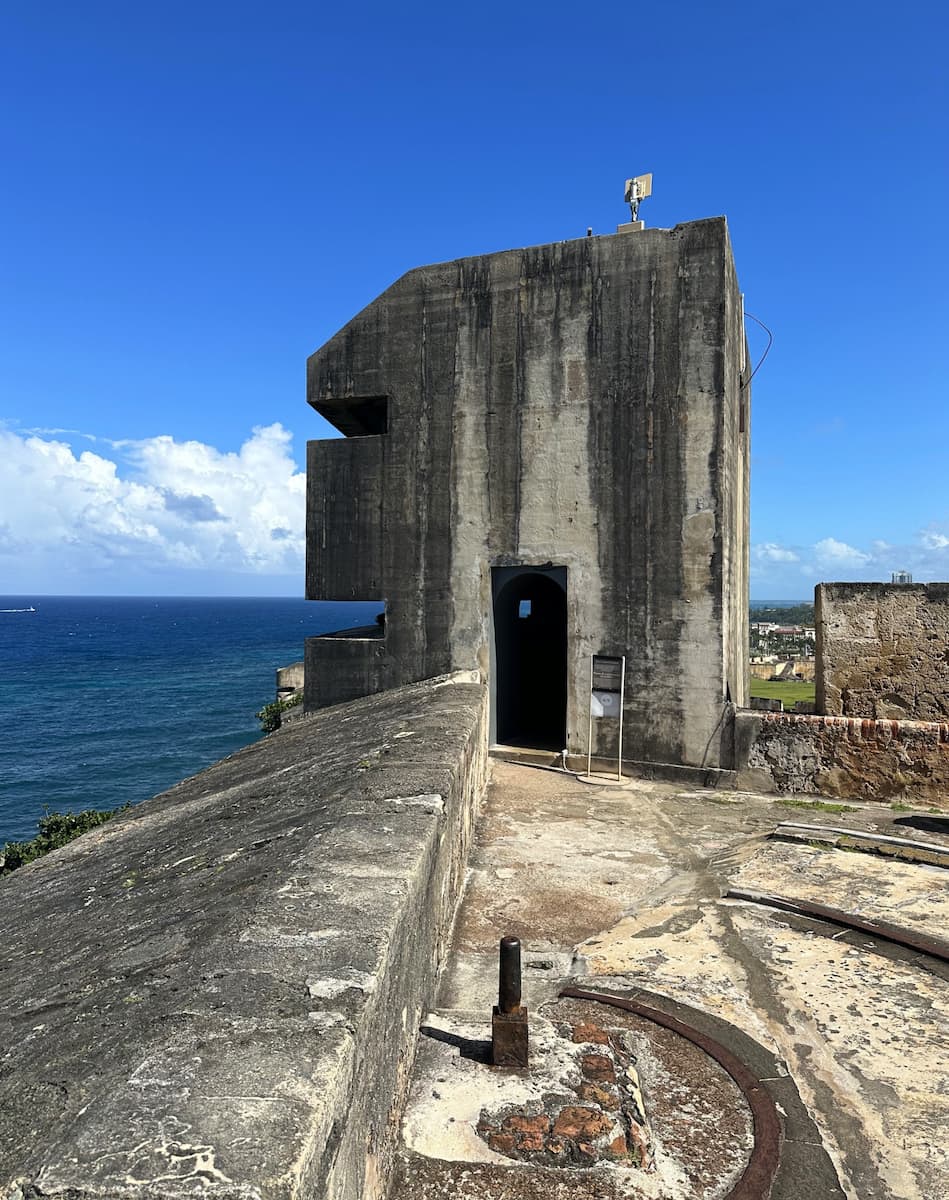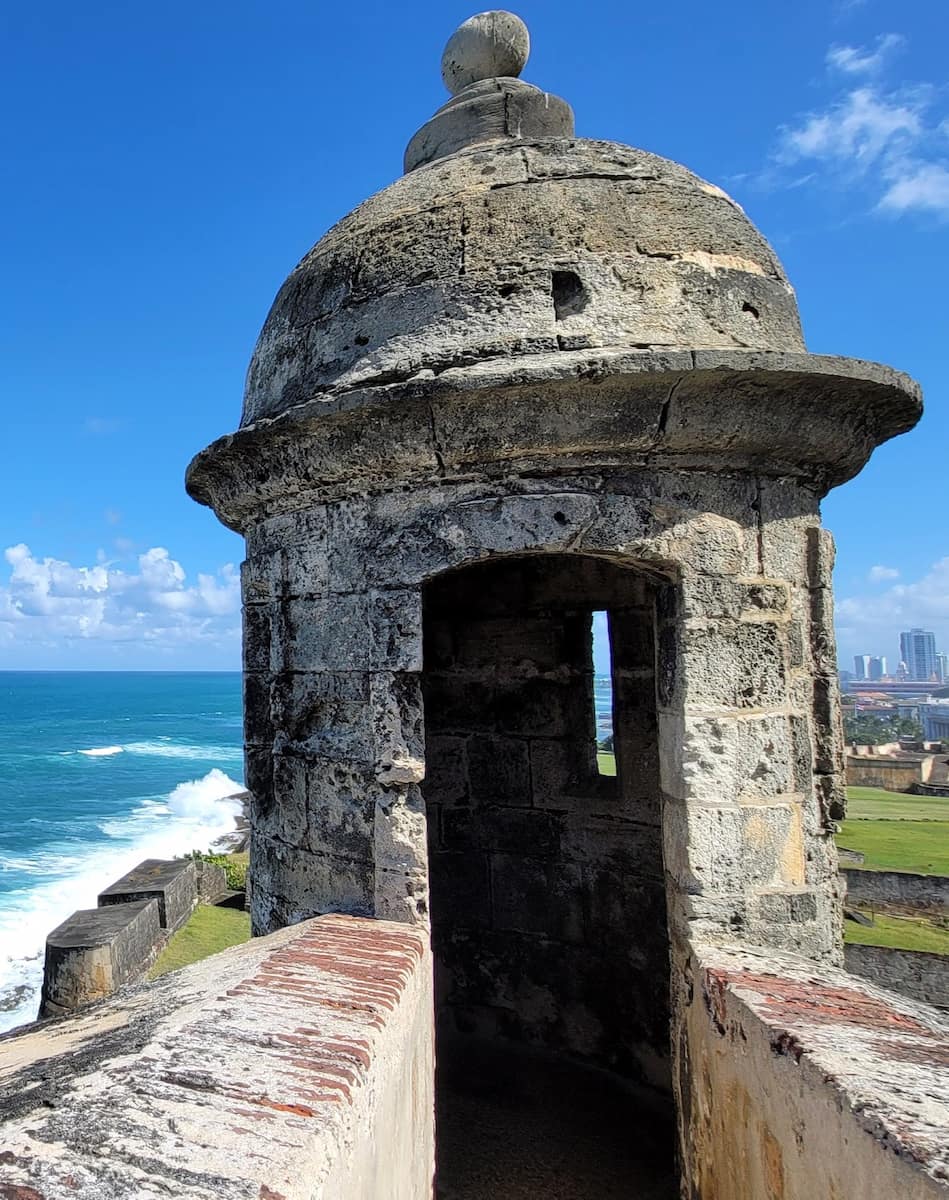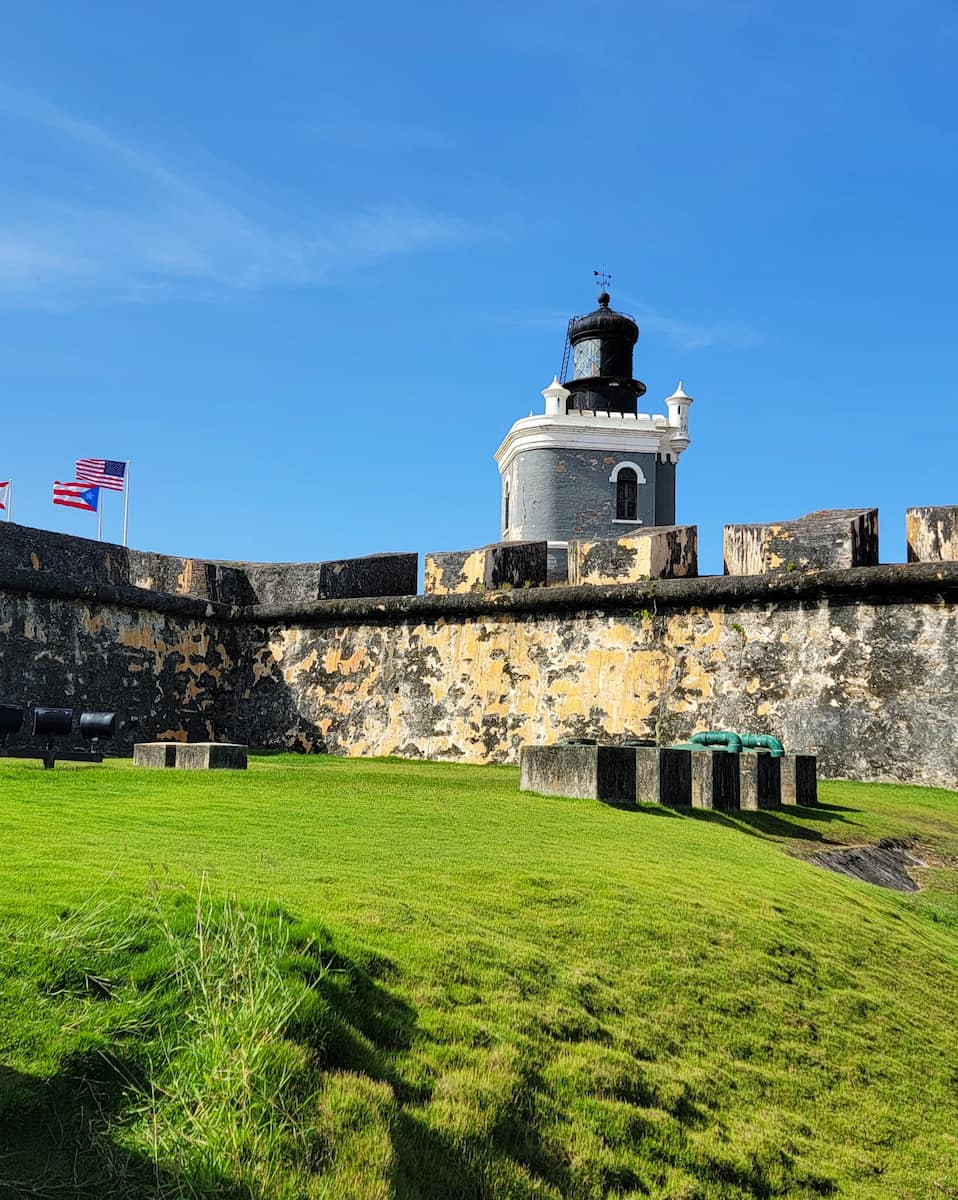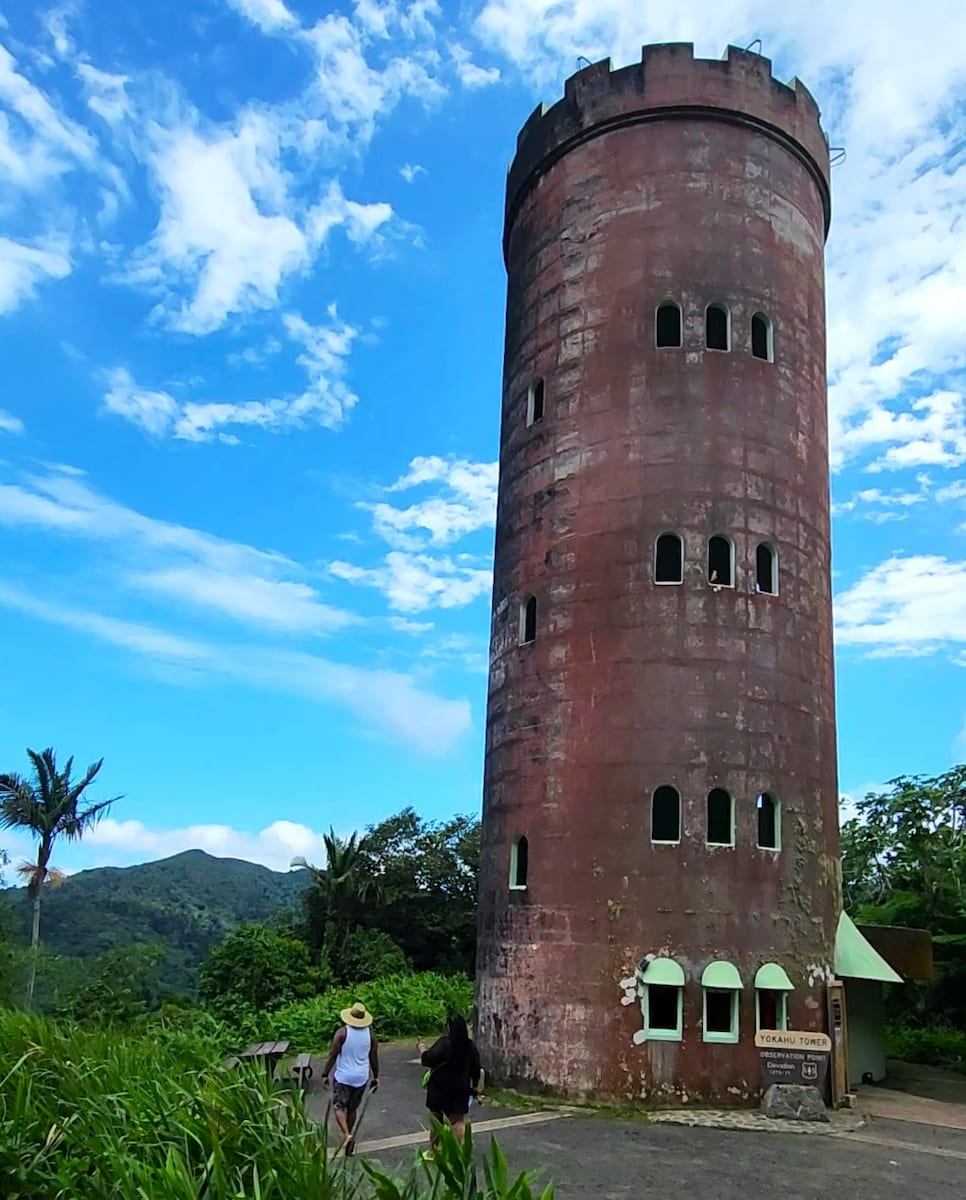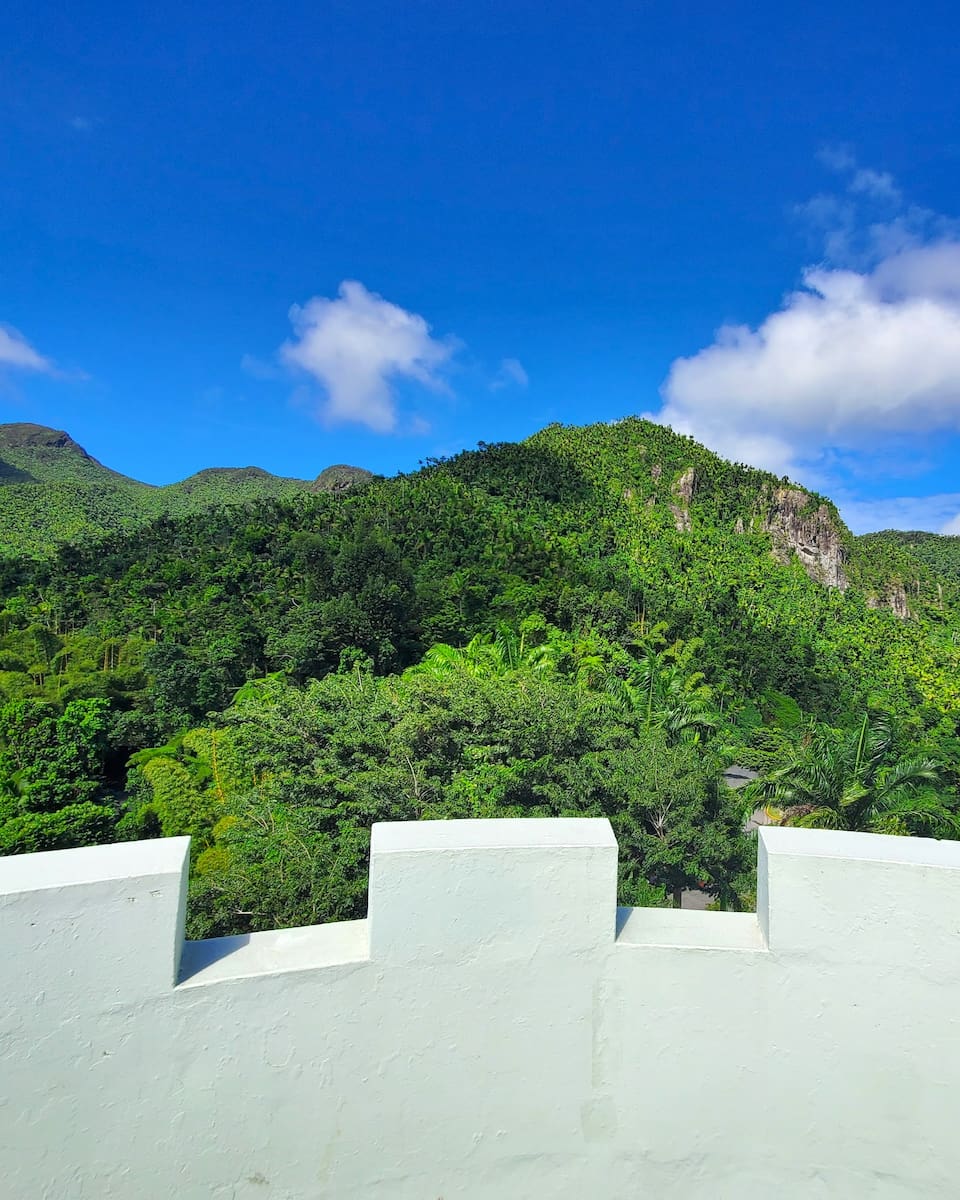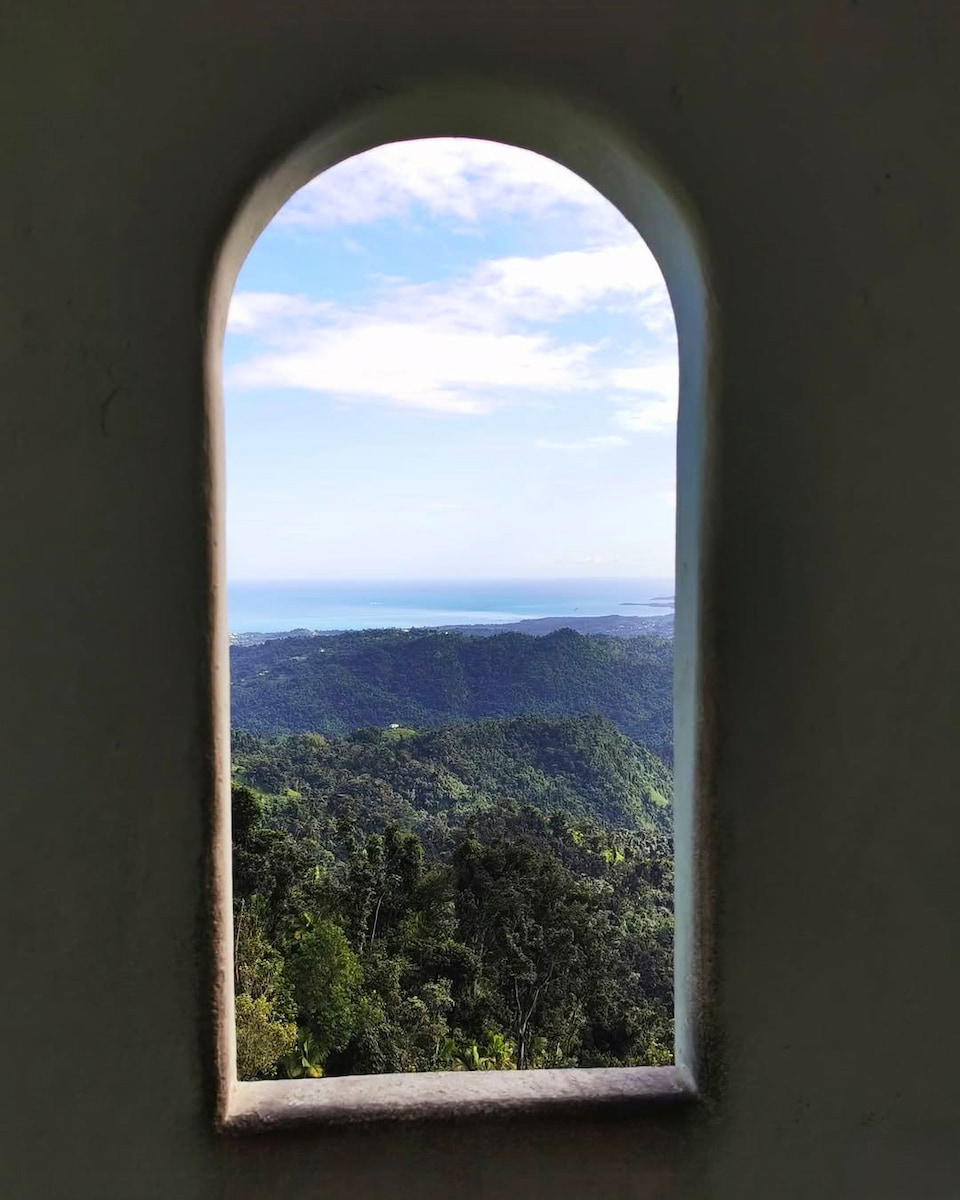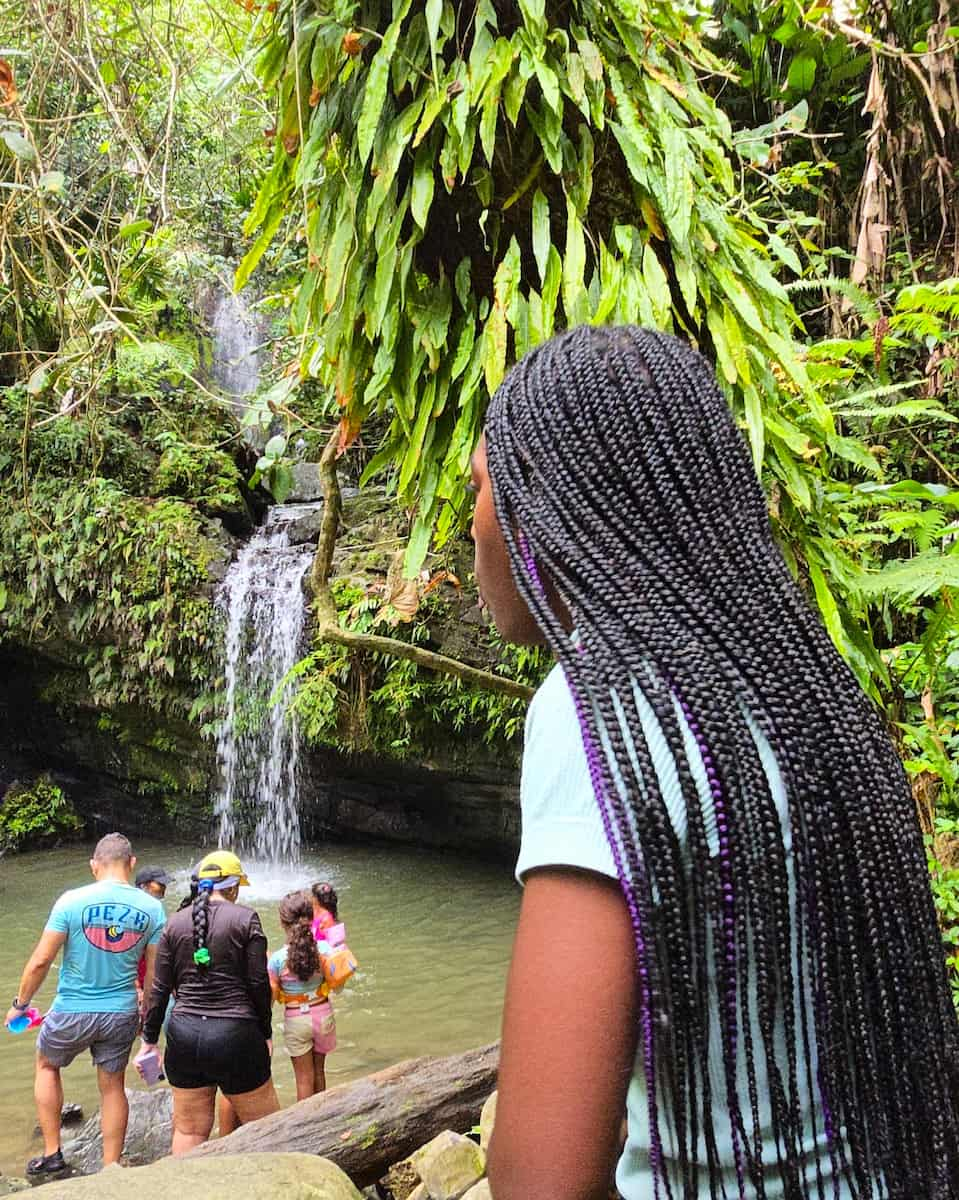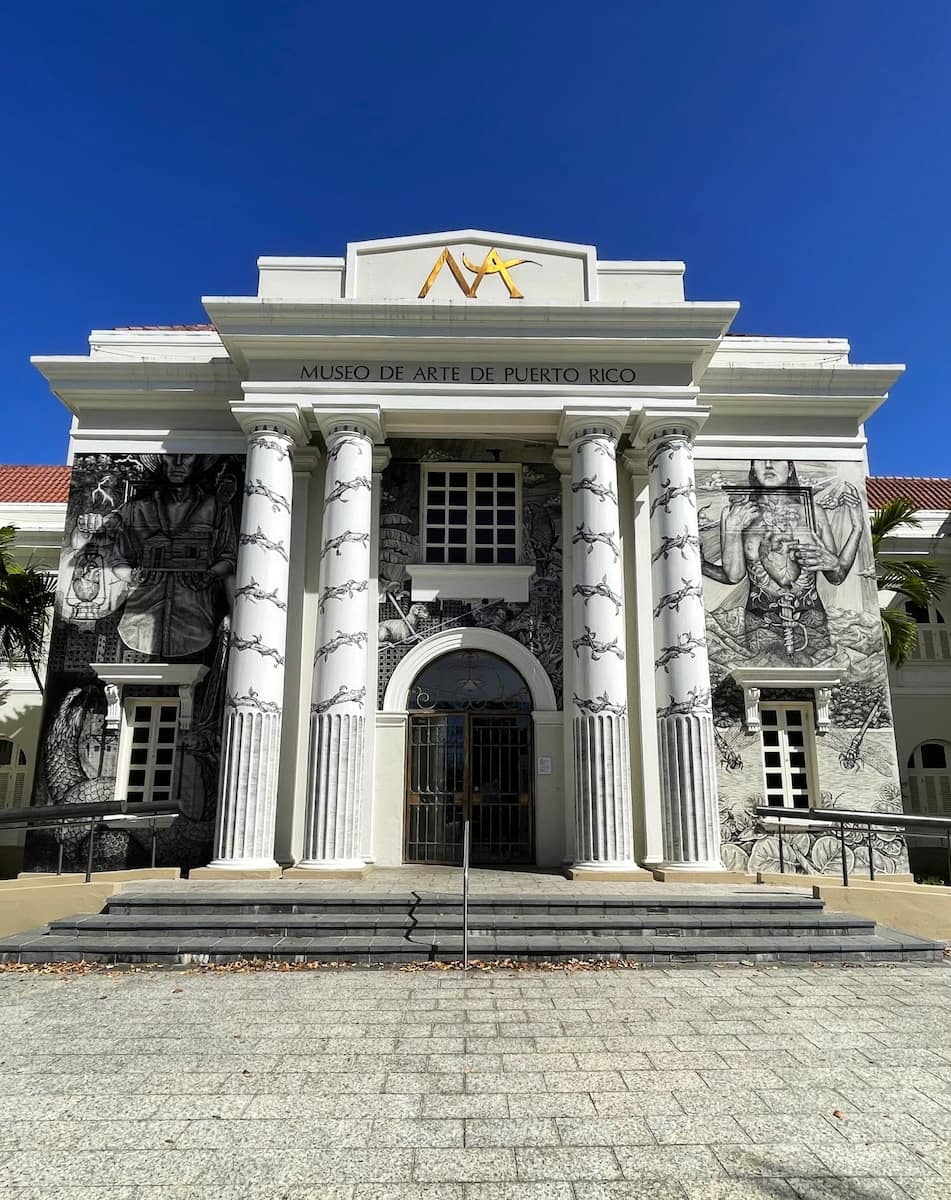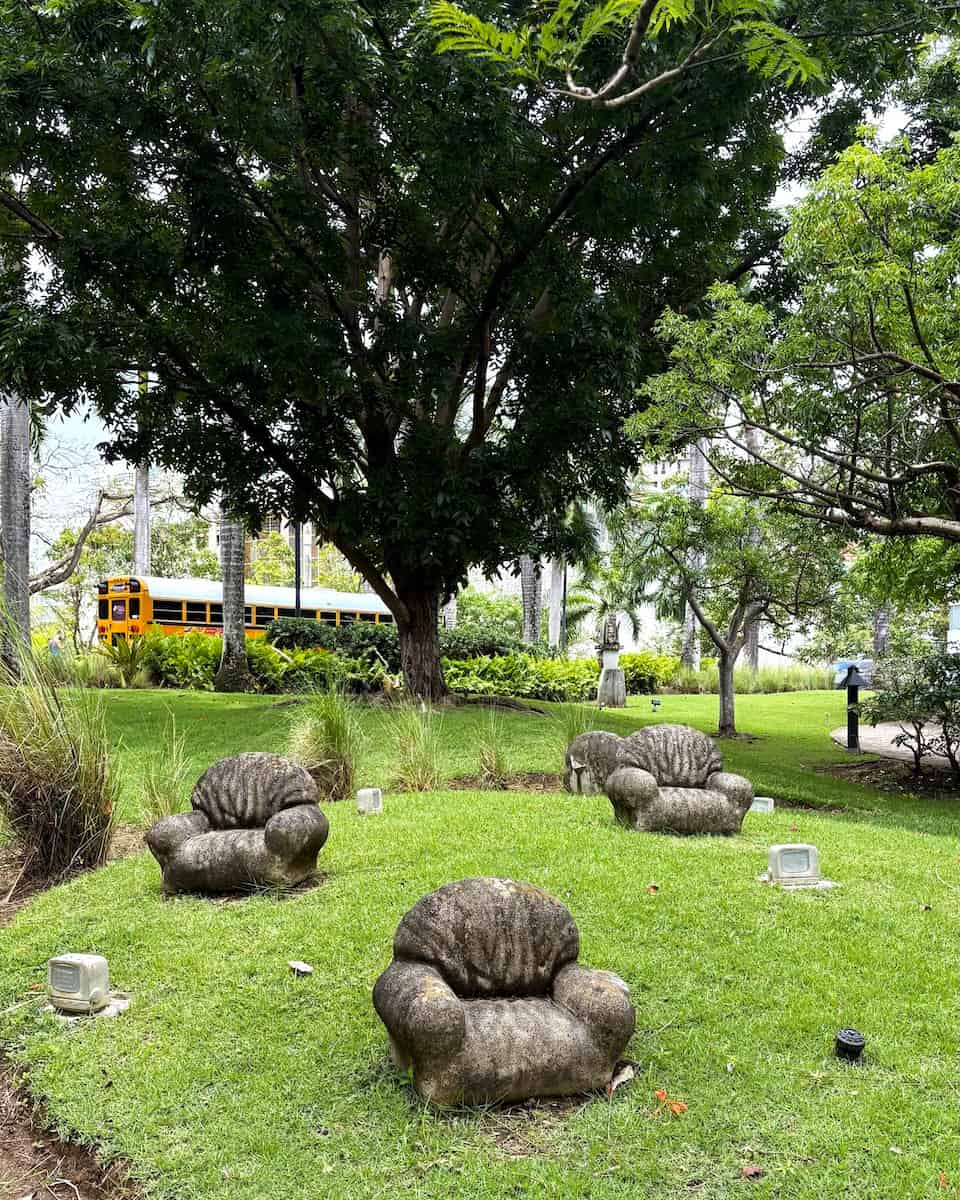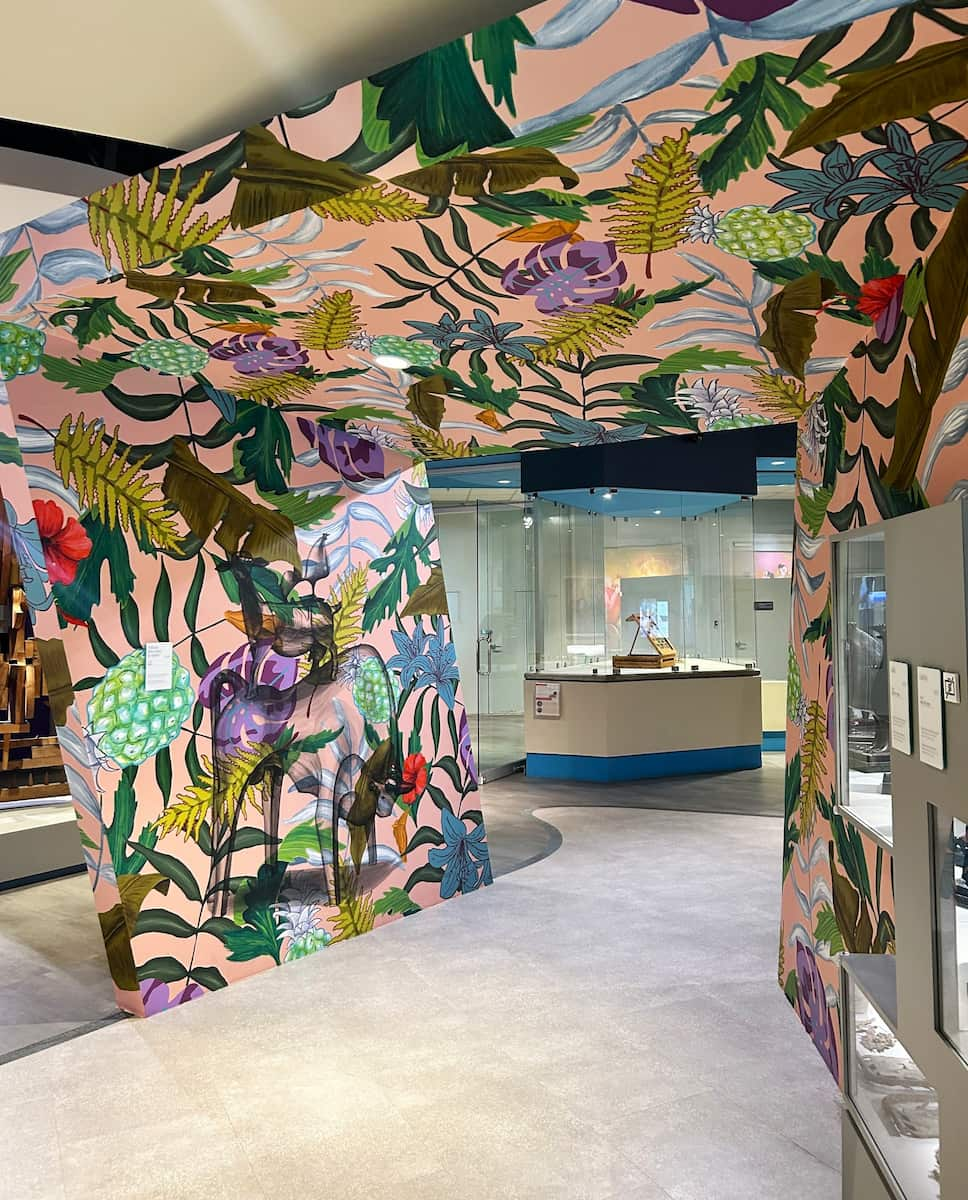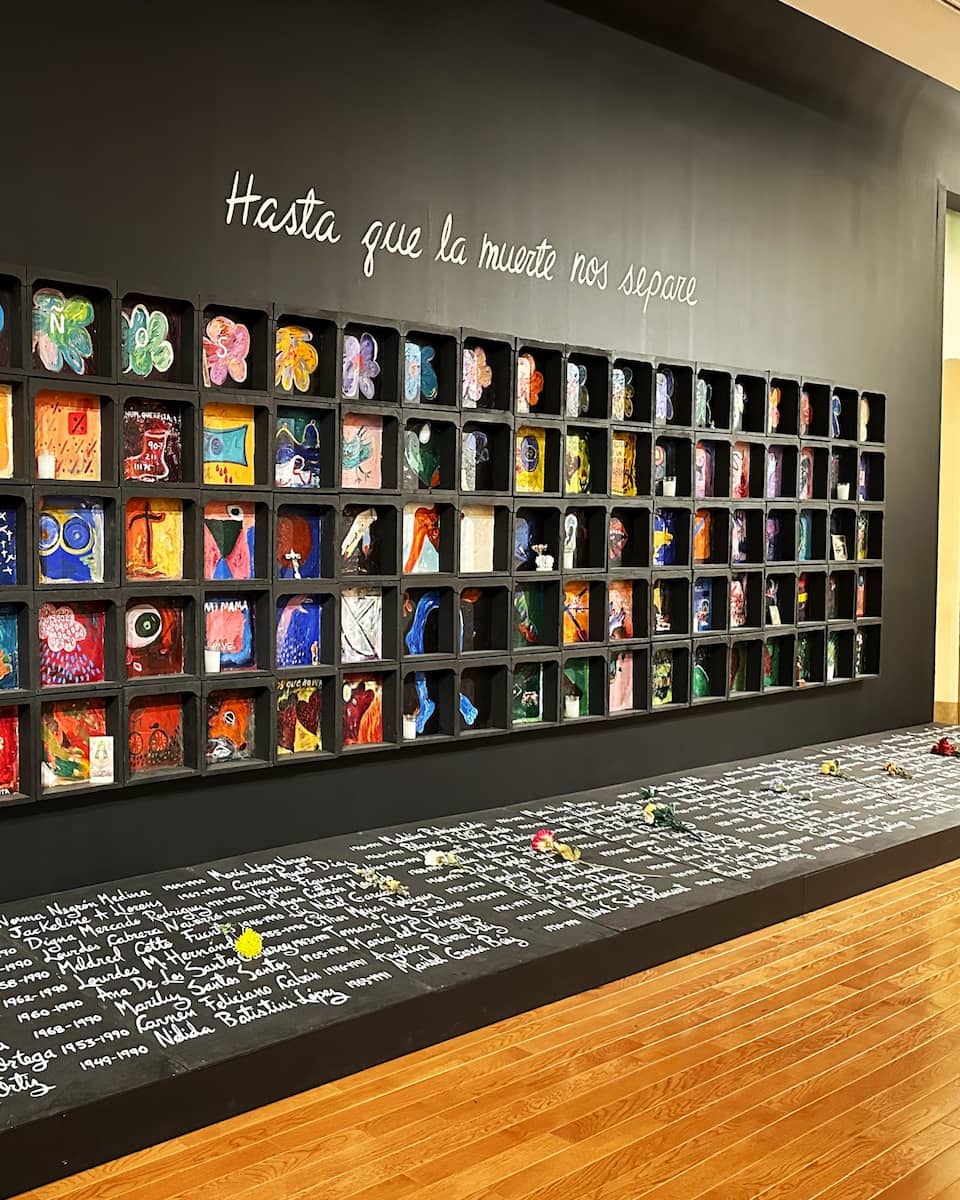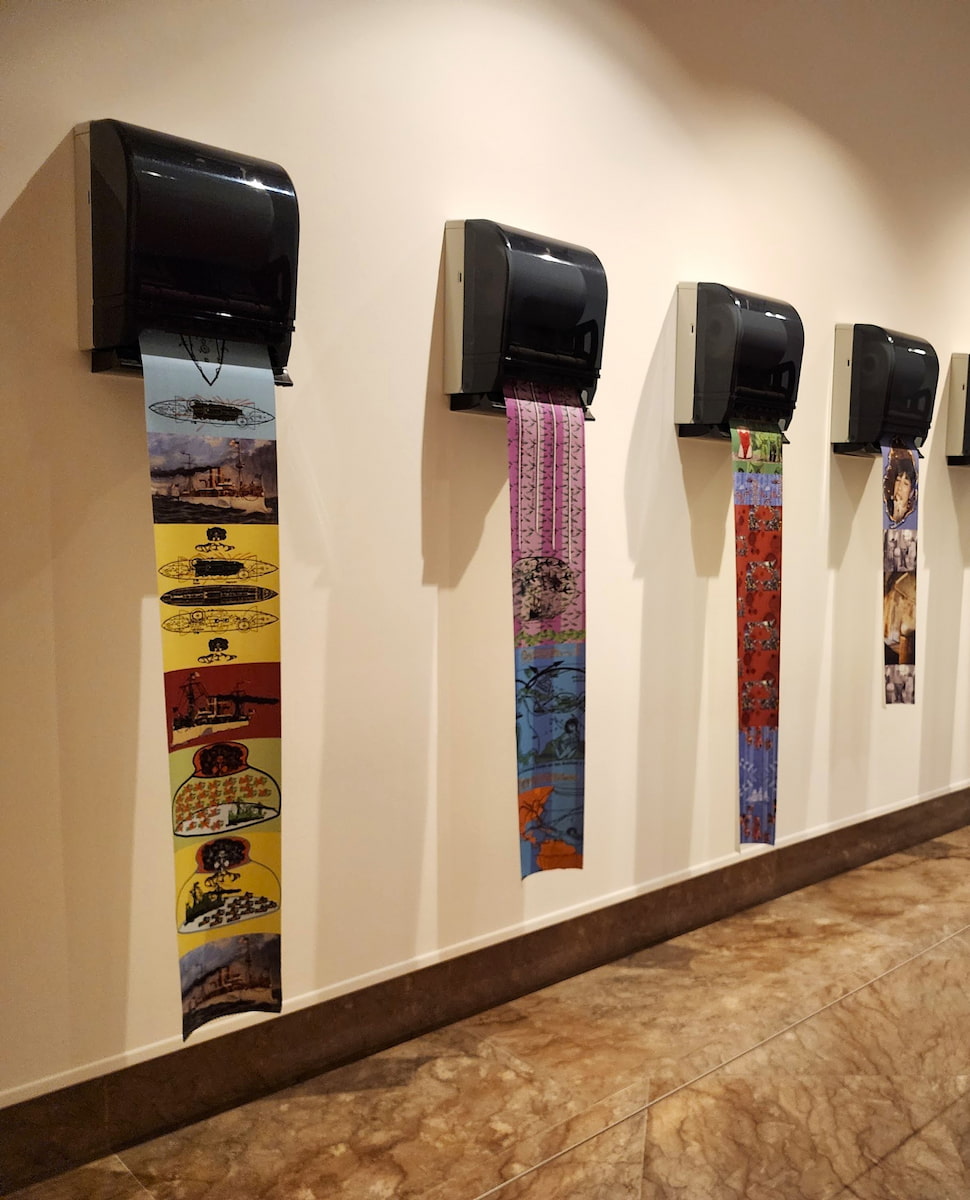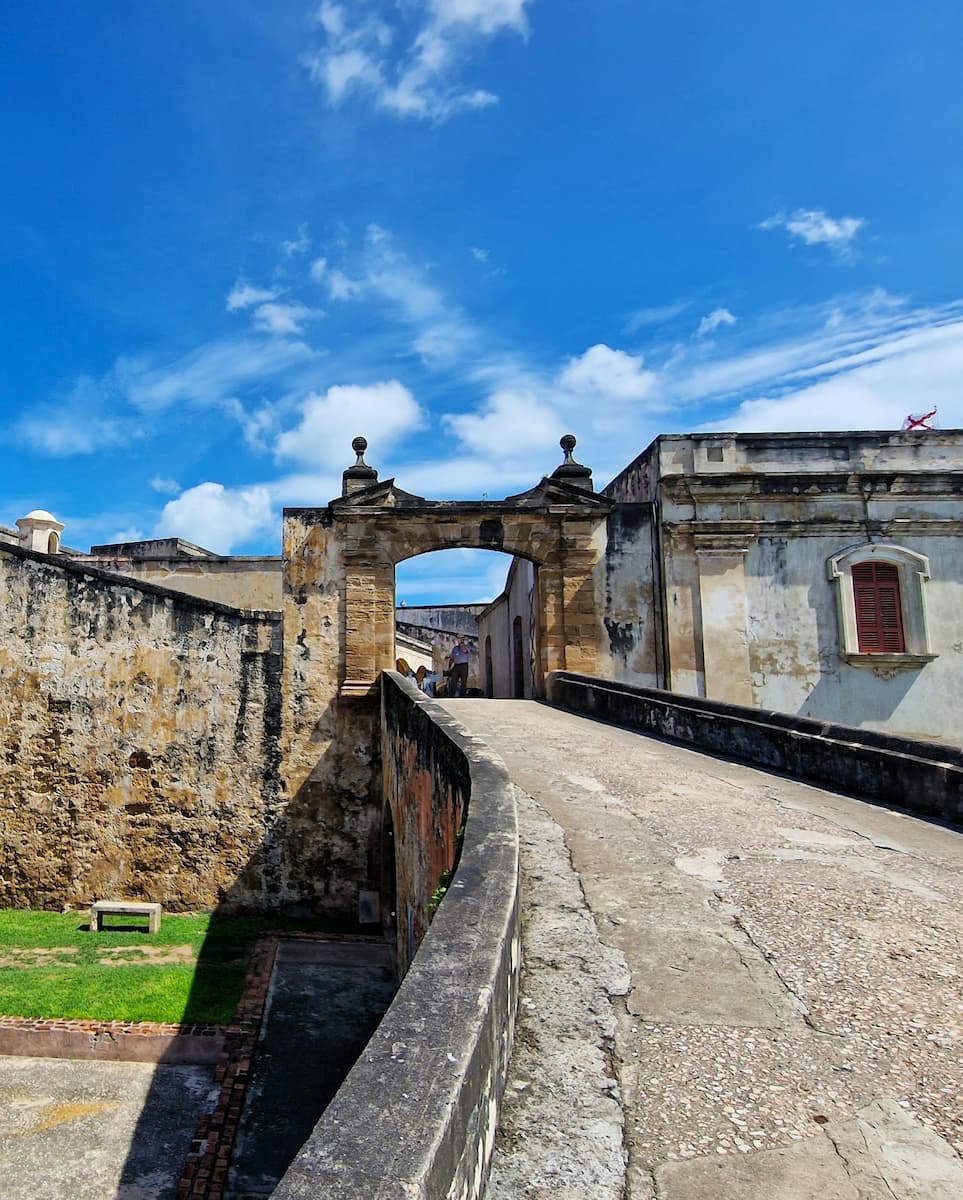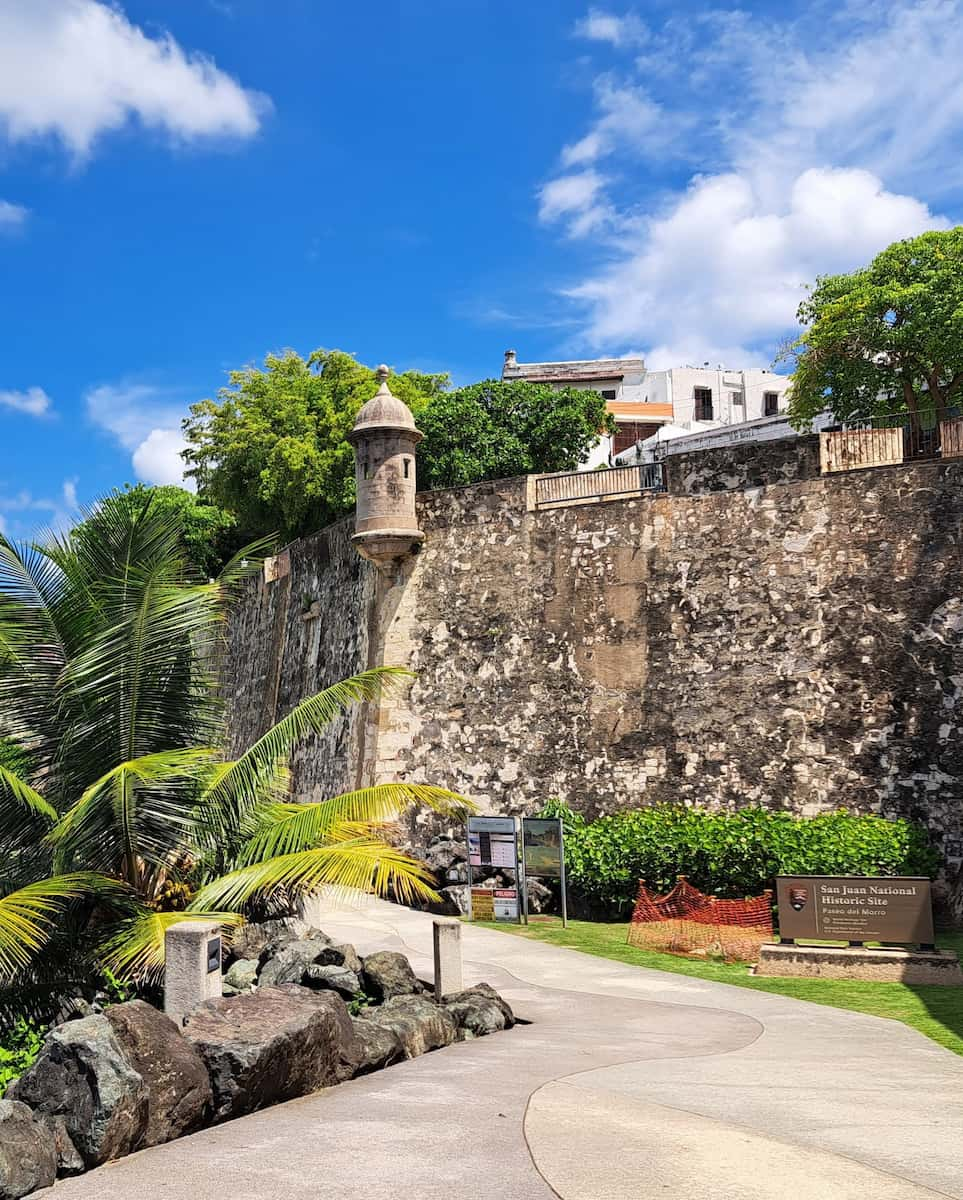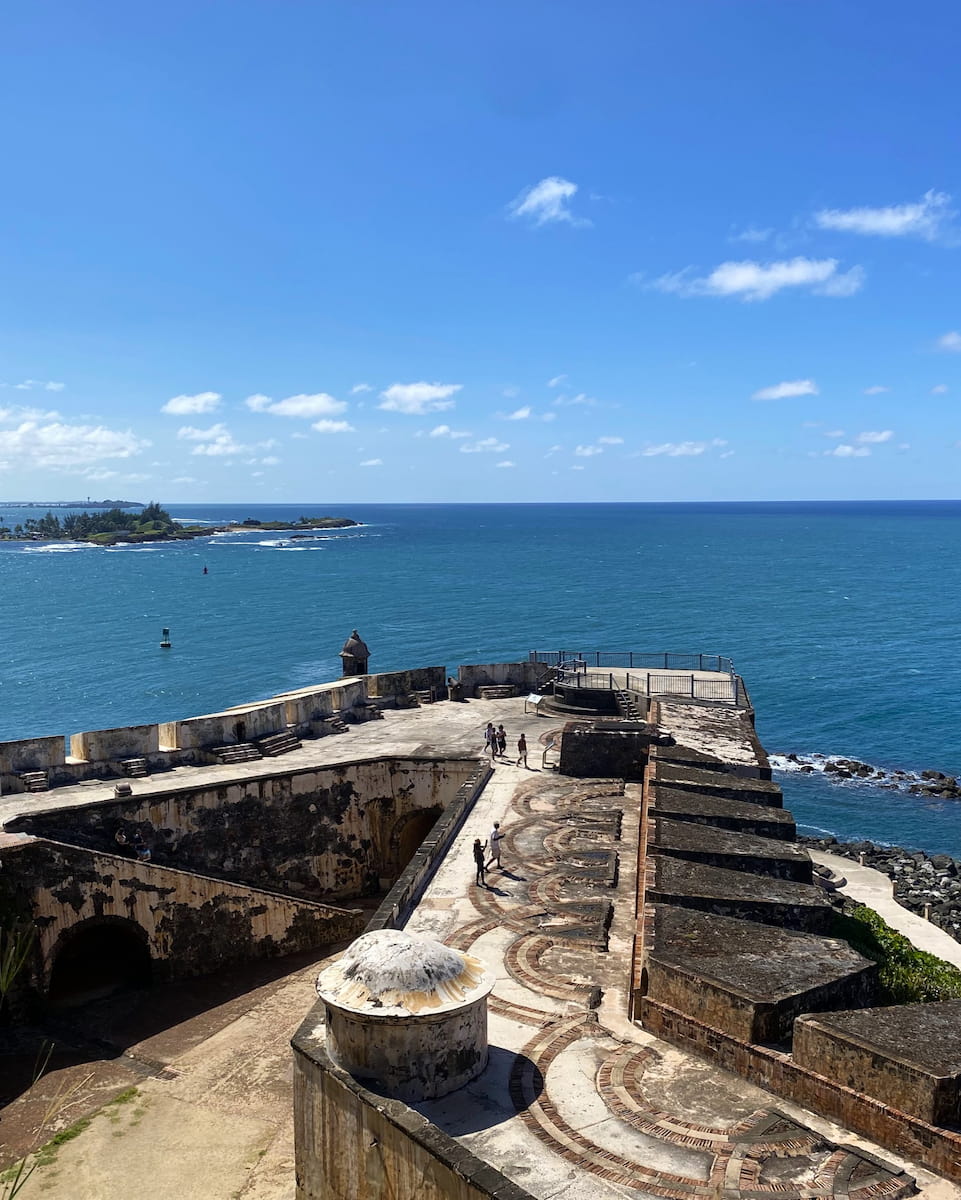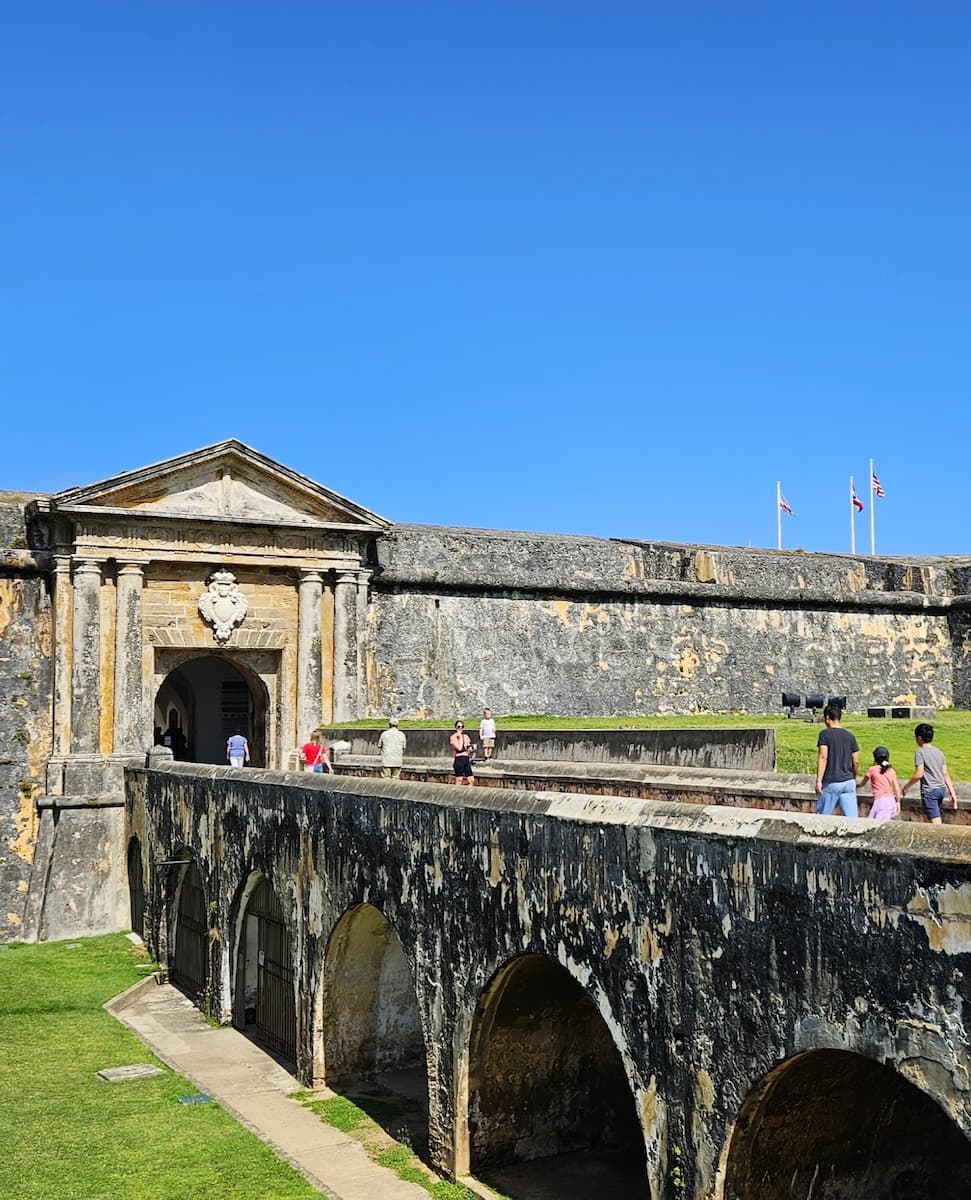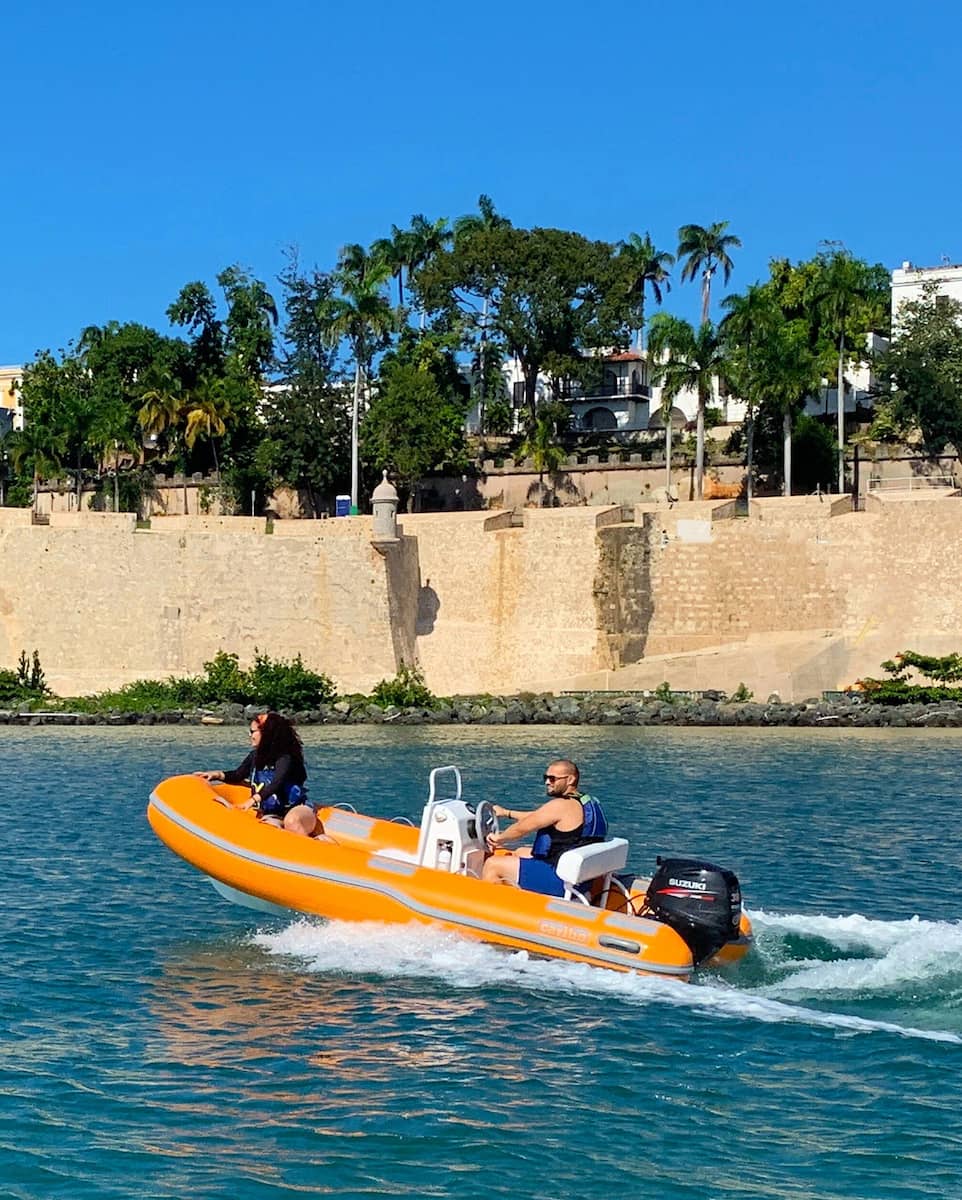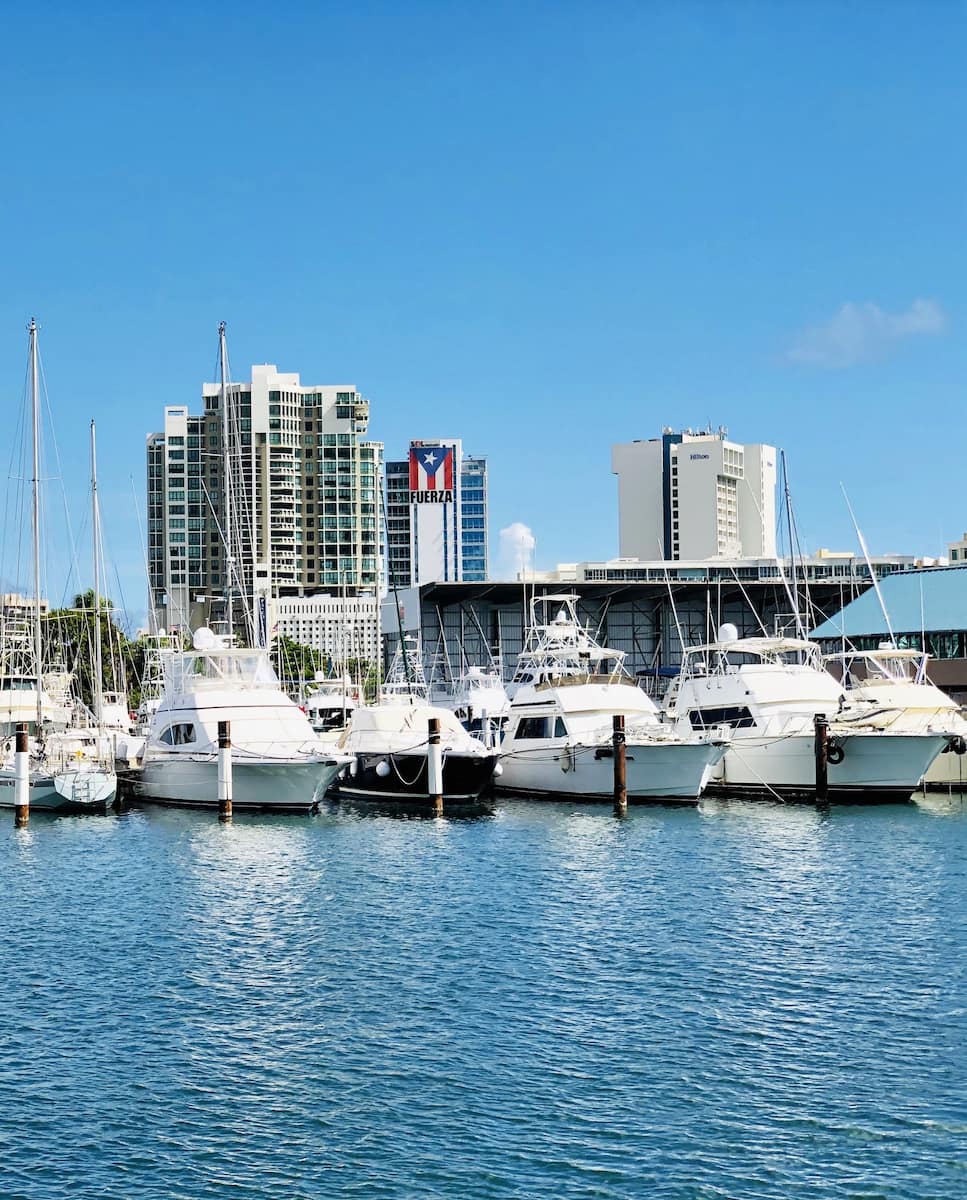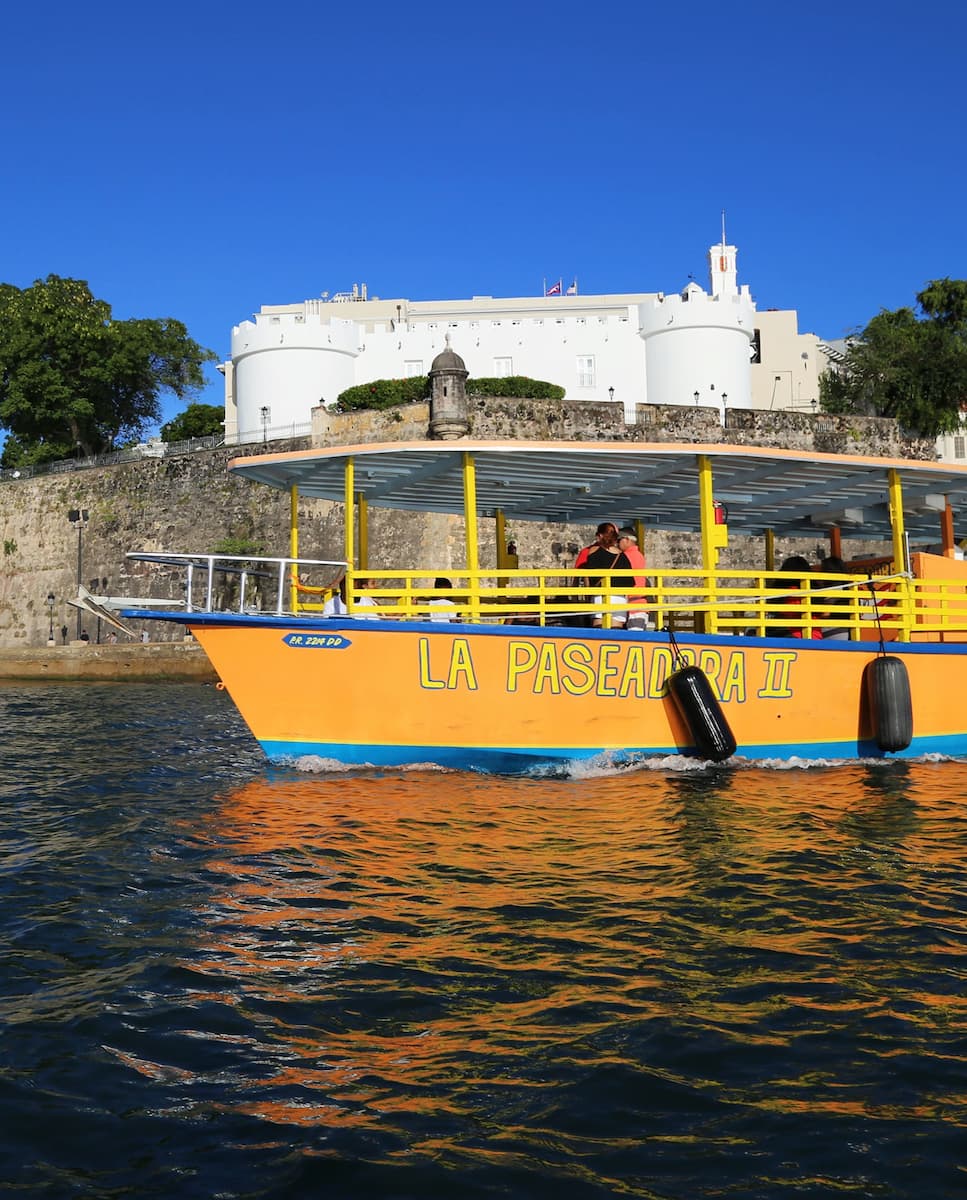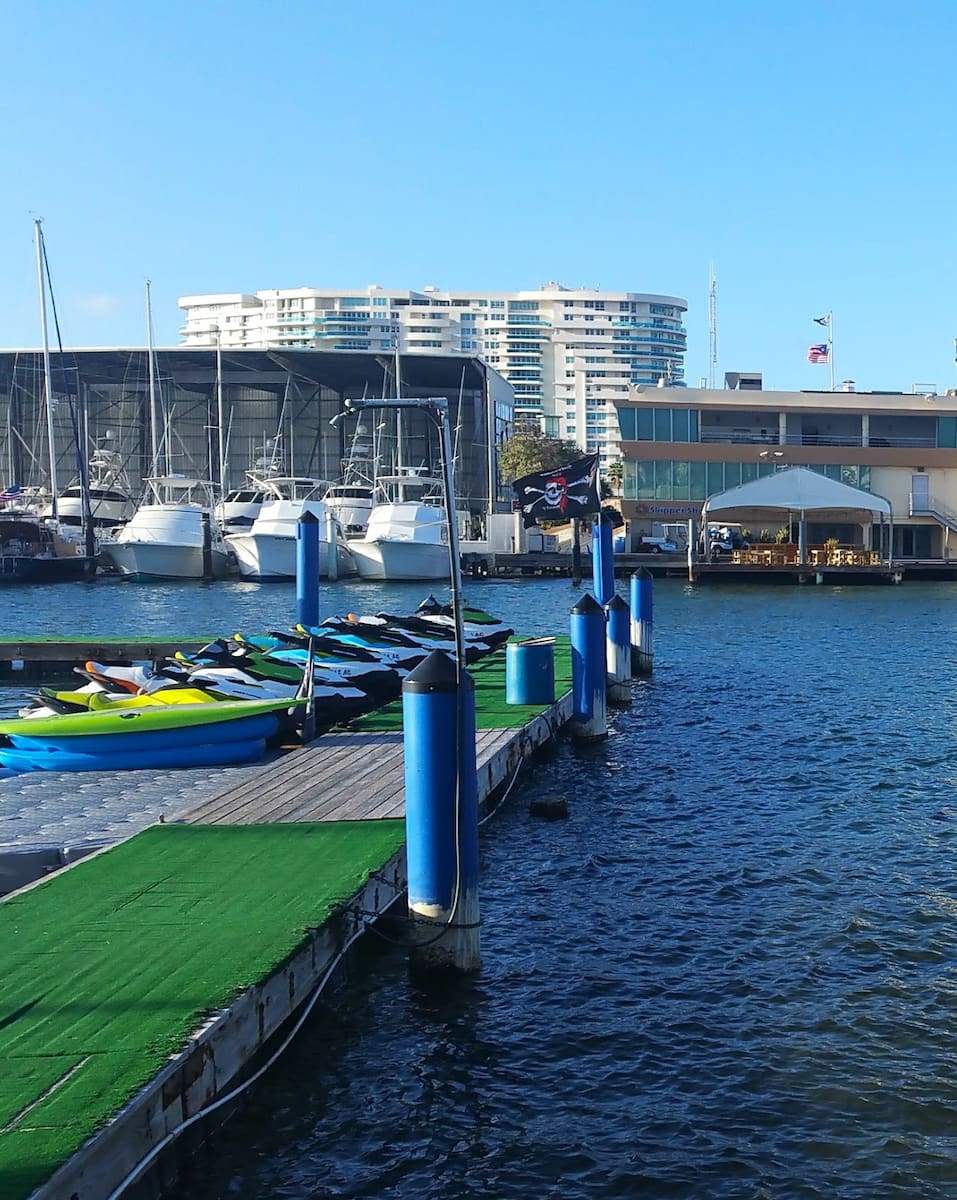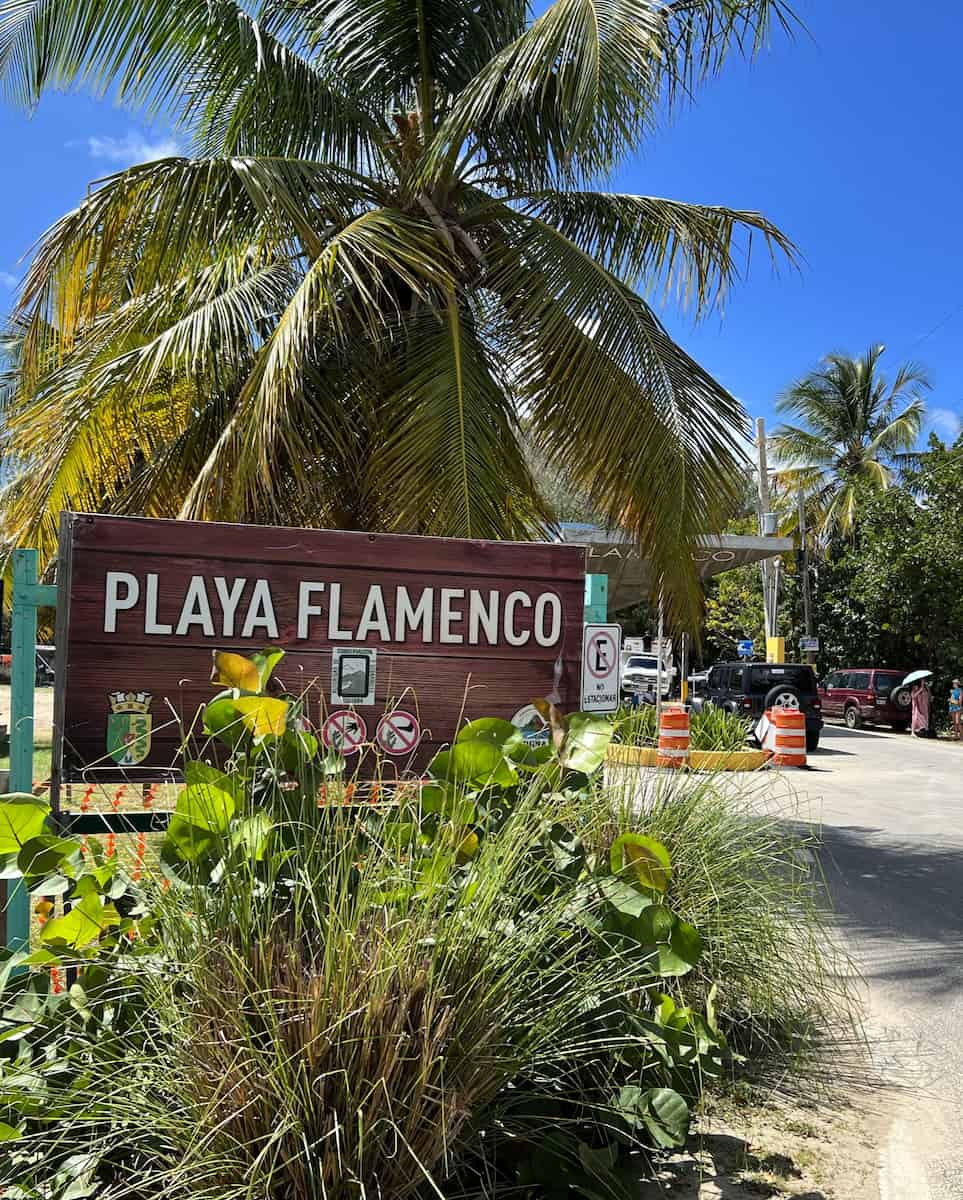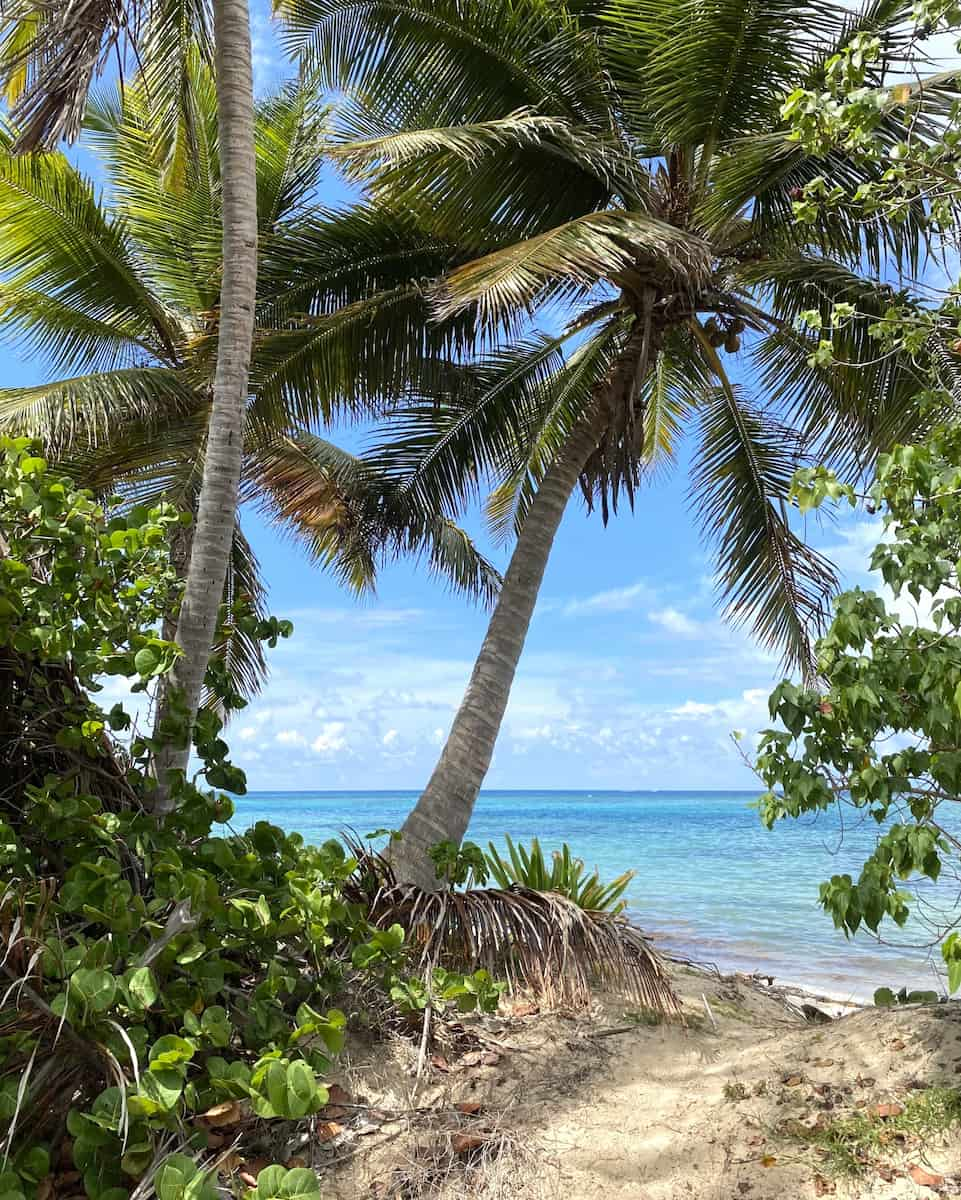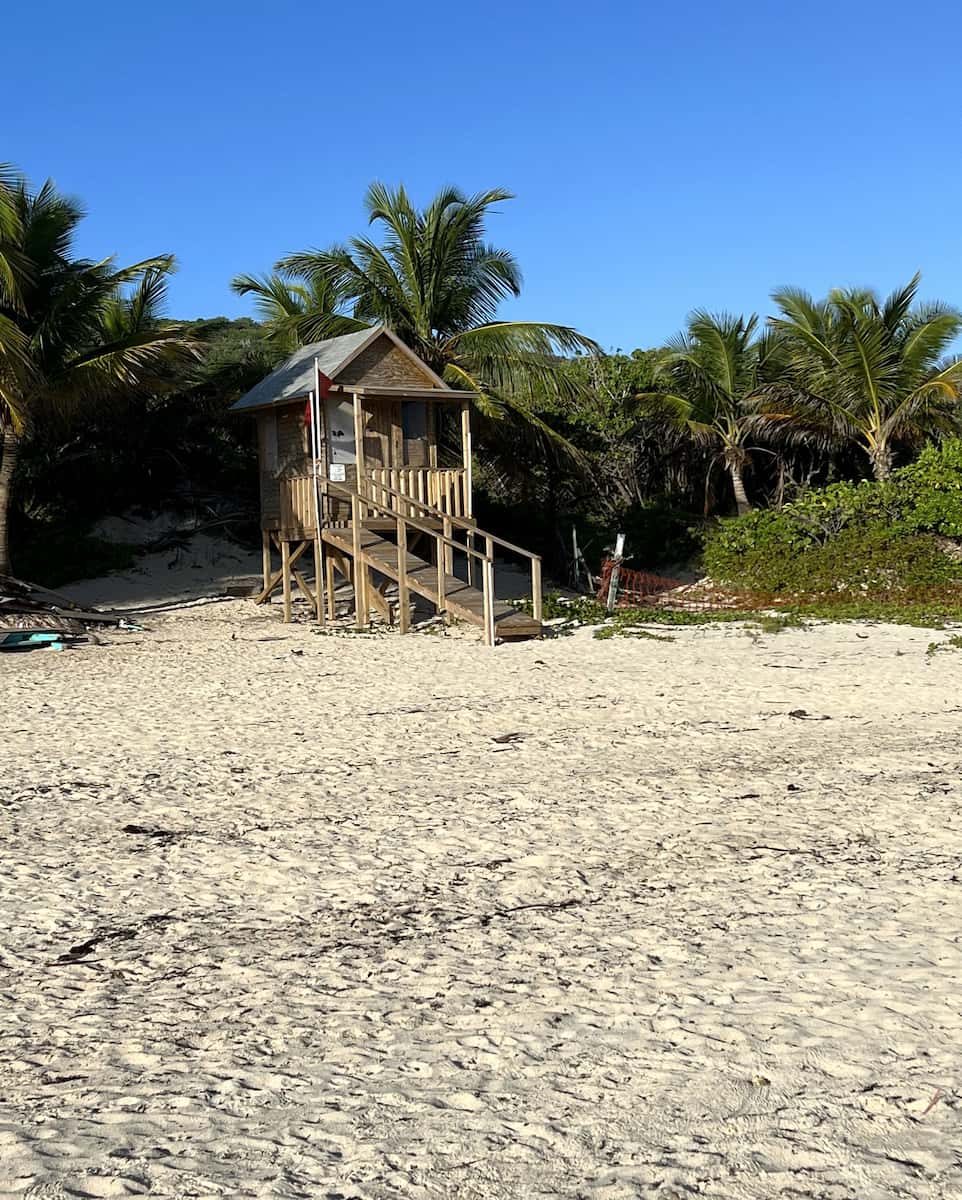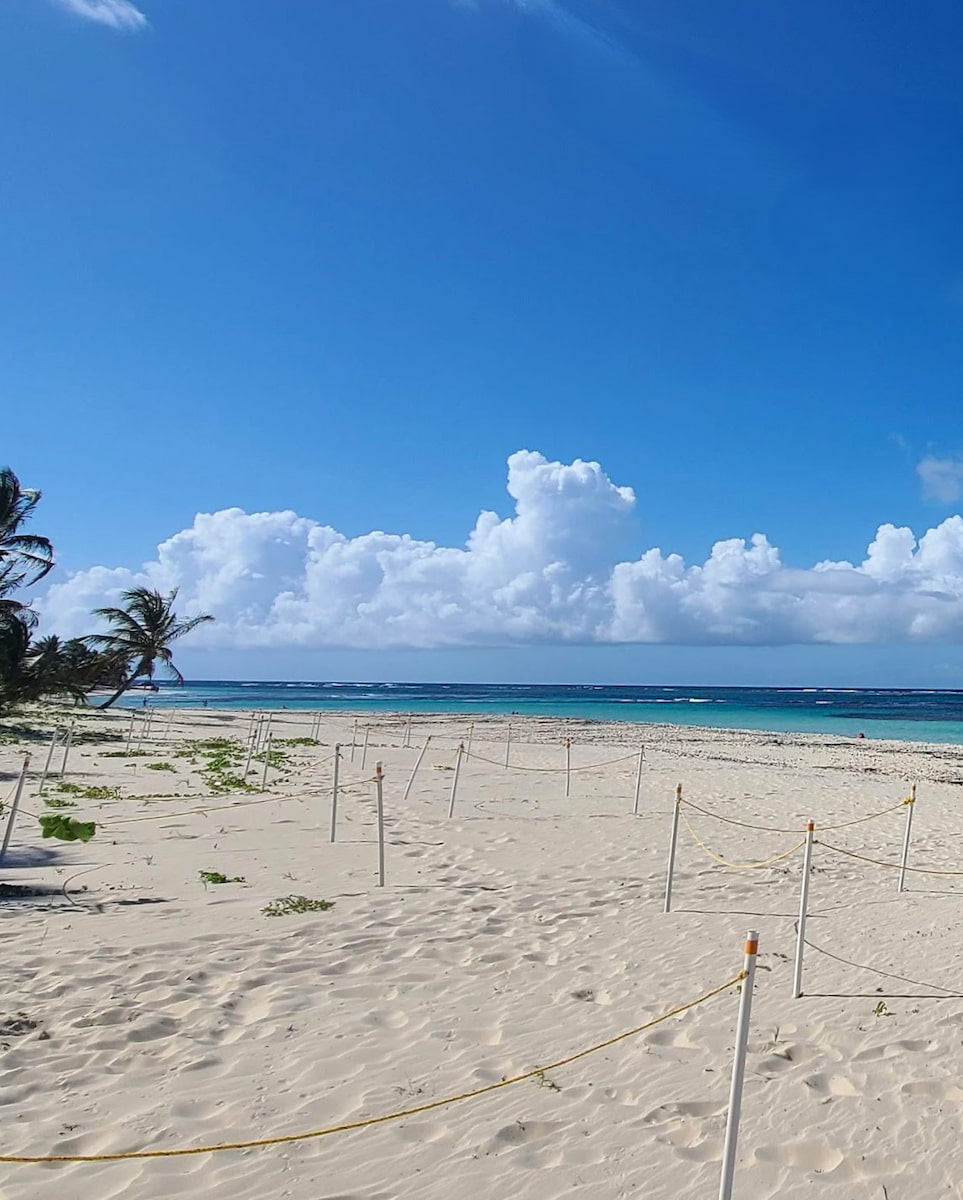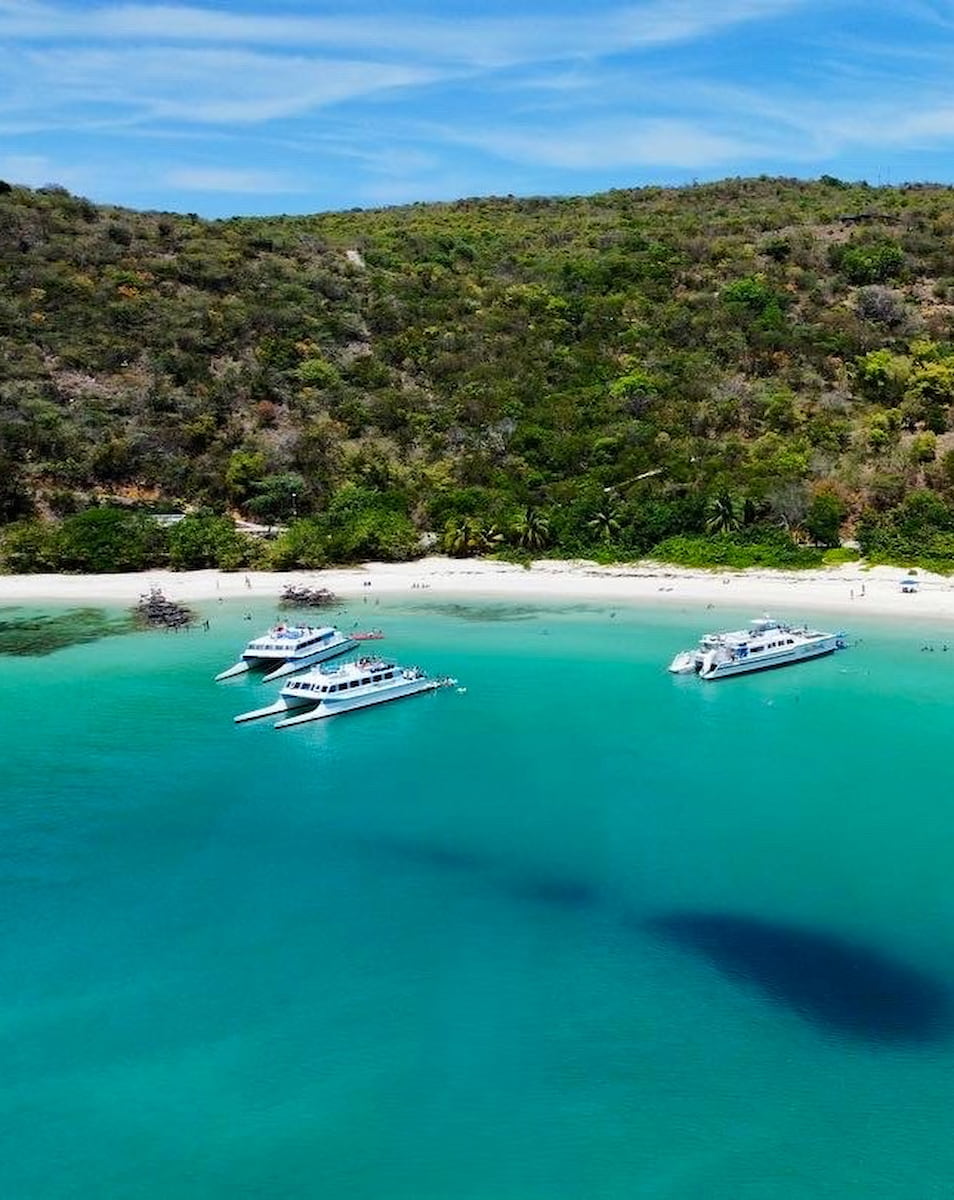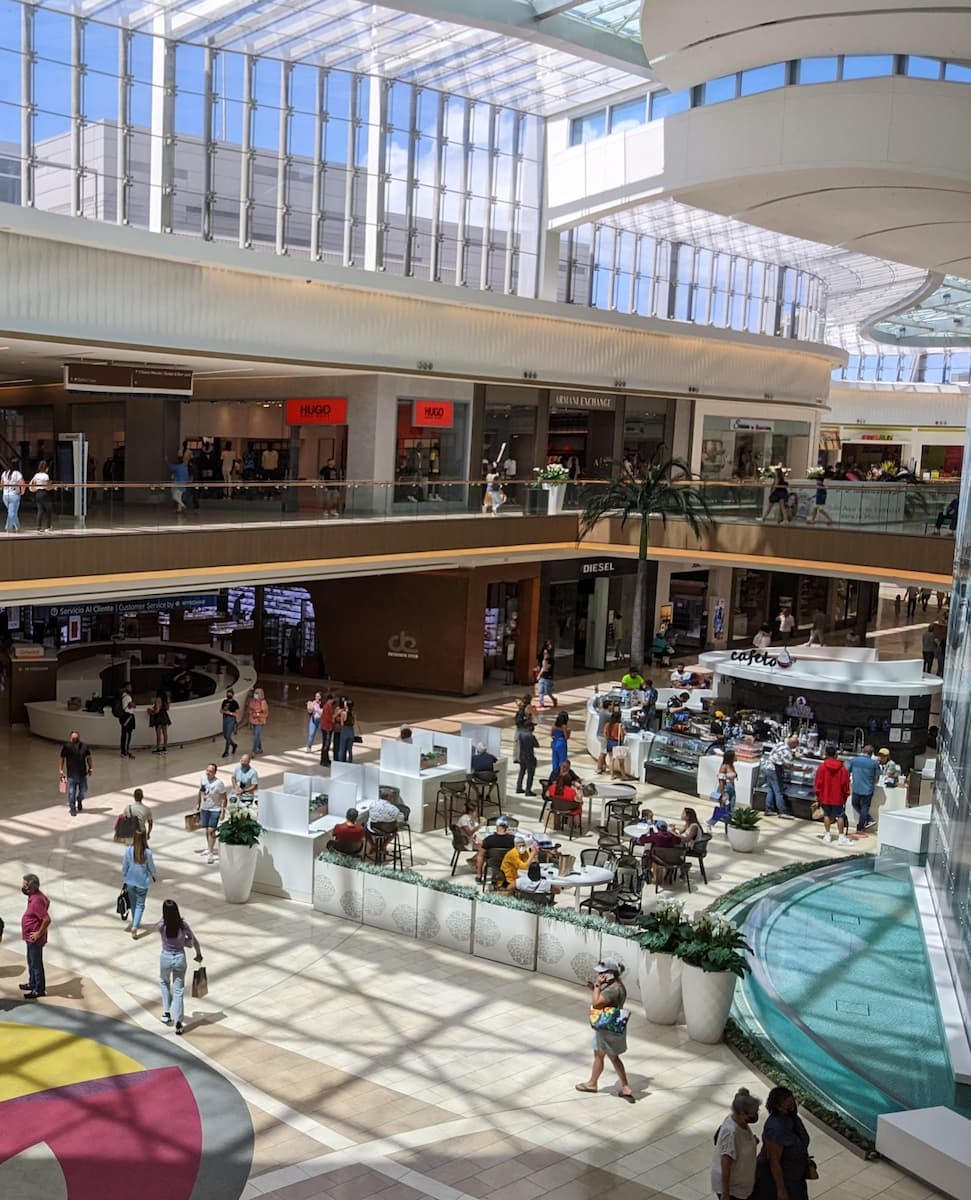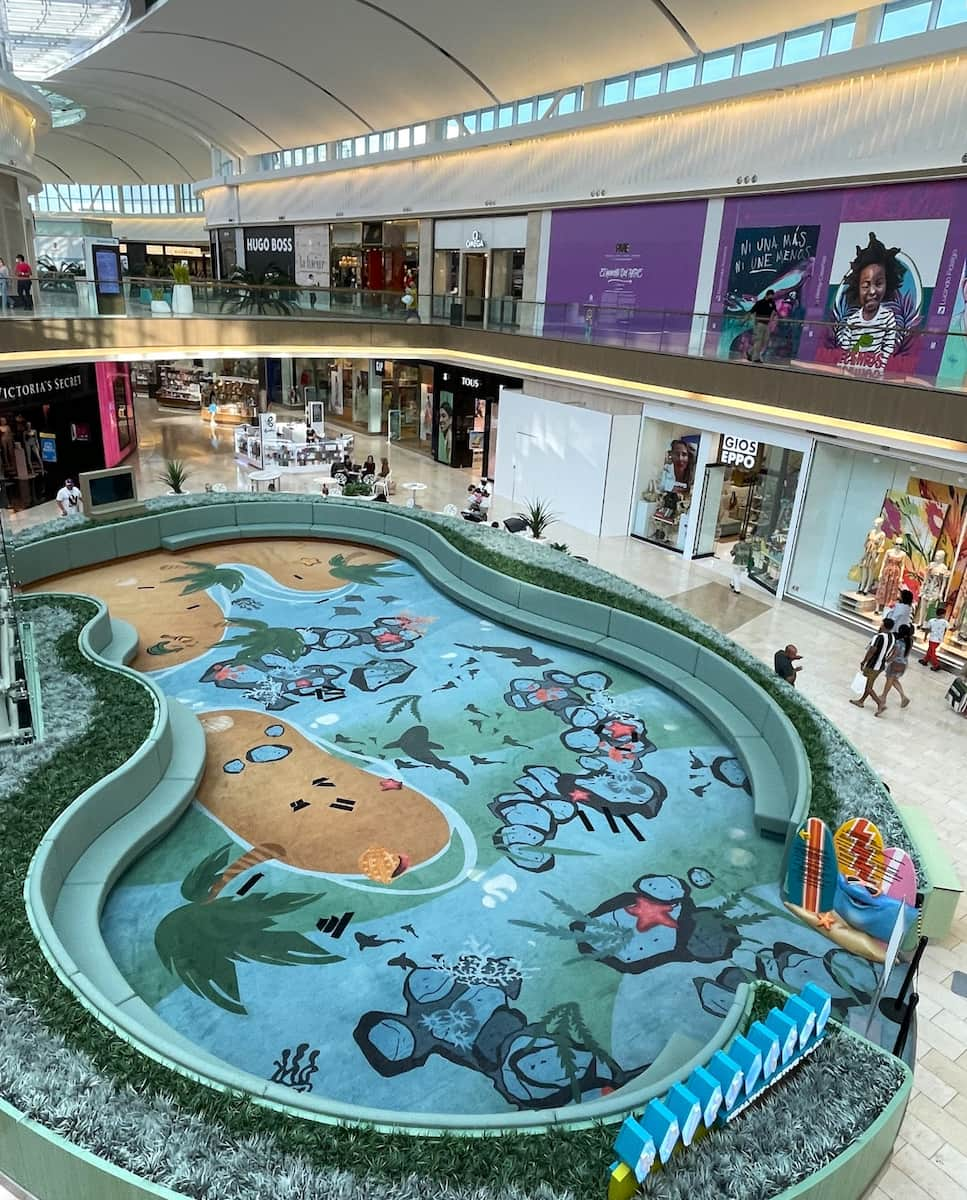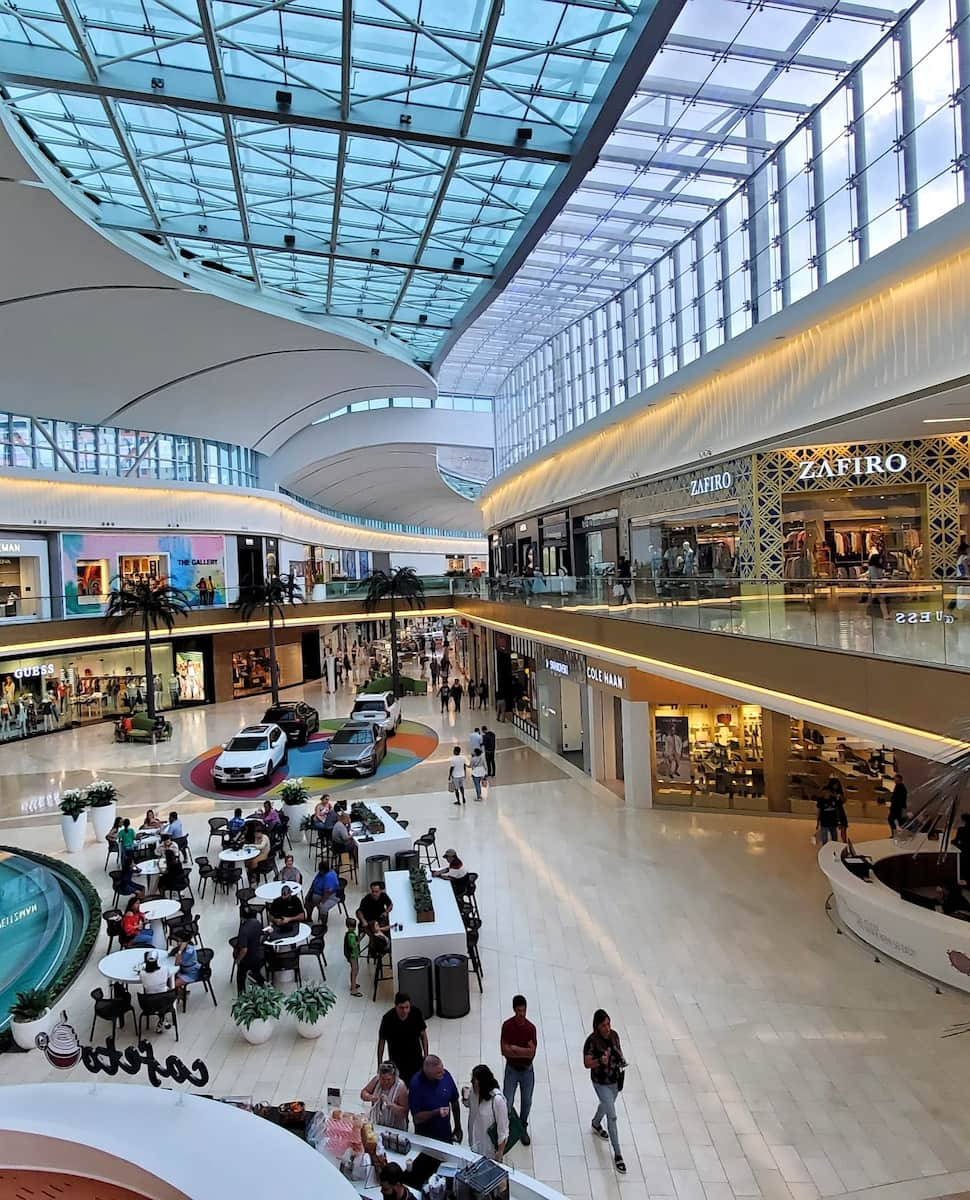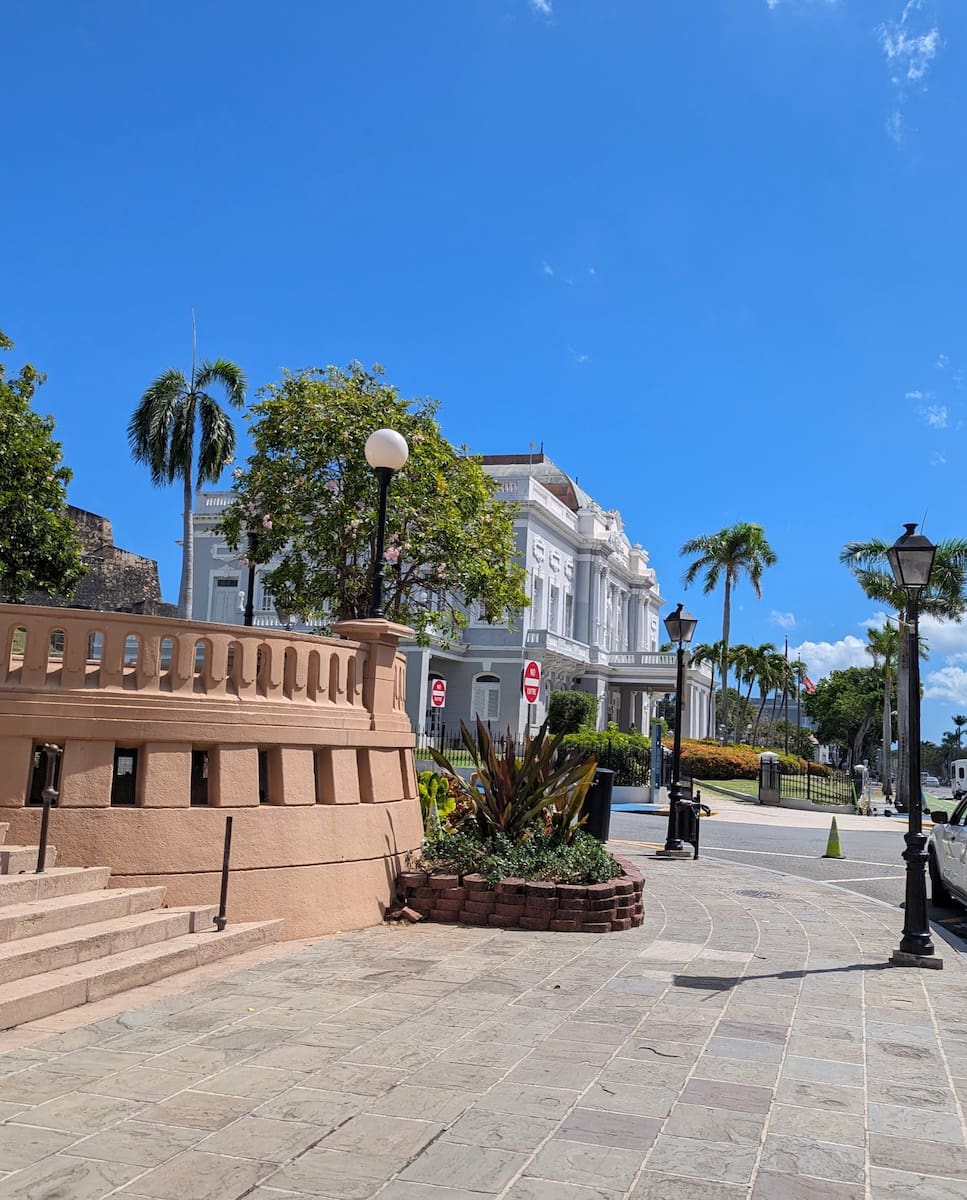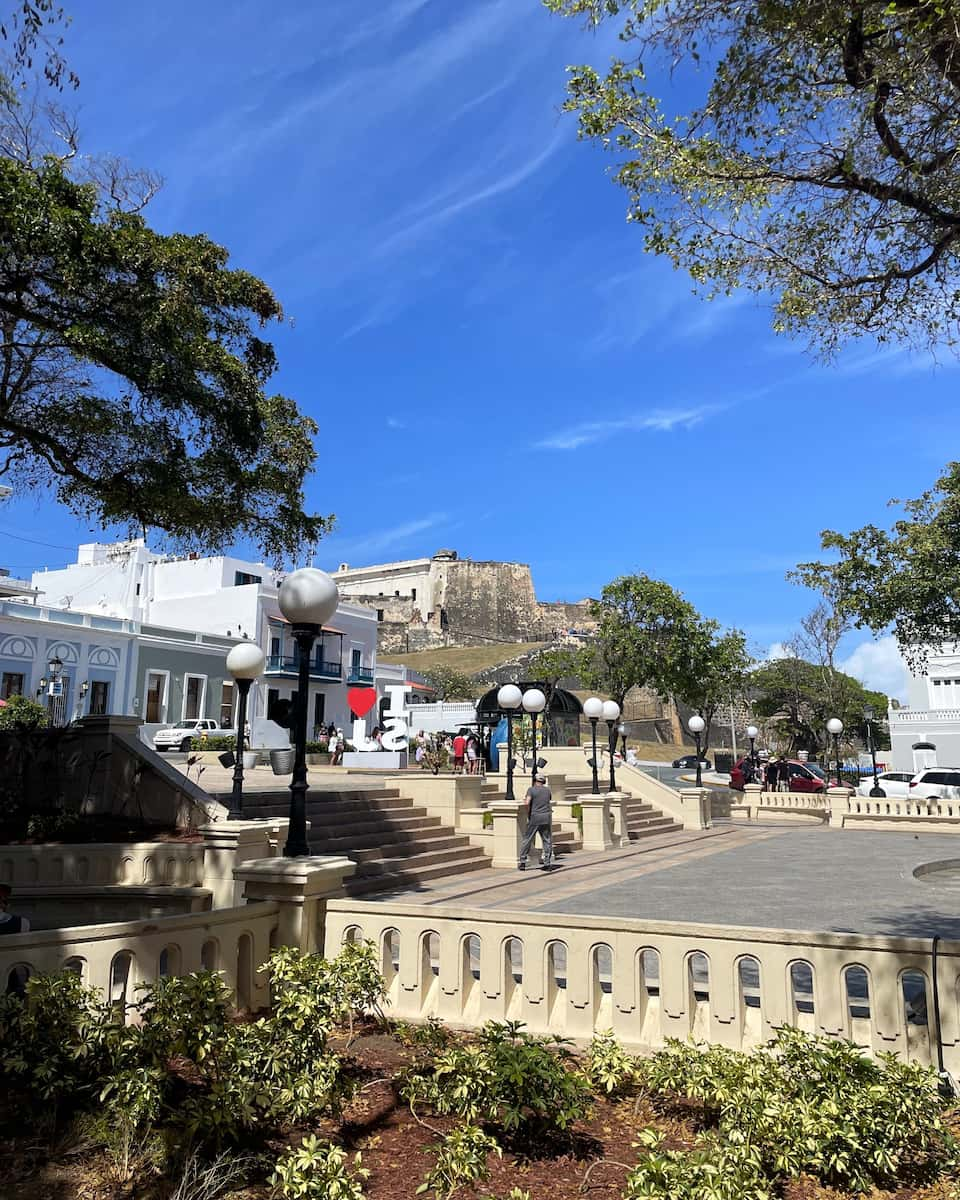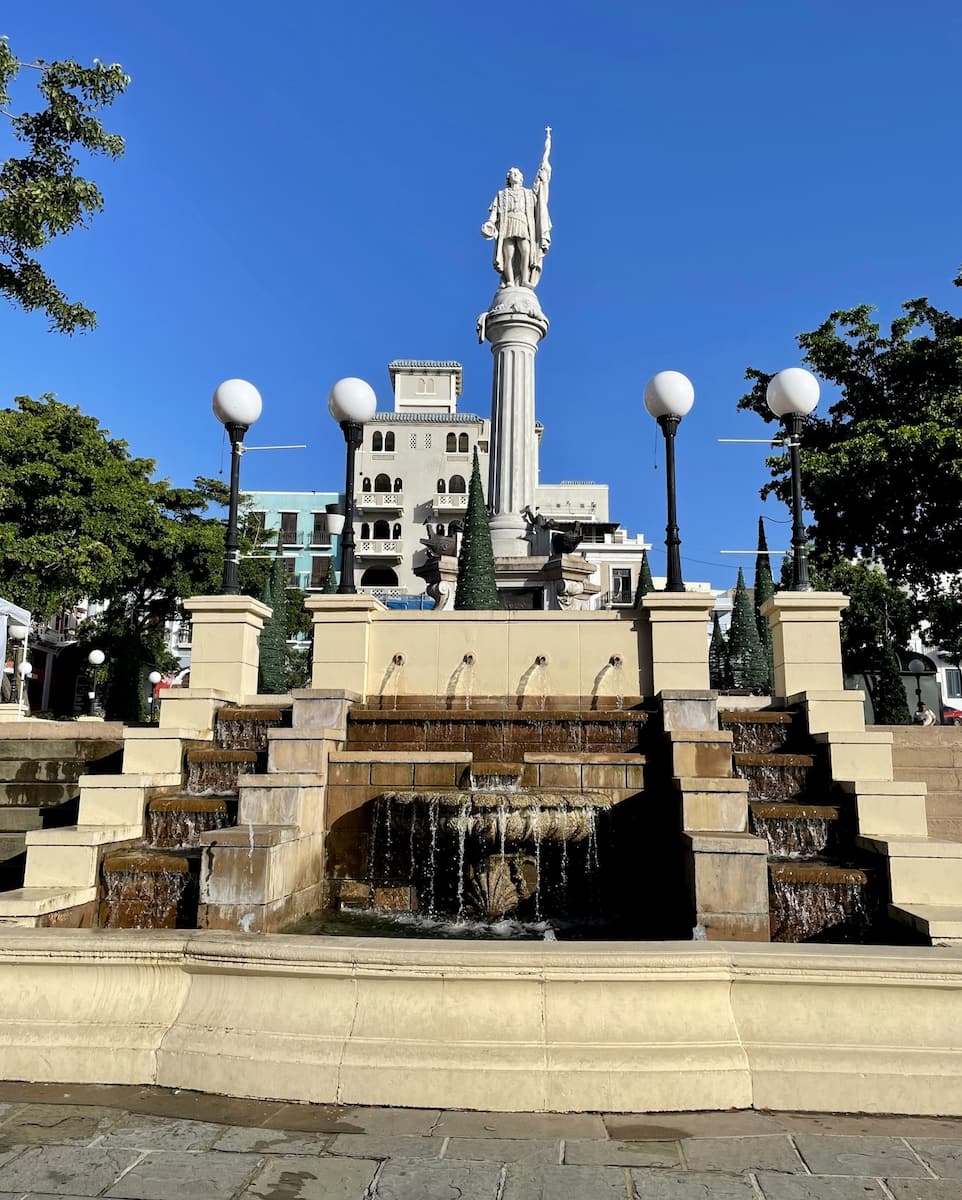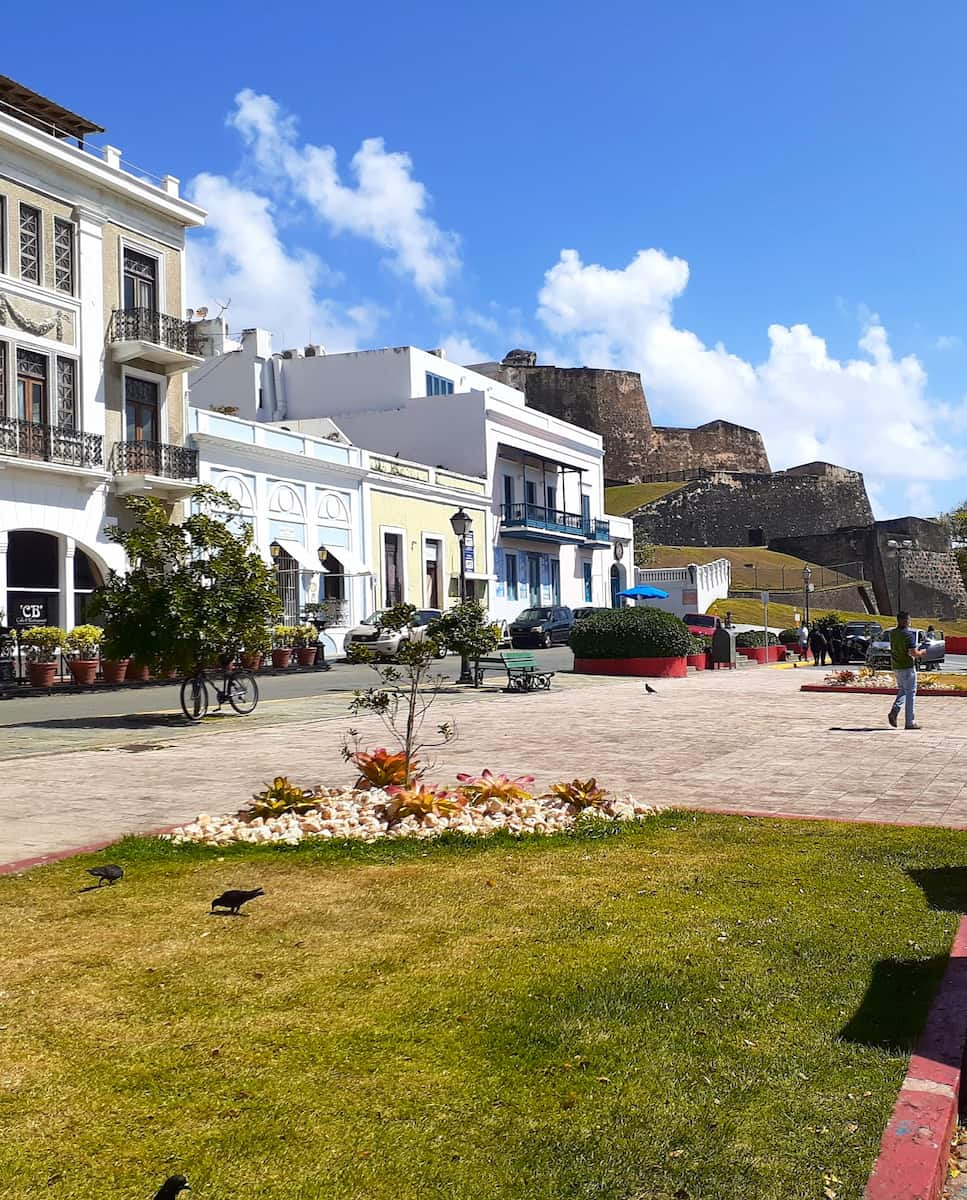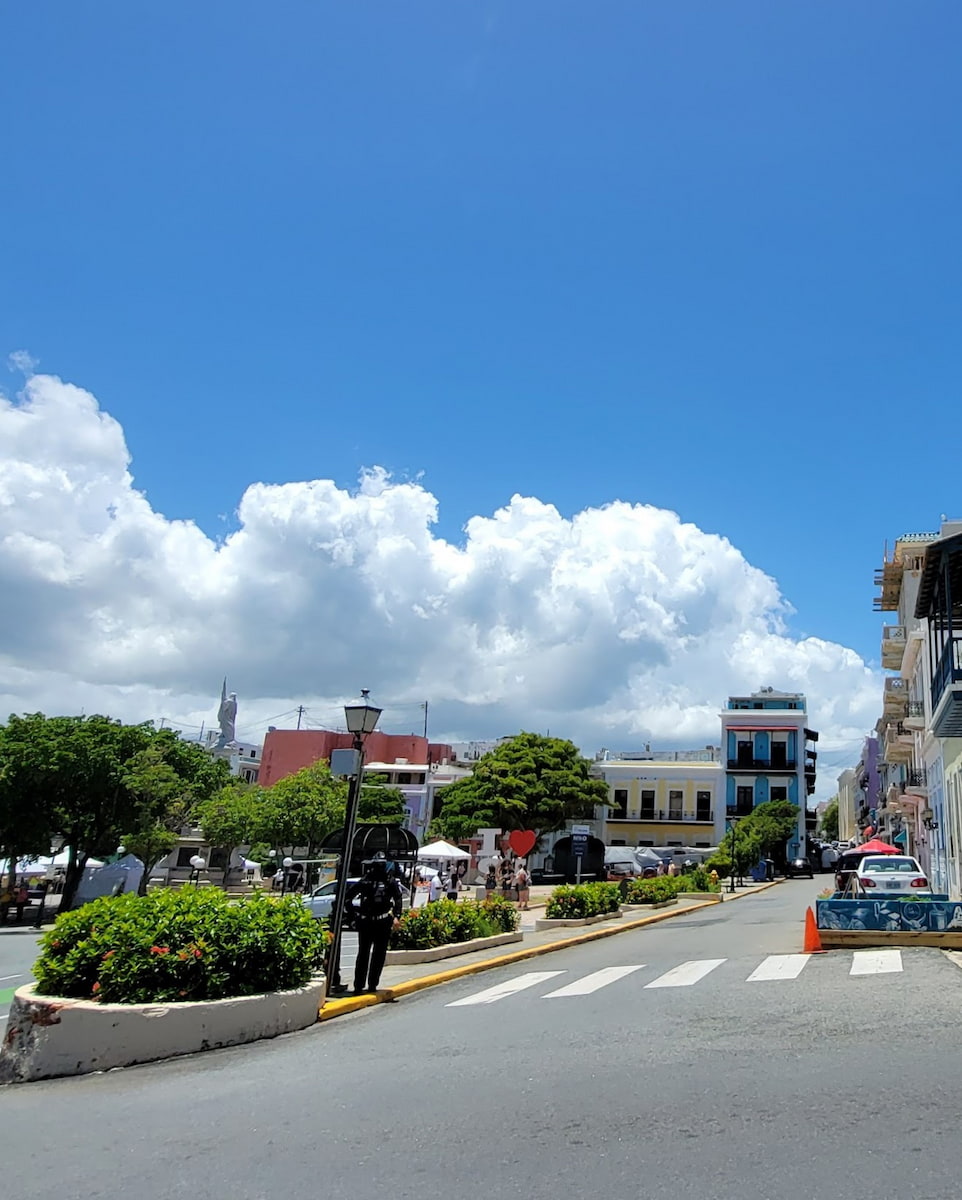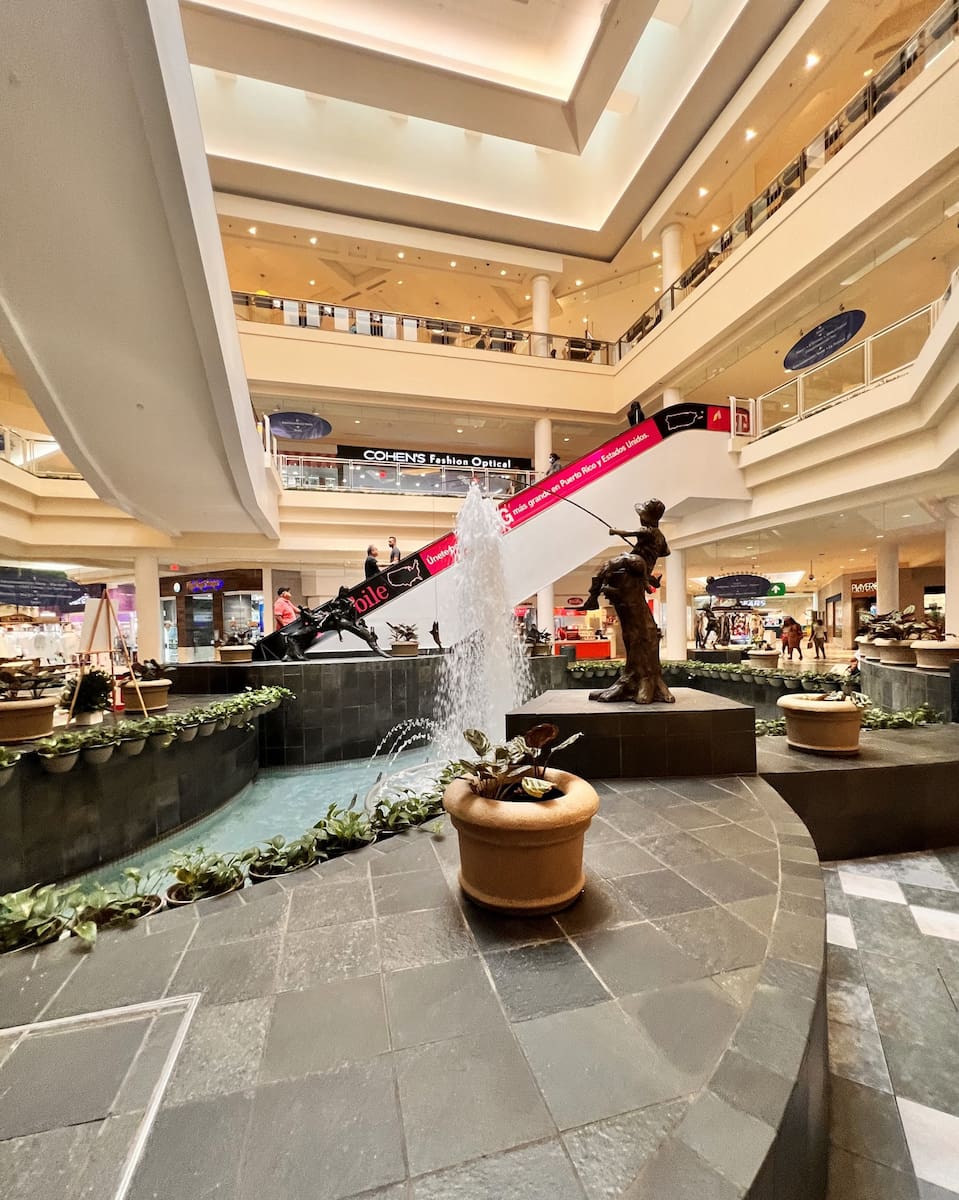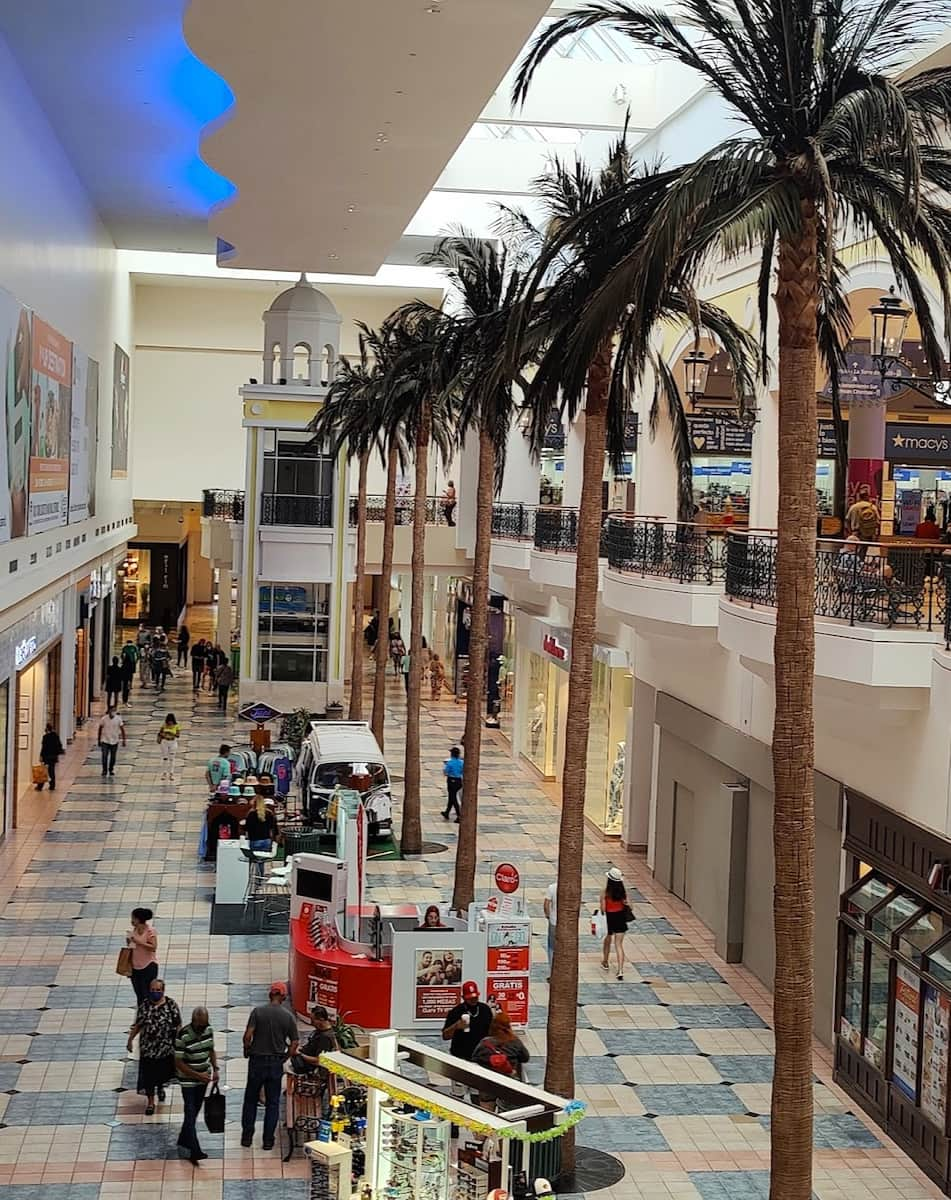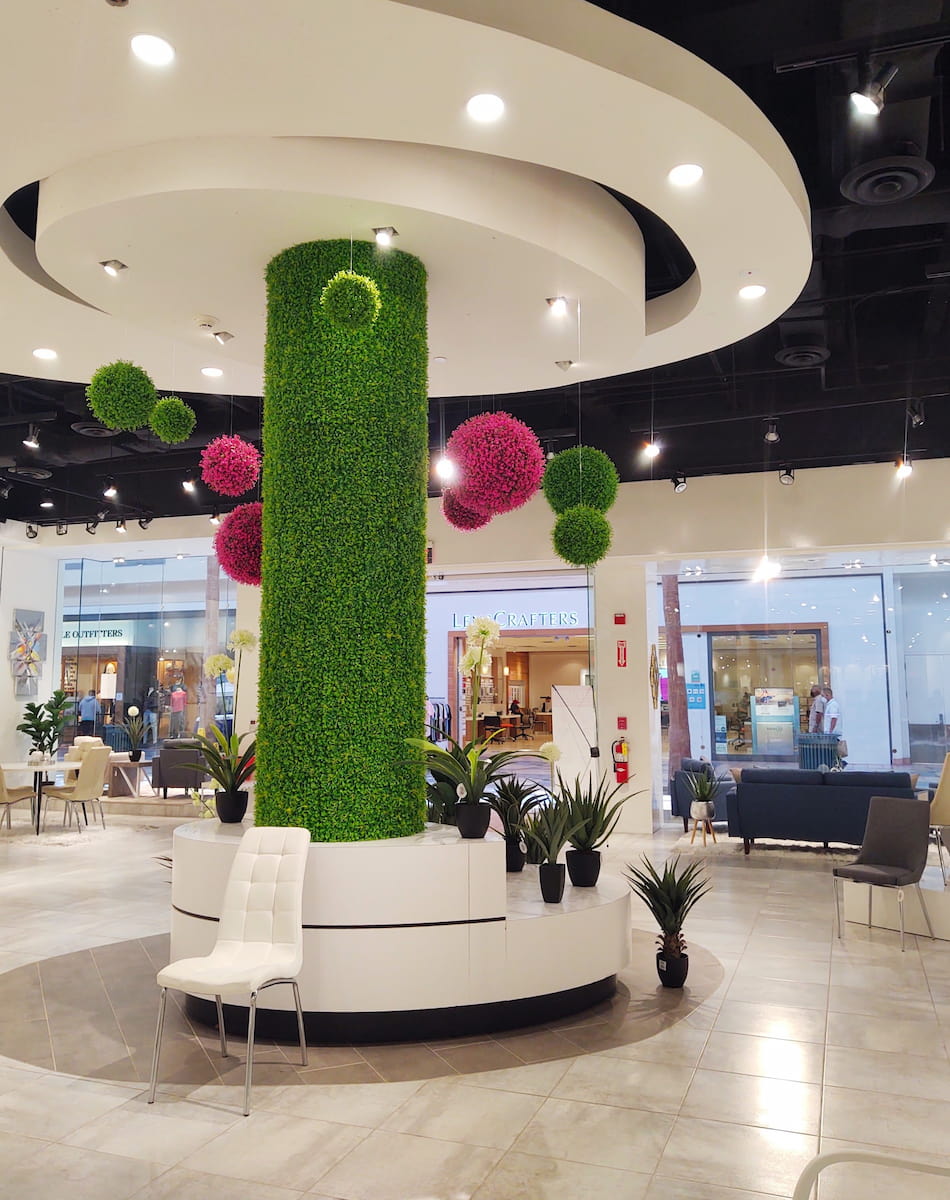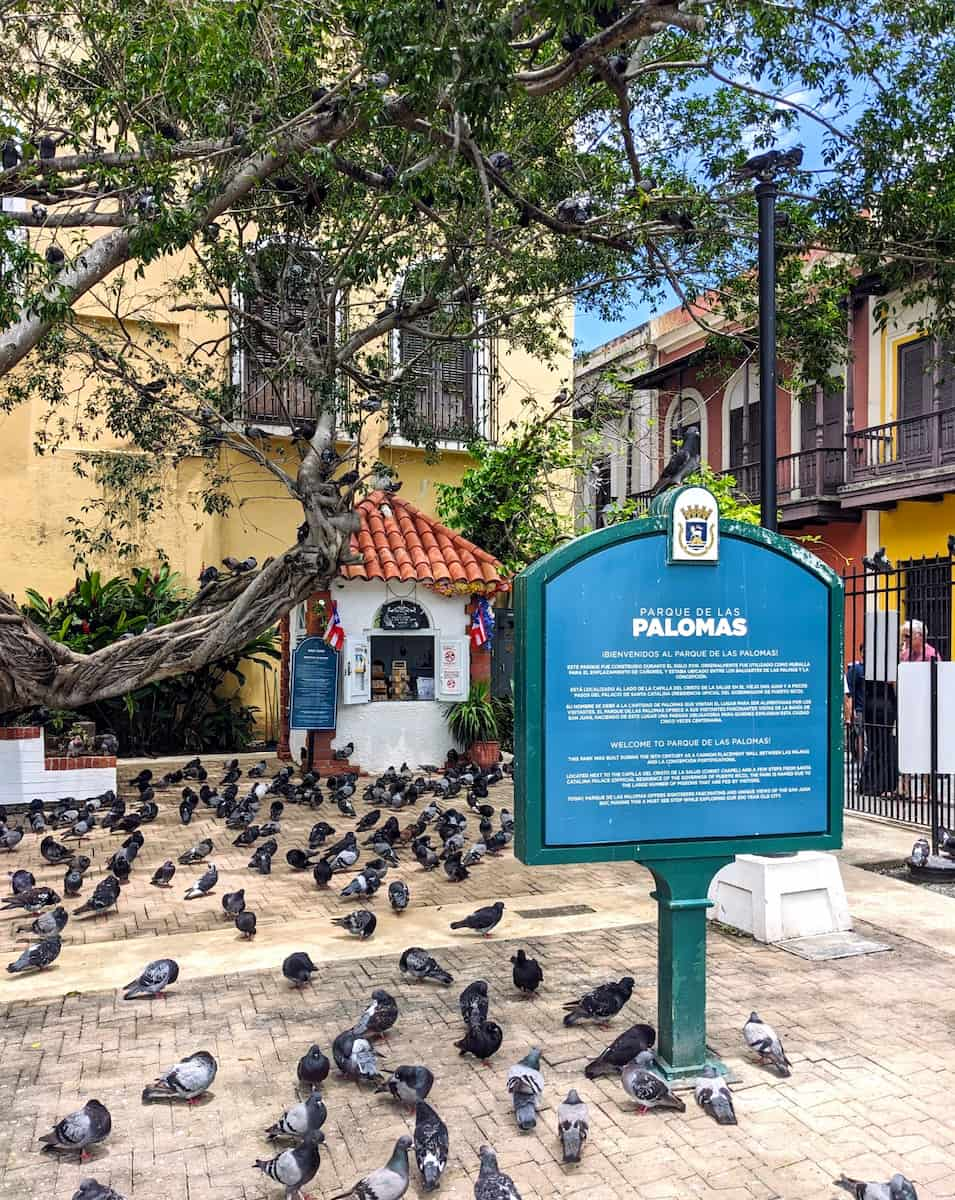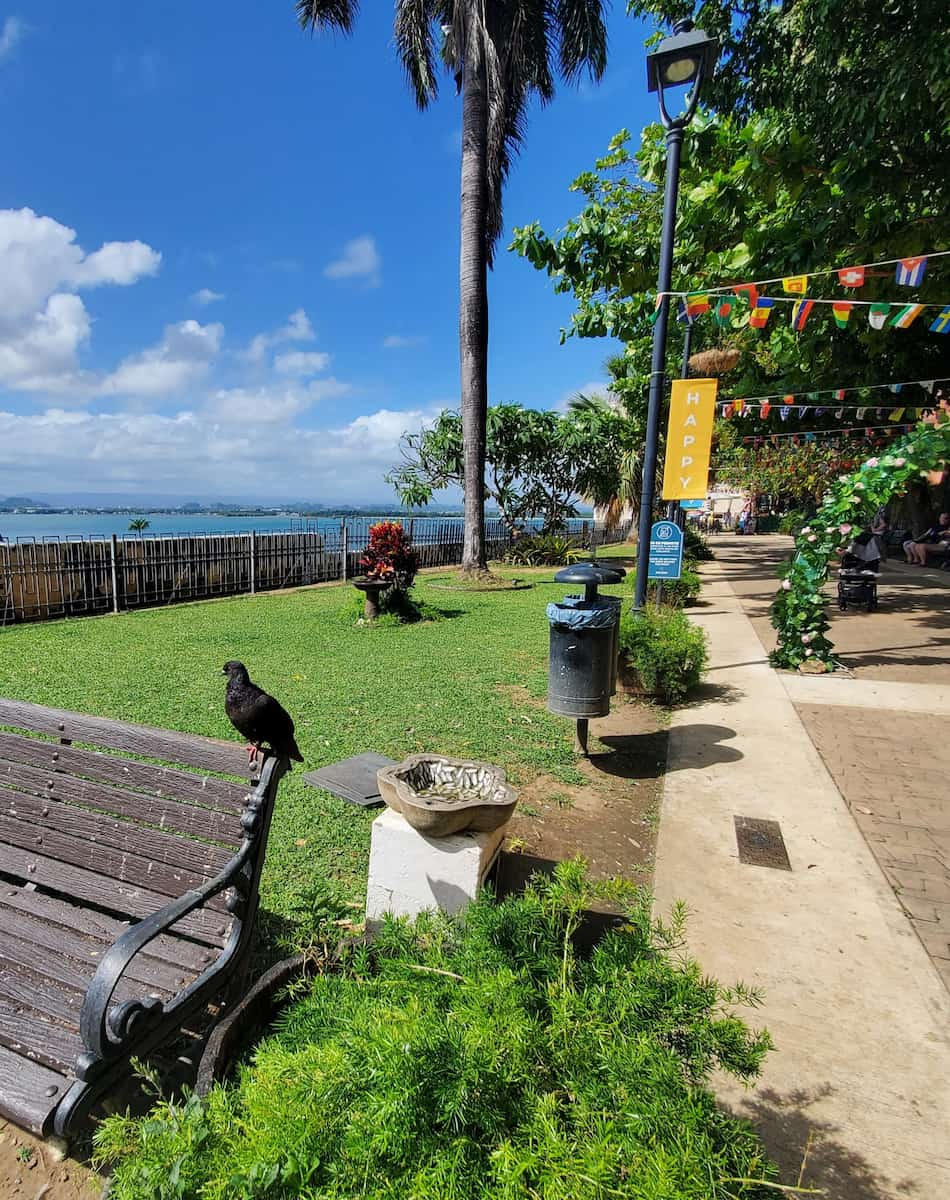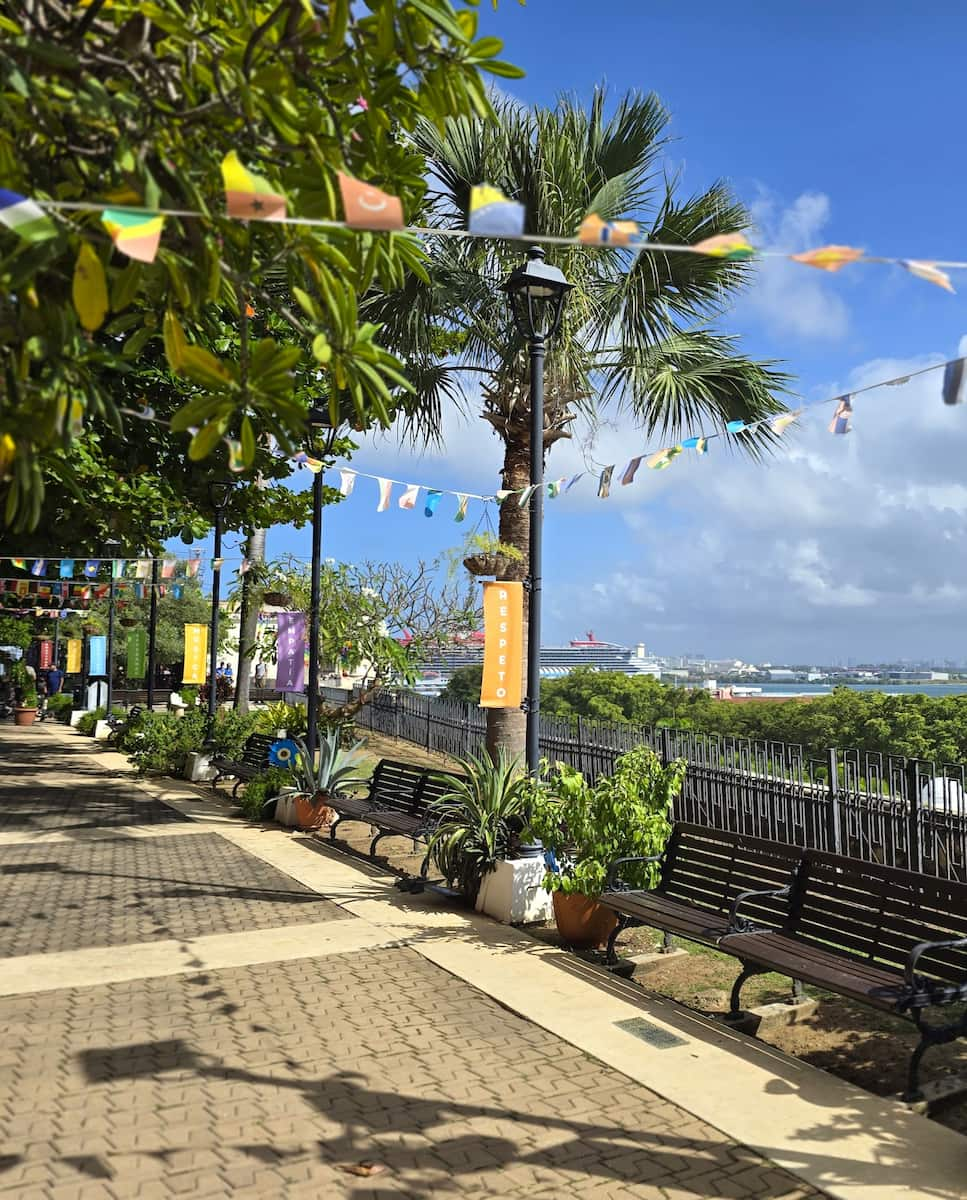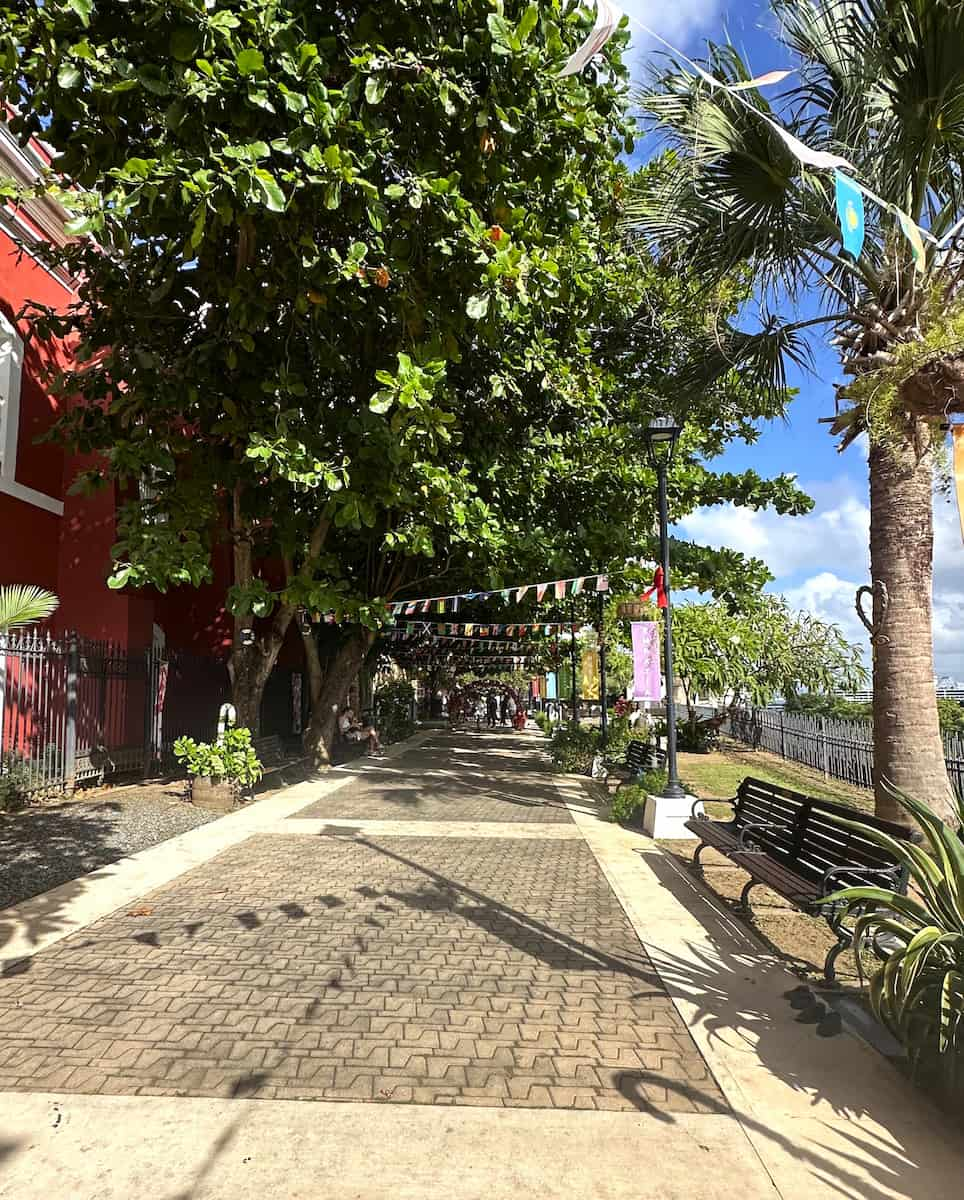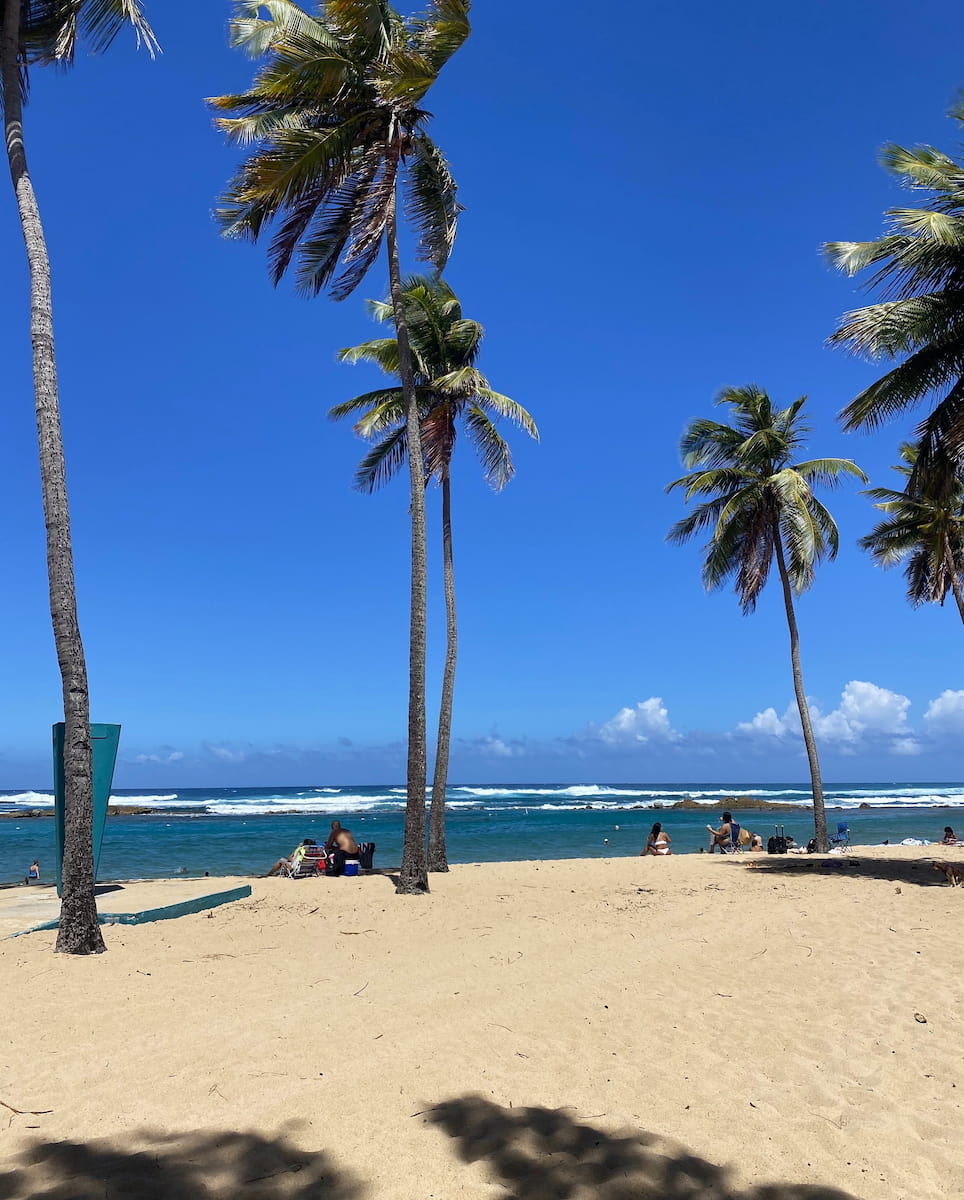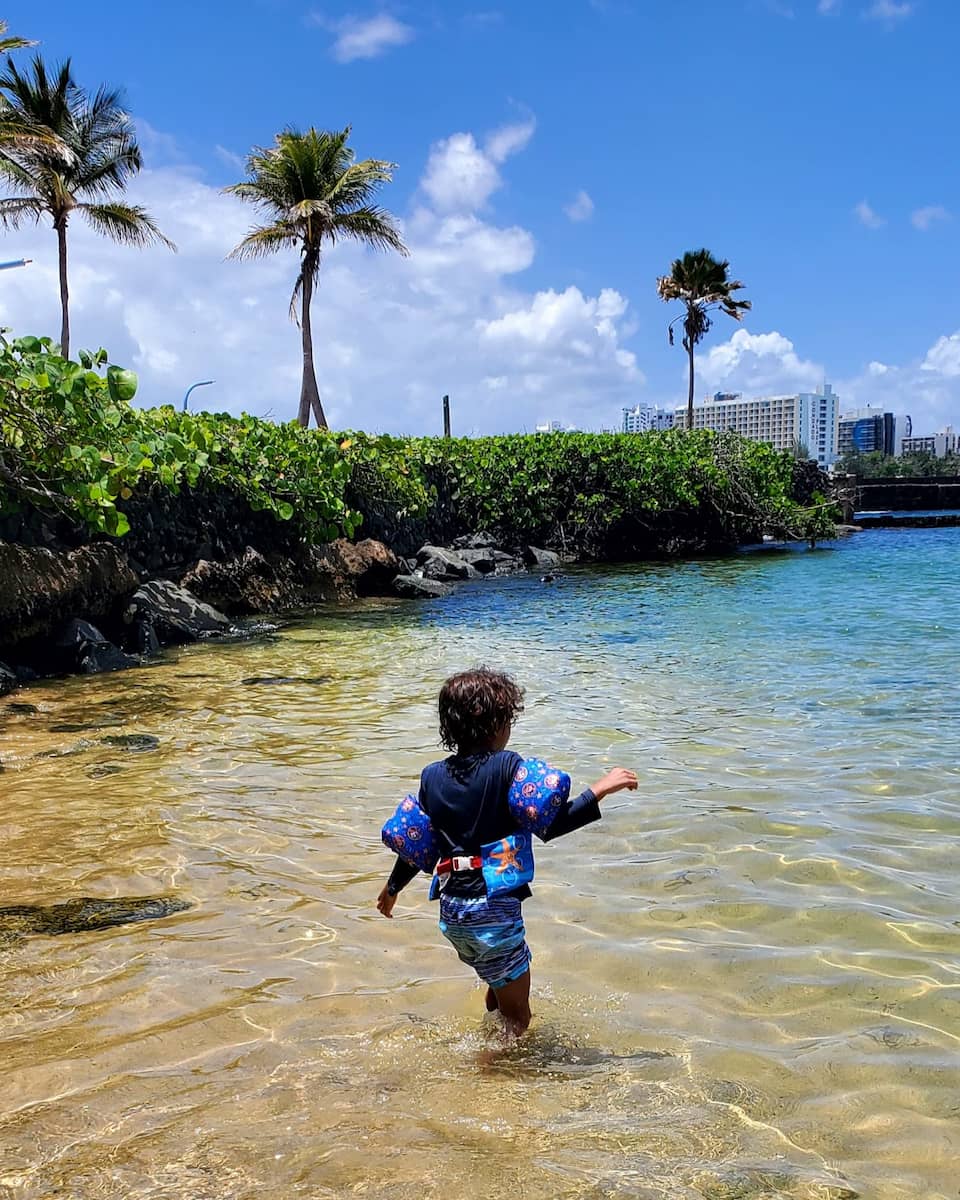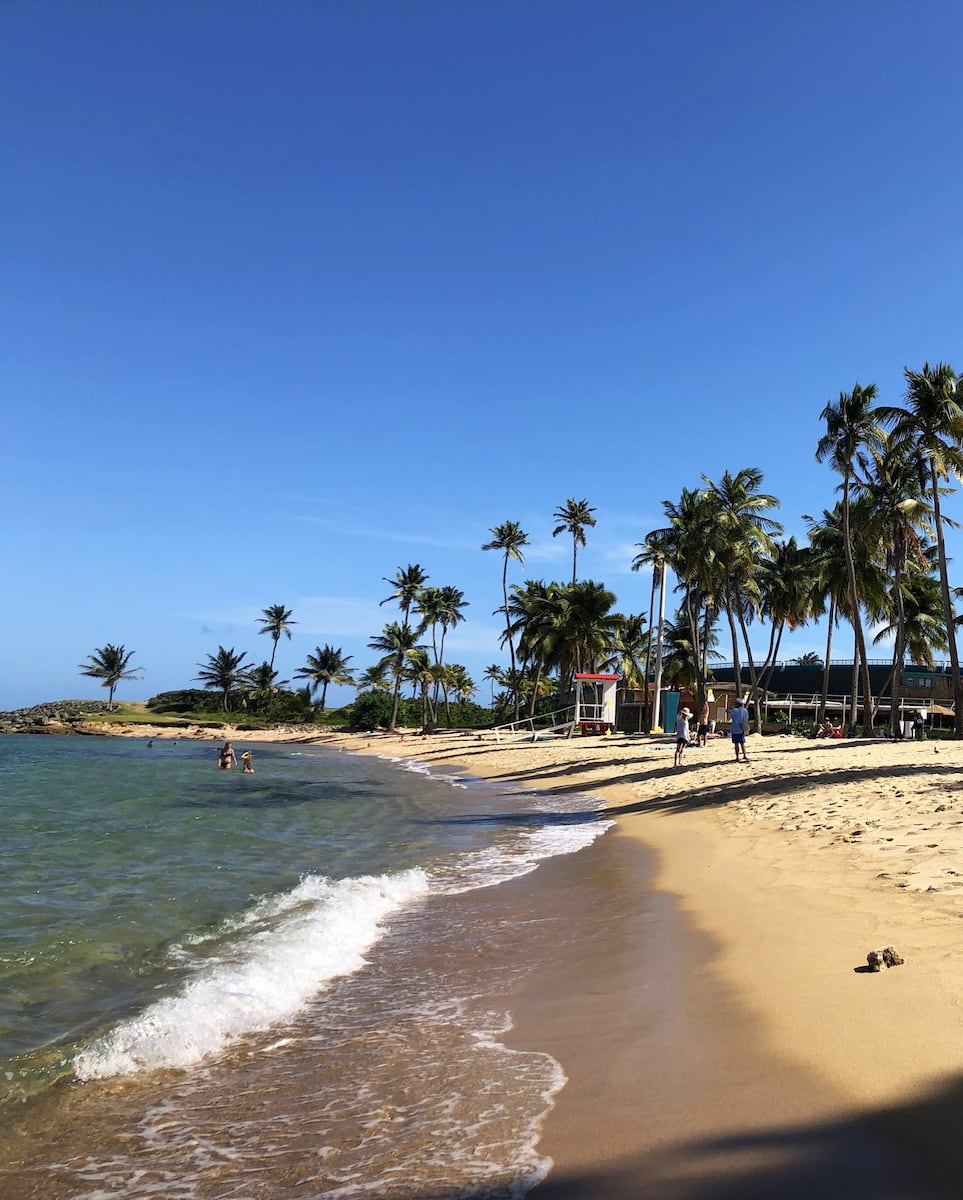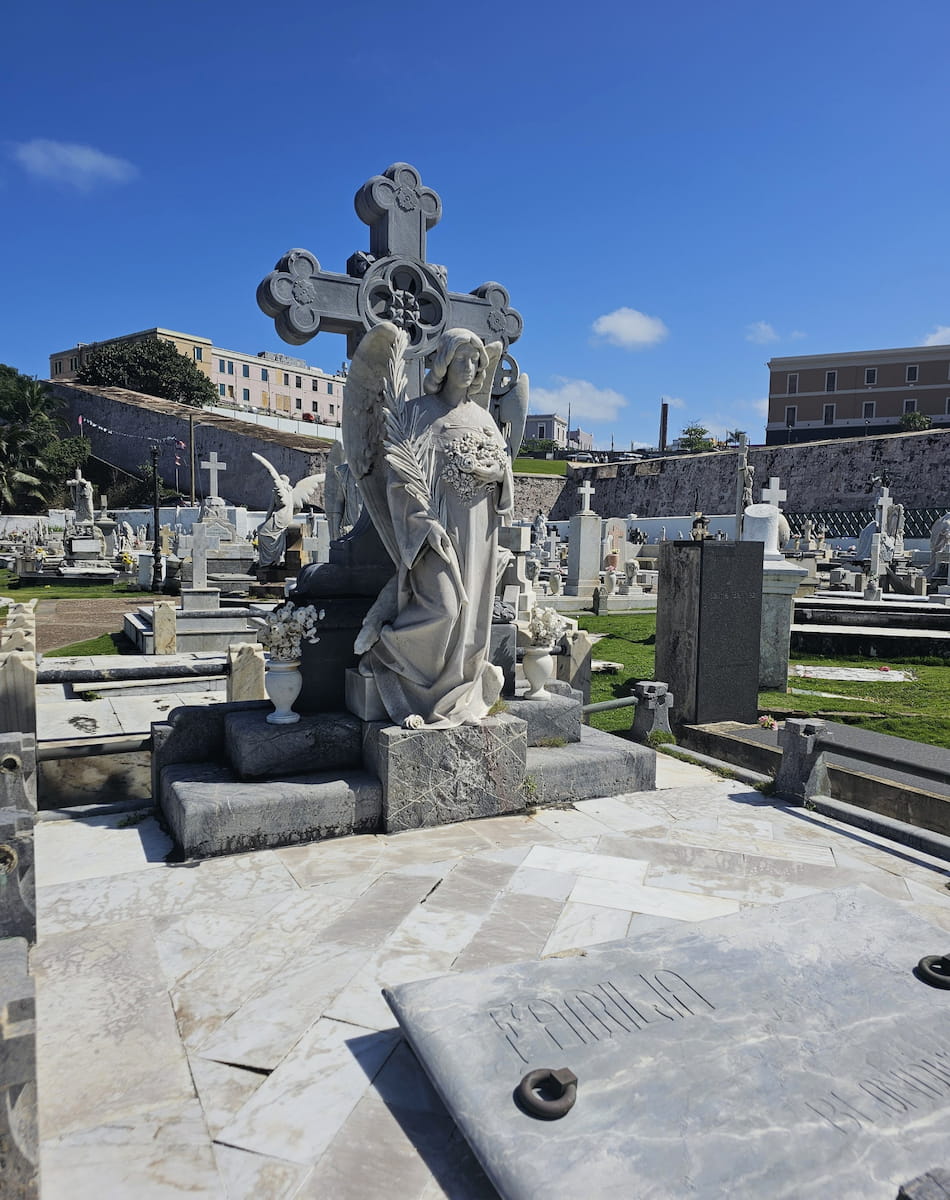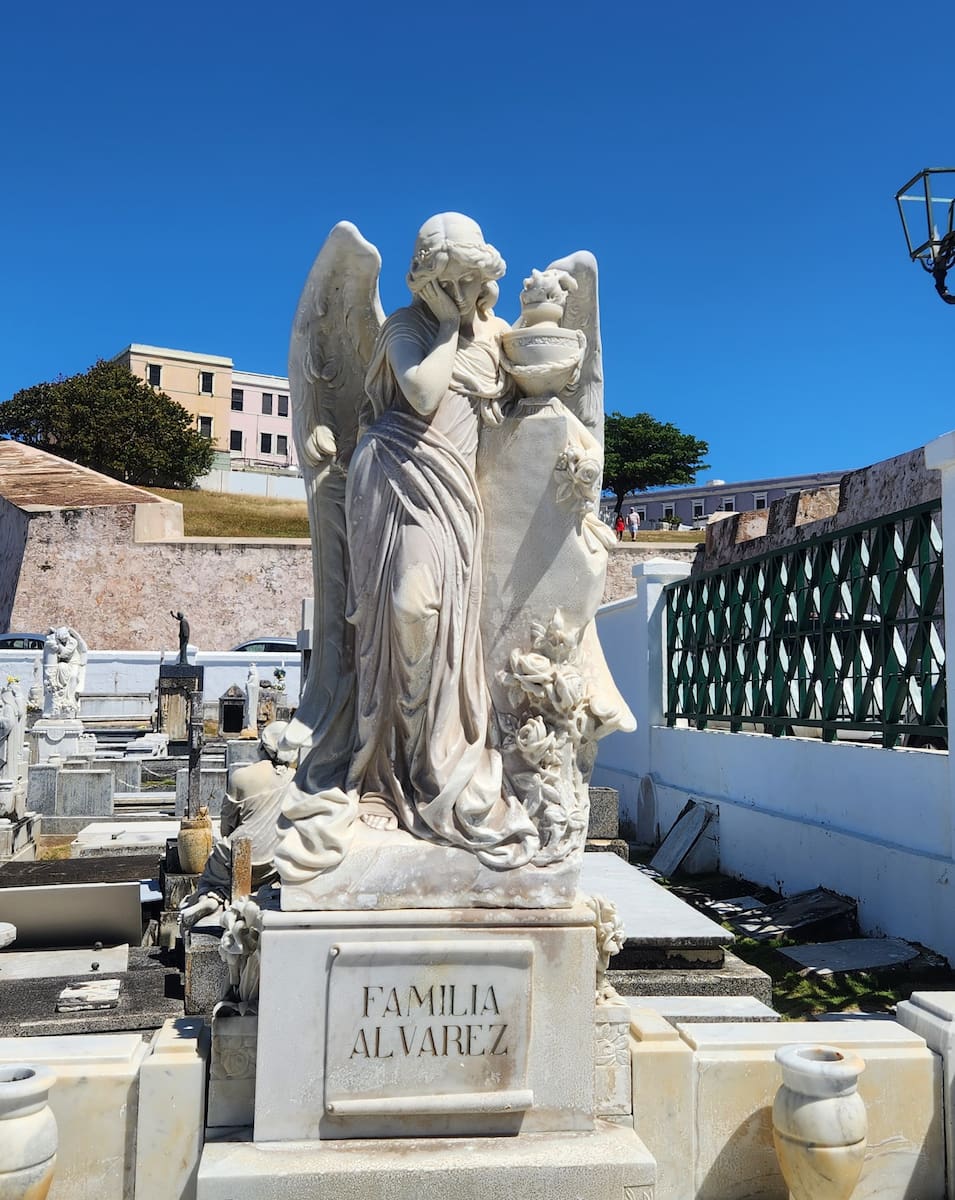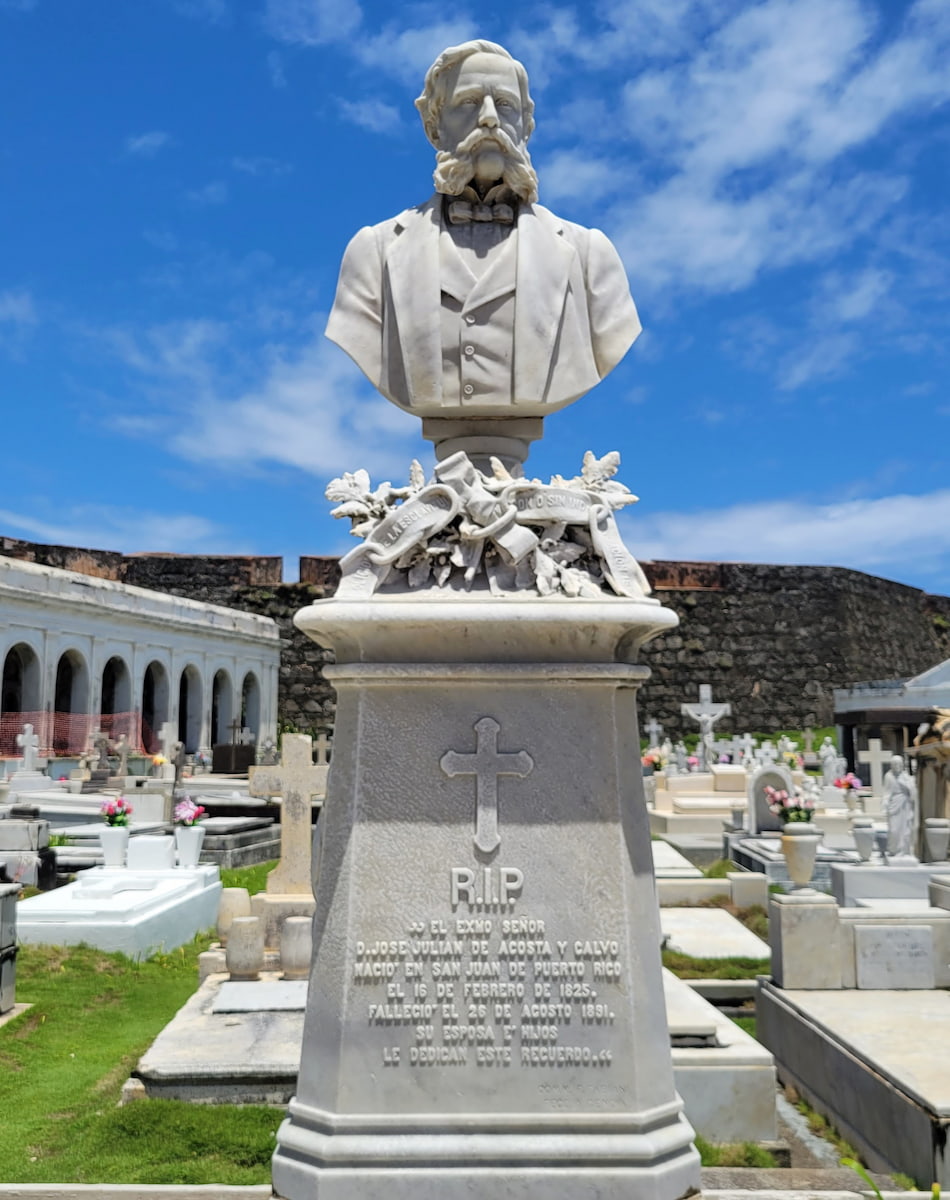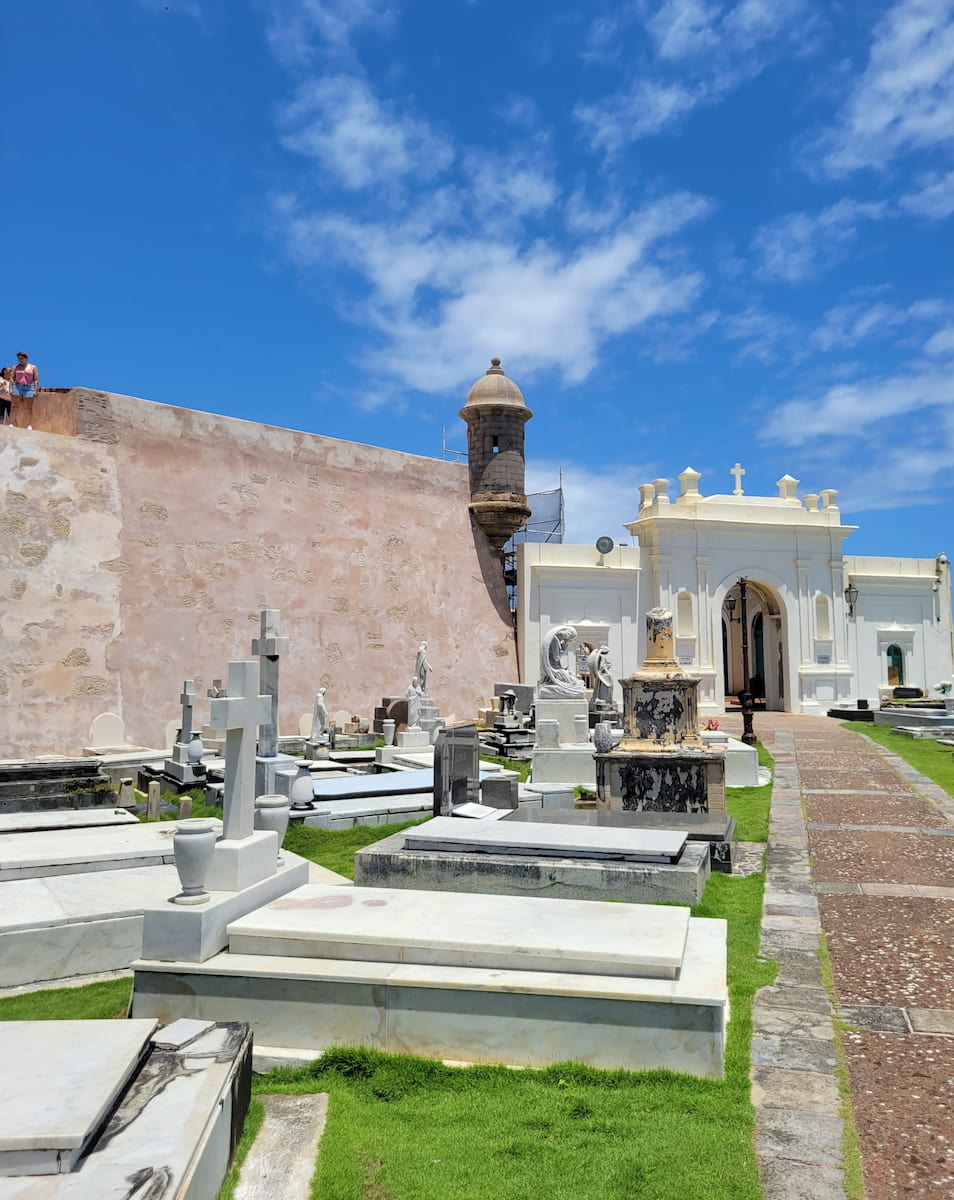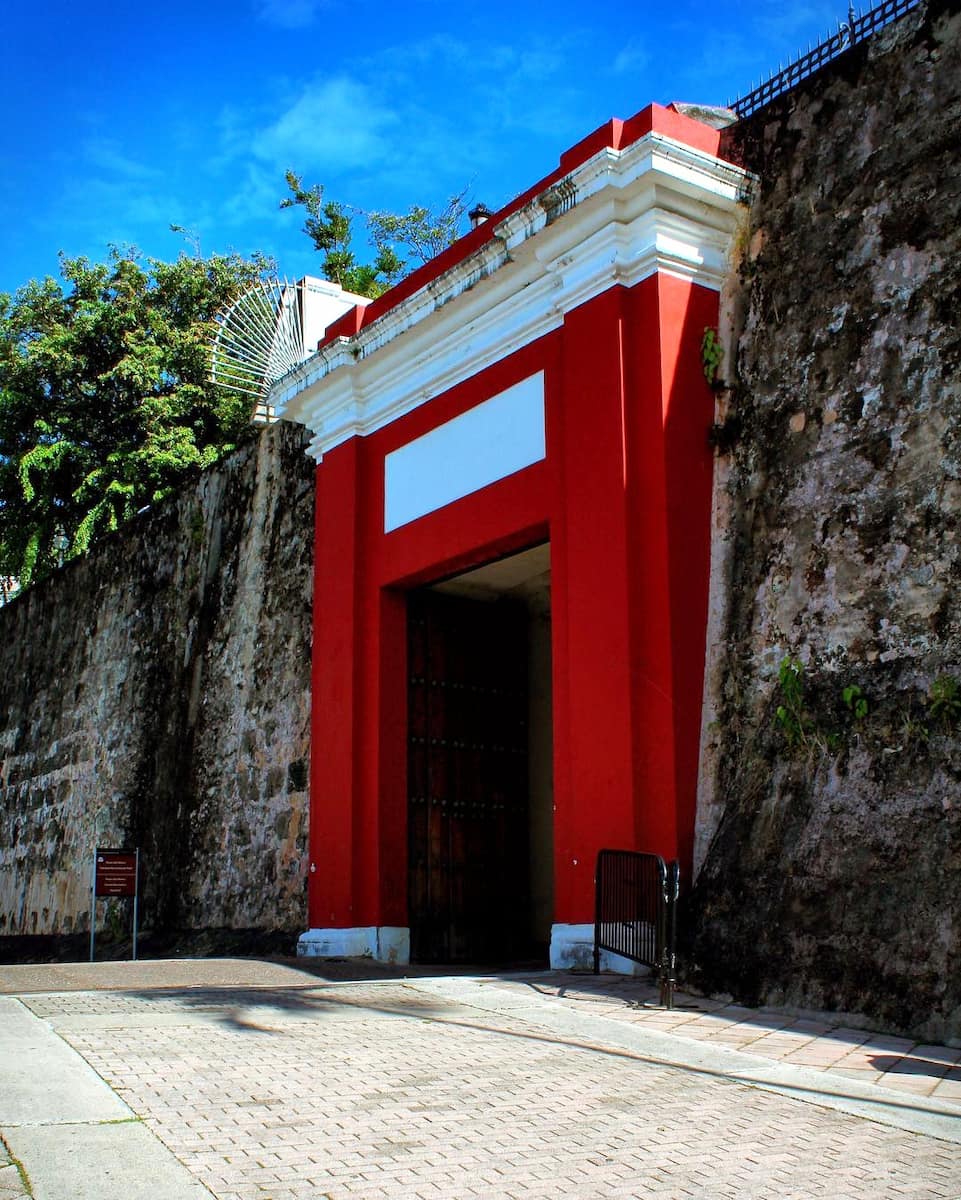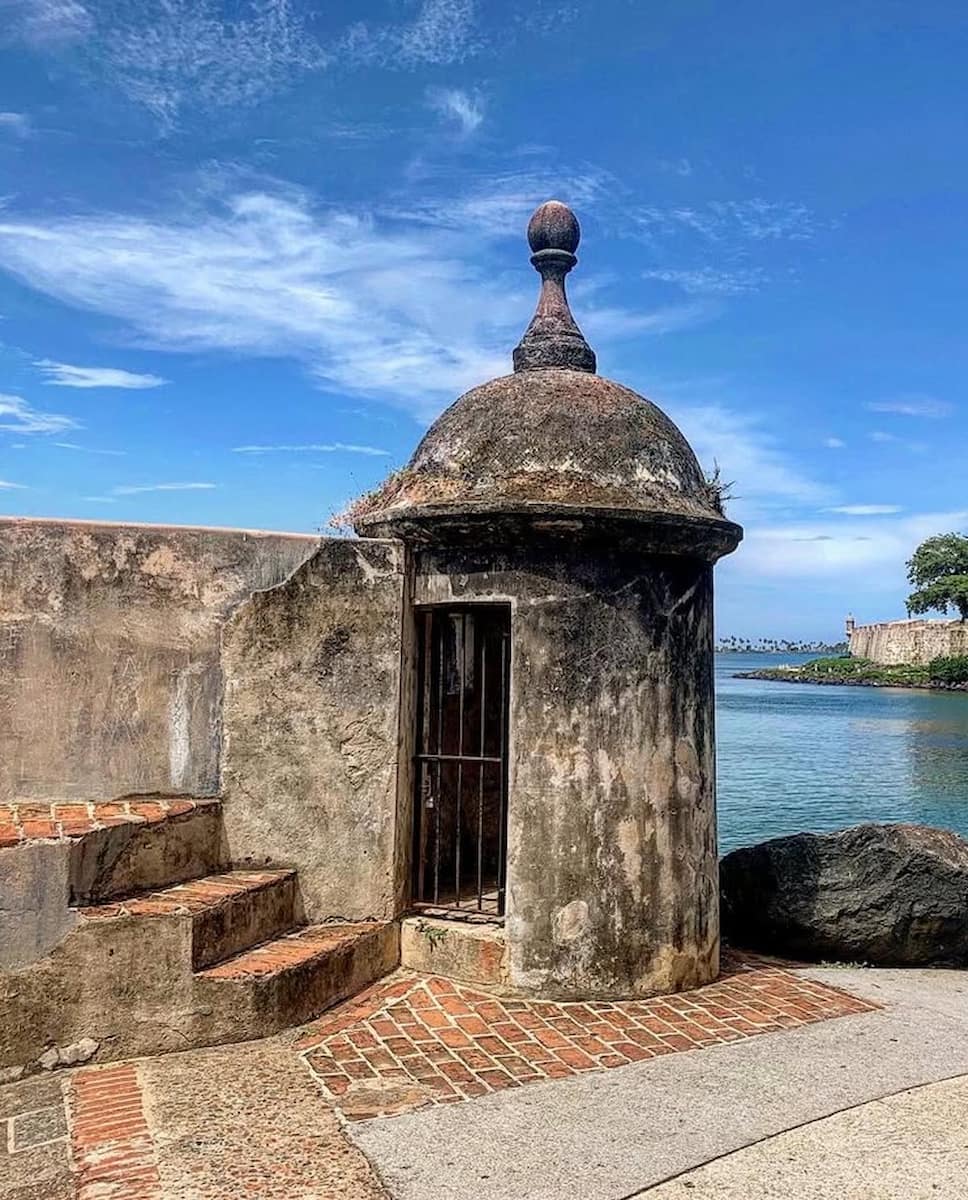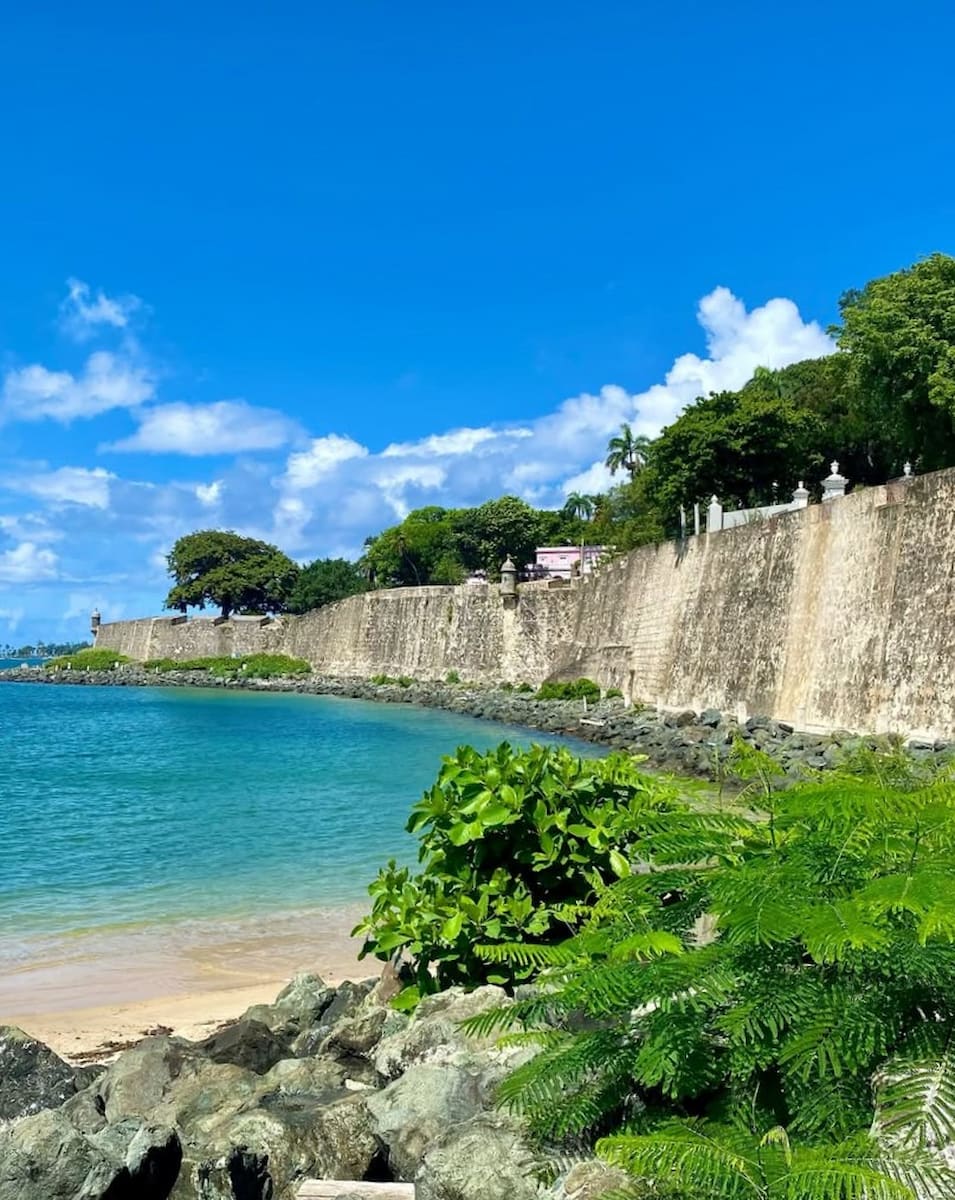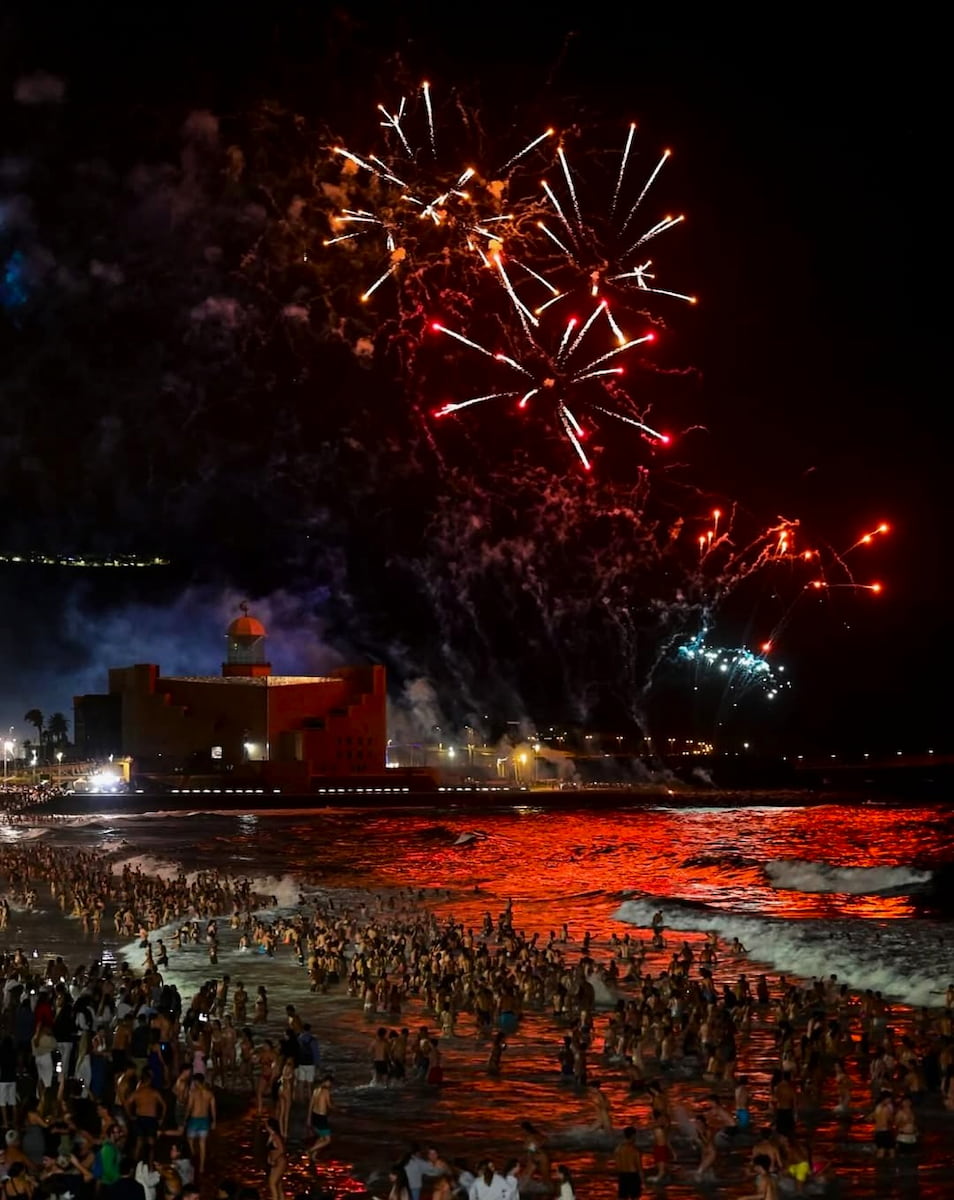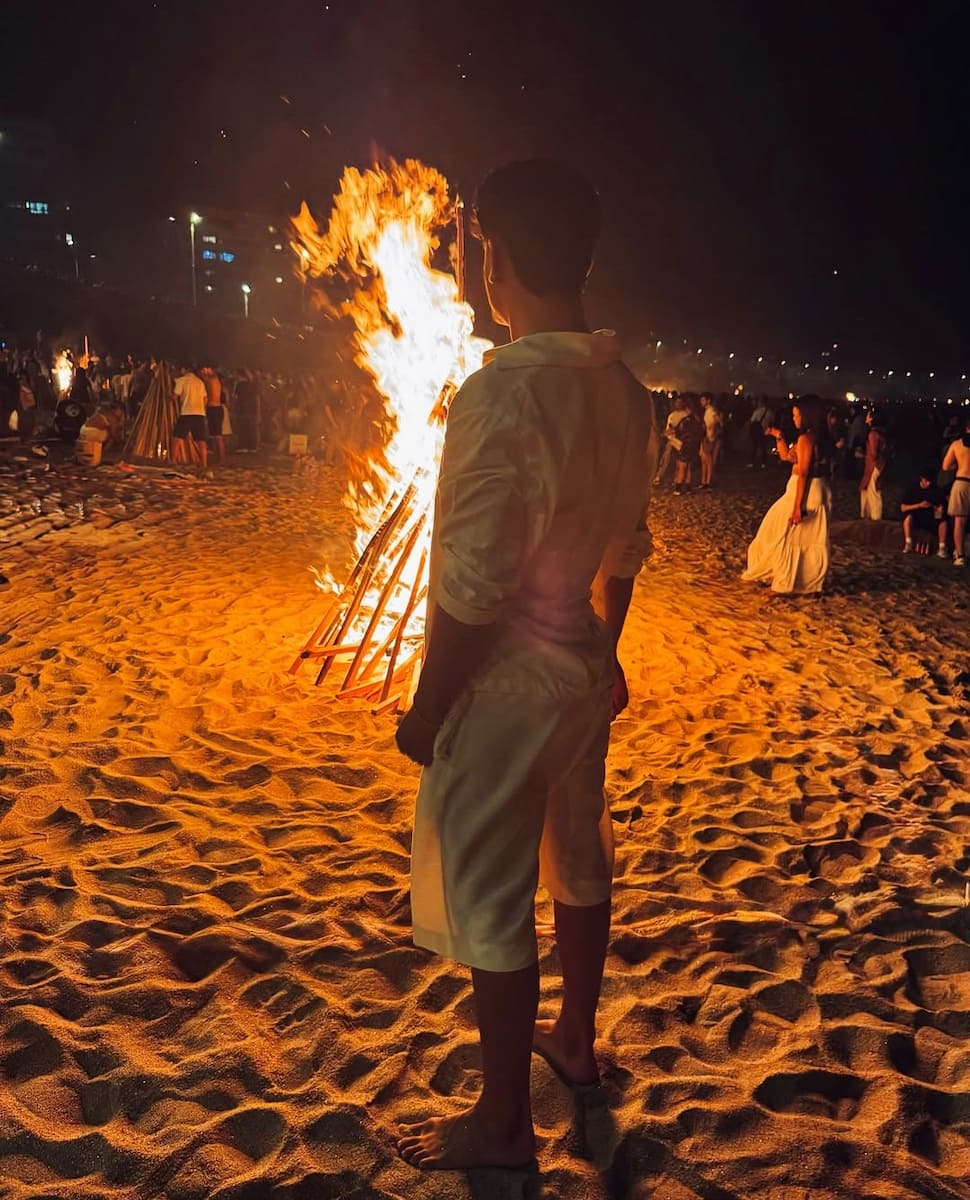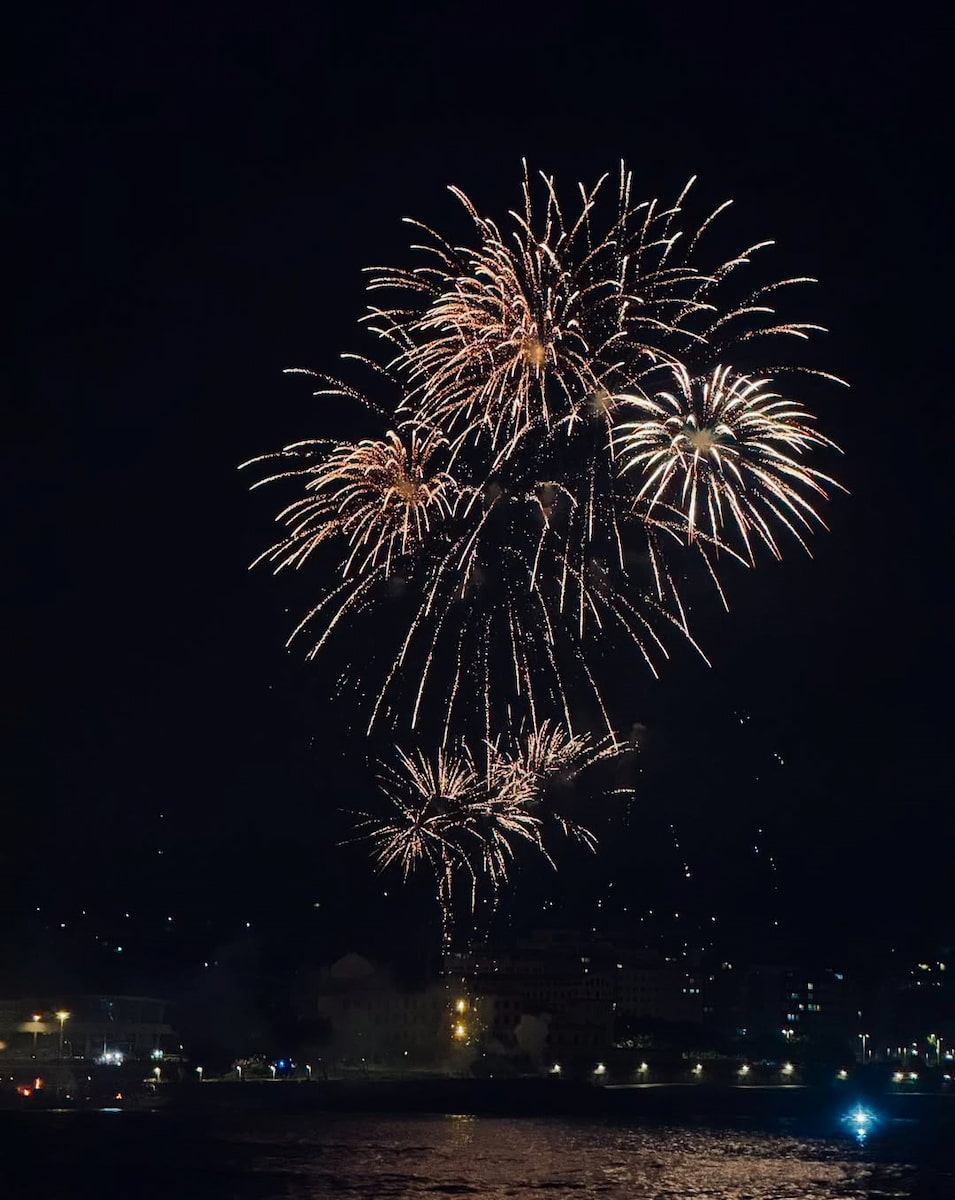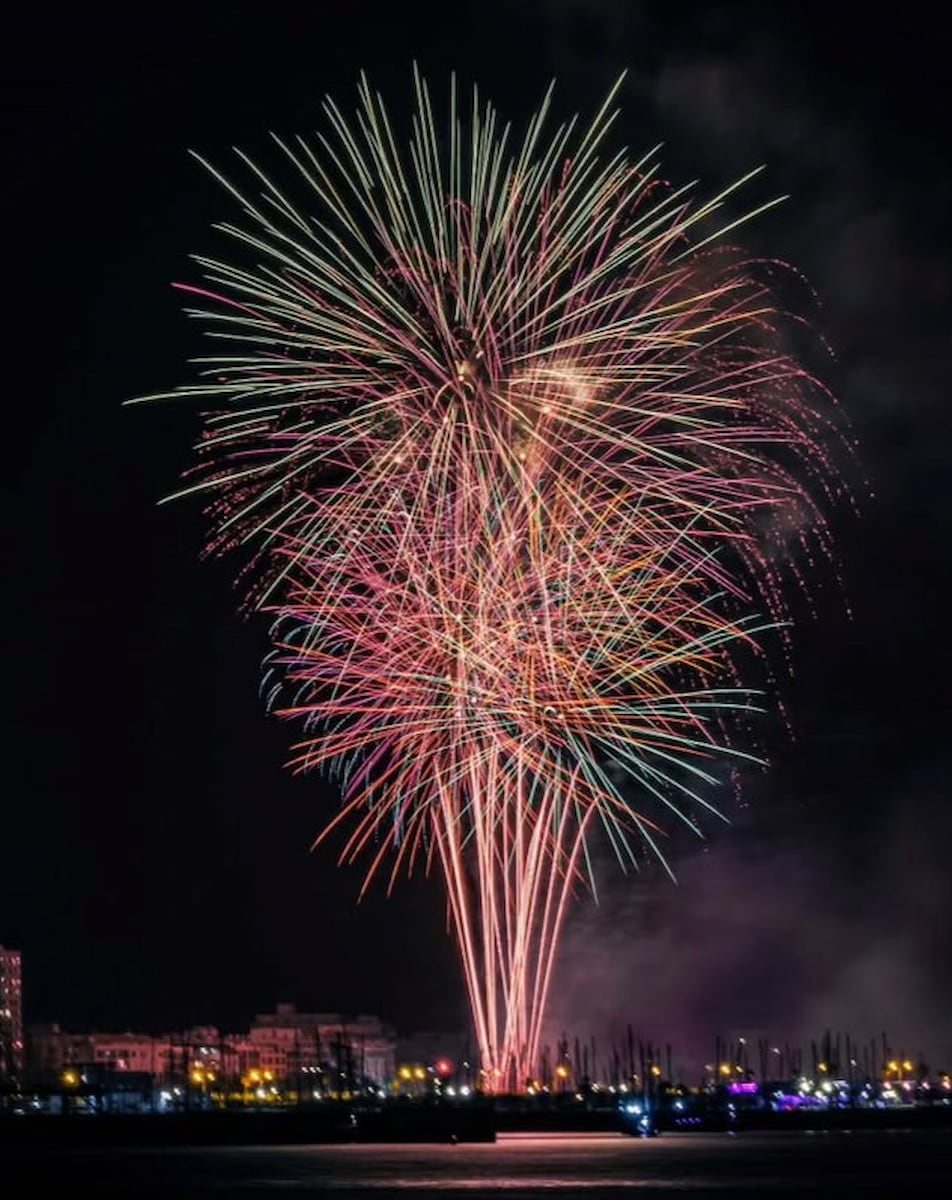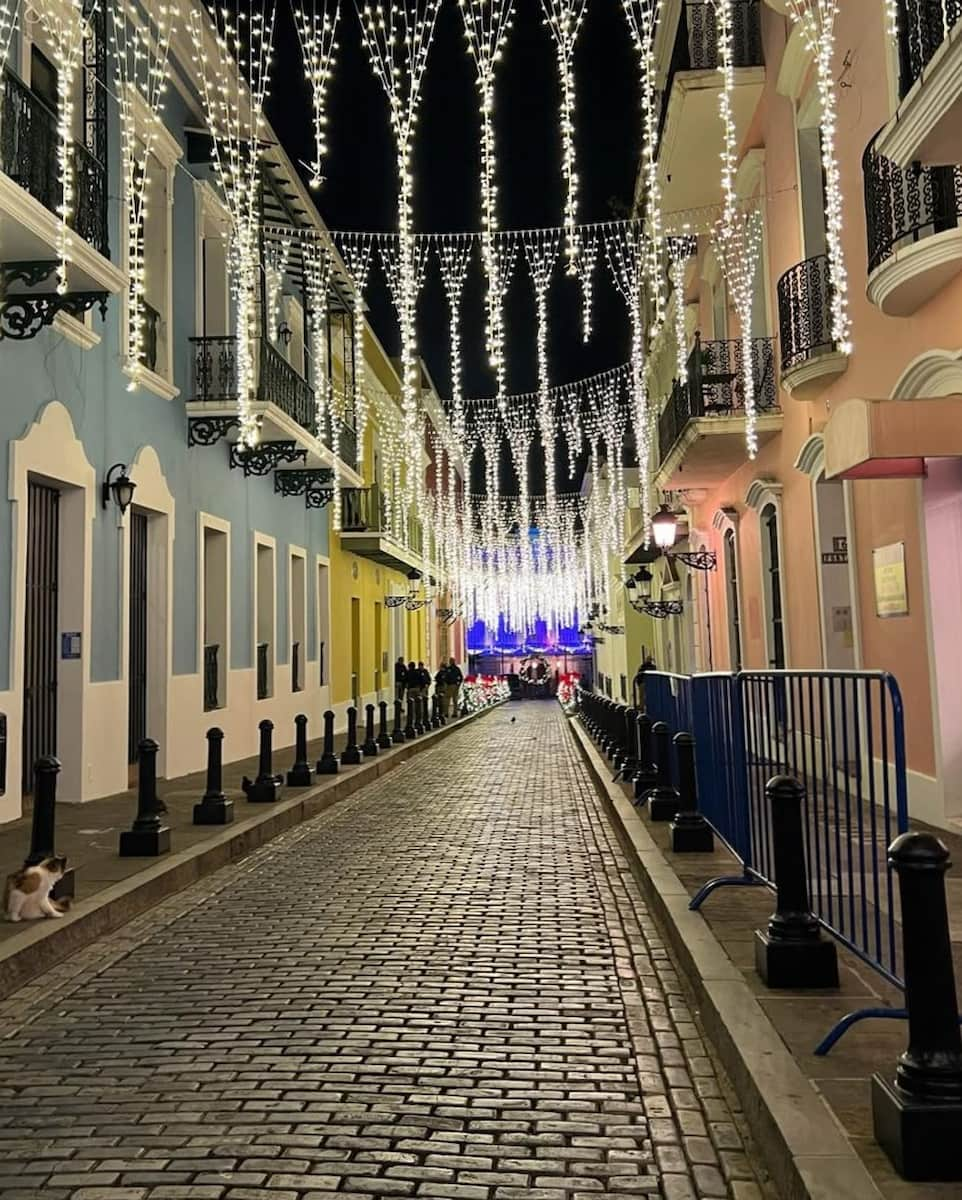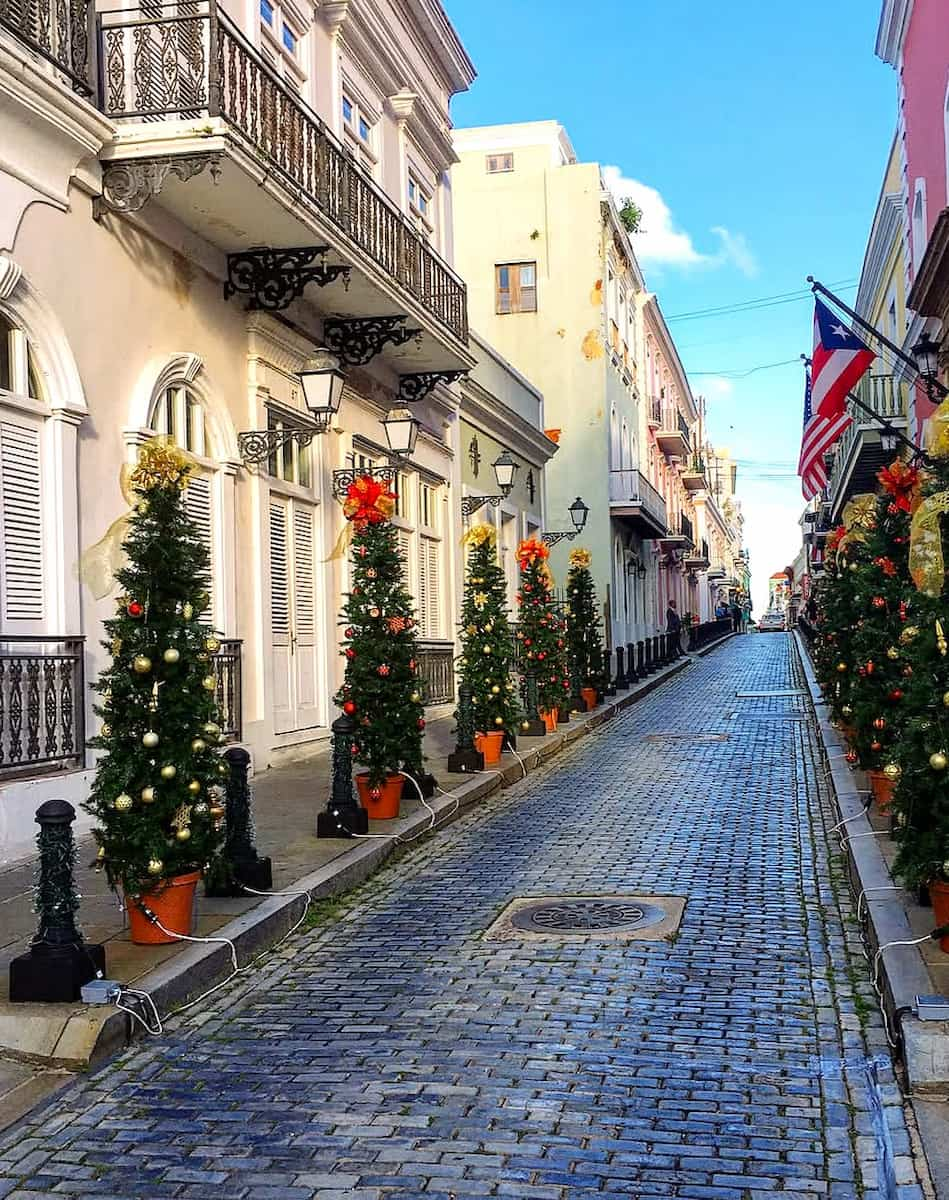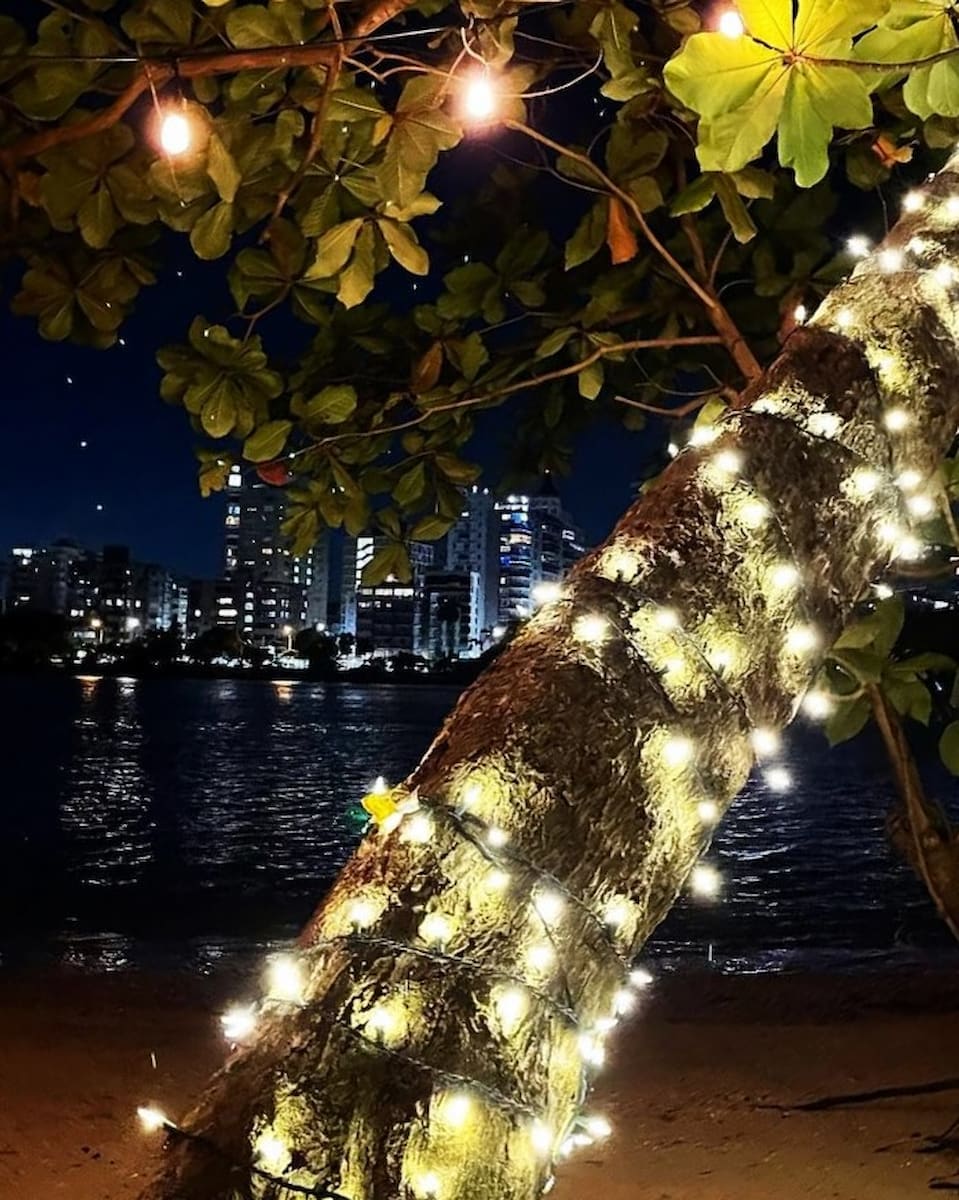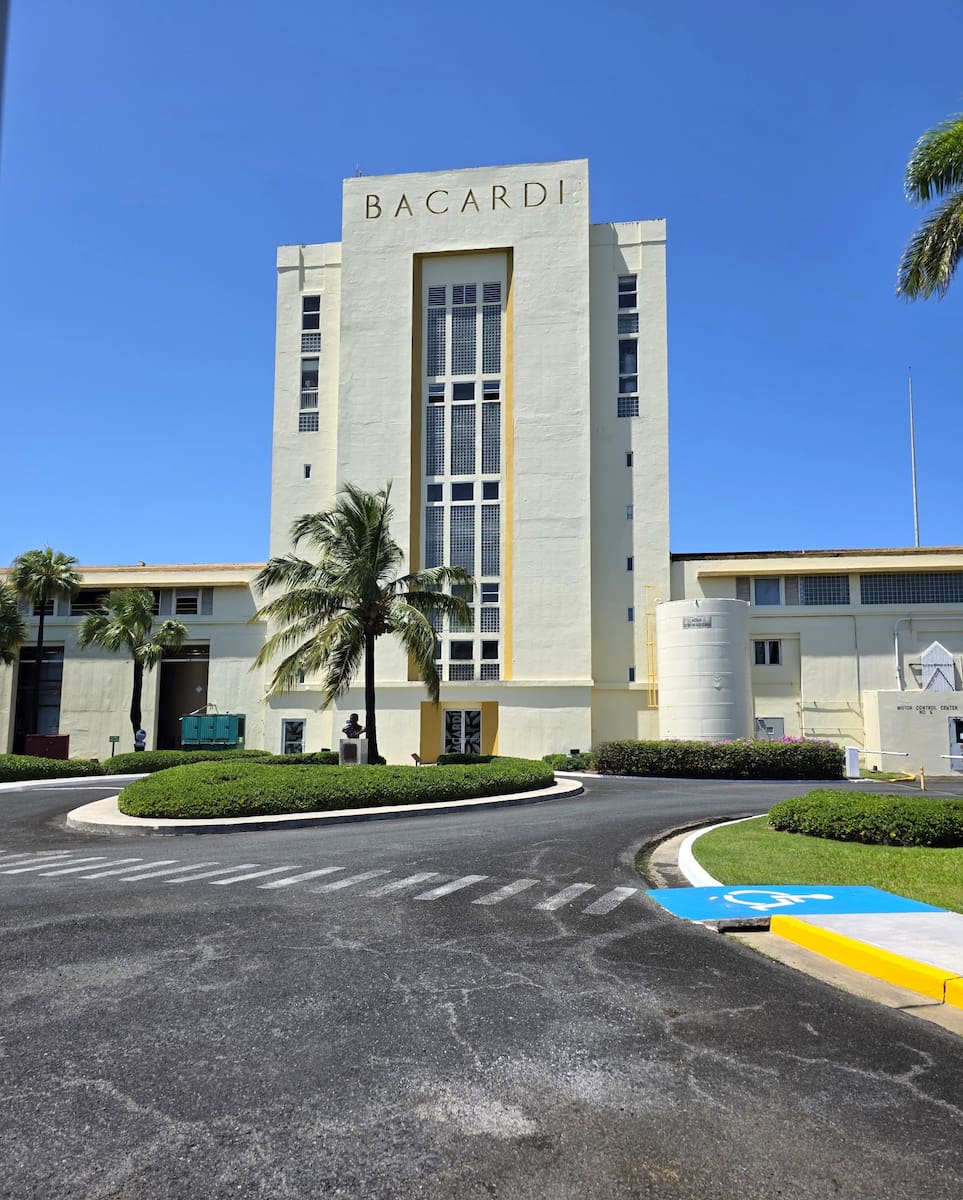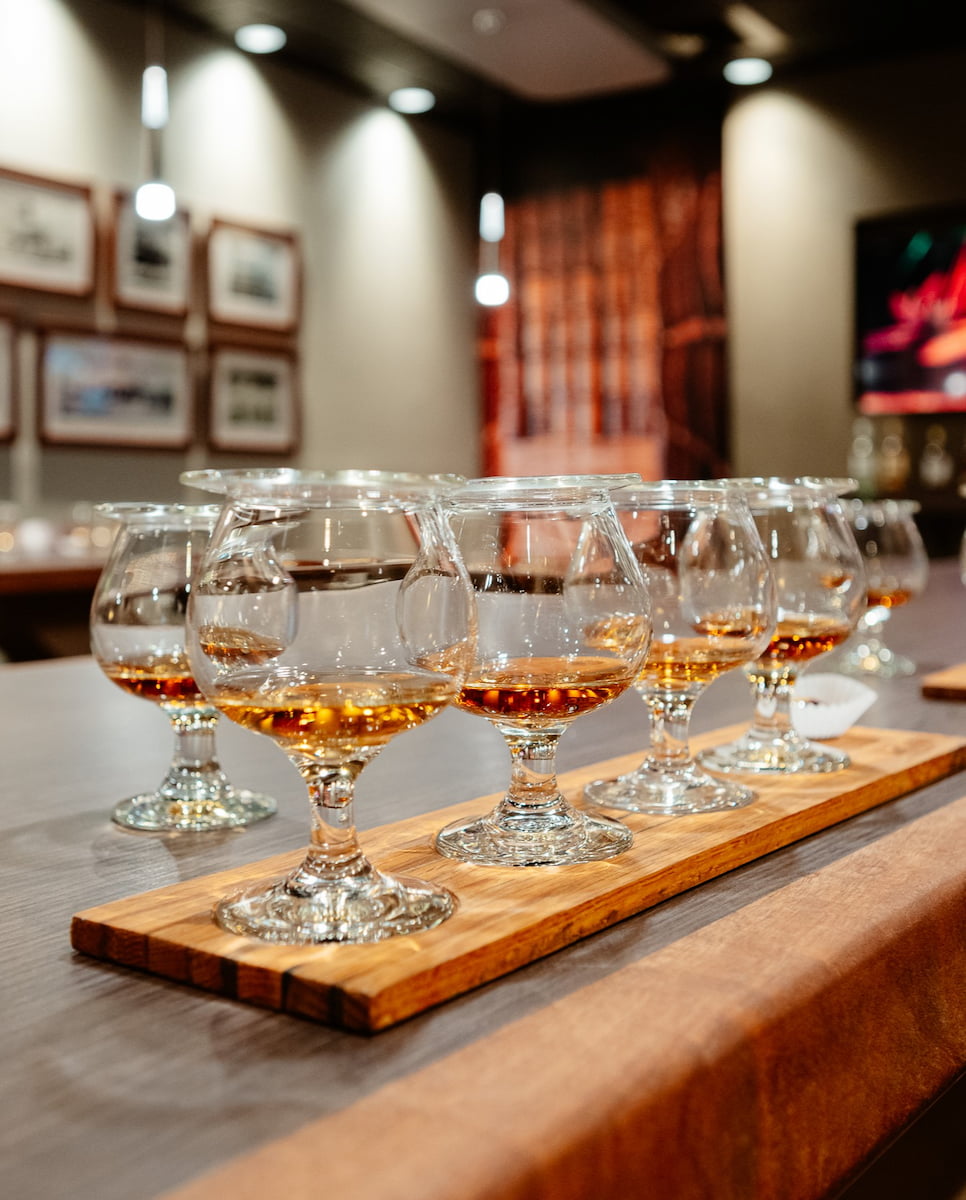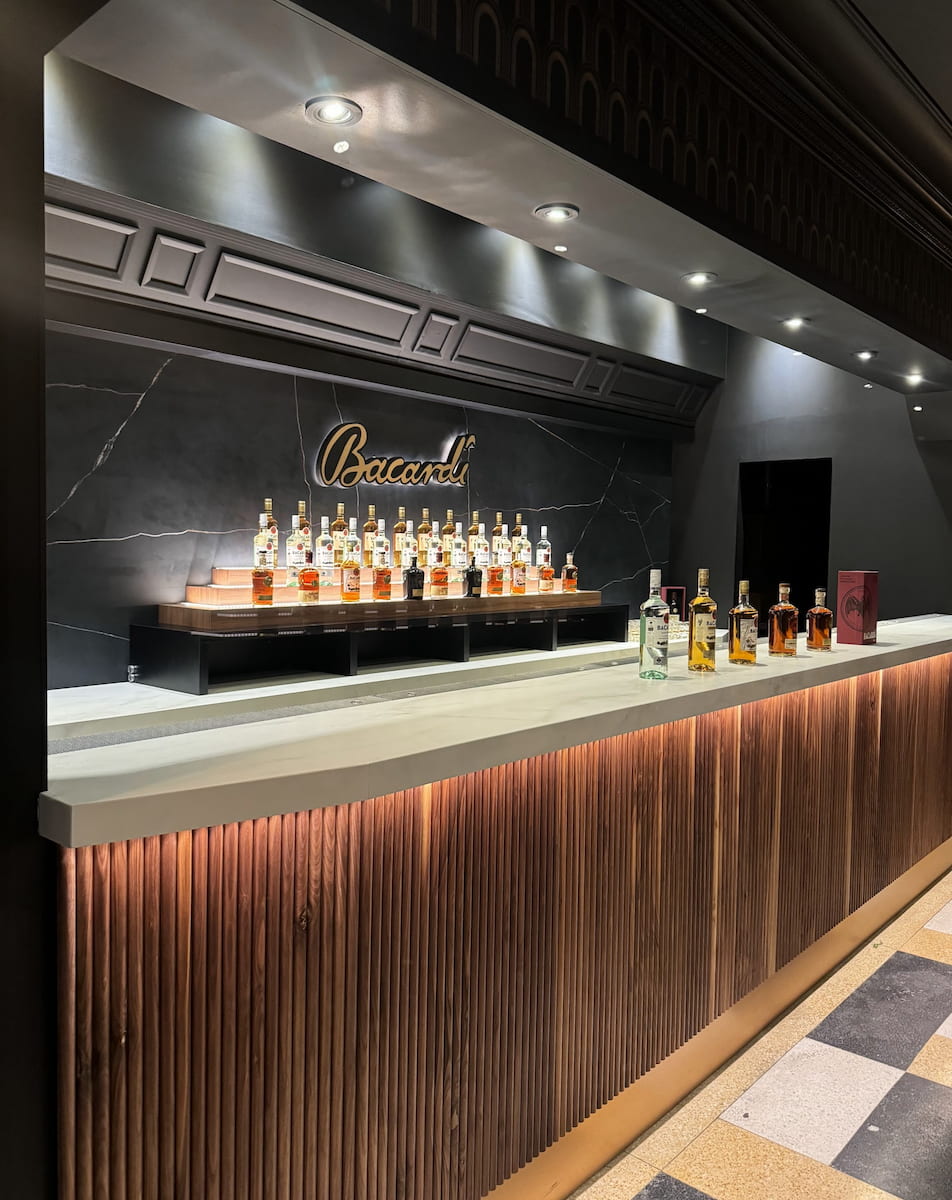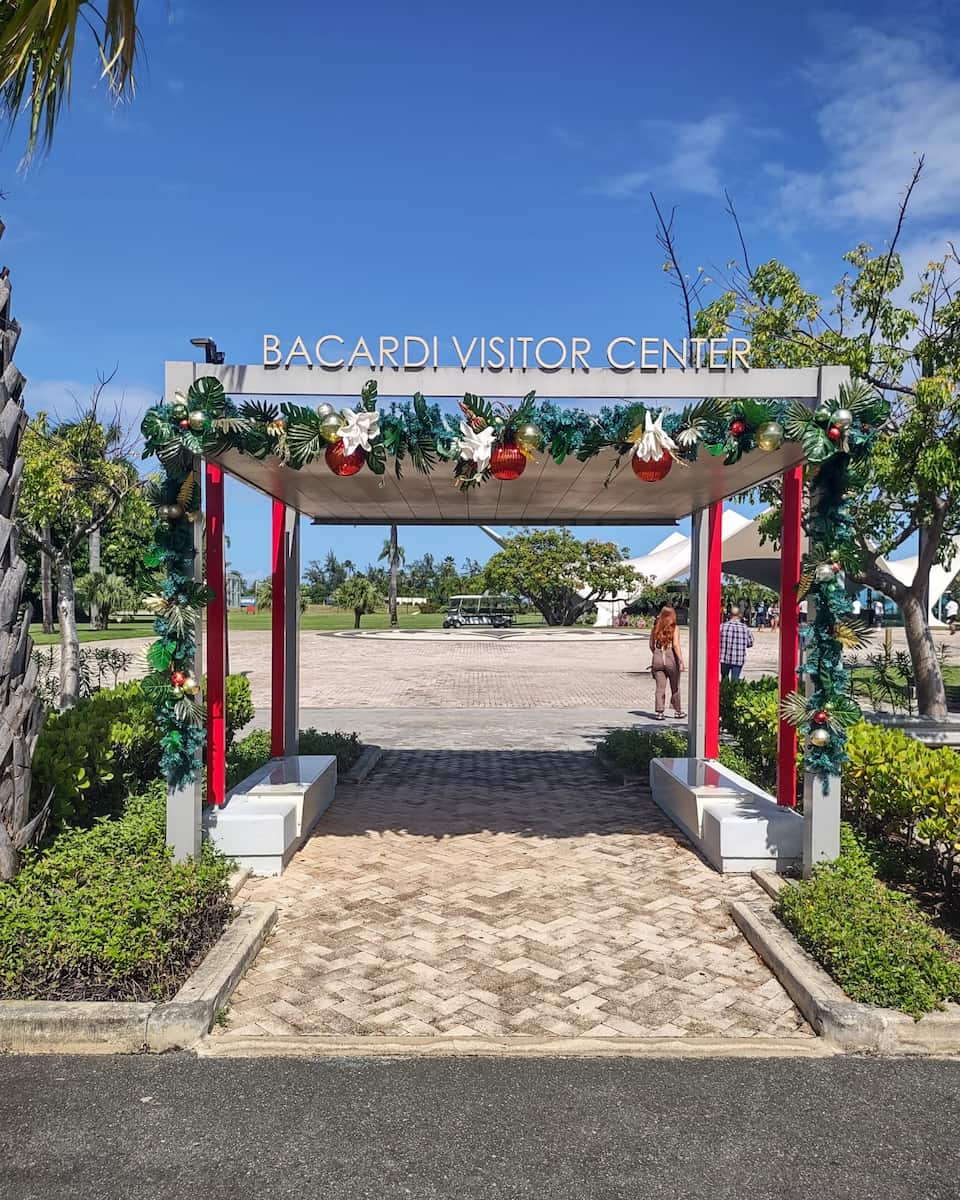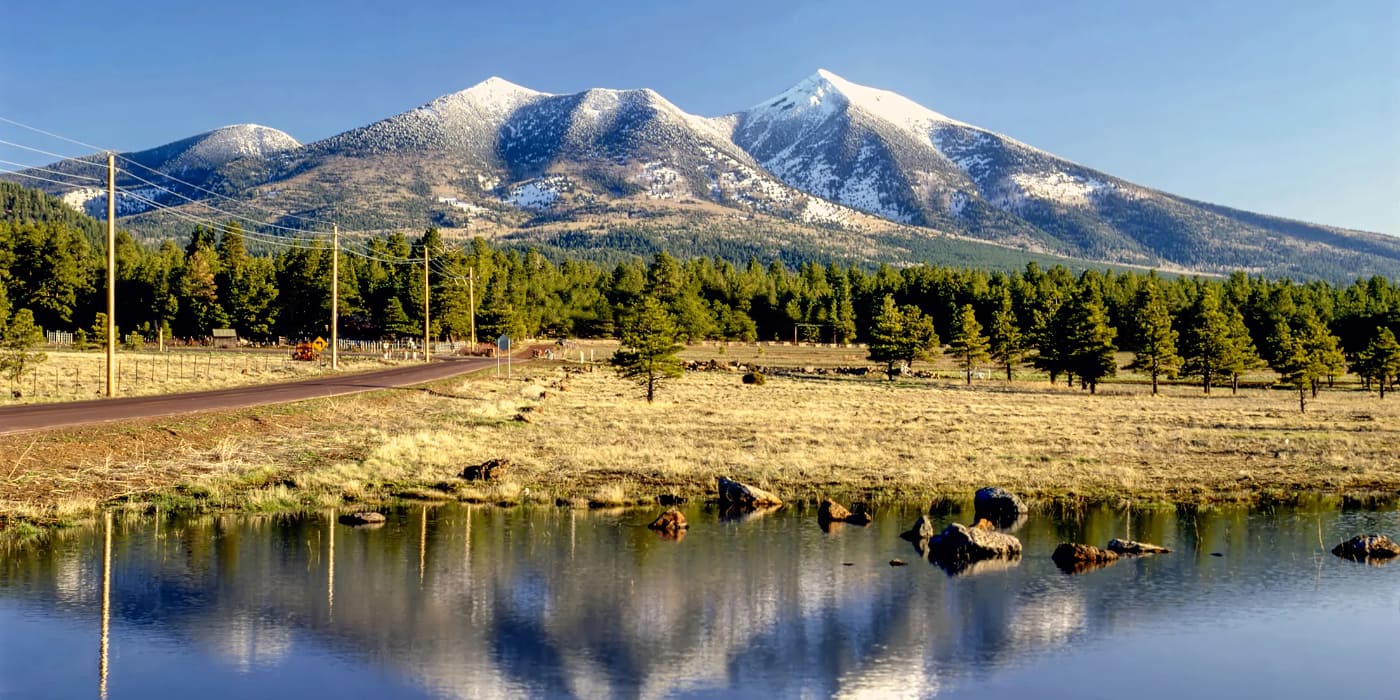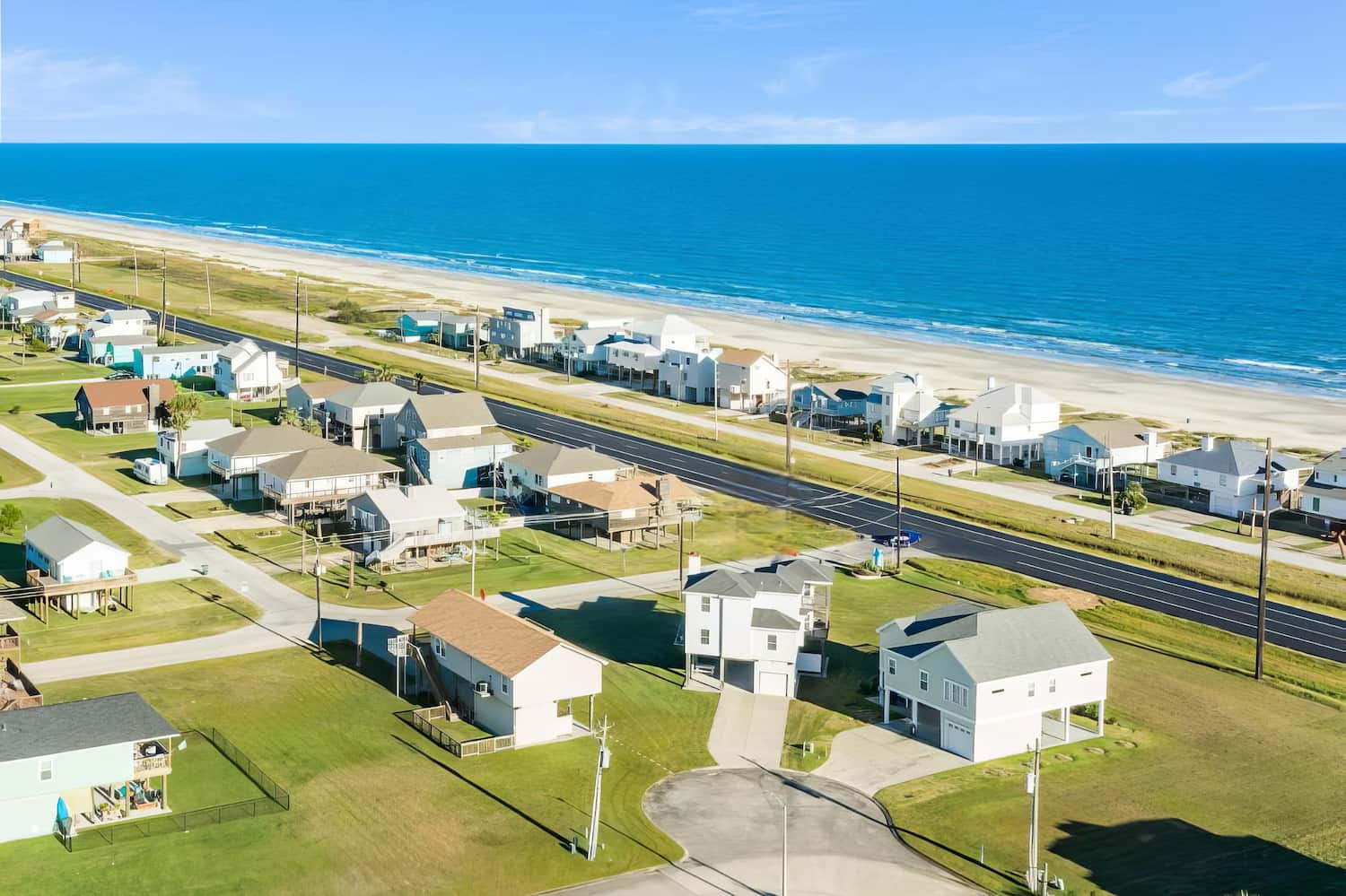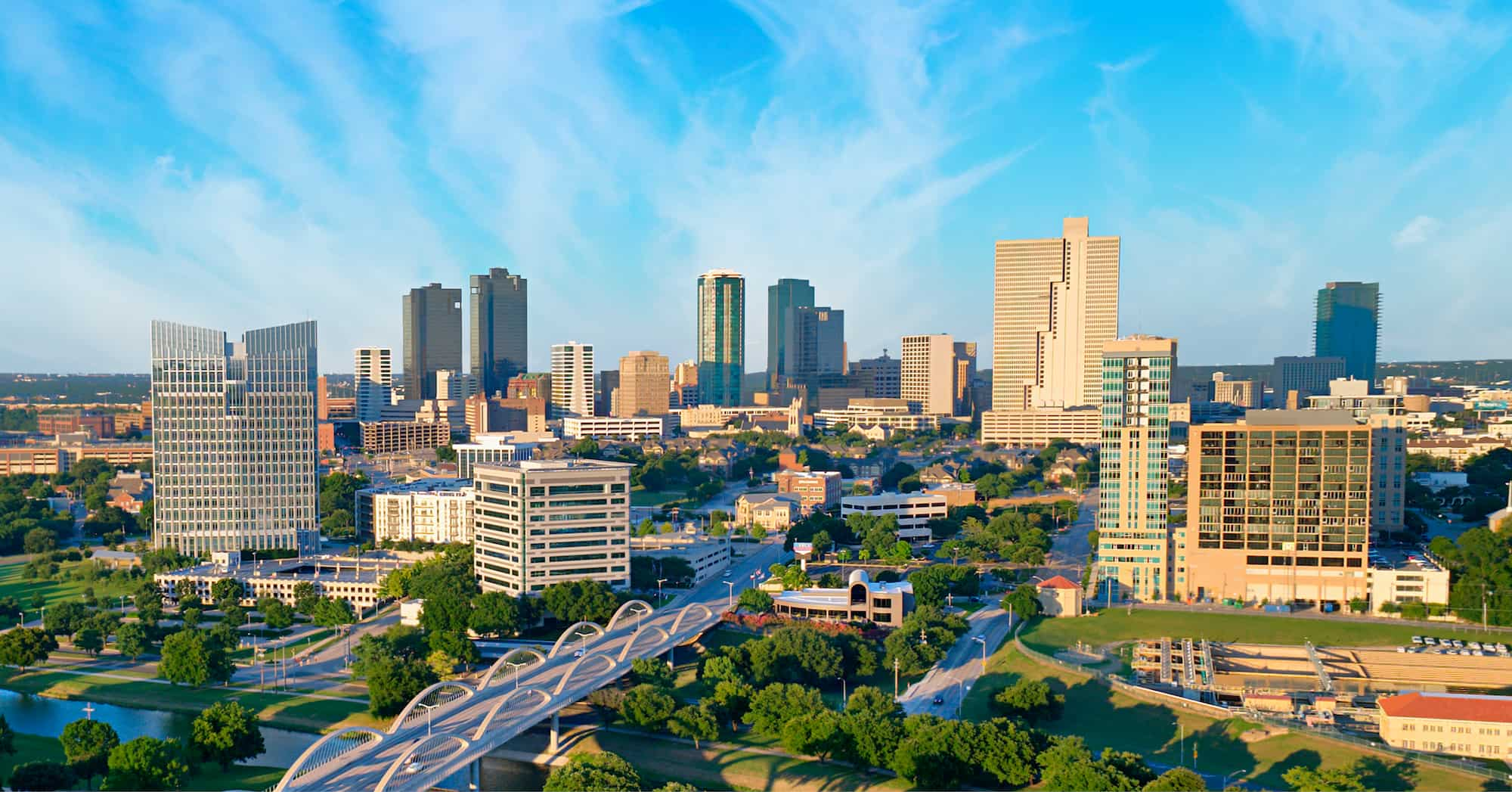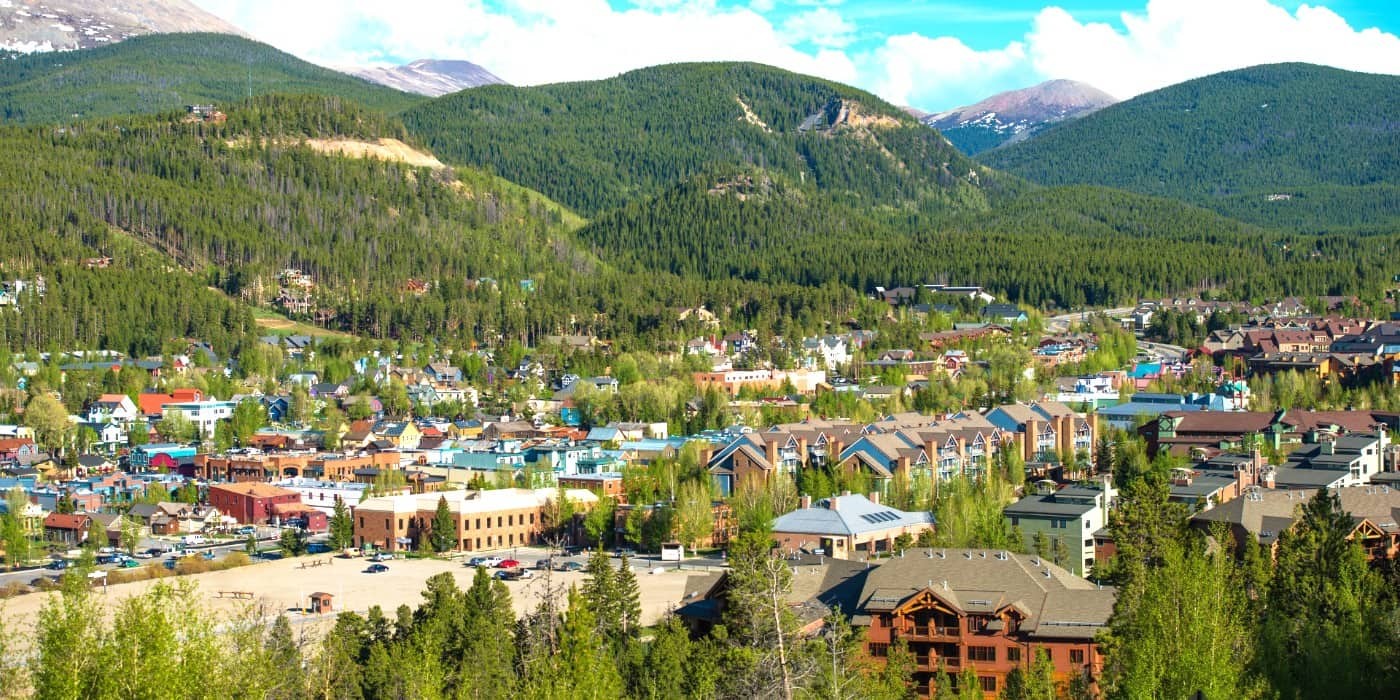Thinking about exploring San Juan, Puerto Rico? You’re in for a treat! I’ve put together this friendly, no-nonsense guide packed with everything you need to know before you touch down in the heart of the Caribbean. Whether you’re a history buff, a beach bum, or a foodie on the hunt for the world’s best mofongo, you’ll find my favorite places, must-try activities, tasty eats, and insider tips all in one place.
In this guide, you’ll discover the top things to do in San Juan — from wandering the colorful streets of Old San Juan to unwinding on sun-soaked beaches, sampling local flavors, and even finding the city’s best sunset spots. I’ll also share practical advice, hidden gems, and a few personal stories to help you get the most out of your adventure.
🏠 Where to Stay in San Juan, Puerto Rico
- 💎 Luxury Hotel: Condado Vanderbilt Hotel
- ✨ 5-Star: O:LV Fifty Five Hotel - Adults Only
- 🏨 4-Star: Avila Guesthouse
- 🛏️ 3-Star: EL Colonial Open Bar Adults Only
- 💸 Cheap: Isla Verde By The Beach Guest House
- 🏢 Apartment: Joe Apartment
- 👨👩👧👦 For Families: The Condado Plaza Hotel
- 🏩 For Couples: RH los ángeles (#3) APT 1er piso
💁 Best Guided Tours
- Jet Ski Tour through San Juan Bay from $169 (⭐️4.7/5)
- Mixology Class at Casa BACARDÍ in Puerto Rico from $89 (⭐️4.8/5)
- Authentic Flavors of San Juan Food Tour from $165 (⭐️4.9/5)
- ATV Single Rider Adventure Near San Juan - Hacienda Campo Rico from $136 (⭐️4.8/5)
- San Juan Guided Snorkel With Turtles Tour and Videos from $52 (⭐️4.9/5)
Best Things to Do in San Juan Puerto Rico
1. Old San Juan
Wandering the Streets. Every time I step into Old San Juan, I feel like I’m walking through a living postcard. The cobblestone streets — Calle Fortaleza, Calle del Cristo, and Calle San Sebastián — are bursting with color. Blue, pink, and yellow colonial buildings line the roads, and every corner offers a new photo opportunity. My advice: put away your map and just get lost. You’ll stumble upon tiny plazas, street art, and the sound of salsa drifting from open windows.
Exploring the Forts. Old San Juan’s two massive forts, Castillo San Felipe and Castillo Cristóbal, are a must for any visit. El Morro (501 Calle Norzagaray) is famous for its sweeping ocean views and grassy lawns where families fly kites. Inside, you’ll find tunnels, cannons, and even a small chapel. Castillo Cristóbal (Calle Norzagaray at Plaza Colón) is the largest Spanish fort in the Americas, with three levels to explore and panoramic city views. Both forts are open daily from 9am to 6pm.
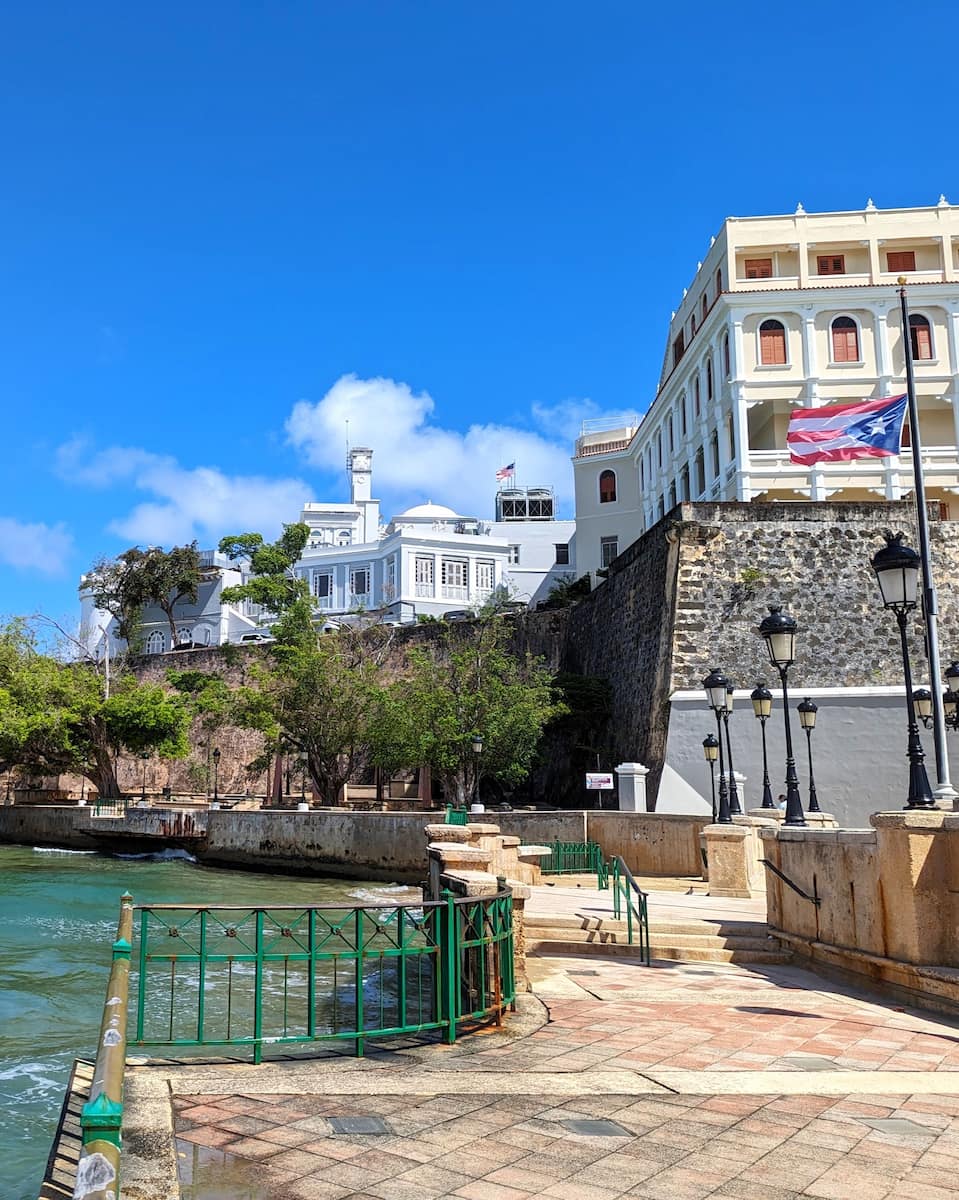
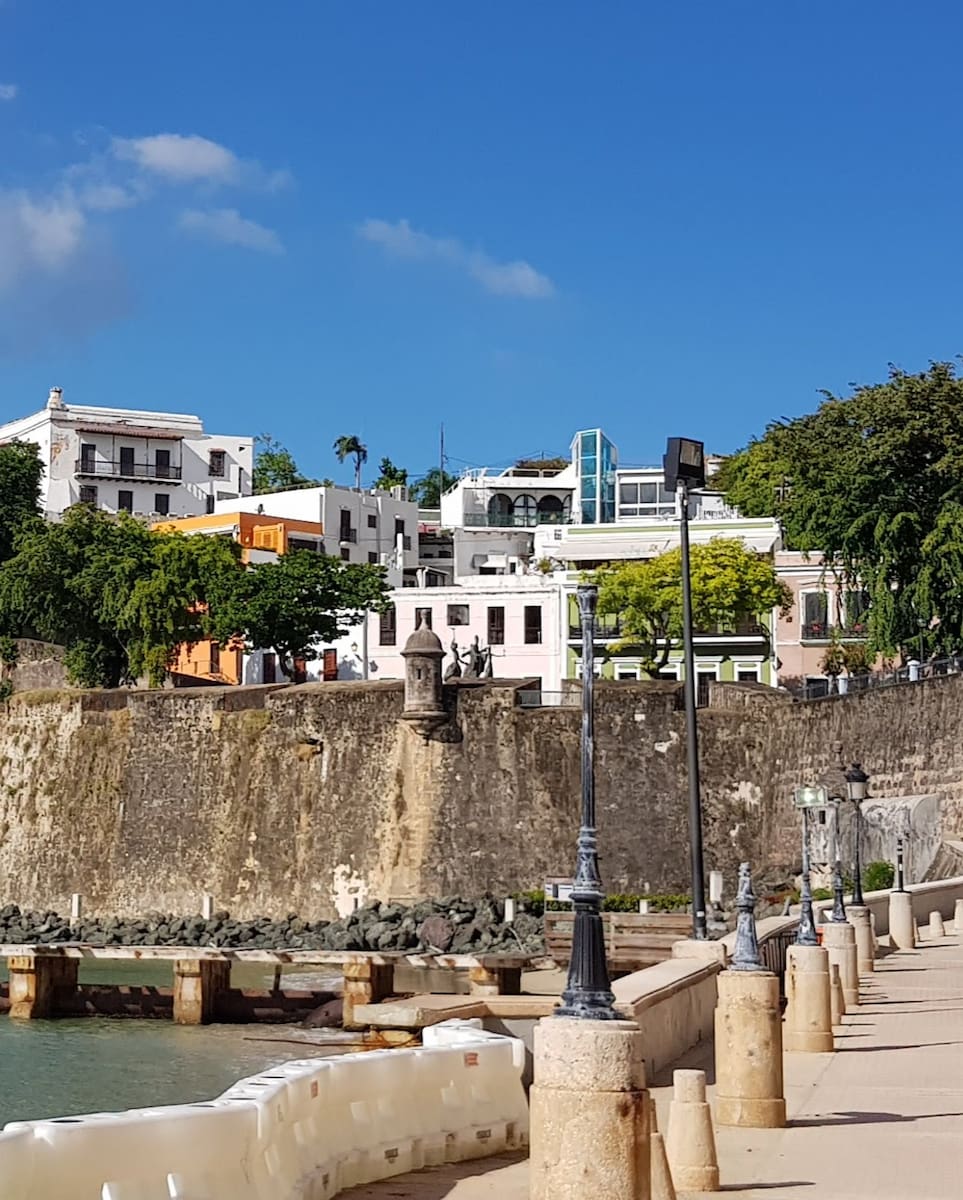
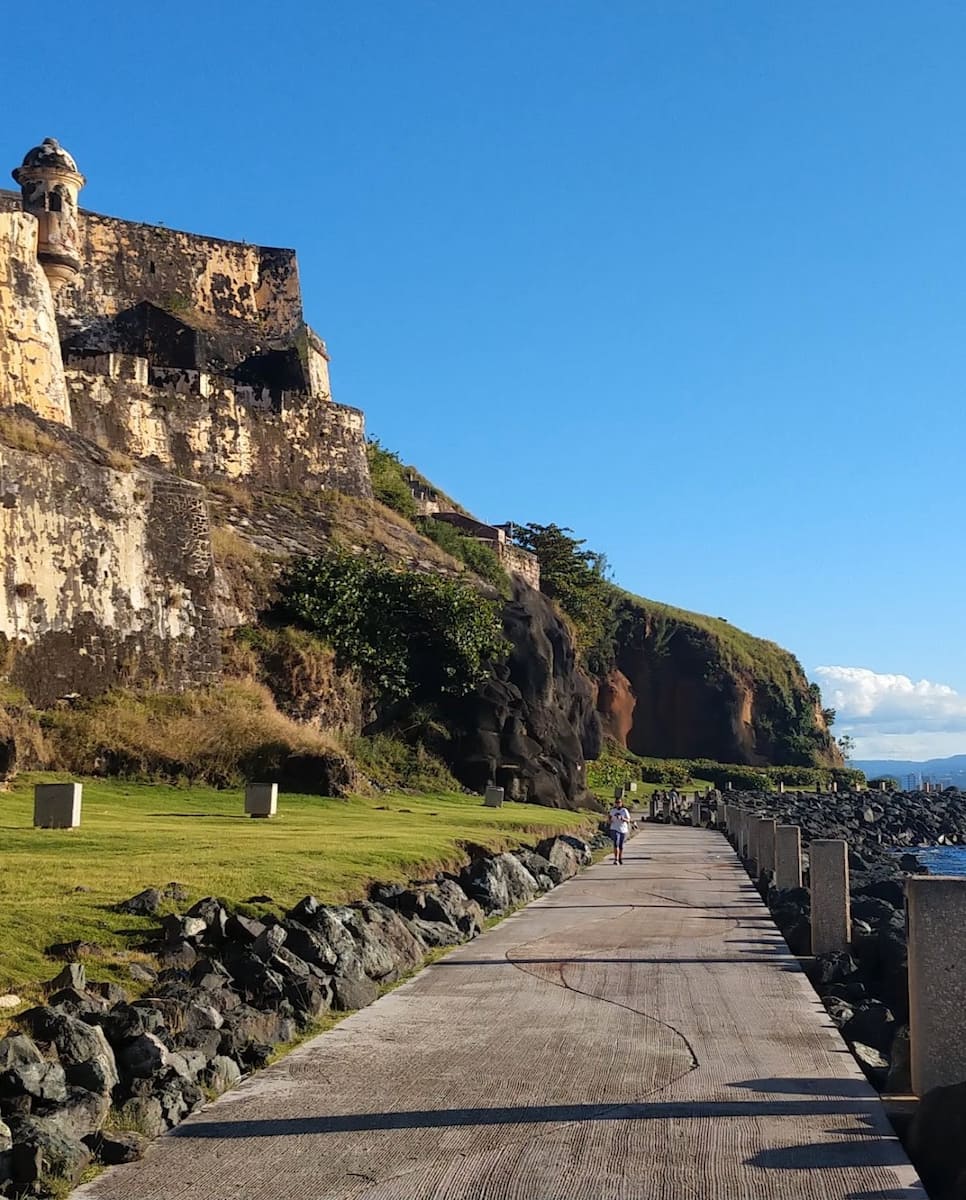
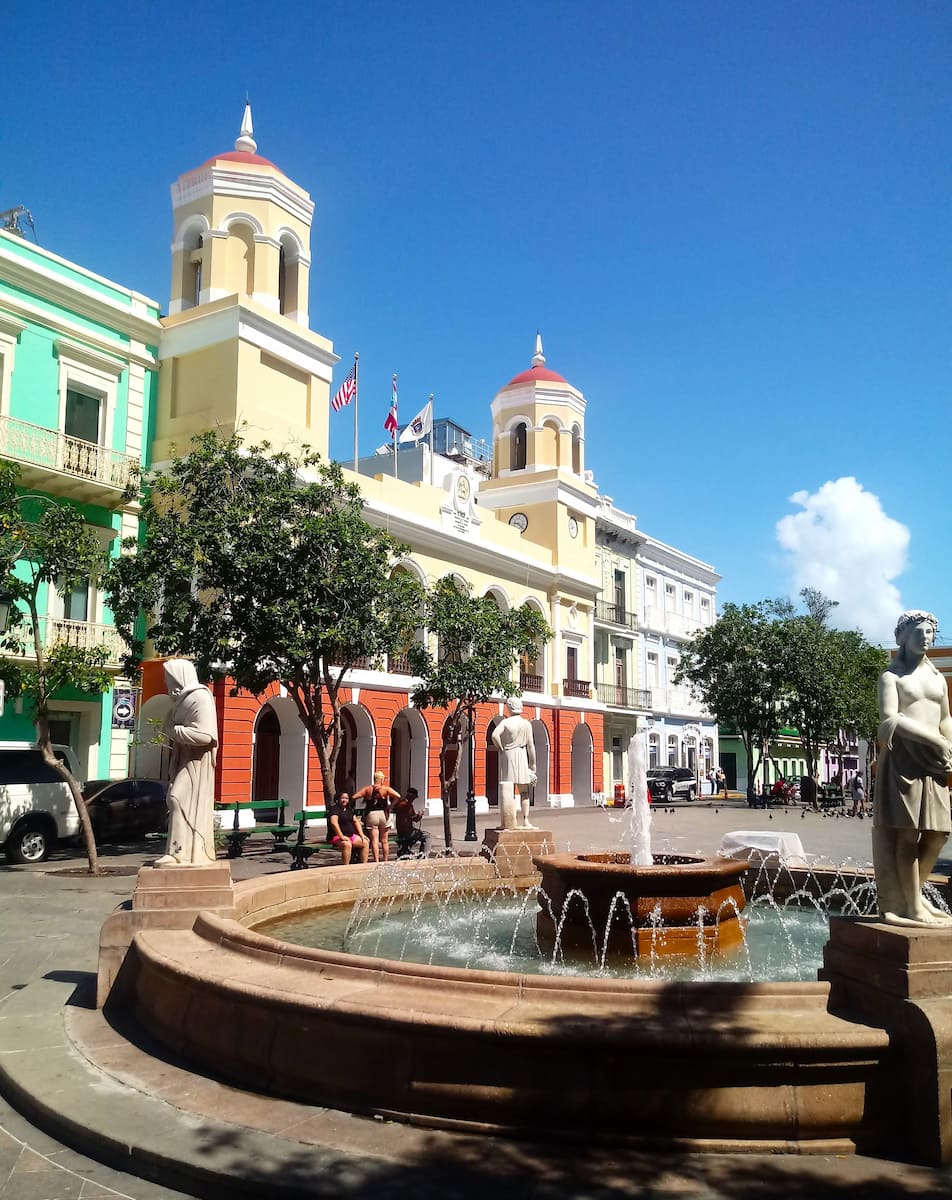
| Attraction | Entry Fee (USD) | Entry Fee (EUR) | Entry Fee (Local, approx.) | Hours | Notes |
|---|---|---|---|---|---|
| El Morro & San Cristóbal | $10 (16+) | €9.30 | ~10 USD | 9am–6pm | One ticket covers both forts; kids <16 free |
Plazas and Promenades. Plaza de Armas is my go-to for people-watching and a quick coffee break. For a scenic stroll, Paseo de la Princesa is lined with palm trees, fountains, and local vendors. Don’t miss the Raíces Fountain at the end, which celebrates Rico’s cultural roots.
Gate. Walking through the iconic red Juan Gate feels like stepping back in time. From here, I love following the Paseo del Morro, a path along the old city walls with unbeatable ocean views. It’s especially peaceful in the early morning or late afternoon.
Cathedral. Catedral Bautista (151 Calle del Cristo) is the second-oldest cathedral in the Americas. The cool, quiet interior is a welcome break from the sun, and you can see the tomb of Spanish explorer Juan Ponce de León. Entry is free, but donations are welcome.
⭐️ Best Activities
- Old San Juan Walking Tour – Discover the colorful streets, colonial history, and hidden gems of Old San Juan on this guided walking tour. Perfect for first-time visitors and history lovers!
2. Castillo San Felipe del Morro
First Impressions. When I first saw Castillo San Felipe del Morro, or simply El Morro, I felt like I’d stepped into a real-life fortress from a pirate movie. This UNESCO World Heritage Site rises above the Atlantic at the tip of Old San Juan, its six levels of stone walls and original cannons telling stories of pirates, battles, and Spanish explorers. The salty wind, the sound of waves crashing below, and the endless green lawns make this spot unforgettable.
What You’ll Experience. Inside El Morro, you can wander through barracks, peek into dungeons, and climb up to the lighthouse for sweeping views of Juan Bay and the city skyline. The fort’s ramps and tunnels are fun to explore — just watch your step, especially after rain. Don’t miss the cannon area, where you can imagine defending the island from invaders. If you’re lucky, you’ll catch a park ranger sharing stories or leading a tour.
Must-See Highlights:
- The central courtyard: Where soldiers once drilled and cannons lined the walls.
- The lighthouse: Restored in 1908, it’s the best spot for panoramic photos.
- The sentry boxes (“garitas”): Iconic for their views and legends — ask about “La Garita del Diablo.”
- The outer lawns: Perfect for flying kites, a beloved local tradition.
Practical Details
| Ticket Type | Price (USD) | Price (EUR) | Notes |
|---|---|---|---|
| Adult (15+) | $10 | ~€9 | Includes entry to Castillo San Cristóbal |
| Children (under 15) | Free | Free | |
| Special Free Days | $0 | €0 | See below for dates |
What to Bring. I always pack a refillable water bottle (there are fountains), sunscreen, a hat, and comfortable shoes. The fort’s courtyards get hot and there’s little shade, so dress for the weather. On windy days, hold onto your hat — El Morro is famous for its breezes!
⭐️ Best Activities
- Old San Juan and El Morro Castle Walking Tour – Discover Puerto Rico’s rich history on this 2.5-hour guided walk. Explore El Morro Fort, the Governor’s Mansion, San Juan Cathedral, and more with a passionate local guide. Includes entrance fees, bottled water, and plenty of fun facts—just don’t forget your sunblock and comfy shoes!
3. Castillo San Cristóbal
Atmosphere & Senses. There’s something about the thick stone walls and salty air at Castillo Cristóbal that makes you feel like you’re part of a swashbuckling adventure. The echo of your footsteps in the tunnels, the distant crash of waves, and the call of seagulls overhead all add to the atmosphere. I always pause at the highest rampart, letting the breeze cool me down as I gaze over Juan’s rooftops and the endless blue of the Atlantic.
Experiences. If you’re traveling with kids (or just young at heart), don’t miss the hands-on exhibits. You can try on replica Spanish helmets, peek through the cannon embrasures, and even walk through the old dungeons. There are interpretive signs in both English and Spanish, making it easy to follow along.
Events & Activities. Occasionally, the fort hosts special events — think historical reenactments, salsa nights, or art installations. I once stumbled upon a local music group playing traditional Puerto songs in the main plaza. Check the San Juan National Historic Site website or ask at the entrance for a schedule.
Accessibility. The main plaza and lower levels are accessible for wheelchairs and strollers, but be aware that some areas (especially the upper ramparts and tunnels) have steep ramps and uneven stones. If mobility is a concern, stick to the main level and enjoy the exhibits and views from there.
Facilities:
- Restrooms: Available near the entrance.
- Gift Shop: Small but well-stocked — great for postcards, books, and souvenirs.
- Water Fountains: Bring a refillable bottle; you’ll need it.
Nearby Eats. Feeling hungry after your visit? Step outside and walk toward Calle Norzagaray or Calle San Sebastián. You’ll find street vendors selling piraguas (shaved ice with tropical syrups) and small bakeries with fresh empanadillas. My favorite post-fort treat: a cold coconut water from a local vendor.
Price
| Option | Price (USD) | Price (EUR) | Includes |
|---|---|---|---|
| Self-Guided Visit | $5 | ~€4.60 | Entry, maps, exhibits |
| Ranger-Led Tour | Free | Free | Included with entry, at set times |
| Private Guided Tour | $25–$40 | ~€23–€37 | Local guide, tailored experience |
⭐️ Best Activities
- Explore Old San Juan with Empanada Tasting and San Cristobal Castle – Wander the colorful streets of San Juan, taste a delicious empanada, and discover the historic San Cristobal Castle with a friendly local guide.
4. Catedral Basilica Menor de San Juan Bautista
Sights and Sounds. When I first stepped inside, I was struck by the echo of quiet footsteps on the marble floor and the gentle flicker of votive candles. The air smells faintly of incense. Sunlight filters through the stained glass, painting colorful patterns on the stone columns. If you’re lucky, you might hear the choir rehearsing or catch the organist practicing for Sunday Mass — a real treat for the senses.
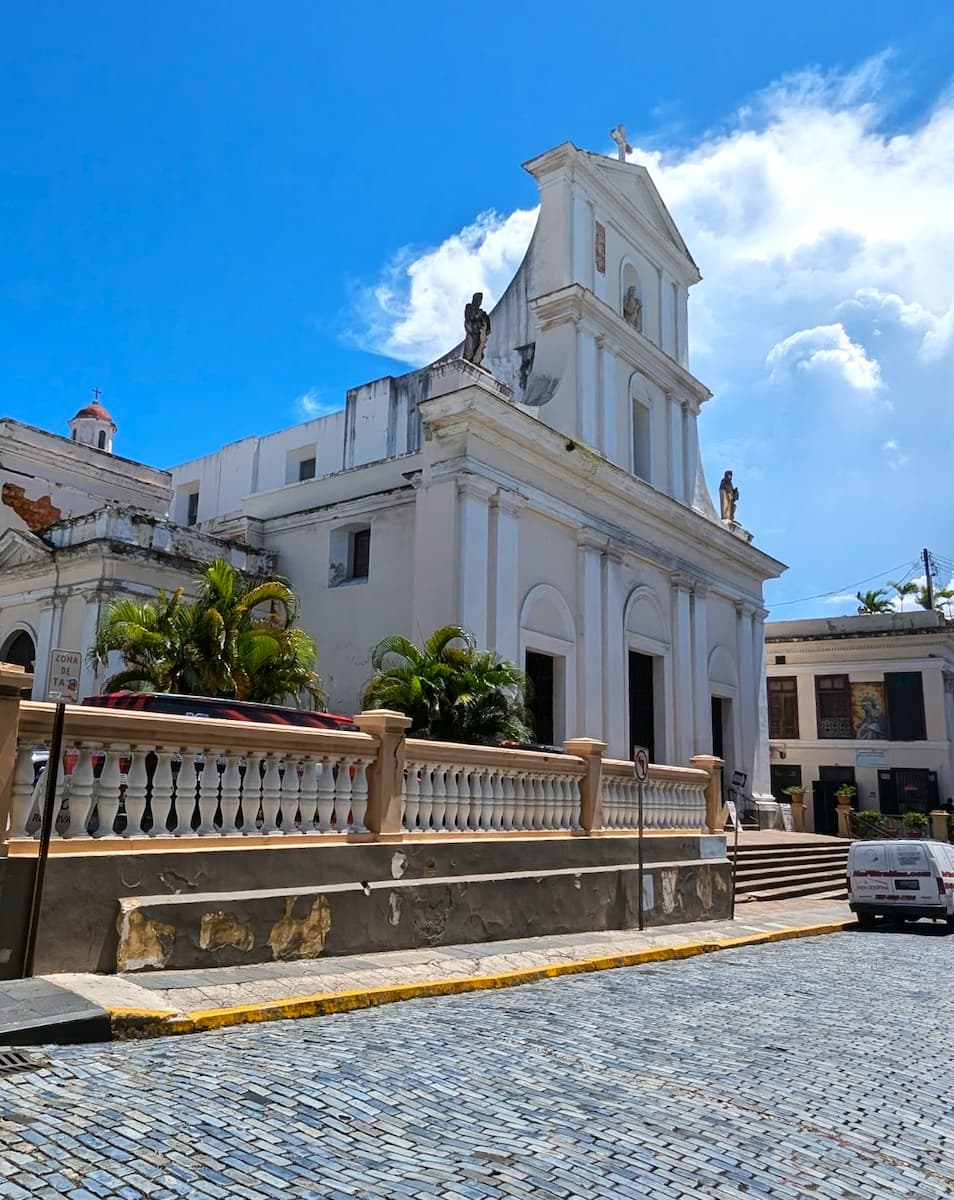
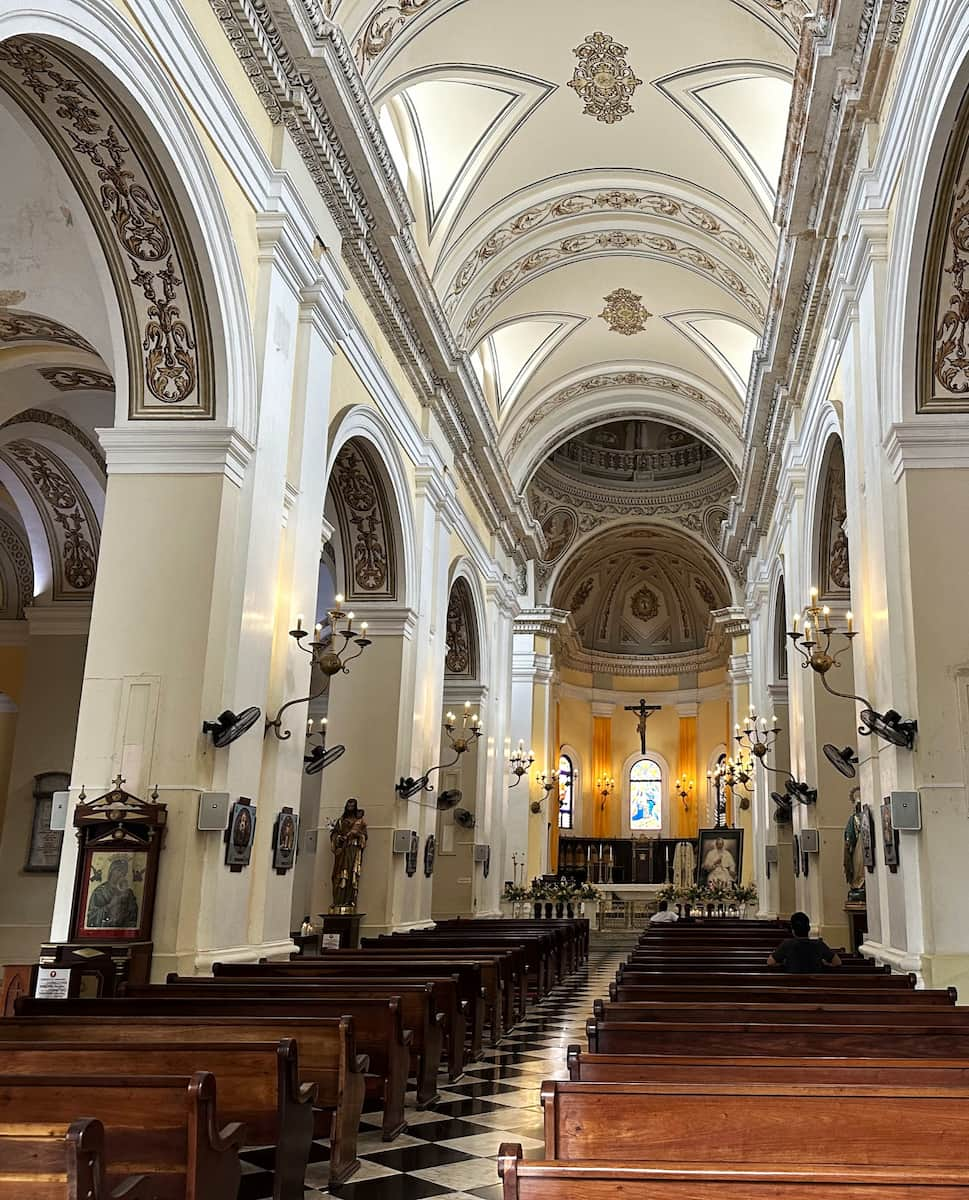
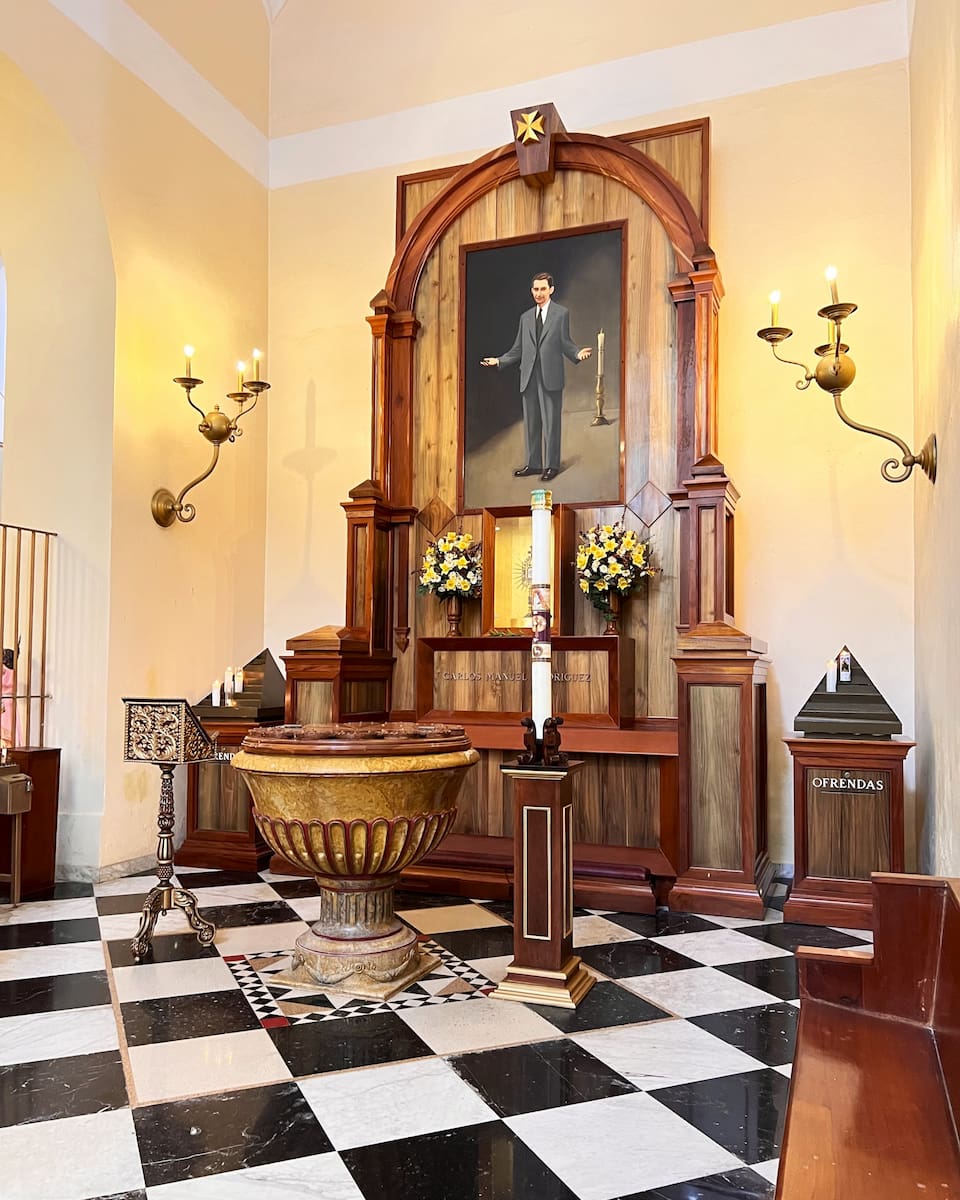
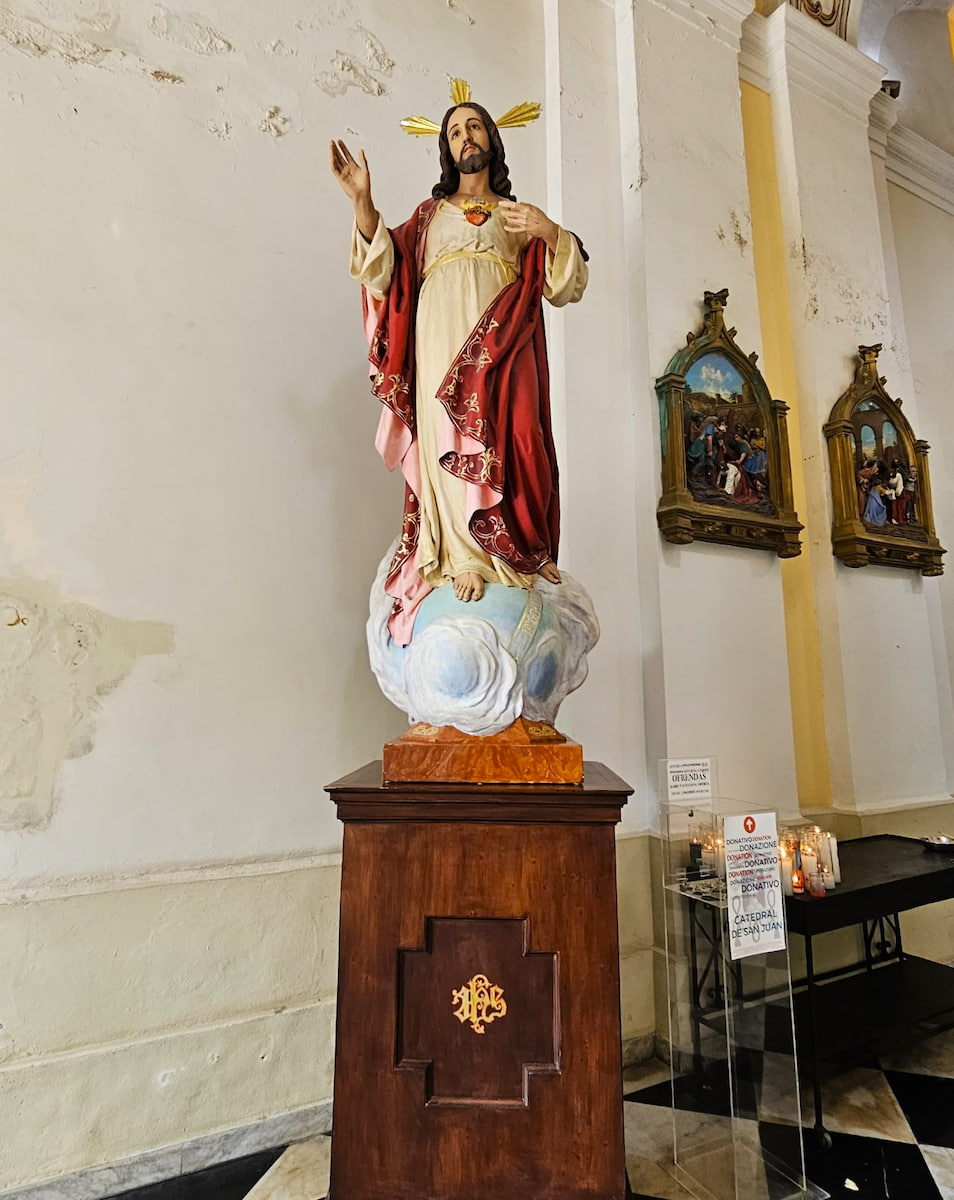
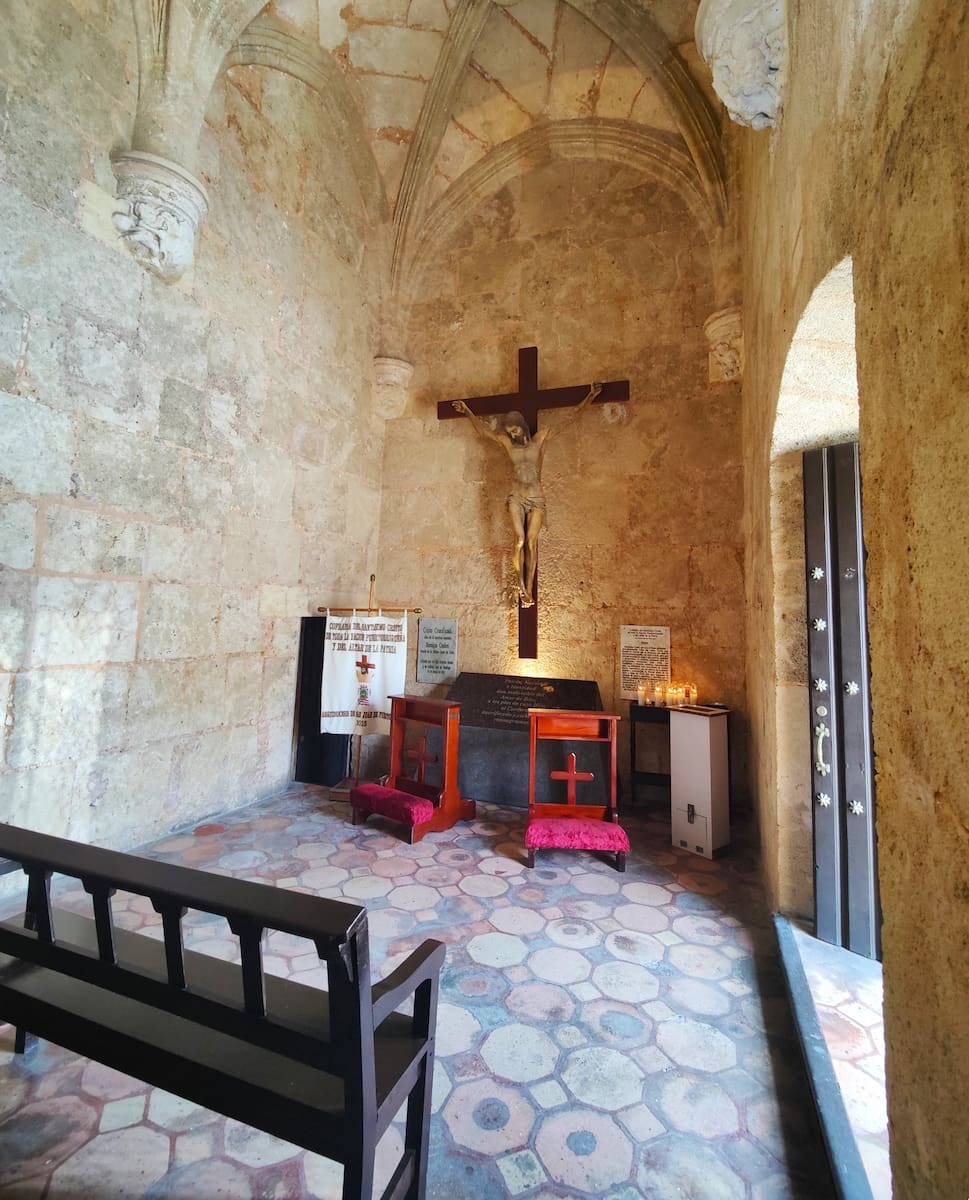
Exploring the Details. Don’t just stay in the main aisle. I always make a point to explore the side chapels. Each one has its own story, with statues of saints, hand-carved wooden benches, and centuries-old paintings. One of my favorite discoveries was the small, quiet chapel dedicated to Our Lady of Providence. Locals often leave flowers and handwritten notes here — proof that this is still a living place of worship, not just a tourist stop.
Photography. While photography is allowed, I try to be discreet, especially if there’s a service or people praying. The best shots are from the back, looking toward the altar, or from the side aisles where you can capture the play of light through the windows. Flash photography isn’t permitted.
Nearby Attractions. If you’re planning your route, the cathedral is just steps from other Old San Juan highlights:
- Calle del Cristo: A lively street for shopping and people-watching.
- La Fortaleza: The governor’s mansion, a few minutes’ walk away.
- El Convento: A former convent turned into a cultural center and event space.
Worth Your Time. San Juan Cathedral isn’t just another old building. It’s a living piece of Puerto Rican history and a peaceful haven in the heart of the city. Whether you’re escaping a sudden rain shower or looking for a quiet moment, this spot offers a real connection to the island’s past and present.
Practical Info
| What | Details |
|---|---|
| Location | 151 Calle del Cristo, Old San Juan |
| Hours | 8:30am–4:00pm (Mon–Sat), 8:30am–2:00pm (Sun) |
| Entry Fee | Free or $2 (donation suggested) |
| Dress Code | Shoulders/knees covered; hats off inside |
| Accessibility | Wheelchair accessible, stroller friendly |
⭐️ Best Activities
- Walking Historical Tour of Old San Juan – Step back in time as you stroll the cobblestone streets of Old San Juan with a local guide in a bright green shirt. Discover the city’s fascinating colonial history, hidden plazas, and colorful architecture on this engaging walking tour.
5. Torre Yokahú
Panoramic Views. When I climbed the 69-foot Torre Yokahú, I felt like I was floating above a sea of green. The observation deck sits at 1,575 feet (480 meters), offering a 360-degree view over Yunque National Forest. On a clear day, you can spot the coastline, distant Virgin Islands, and four different types of rainforest: Colorado, Tabonuco, Palm, and Cloud Forest. The treetops stretch endlessly, and the breeze carries the scent of wet earth and wildflowers.
Transport. Torre Yokahú is located on Road 191, km 8.8, inside Yunque National Forest. If you’re driving from San Juan, expect about a one-hour trip. There’s a parking lot right next to the tower — no long hikes required, just a short walk up a winding staircase. Public transport is possible, but you’ll need to walk about 1.5 miles from the main entrance, so plan for a 30–40 minute trek.
Entry Fees
| Fee Type | Price (USD) | Price (EUR) |
|---|---|---|
| Parking | $5.00 | €4.60 |
| El Yunque Entry | Free | Free |
Best Time to Visit. Arrive early to avoid crowds and enjoy the peaceful morning light. The rainy season (May–November) makes the forest extra lush, but check the weather before you go—clouds can sometimes block the view.
6. Museum of Art of Puerto Rico
Art and Culture. If you want to understand Puerto Rico’s creative soul, the Museum of Art of Puerto Rico (Museo de Arte de Puerto Rico, MAPR) in Santurce is the place to start. I was amazed by the sheer variety — over 18 exhibition halls filled with paintings, sculpture, and multimedia works from the 17th century to today. From vibrant pieces by Rafael Tufiño to the historic “Virgen de la Soledad de la Victoria” by José Campeche, you’ll see how art has evolved through Spanish colonialism, Afro-Caribbean influences, and modern times.
Building and Gardens. The museum itself is a work of art — a neoclassical building from the 1920s, once the city’s hospital. Stepping inside, I was greeted by a bright, modern atrium. Outside, the sculpture garden is a lush oasis, dotted with contemporary art and native plants. I loved wandering here after exploring the galleries — a peaceful break from the city buzz.
Exhibitions. MAPR is never boring. Besides its permanent collection, there are always new special exhibitions, often featuring international artists or fresh Puerto talent. When I visited, I joined a guided tour and picked up fascinating stories behind the art. The museum also offers workshops, educational programs, and sometimes live music or festivals—making it a true cultural hub.
Admission
| Visitor Type | Price (USD) | Price (EUR) |
|---|---|---|
| Adults | $15 | ~€14 |
| Children (5+) | $5 | ~€4.70 |
| Seniors (65+) | $5 | ~€4.70 |
| Students (with ID) | $5 | ~€4.70 |
| Military | $5 | ~€4.70 |
| Residents (with ID) | $12 | ~€11.30 |
| Kids under 5 | Free | Free |
| Partners, Members | Free | Free |
Interactive Experiences. What surprised me most at the Museum of Art of Puerto Rico was how hands-on some exhibits are. In the family gallery, I watched kids sketching at easels and adults experimenting with digital art stations. On weekends, the museum often hosts workshops — think printmaking, painting, or even salsa-inspired art classes. I once joined a mask-making session inspired by Puerto Rican festivals, and it was a blast (even if my mask looked more like a confused cat than a carnival creature).
⭐️ Best Activities
- Insider’s View of Local San Juan Walking Tour – Discover hidden gems and vibrant street art as you stroll through San Juan with a local guide. End your walk near fantastic local restaurants and just minutes from the beach — perfect for lunch and a seaside stroll!
7. San Juan National Historic Site
Entrance. You’ll find the main entrances to El Morro and San Cristóbal right in Old San Juan. I usually start at El Morro (northern tip of the city) and work my way south. Both forts are easy to reach on foot, and there’s a free trolley (look for Trolley Route 1) that loops around the historic district— perfect if you want to save your legs for climbing towers!
How Much Time. El Morro: 1–2 hours if you want to see the main levels, take photos, and relax on the lawn. Cristóbal: 1 hour is enough for the highlights, but history fans could spend longer. Both forts + walking the walls: 3–4 hours for a relaxed visit.
Favorite Moments:
- Kite Festival: If you’re lucky, you might catch a local kite festival on El Morro’s lawn. The sky fills with bright colors, and the energy is contagious. Even on regular days, you’ll see families flying kites — bring one if you want to join in!
- Sunset at El Morro: The golden hour here is magical. The ocean glows, the city walls turn warm orange, and you can hear the city winding down as the sun sets behind the lighthouse.
- Echoes in the Tunnels: At Cristóbal, I once stood in a tunnel and listened to my footsteps echo. It’s a little spooky, but it really brings the history to life.
Hidden Corners:
- La Garita del Diablo (Devil’s Sentry Box): At Cristóbal, this legendary sentry box is the source of many local ghost stories. It’s a fun spot for brave souls!
- Old Cannons and Lookout Points: Both forts have original cannons and lookout posts — imagine what it was like to defend the city centuries ago.
- Paseo del Morro: This path along the city walls is less crowded and offers some of the best ocean views in San Juan.
Price
| Activity | Price (USD) | Price (EUR) | Notes |
|---|---|---|---|
| El Morro entry | $10 | ~€9 | Includes San Cristóbal |
| San Cristóbal entry | $10 | ~€9 | Included in El Morro ticket |
| Guided ranger tour | Free | Free | Included with entry |
| Annual pass (all US Nat’l Parks) | $35 | ~€32 | Good for a year |
| Trolley (Old San Juan) | Free | Free | Hop-on, hop-off |
⭐️ Best Activities
- Old San Juan Bike Tour – Pedal through the colorful streets of Old San Juan, discover hidden corners, and soak up the city’s colonial charm with a local guide.
8. San Juan Sunset Boat Ride
Atmosphere On Board. The vibe on these sunset cruises is relaxed and social. Locals and visitors mingle, and it’s easy to strike up a conversation with someone over a glass of rum punch. On my last trip, a local guide shared stories about the old city walls and pointed out hidden spots along the coastline. The music is usually upbeat — think salsa, reggaeton, or classic Caribbean tunes — which adds to the festive mood.
Route Highlights. As you glide out of San Juan Bay Marina, you’ll pass the impressive El Morro fortress, the San Juan Gate, and the colorful houses of La Perla. The boat circles around the bay, so you get views of the city skyline, the cruise port, and the lush green hills in the distance. Sometimes, you’ll even spot pelicans diving for fish or, if you’re lucky, a sea turtle surfacing.
Sunset Adventures. Sailing into San Juan Bay as the sun sets is an experience I always recommend. The sky turns orange and pink, and the city’s historic forts — like Castillo San Felipe del Morro and La Fortaleza — glow in the fading light. You’ll see Old Juan’s colorful buildings from a new angle, with the Caribbean breeze in your hair and music in the air. It’s the perfect way to end a day of exploring.
What to Expect. Most sunset cruises last about 1.5 hours and start from Juan Bay Marina, just a short drive from Condado or Isla Verde. You’ll cruise past famous landmarks: Paseo de la Princesa, the city walls, and even Casa Bacardi across the water. The boats are comfortable, with space for up to 36 guests, and there’s always a lively, friendly vibe on board.
Tastes and Drinks. On board, you’ll find light snacks like turkey wraps, cheese, grapes, and pretzel crackers. Drinks are included — think local Medalla beer, rum punch, sodas, and water. Some tours even offer Prosecco or Cava for a sparkling toast as the sun dips below the horizon.
Price
| Cruise Type | Duration | Price (USD) | Price (EUR) | Inclusions |
|---|---|---|---|---|
| Shared Sunset Cruise | 1.5 hrs | $99–$119 | €91–€109 | Snacks, drinks, guide |
| Private Sunset Cruise | 1.5 hrs | $299/group | €273/group | Snacks, drinks, private boat |
| Catano Ferry (Budget) | 20 min | $0.50 | €0.46 | No snacks/drinks, basic ride |
⭐️ Best Activities
- San Juan Sunset Harbor Boat Ride – Set sail for 1.5 hours and soak up Old San Juan’s skyline as the sun dips below the horizon. Enjoy rum punch, local beer, and tasty snacks while gliding past sights like Paseo de la Princesa and Casa Bacardi. Hotel pickup available for a smooth start to your evening.
9. Flamenco Beach
Getting There. Flamenco Beach sits on Culebra Island, a short ferry ride from Ceiba on Puerto Rico’s main island. The ferry costs about $4.00 (USD/EUR) each way, and you’ll need to grab a taxi van at the Culebra terminal — expect to pay $5.00 each way per person. Once you arrive, there’s a small entrance fee of $2.00 per person, and parking near the ferry terminal is $15.00 a day if you’re driving. My advice: bring cash for all these little fees, as cards are rarely accepted.
| Expense | Price (USD/EUR) |
|---|---|
| Ferry (Ceiba–Culebra) | $4.00 each way |
| Taxi van (terminal–beach) | $5.00 each way |
| Beach entrance fee | $2.00 per person |
| Parking (Ceiba terminal) | $15.00 per day |
Beach Experience. When I first set foot on Flamenco Beach, the white sand and turquoise water almost didn’t seem real. The beach stretches for 1.5 miles in a perfect crescent, with calm, clear water that’s ideal for swimming and snorkeling. If you love snorkeling, head to the far right (east end) where the sand meets the rocks — locals call it “Shark Cages” — for the best underwater views and healthier reefs. The water is usually gentle, but always check for red flags before swimming, especially in winter.
Amenities and Food. You’ll find basic bathrooms, changing rooms, and a few food kiosks by the main parking area. The shrimp empanadas from the food trucks are a must-try — expect to pay around $5.00 for a snack. Beach chair rentals are $10.00 a day, and umbrellas go for $20.00. If you’re like me and prefer a quieter spot, walk further down the beach away from the crowds and kiosks. Just remember: shade is limited, so bring your own umbrella if you can
Unique Features. What makes Flamenco Beach stand out isn’t just the scenery. Walk to the west end and you’ll spot two rusting, graffiti-covered tanks left over from US military exercises — a surreal photo op that’s become a quirky symbol of the beach. The vibe is laid-back and local, especially if you visit midweek or early morning. I’ve found the best snorkeling and quietest spots by heading away from the main entrance.
⭐️ Best Activities
- Culebra Snorkel and Beach Day with Lunch and Drinks – Spend a day exploring the turquoise waters and white sands of Culebra Island. This all-inclusive tour from Fajardo features two snorkeling stops, a friendly crew, a delicious lunch, and refreshing drinks. Perfect for families, couples, or anyone who wants to swim with sea turtles and soak up the sun in paradise!
10. The Mall of San Juan
Luxury Shopping. If you’re looking for the ultimate shopping experience in Puerto Rico, The Mall of San Juan is the place. I was blown away by the sheer variety — over 100 stores, including luxury brands like Gucci, Louis Vuitton, Versace, and Saint Laurent, plus favorites like Zara, H&M, and Anthropologie. The mall’s sleek, modern design and open, sunlit spaces make shopping here feel more like a treat than a chore. I always recommend starting with a quick walk-through to map out your must-visit shops — trust me, it’s easy to get distracted by all the tempting displays.
Dining Delights. Shopping works up an appetite, and this mall delivers. From fine dining at Vin’us to casual bites at Burger & Beer Joint or Metropol, there’s something for every palate. My personal favorite? Lunch at Il Nuovo Mercato, an Italian-themed food court with stations for pizza, pasta, seafood, and more. Grab a seat by the window for a view of Laguna San José — it’s the perfect shopping break.
Family-Friendly Fun. Traveling with kids? There’s an indoor play area where little ones can burn off energy while you rest your feet. The mall also hosts live entertainment and special events throughout the year, so check the schedule before you go.
Convenience & Services. Located just minutes from Luis Muñoz Marín International Airport, The Mall of San Juan is super convenient for travelers. Free WiFi, wheelchair rentals, and even complimentary luggage storage make your visit hassle-free. If you need euros, there’s an ATM right in the mall — handy for international visitors.
Price
| Store/Service | Price Range (USD) | Price Range (EUR)* |
|---|---|---|
| Vin’us (main dishes) | $35–$95 | €32–€87 |
| Il Nuovo Mercato (lunch) | $12–$25 | €11–€23 |
| Zara (clothing) | $30–$80 | €28–€74 |
| Gucci (handbag) | $1,200–$2,500 | €1,100–€2,300 |
11. Puerta de San Juan
Gateway to Adventure. The Puerta San Juan isn’t just a photo op — it’s your first step into the heart of Old San Juan’s living history. I felt a real sense of anticipation as I walked through the massive red archway, knowing that centuries of sailors, governors, and everyday folks had done exactly the same. The thick stone walls, nearly 20 feet across, made me feel both protected and awestruck at the city’s resilience.
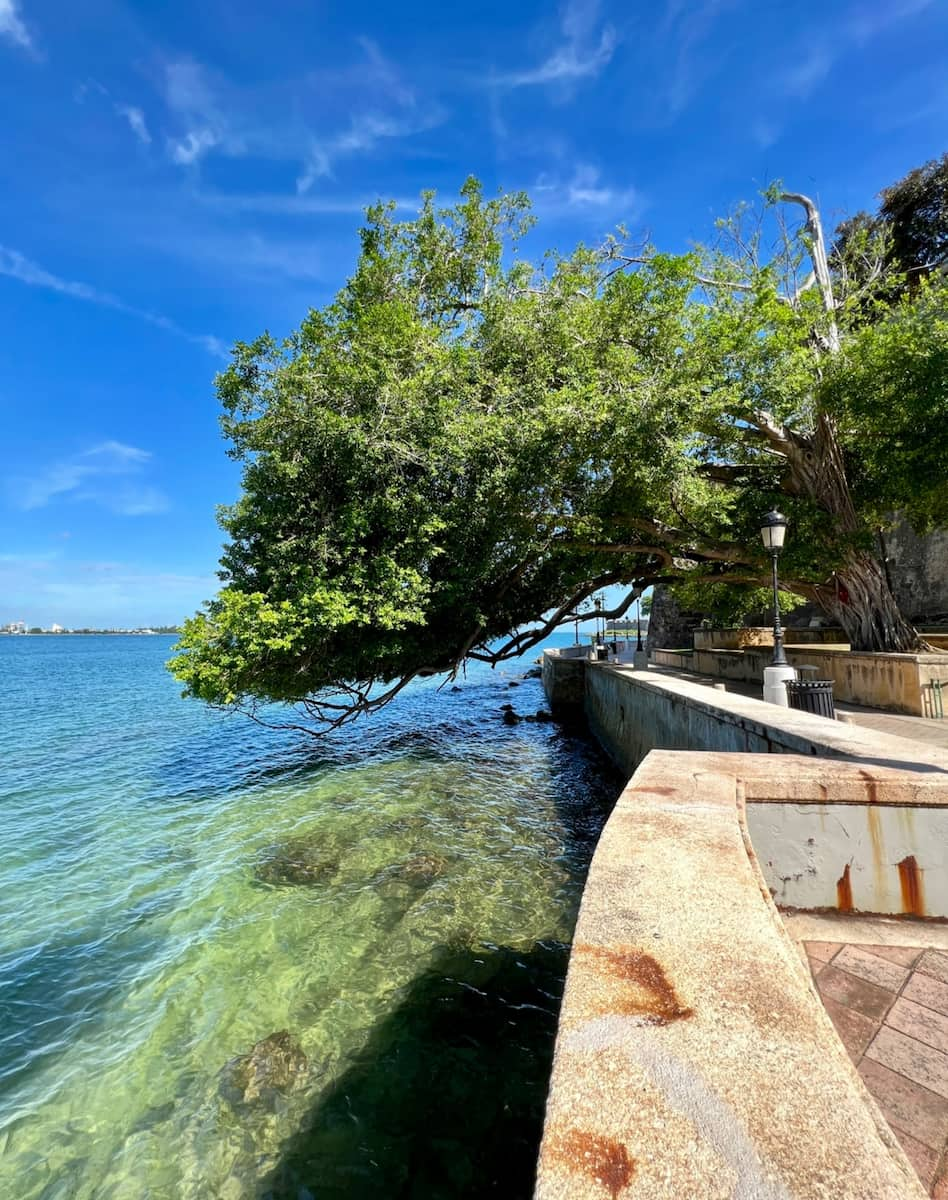
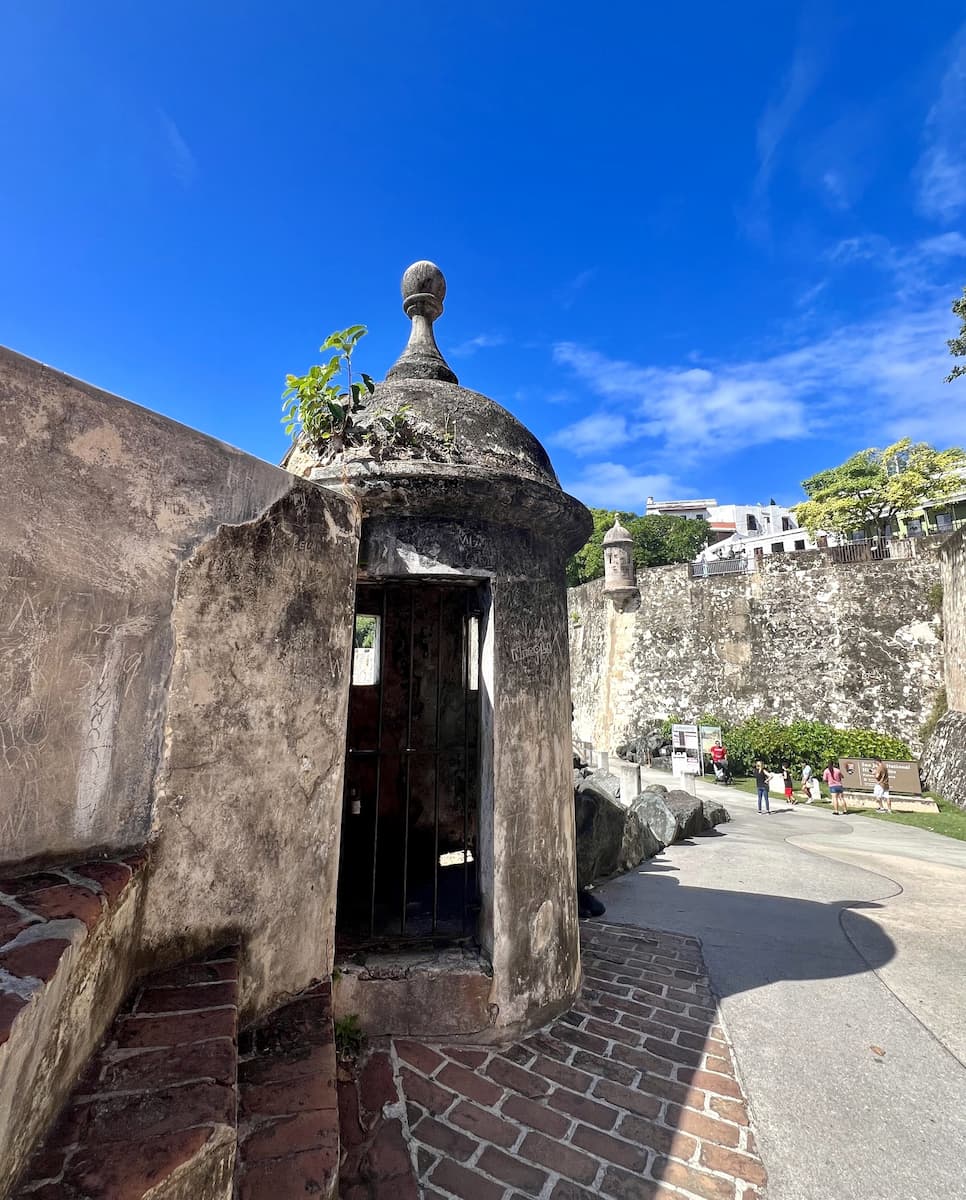
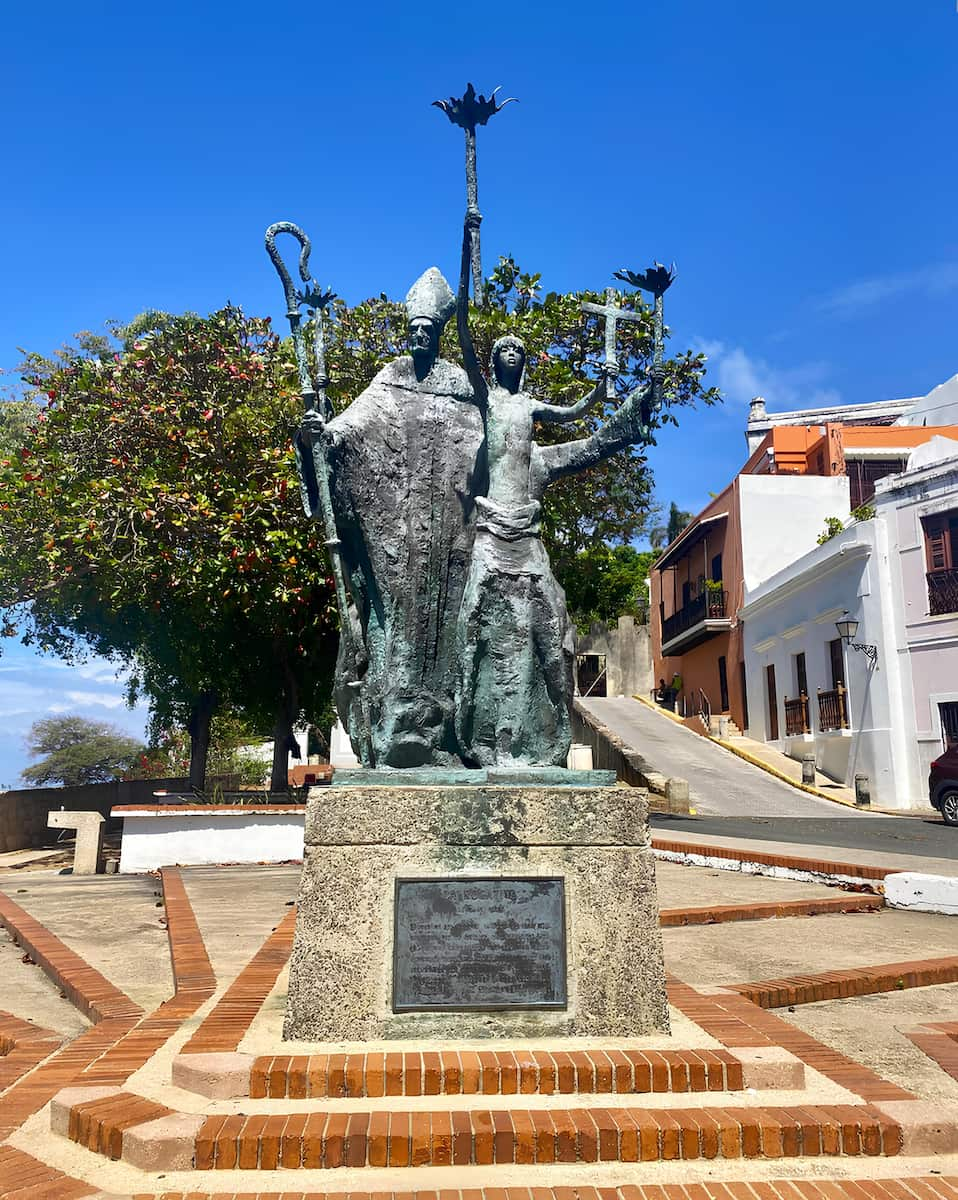
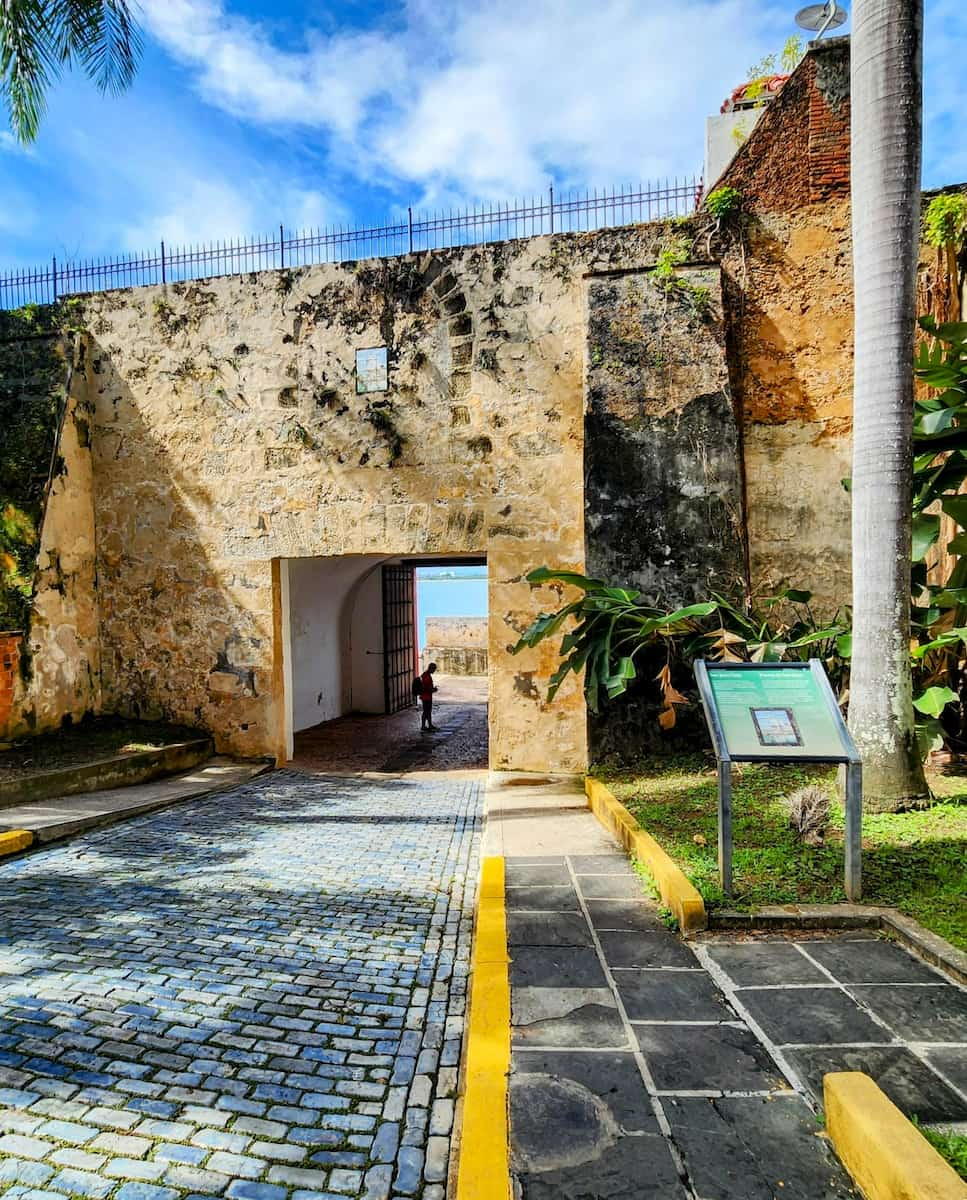
A Walk Through Time. As I passed under the Latin inscription (“Benedictus Qui Venit In Nomine Domini”), I could almost hear the echo of old Spanish hymns. The gate’s robust wooden doors, studded with iron, once kept the city safe from pirates and invaders. Guards used to close these gates at night — if you missed the curfew, you were out of luck until sunrise.
Exploring the Area. Here’s how I made the most of my visit:
- Paseo de la Princesa: Strolling along this promenade, I found local artisans, live music, and the occasional food stall — perfect for picking up a handmade souvenir or a quick bite.
- Paseo del Morro: Turning right after the gate, I followed the city walls for breathtaking views of Juan Bay and Isla de Cabras. There are benches for a rest and plenty of photo opportunities, especially at sunset.
- Local Life: The area around the gate buzzes with activity. On weekends, you might catch cultural events or musicians playing traditional tunes.
Price
| Experience | Price (USD) | Price (EUR) |
|---|---|---|
| Gate Entry | Free | Free |
| Piragua (local snow cone) | 0.30 | 0.28 |
| Guided Walking Tour | 10–20 | 9–18 |
⭐️ Best Activities
- Old San Juan, Vistas de Piñones & El Yunque Rainforest Tour with Round Trip Transport – Discover the vibrant streets of Old San Juan, the natural beauty of Piñones, and the lush wonders of El Yunque Rainforest, all with convenient round-trip transport. Perfect for those who want to see the best of Puerto Rico in one unforgettable day!
12. Plaza Colón
First Impressions. Plaza Colón in Old San Juan hits you with a burst of color and energy the moment you arrive. The grand statue of Christopher Columbus stands tall in the center, surrounded by lush gardens and vibrant colonial buildings painted in every shade you can imagine. I love how the square feels both historic and lively — there’s always something happening, from street musicians to local artists showing off their work.
People-Watching Paradise. One of my favorite things to do here is just sit on a shaded bench, cold drink in hand, and watch the world go by. Locals chat in animated Spanish, tourists line up for selfies, and kids dart around the fountains. The atmosphere is friendly and relaxed, making it a perfect spot to take a break after wandering the cobblestone streets.
Local Eats & Treats. The plaza is surrounded by trendy cafes and small shops. I recommend grabbing a café con leche and a pastelillo from a nearby bakery — expect to pay around $3–$5 (roughly €2.80–€4.60) for a snack and coffee. If you’re after a cold beer, skip the pricier restaurants and pop into a local grocery store, where you can get one for about $2 (€1.85).
| Item | Price (USD) | Price (EUR) |
|---|---|---|
| Café con leche | $2.50 | €2.30 |
| Pastelillo | $1.50 | €1.40 |
| Local beer (store) | $2.00 | €1.85 |
| Local beer (café) | $5.00 | €4.60 |
| Bus fare (one-way) | $1.00 | €0.92 |
| Taxi from cruise port | $10–$15 | €9–€14 |
Cultural Vibes. Plaza Colón is more than just a pretty square — it’s a hub for Puerto Rican culture. I’ve stumbled upon live concerts, art fairs, and even impromptu salsa dancing. The nearby streets are lined with shops selling everything from handmade crafts to quirky souvenirs, making it easy to find a unique memento of your trip.
⭐️ Best Activities
- San Juan Old Town Sunset Walking Tour – Experience the magic of San Juan’s historic streets as the sun sets, guided by a local expert who brings the city’s colorful past to life.
13. Plaza Las Américas
First Impressions. Plaza Las Américas is not just a shopping mall — it’s a full-blown experience. When I first walked through its doors at 525 Ave Franklin Delano Roosevelt, San Juan, I felt the buzz of the Caribbean’s largest shopping center. The place is massive, with more than 300 stores, 40+ dining options, and a 13-screen movie theater. Locals simply call it “Plaza,” and it’s easy to see why it’s the center of it all.
Shopping Variety. Whether you’re hunting for luxury brands like Gucci and Cartier or just grabbing basics at Macy’s, JCPenney, or Sears, you’ll find it here. I got lost (in a good way) browsing everything from high-end boutiques to affordable fashion chains like Old Navy and Forever 21. There’s even a section dedicated to Puerto Rican handicrafts at the Ricardo Alegría Cultural Walkway — perfect for picking up unique souvenirs.
Dining Delights. Foodies, rejoice! Plaza Las Américas is a paradise for your taste buds. From fast food to sit-down restaurants, there’s something for every craving. I tried Chili’s for a familiar bite, but you can also sample local flavors at La Fonda or grab a sweet treat at David’s Cookies. If you’re on a budget, the third-floor food court is your best friend, offering everything from KFC to El Mesón and Mr. Pretzels.
| Restaurant | Cuisine Type | Price Range (USD) | Price Range (EUR) | Price Range (Local) |
|---|---|---|---|---|
| Chili’s | American | $10–$20 | €9–€18 | 10–20 USD |
| El Mesón | Puerto Rican | $6–$12 | €5–€11 | 6–12 USD |
| Food Court Combos | Mixed/Fast Food | $5–$10 | €4.5–€9 | 5–10 USD |
| La Fonda | Puerto Rican | $8–$15 | €7–€13 | 8–15 USD |
Entertainment. Shopping isn’t the only draw. I caught a movie at Caribbean Cinemas — some films are in English with Spanish subtitles, so check ahead. Kids love Dave & Buster’s, and on weekends, there’s a lively farmer’s market and artisan fair above the Grand Court. I always recommend checking out the local crafts for a real taste of Puerto Rico culture.
⭐️ Best Activities
- Body Rafting & Caving: Off the Beaten Path Nature Reserve – Experience an adrenaline rush as you explore hidden caves and float down natural river channels in a stunning Puerto Rico nature reserve. Perfect for adventure lovers looking for something unique!
Entertainment for Families and Children
1. Parque de las Palomas
Setting. Parque de las Palomas, or Pigeon Park, is tucked at the end of Calle del Cristo, right next to the Capilla del Cristo chapel in Old San Juan. The park sits atop the city’s old fortress walls, offering panoramic views of Juan Bay, the harbor, and the colorful colonial buildings below. I always find the spot lively yet peaceful—a quirky escape from the busy streets, filled with the flutter and coo of hundreds of pigeons. The shady trees and Spanish-style benches make it a perfect place to cool off and watch ships glide by.
Encounters. The real stars here are the pigeons. Dozens (sometimes hundreds) of these friendly birds will eat right from your hand, and kids love the thrill of having them perch on their arms or shoulders. Vendors sometimes sell birdseed for $1–$2 (USD/EUR), but they’re not always around — so bring small bills just in case. If you don’t have feed, just hold out your hand and a few brave pigeons might still land on you!
| Expense | Price (USD/EUR) |
|---|---|
| Birdseed (vendor) | $1–$2 |
| Parking nearby | $2–$5 |
| Bus fare (D30) | $0.75 |
Photo Opportunities. Bring your camera! The combination of historic fortress walls, vibrant birds, and sweeping bay views make this one of the most Instagrammable places in San Juan. Early morning or late afternoon is best for soft light and fewer crowds. I’ve snapped some of my favorite Old San Juan shots here, especially with the Capilla del Cristo and the city walls in the background.
2. Casa Blanca Museum
History and Atmosphere. Casa Blanca Museum, tucked into the heart of Old San Juan on Calle San Sebastián, is one of the oldest and most fascinating buildings in Puerto Rico. Built in 1521 as the home of Juan Ponce de León, the island’s first governor, it’s now a museum filled with 16th and 17th-century artifacts, colonial architecture, and stories of Rico’s early days. Walking through its thick-walled rooms, I could almost hear the echoes of Spanish governors and families who once lived here. The creak of wooden floors, the cool shade, and the scent of old stone make it feel like a step back in time.
Exploring the Museum. Inside, you’ll find two floors of exhibits. The first floor shows off a bedroom, a meeting room, a kitchen, and a dining room — each decorated with period furniture and objects. Upstairs, displays explain how the house changed over the centuries, from family home to military headquarters. Some rooms are sparse, but the details — like the original beams and thick doors—are worth a closer look. The museum is managed by the Institute of Puerto Rican Culture, and while some signage is limited, you can still get a sense of daily life in colonial Puerto Rico.
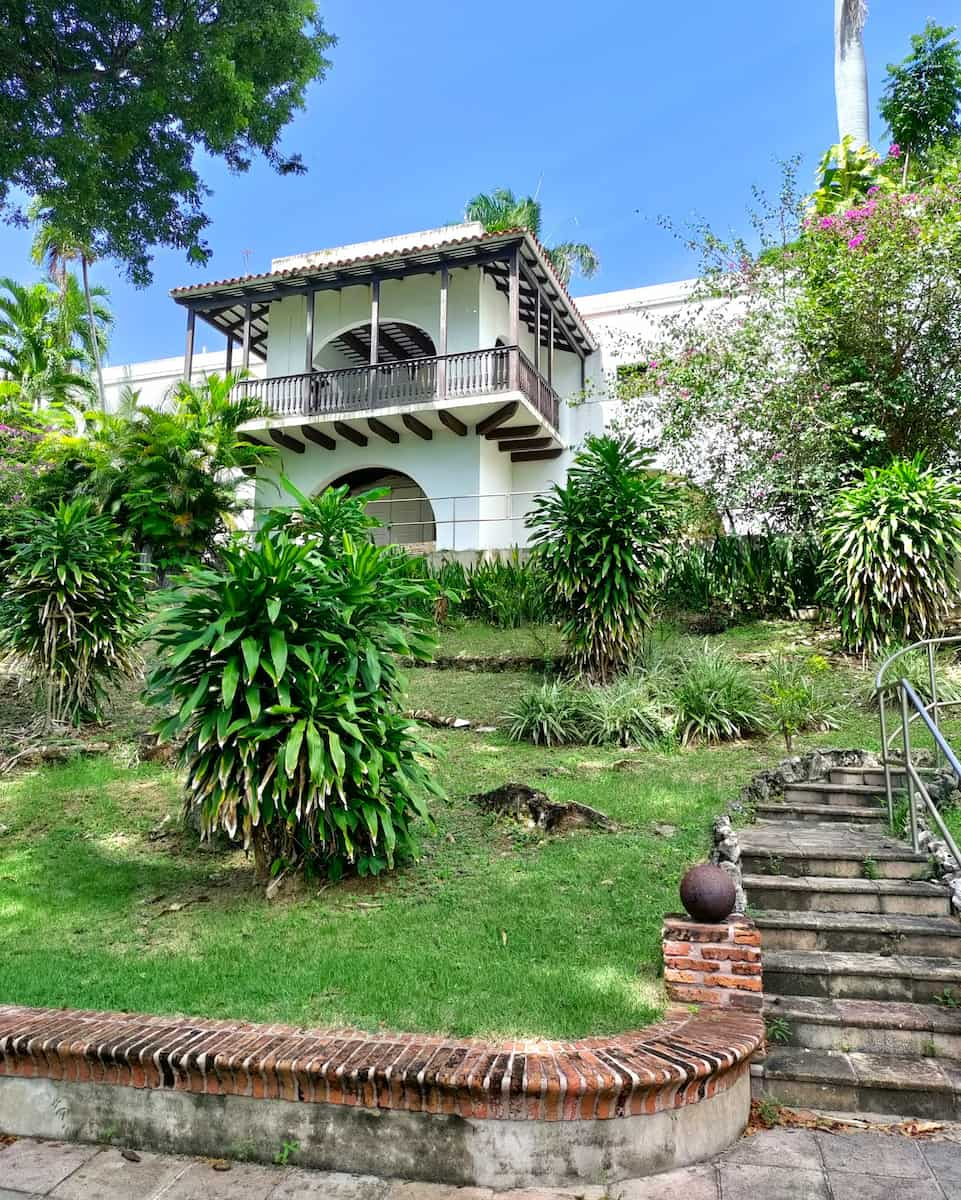
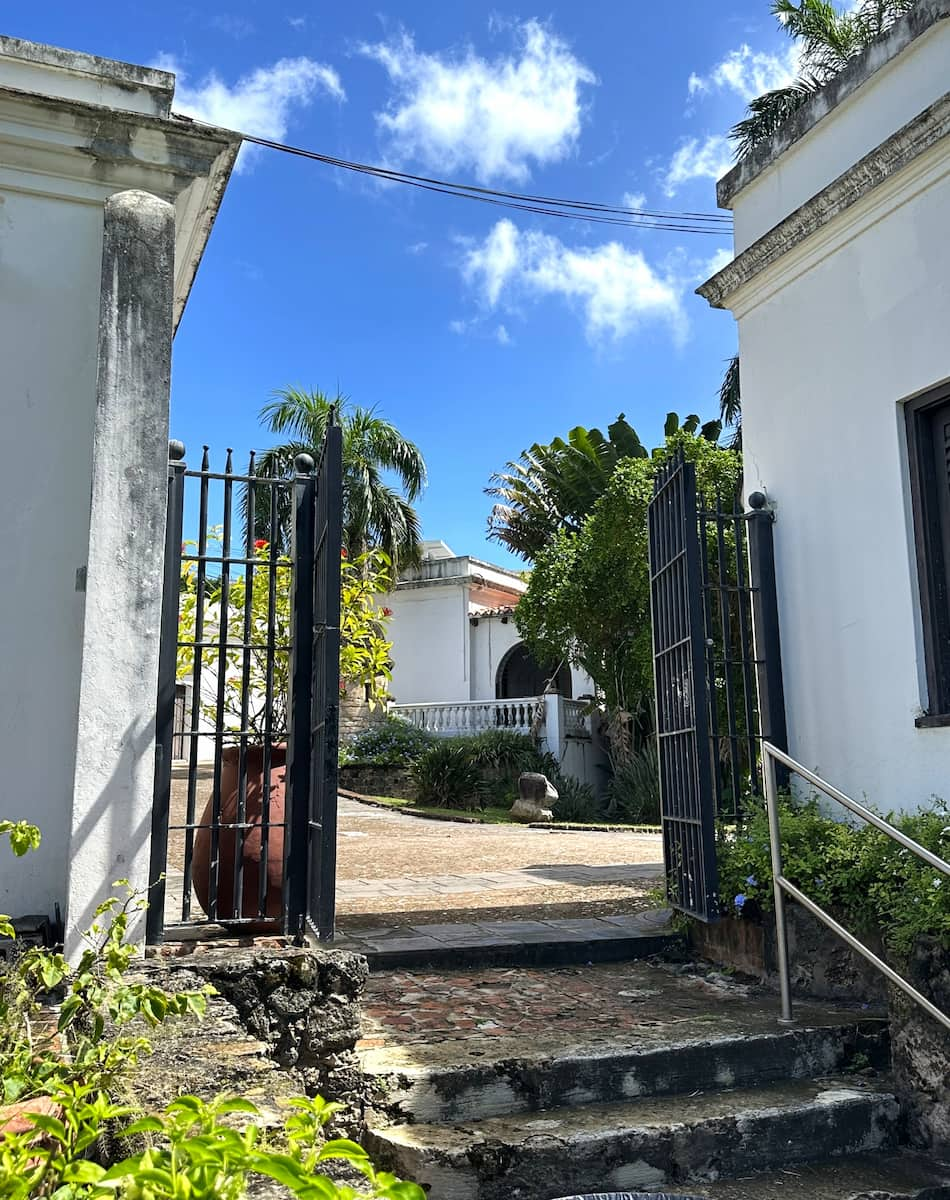
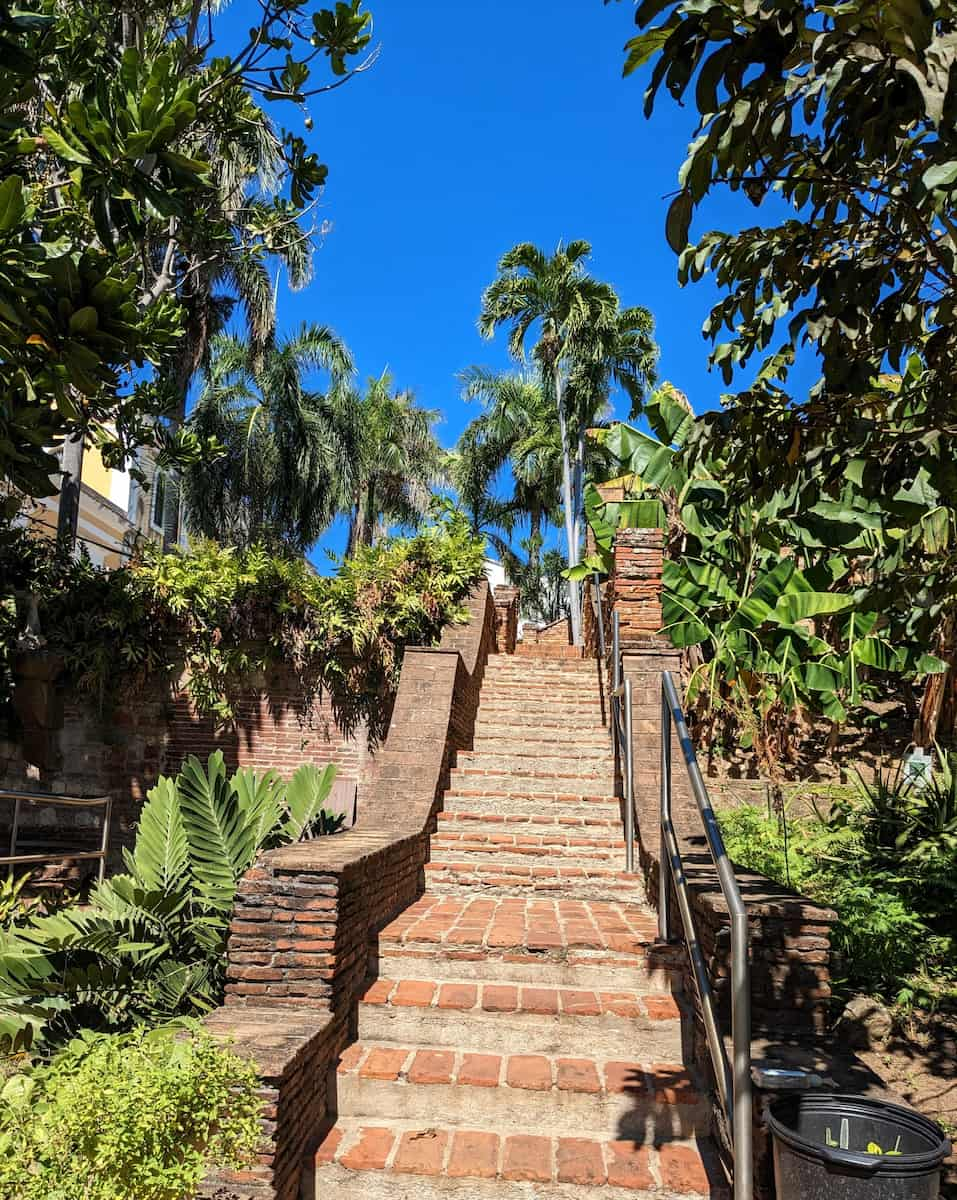
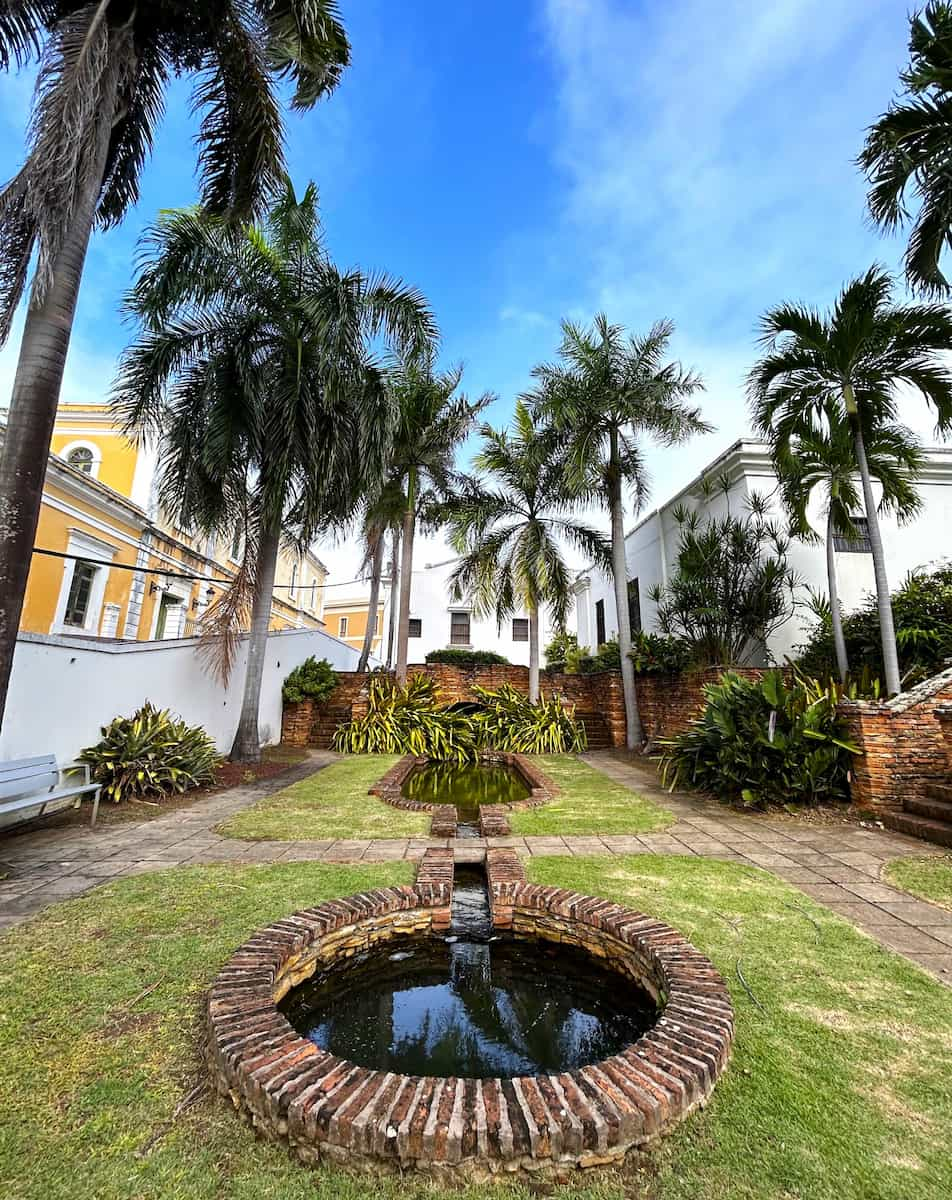
Gardens and Views. My favorite part? The lush gardens. These shaded paths and fountains are a true oasis, especially on a hot day. Locals and travelers alike come just to sit and enjoy the breeze, the sound of water, and the views over San Juan Bay. The gardens are free to enter, so even if you’re not a museum fan, you can still enjoy a peaceful break here. Look out for the resident cats lounging in the sun — they add a quirky touch to the experience.
Admission and Opening Hours
| Ticket Type | Price (USD) | Price (EUR) |
|---|---|---|
| Adult (House & Tour) | $5.00 | €4.60 |
| Child (House & Tour) | $3.00 | €2.75 |
| Gardens Only | Free | Free |
Relaxed. Casa Blanca is surprisingly family-friendly. Kids can roam the gardens, spot lizards darting across the paths, or count the colorful tiles in the fountains. The museum isn’t stuffy — staff are relaxed, and you’re free to wander at your own pace. I’ve seen families set up a mini picnic on the grass, and no one seemed to mind.
3. Escambrón Beach
Location. Escambrón Beach sits in Puerta de Tierra, right between Old San Juan and Condado. I usually take a quick taxi from the cruise port (about $10–$15 USD/€9–€14), but you can also walk from Old San Juan in about 30 minutes. If you’re driving, gated parking is available for $5 USD/€4.60 (cash only). Free street parking can sometimes be found near Luis Muñoz Rivera Park, but spots fill fast on weekends.
Beach Vibes. Escambrón is a Blue Flag beach, meaning it’s clean, safe, and eco-friendly. The sand is golden, the water clear and calm, and palm trees offer plenty of shade — no need to drag a beach umbrella. I always notice how relaxed the atmosphere is, even though you’re so close to the city buzz. It’s a favorite with locals for family outings, romantic picnics, and group barbecues. Swimming & Snorkeling. The coral reef here acts like a giant natural pool, keeping the waves gentle and the water safe for everyone — even little kids, I’ve seen families teaching toddlers to swim and older kids trying beginner scuba lessons with Scuba Dogs. My top tip: grab a mask and snorkel (rentals from $27 USD/€25 at Scuba Dogs) and head to the east side near the big rock (Peñon de San Jorge) for the best fish and turtle sightings. Guided snorkeling tours start at $55 USD/€51 per adult and often include video keepsakes. Food. Escambrón has restrooms, showers, and lifeguards on duty from 8:30 am to 5:30 pm. Food kiosks and vendors sell ice cream, cold drinks, and Puerto Rican snacks — empanadas and alcapurrias are my go-to. For a sit-down meal, El Escambrón Beach Club offers casual Caribbean seafood right on the sand. Bring cash for snacks and parking. ⭐️ Best Activities Vibe. Walking through Old San Juan is like stepping into a vibrant painting. The cobblestone streets (adoquines) are lined with pastel-colored buildings, their balconies overflowing with flowers. I love the energy here — music drifts from open windows, and the smell of fresh coffee and street food fills the air. The city’s colonial charm is everywhere: massive city walls, ancient forts, and plazas buzzing with life. Must-See Landmarks. Every corner of Old San Juan has a story. My favorite stops: Iconic Streets and Plazas: Entry Fees Rooftop Escape. One afternoon, I was caught in a sudden downpour near Plaza de Armas. Instead of running for shelter, I ducked into a tiny bakery. The owner, Doña Rosa, handed me a warm quesito and told me to wait out the rain on her rooftop. Up there, I watched the city turn glossy and bright, the pastel buildings glowing even more under the rain. Sometimes, the best memories come from unexpected weather. The Kite Flyers. On Sundays, the big lawn in front of Morro fills with families flying kites — chiringas, as locals call them. I joined in, buying a simple kite from a vendor for $5. Kids ran everywhere, and the sky was dotted with bright colors. A little boy named Mateo helped me untangle my string, laughing at my poor skills. It’s a tradition that makes you feel like a kid again, no matter your age. Scenic Walks. Paseo de la Princesa is a wide, tree-lined promenade stretching from the heart of Old San Juan to the sea. I love how the dappled sunlight filters through the trees, and the gentle breeze makes the walk comfortable even on hot days. The path is lined with sculptures, benches, and old-fashioned street lamps. On weekends, you’ll find local artisans selling crafts, jewelry, and art —perfect for picking up unique souvenirs. Photo Spots. At the end of the promenade stands the iconic Raíces Fountain, a favorite spot for photos. The fountain celebrates Rico’s Taino, African, and Spanish heritage. Nearby, the Juan Gate marks the original entrance to the old city. Walking through the gate, I always feel connected to centuries of history. Don’t miss the city walls—great for panoramic views of Juan Bay. Street Food. I always stop at the food kiosks for a taste of Puerto Rico street food. Try an alcapurria or bacalaíto for around $2–$3 (USD/EUR). On hot days, nothing beats a piragua (shaved ice), which costs about $2. The vendors are friendly and happy to explain the flavors—my favorite is tamarind. Historical Entrance. Gate, or Puerta de San Juan, is the original entrance to the walled city of Old San Juan. Walking through this iconic gate, I felt like stepping back in time to the colonial era when this was the main point of entry for visitors and goods arriving by sea. The gate stands as a proud symbol of the city’s rich history and its strategic importance as a Caribbean port. Surroundings. The gate is located at the end of Calle Norzagaray, right by the city walls overlooking Juan Bay. From here, you get stunning views of the harbor, cruise ships, and the modern city beyond. Nearby, you’ll find the colorful cobblestone streets, historic buildings, and local vendors selling souvenirs and snacks. What to See and Do. I recommend taking a slow walk along the city walls starting from Gate. The walls are well-preserved and offer panoramic views of the bay and the city skyline. It’s a perfect spot for photography, especially during sunrise or sunset when the light casts a golden glow on the old fortifications. Entry and Costs. Access to Gate itself is free, as it is a public entrance and part of the city walls. Nearby attractions like Castillo San Felipe del Morro and Castillo San Cristóbal require tickets, but strolling around the gate and walls costs nothing. Water Sports. Ocean Park Beach is a paradise for anyone who loves water sports. Here, I’ve watched kite surfers catching the wind, paddleboarders gliding over turquoise waves, and local surfers riding the gentle breaks. Rentals for jet skis, kayaks, and paddleboards are available right on the sand. If you want to try kitesurfing or windsurfing, lessons start at around $60 (USD/EUR) per hour. For snorkeling, you’ll find reefs about half a mile offshore — rent a kayak or paddleboard to reach them safely. The waves are usually friendly, but always check conditions before heading out. Local Vibe. Unlike the busy Condado Beach, Ocean Park feels more laid-back and residential. Locals walk their dogs, kids play volleyball, and there’s usually space to spread out your towel. I love strolling along the two-mile shoreline, lined with palm trees and colorful San Juan homes. The beach rarely feels crowded, even on weekends, making it perfect for sunbathing, swimming, or just reading a book in peace. Kiosks. You’ll find lifeguards on duty during peak hours, and several kiosks and food vendors nearby. Snacks like empanadillas cost about $3–$5, and cold drinks are always within reach. Beach chair rentals are around $10 per day, and umbrellas go for $15–$20. There aren’t many public restrooms, but nearby cafes and restaurants usually let you use their facilities if you’re a customer. Early Morning Rituals One of my favorite memories at Ocean Park Beach was joining the locals just after sunrise. The sand was cool, the breeze steady, and a few dedicated joggers and dog walkers greeted each other like old friends. I watched a group doing yoga near the water, their mats lined up in the soft sand. The instructor’s voice blended with the sound of the waves — no speaker needed. Afterward, I grabbed a strong Puerto Rico coffee from a kiosk on Avenida McLeary and sat under the palms, feeling like I’d unlocked a secret part of San Juan life. Festival Energy. Sebastián Street Festival, or “Fiestas de la Calle San Sebastián,” is the biggest party in Old San Juan and maybe all of Puerto Rico. For four days in January, the historic streets fill with music, parades, and dancing. I joined the crowds on Calle Sebastián and immediately felt the excitement — giant puppets (cabezudos), live salsa bands, and everyone wearing colorful costumes. The city’s colonial buildings become the backdrop for a true Puerto Rico celebration. Food and Drinks. Food stalls line the plazas and streets, serving everything from alcapurrias and bacalaítos (cod fritters) to pinchos (grilled meat skewers). I tried a plate of mofongo for $8 (USD/EUR) and washed it down with a piña colada for $6. Local craft beers and rum cocktails are everywhere — my favorite was a passionfruit mojito from a stand on Calle del Cristo. Art and Crafts. Artisans from all over Puerto Rico set up stalls selling handmade jewelry, masks, and crafts. I bought a vejigante mask for $15 as a souvenir. The art here is colorful and bold, reflecting the island’s Afro-Caribbean heritage. It’s a great place to find unique gifts and meet local artists. Celebration and Traditions. Noche de San Juan is one of the most magical nights I’ve spent in Puerto Rico. Every June 23rd, locals and visitors flood the beaches — Ocean Park, Isla Verde, and Condado are favorites — to celebrate the summer solstice. The main tradition is jumping over seven waves at midnight, believed to bring good luck and wash away negativity. The scent of grilled street food, sea salt, and coconut rum fills the air. I could feel the excitement as families set up bonfires and friends gathered with coolers and music. Beach Parties. By sunset, the sand turns into a giant open-air party. I joined a group of friends dancing barefoot to salsa and reggaeton, with live DJs and bands playing everything from plena to pop. Fireworks light up the sky, and tiki torches line the shore. Most beach parties are free, but some organized events with live music and open bars can cost $10–$20 (USD/EUR). Vendors sell everything from cold piña coladas to local craft beer, so you’re never far from a drink. Local Flavors and Food. Street food is everywhere during Noche de San Juan. I recommend trying alcapurrias and bacalaítos from the food trucks — crispy, salty, and perfect after a swim. Prices range from $3 to $6. Piña coladas and rum cocktails are popular, usually $5–$8. Many locals bring their own snacks and drinks to save money, but I enjoy sampling the different flavors from each vendor. Impressions. When I walked into the Puerto Rico Convention Center for the Coffee & Chocolate Expo, the first thing that hit me was the aroma — a mix of fresh coffee beans, melted chocolate, and warm pastries. The event was buzzing with over 20,000 people, from families with kids to serious foodies and local chefs. Stalls lined every aisle, each one offering something to taste, sip, or learn about. Crowd Favorites. Sampling was the highlight. I tried a shot of DNuevo Coffee Specialty’s espresso — so smooth, I went back for seconds. At the Chocolate Cortés booth, their dark chocolate with sea salt was a revelation. The public voted these two as their favorites, and it was easy to see why. I also discovered Gianmauro’s Desserts, which won “Best New Product”—their chocolate mousse was gone in minutes. Here’s what I paid for tastings: Hidden Gems. With over 180 exhibitors, there was plenty to discover. I chatted with growers from Gustos Coffee Co. and sampled single-origin beans from Café Mi AEELA. For chocolate, Hacienda Chocolat’s spicy dark bar was a surprise hit. I also stumbled upon En la Madre, an online shop selling quirky culinary gadgets — perfect for gifts. Street Lights. The first time I saw Old San Juan in December, I was stunned by the transformation. Every balcony and plaza glowed with twinkling lights and garlands. Locals call it the Encendido de Navidad, and it’s not just a ceremony — it’s a city-wide celebration. Walking down Calle Fortaleza, I snapped photos of the famous umbrella street, now decked out in holiday colors. Even the San Juan Gate shone with festive lights, welcoming everyone to join the party. Holiday Shopping. I love wandering the Gran Mercado Navideño at Luis Muñoz Rivera Park. Over 60 kiosks sell everything from handmade jewelry to traditional treats like tembleque and arroz con dulce. The market is free to enter. I always leave with a bag of local crafts and a belly full of lechón asado. Prices for snacks range from $2–$8, and you’ll find plenty of unique gifts for under $20. Music and Dancing. One night, I joined a group of locals for a traditional parranda — Puerto Rican Christmas caroling. We wandered from plaza to plaza, singing aguinaldos and sharing coquito. In Plaza de Armas, a free outdoor concert filled the air with bomba and plena music. Kids danced, elders sang, and tourists were quickly pulled into the circle. The energy was contagious and felt like a true community celebration. Festive Fun. La Feria: The Park at Hiram Bithorn Stadium is a must for families. My nephews loved the rides and shows, especially the mini-circus and Kiddieland. Entry starts at $16.50 (USD/EUR) for the all-inclusive gala, but premium rides cost extra. Navitown at Parque Del Tercer Milenio is another favorite, with light displays, children’s rides, and live performances. Both events run from early December into January. Adventures. National Forest is the only tropical rainforest in the US National Forest system, and every visit feels like a real adventure. I remember stepping onto the Big Tree Trail, surrounded by giant ferns and the sound of coquí frogs. The air was thick and fresh, and every few steps I spotted bright orchids or giant snails. The hike to La Mina Falls used to be my favorite, but after Hurricane Maria, that trail’s still closed. Now, I love the El Yunque Trail for its steep climb and the reward of amazing views from Pico El Yunque. If you want a challenge, try the Mount Britton Trail—reaching the stone tower at the top, with clouds swirling around you, is unforgettable. Wildlife Encounters. Birdwatching in El Yunque is a treat. One morning, I spotted a Puerto Rican Tody — tiny, green, and fast! If you’re lucky, you might hear the call of the endangered Puerto Rican Parrot. There are nearly 100 bird species here, plus bats, frogs, and even giant tree snails. Bring binoculars and walk quietly — patience pays off. The forest is also home to unique plants and ancient Taíno petroglyphs, so keep your eyes open for carvings along the river rocks. Waterfalls and Rivers. The first time I saw La Coca Falls, it was right off the main road — no hiking required. The water tumbles down a huge rock face, and you can hear it before you see it. For a swim, I always head to Juan Diego Falls, a short walk from the road, where cool pools hide under the trees. Some guided tours offer waterfall rappelling and river trekking — perfect for thrill-seekers who want to explore off the main paths. Visitor Center and Facilities. The El Portal Visitor Center is newly renovated and worth a stop. There are interactive displays, ranger-led programs, and a café serving Puerto Rican food. Entry is $8 (USD/EUR) for adults, free for kids under 16, and $4 with a US National Parks Pass. The center is a great place to learn about the rainforest’s ecosystem and see the reintroduction program for the Puerto Rican Parrot. ⭐️ Best Activities Arrival. Arriving at Casa BACARDÍ, I was greeted by the sight of the famous bat logo and a breezy open-air pavilion. The staff handed me a “welcome coin” to trade for my first cocktail — my pick was a classic Cuba Libre, but you can also try a Daiquiri or Bacardi Sunrise. Sipping my drink, I watched families and couples relax under palm trees, the sound of salsa music drifting from the bar. Tour Choices and Prices. Casa BACARDÍ offers several experiences, each with a different focus and price point: Mixology Fun. If you want a hands-on experience, the Mixology Class is a blast. Our instructor Anaís was a ball of energy, guiding us through muddling mint for mojitos and shaking up a Jungle Bird. She made sure everyone got involved, and I left with new cocktail skills (and a happy buzz). The whole group cheered each other on, and the class felt like a party with new friends. Behind the Scenes. During the Founder’s Experience, my group was led by Will, who shared stories about the BACARDÍ family’s journey from Cuba to Puerto Rico. He described the challenges of moving the distillery and how the bat became their symbol of good luck. Will even gave us tips for the best places to eat in Viejo San Juan after the tour — a true local touch. ⭐️ Best Activities Neighborhoods. Carolina is more than just a stretch of sand — it’s a collection of neighborhoods, each with its own flavor. I’ve spent mornings in Isla Verde, where families and tourists mix on the wide, golden beaches. The area is full of life: joggers along the shore, vendors selling piraguas (shaved ice), and kids building sandcastles. In Cangrejo Arriba, surfers chase waves while locals chat over coffee at beachside kiosks. It’s easy to see why Carolina is called “Tierra de Gigantes” — there’s a big, welcoming spirit everywhere you go. Beach Adventures. Isla Verde Beach is the star. I tried parasailing for $109 (USD/EUR) and soared above the water, spotting the city skyline and the curve of the coast. Banana boat rides cost $30, and you’ll hear laughter as groups bounce across the waves. For something quieter, I rented a paddleboard for $25 an hour and explored the calm morning surf. On weekends, you’ll find volleyball games and families grilling under palm trees. The west end of the beach, near Balneario de Carolina, has a protected swimming area — perfect for kids or anyone wanting a break from the waves. Stories from the Sand. One evening, I watched a local baseball team practice near the Roberto Clemente Sports City. Their laughter and shouts mixed with the sound of the waves. Another time, I joined a group of friends for a sunset walk along Balneario de Carolina. We found a spot where the sand was untouched and the only sounds were the breeze and distant music from a beach bar. On a windy day, I saw kiteboarders racing each other, their colorful sails bright against the blue sky. Hands-On Discovery. Museo del Niño in Carolina is a paradise for curious kids — and honestly, I had just as much fun as they did. The museum features over 100 interactive exhibits covering science, art, music, transportation, and even emotional intelligence. My favorite moment? Watching a group of kids build a bridge they could actually walk across, then race go-karts outside under the Caribbean sun. Indoor & Outdoor Fun. You’ll find everything from a mini city where children can play “grown-up” (think: bank, supermarket, fire station), to a real American Airlines airplane you can board and explore. Outside, there’s a playground, a mini-zoo, and boat rides on Blasina Lake. The new Safari Tour is a hit — kids (and adults) can spot life-sized animal sculptures and even giant insects. The 5D Adventure Cinema is a wild ride, with moving seats, wind, water sprays, and bubbles. I left with my hair a little messy and a big grin. Learning Through Play. One thing I love about Museo del Niño is how it turns learning into an adventure. I watched kids test out a hurricane simulator, giggling as their hair flew everywhere, and then move to the science lab to make slime. The museum staff encourage children to touch, try, and experiment — no “don’t touch” signs here! The bilingual displays (Spanish and English) make it easy for everyone to join in. Unique Experiences. Where else can you climb aboard a real American Airlines airplane, buckle up, and pretend you’re the pilot? My favorite exhibit is the mini TV studio—kids can record their own news show and see themselves on screen. The fire truck is also a hit, especially when kids get to wear helmets and “drive” to an imaginary rescue. Yes, San Juan is generally safe, especially in tourist areas like Old San Juan, Condado, and Isla Verde. Most issues are minor, like pickpocketing, so keep your bag close and don’t leave valuables unattended. At night, stick to busy streets and avoid wandering into unknown neighborhoods. Police presence is strong in tourist zones. You don’t need Spanish to get around San Juan. English is widely spoken in hotels, restaurants, and shops. If you go off the beaten path or use public transport, a few Spanish phrases can help, but most visitors do just fine with English. Locals appreciate any effort to speak Spanish, even if it’s just “hola” or “gracias.” Old San Juan is best explored on foot—everything is close together. For trips to beaches or other neighborhoods, Uber and taxis are fast and easy. Public buses are cheap (about $0.75), but routes can be confusing for visitors. If you want to visit places outside San Juan, like El Yunque or the bioluminescent bay, consider renting a car for a day. The best time is December to April: sunny, warm, and full of festivals. This is also the busiest season, so book ahead. May to November is quieter and less expensive, but it’s hurricane season—expect some rain and check forecasts before you go.
Free Entertainment
1. Strolling Old San Juan
Attraction
Price (USD/EUR)
El Morro & San Cristóbal (combo)
$10 (adults), free (kids under 16)
Capilla del Cristo
Free (donation appreciated)
La Fortaleza (guided tour)
Free (reserve ahead)
Cathedral of San Juan
Free (small donation)
Public restrooms (various spots)
$0.25–$0.50
Street parking (per hour)
$1
Parking garages (per day)
$10–$20
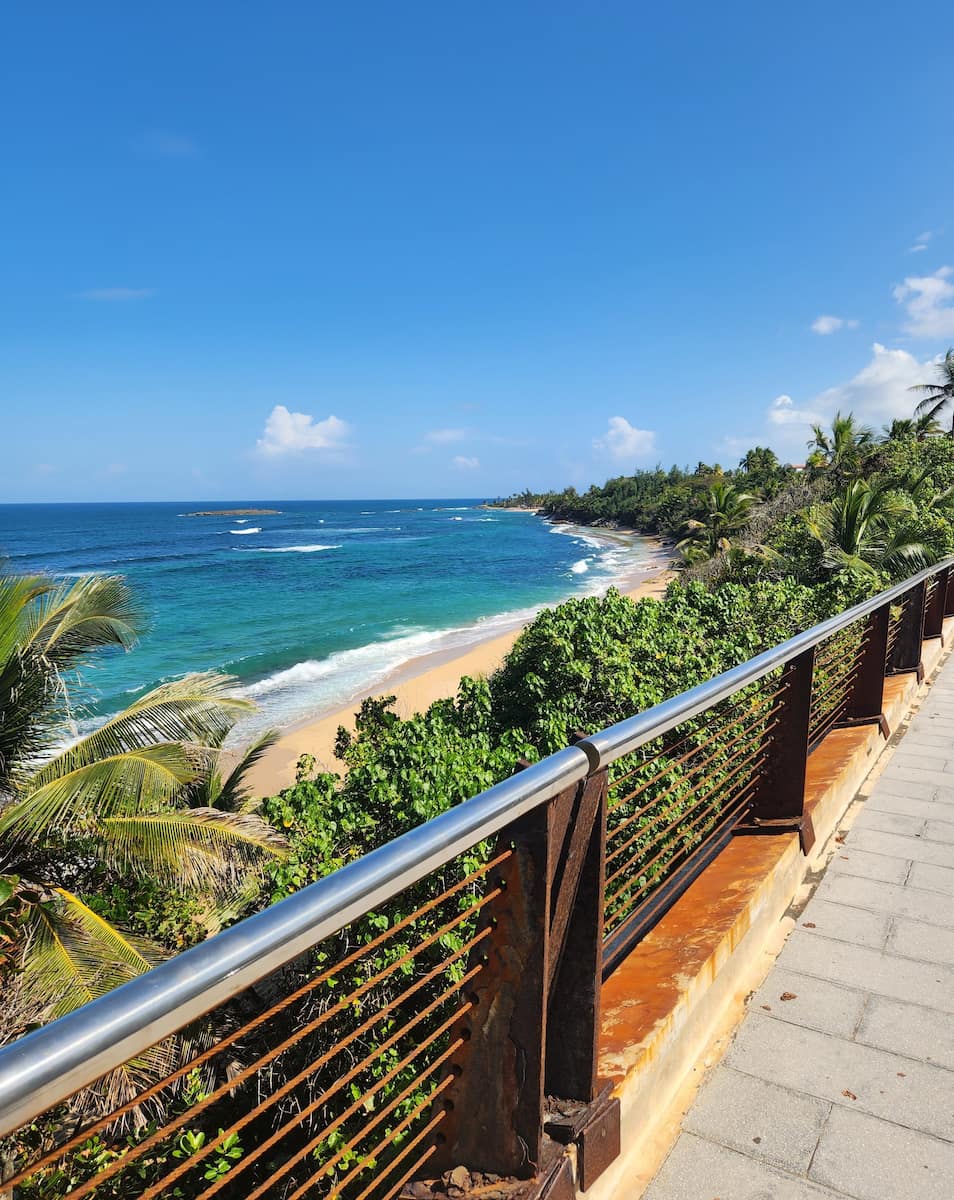
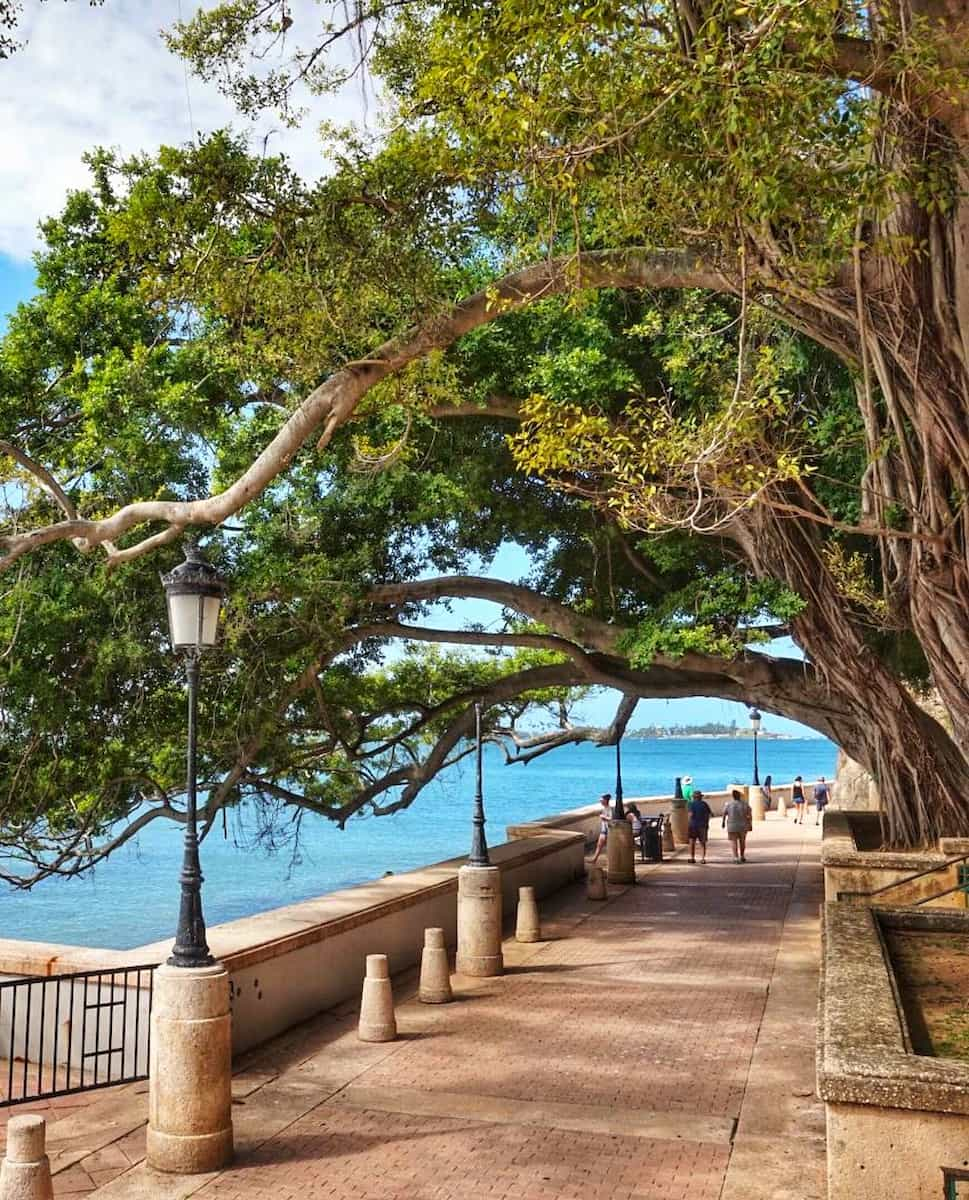
2. Paseo de la Princesa
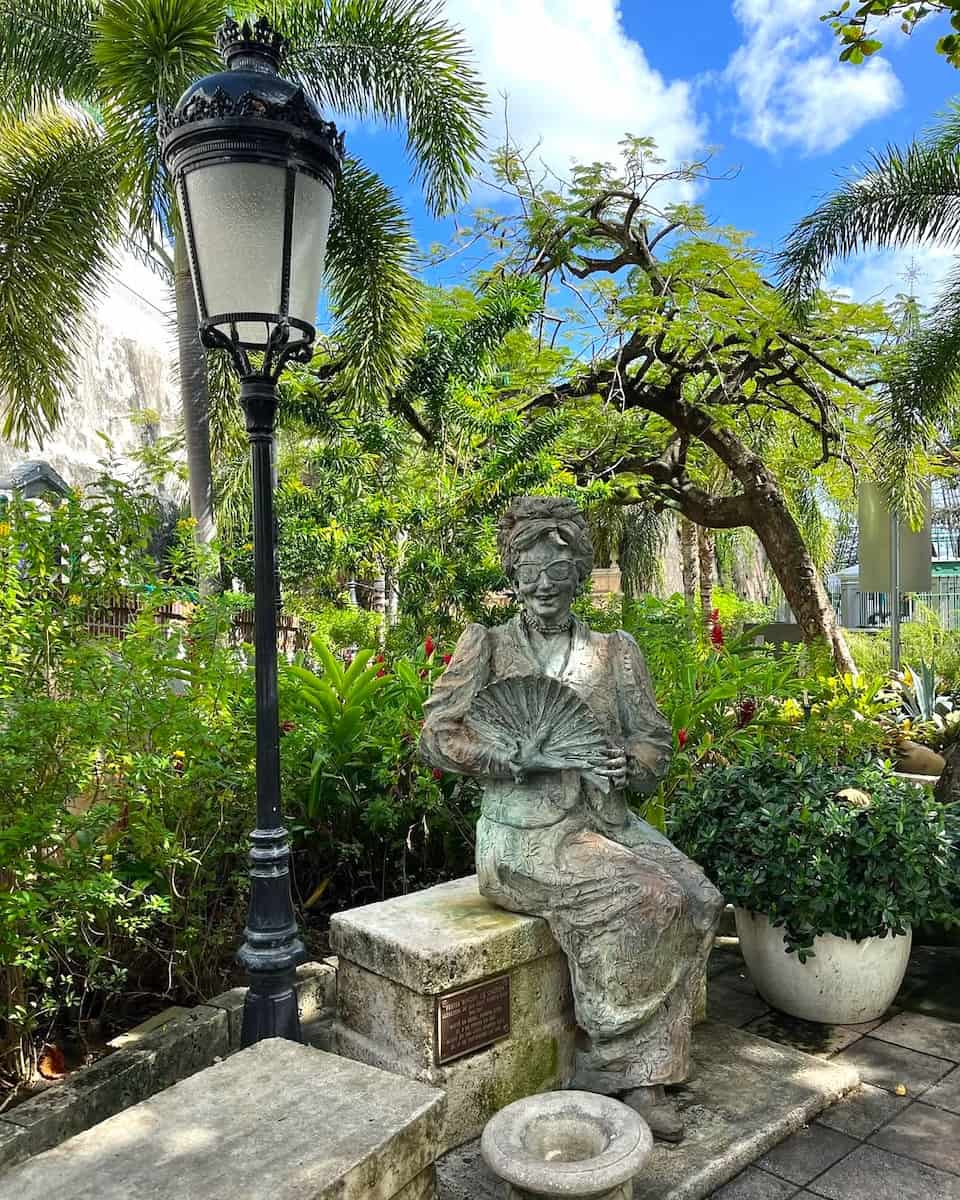
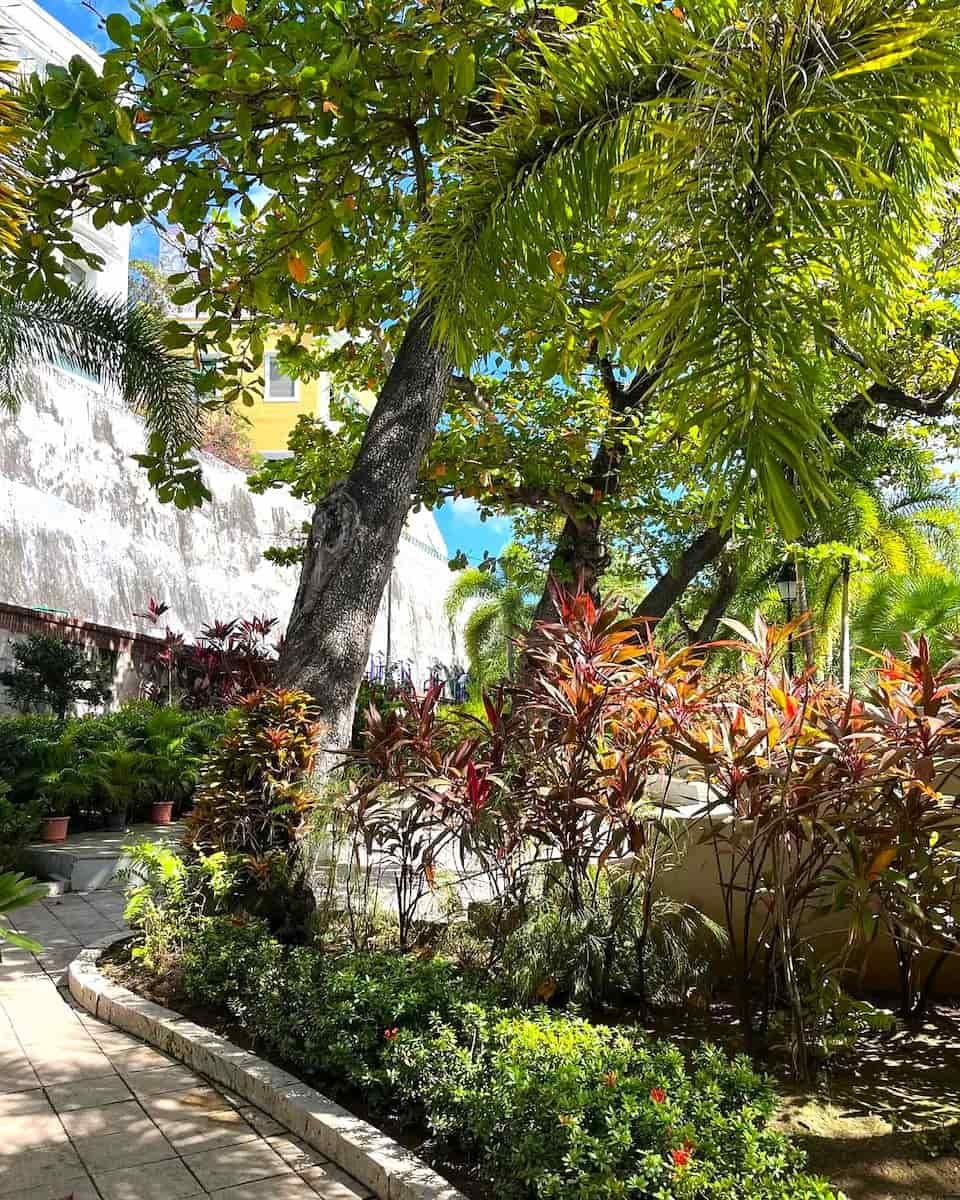
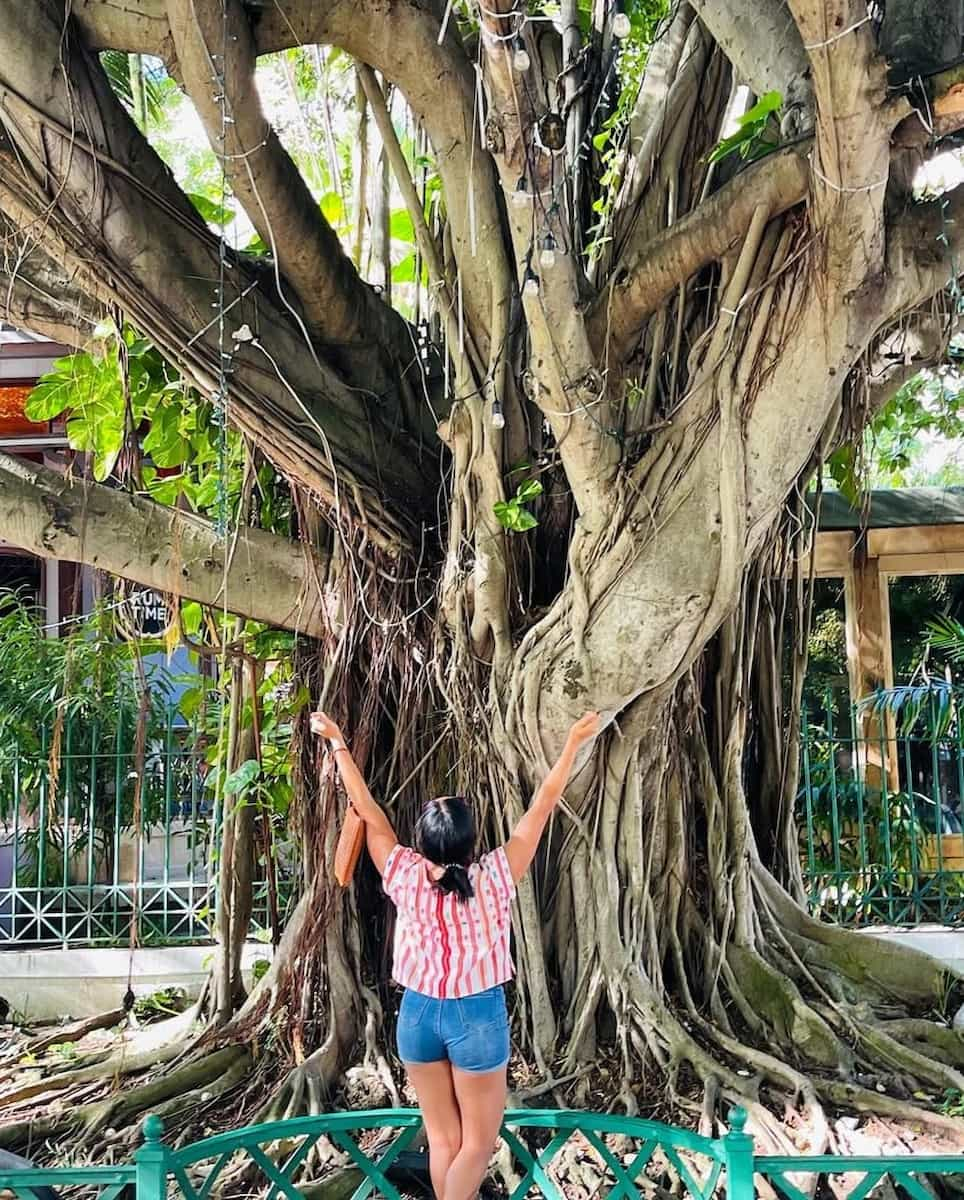
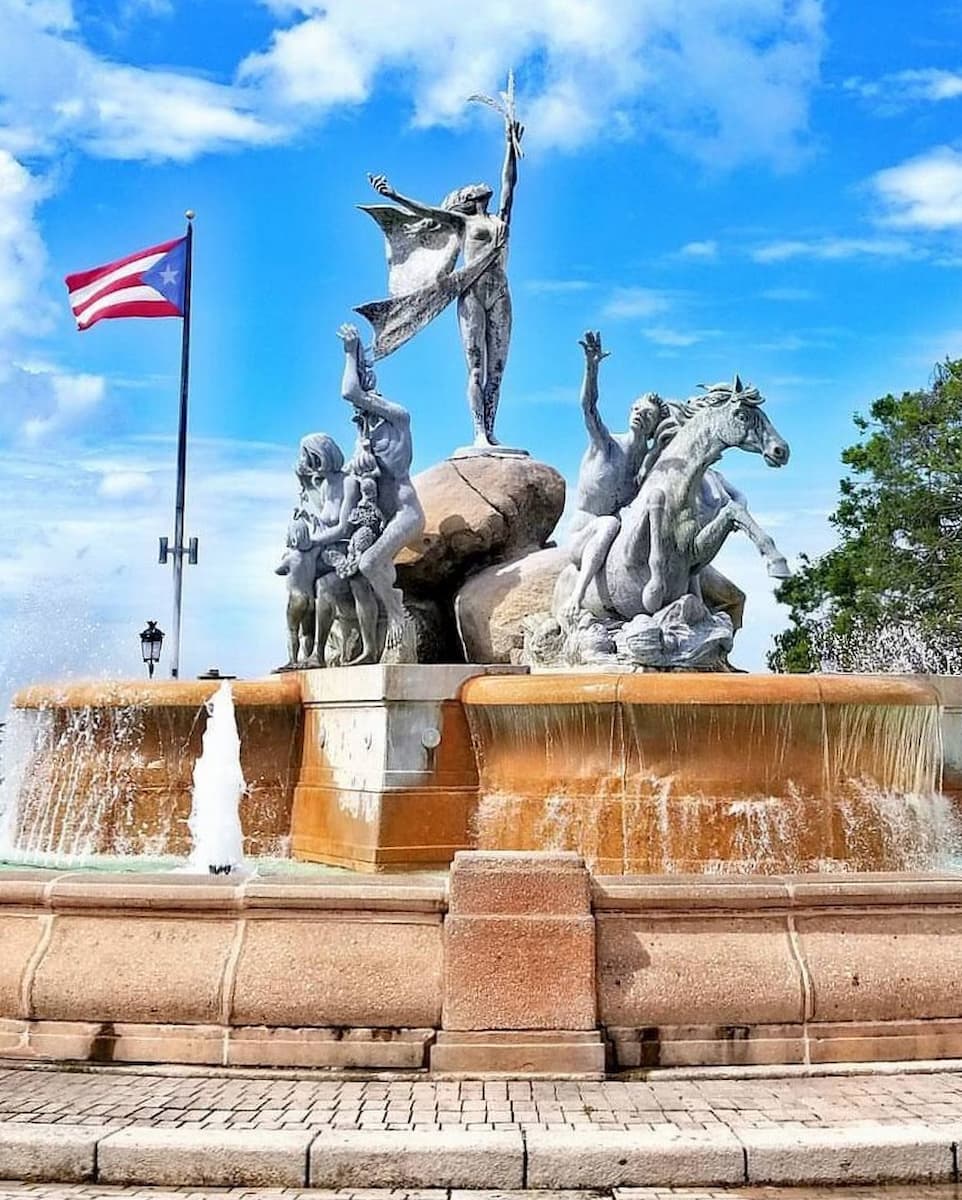
Snack/Drink
Price (USD/EUR)
Alcapurria
$2.00
Bacalaíto
$3.00
Piragua (shaved ice)
$2.00
Fresh juice
$3.00
3. San Juan Gate
Item
Price (USD/EUR)
Entry to San Juan Gate
Free
Parking nearby (per hour)
$1.00
Guided walking tour (optional)
$15–$25
4. Ocean Park Beach
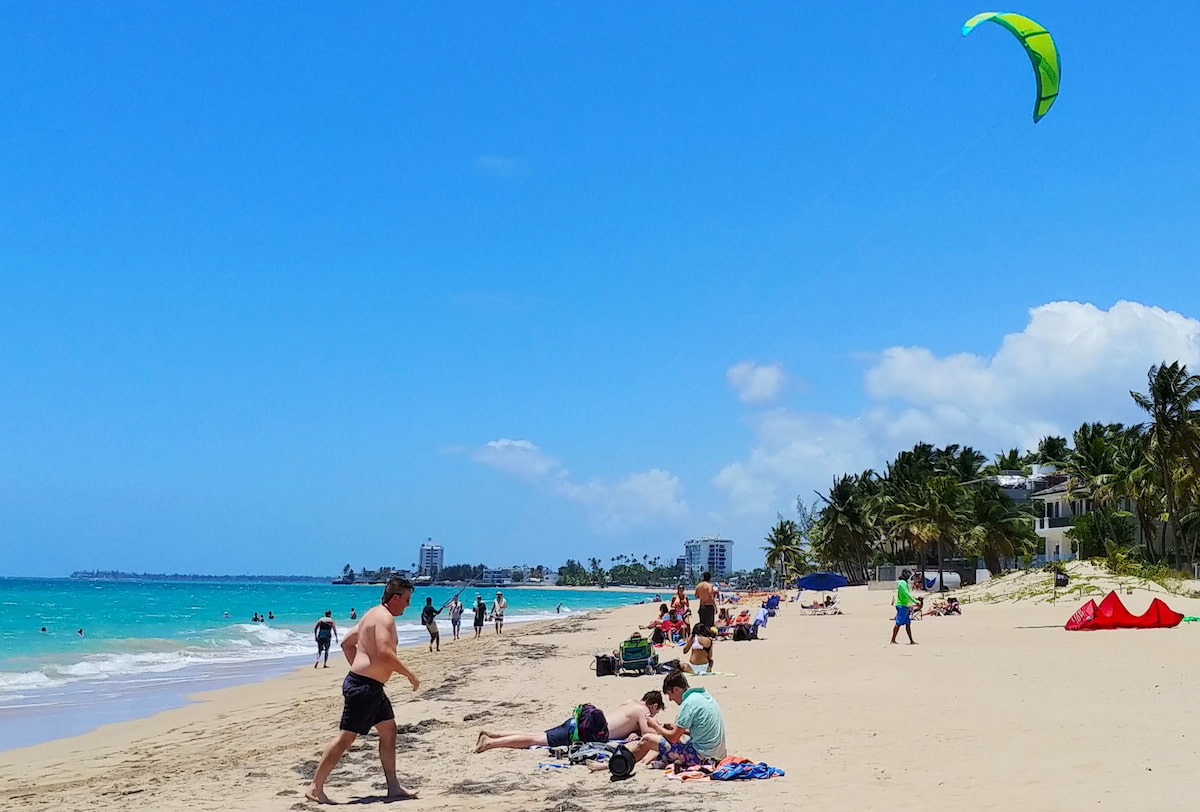
Service/Rental
Price (USD/EUR)
Paddleboard/Kayak Rental
$25–$40 per hour
Kite/Windsurf Lesson
$60 per hour
Beach Chair Rental
$10 per day
Umbrella Rental
$15–$20 per day
Empanadilla/Snack
$3–$5
Seasonal Events in San Juan Puerto Rico
1. Spring: San Sebastián Street Festival
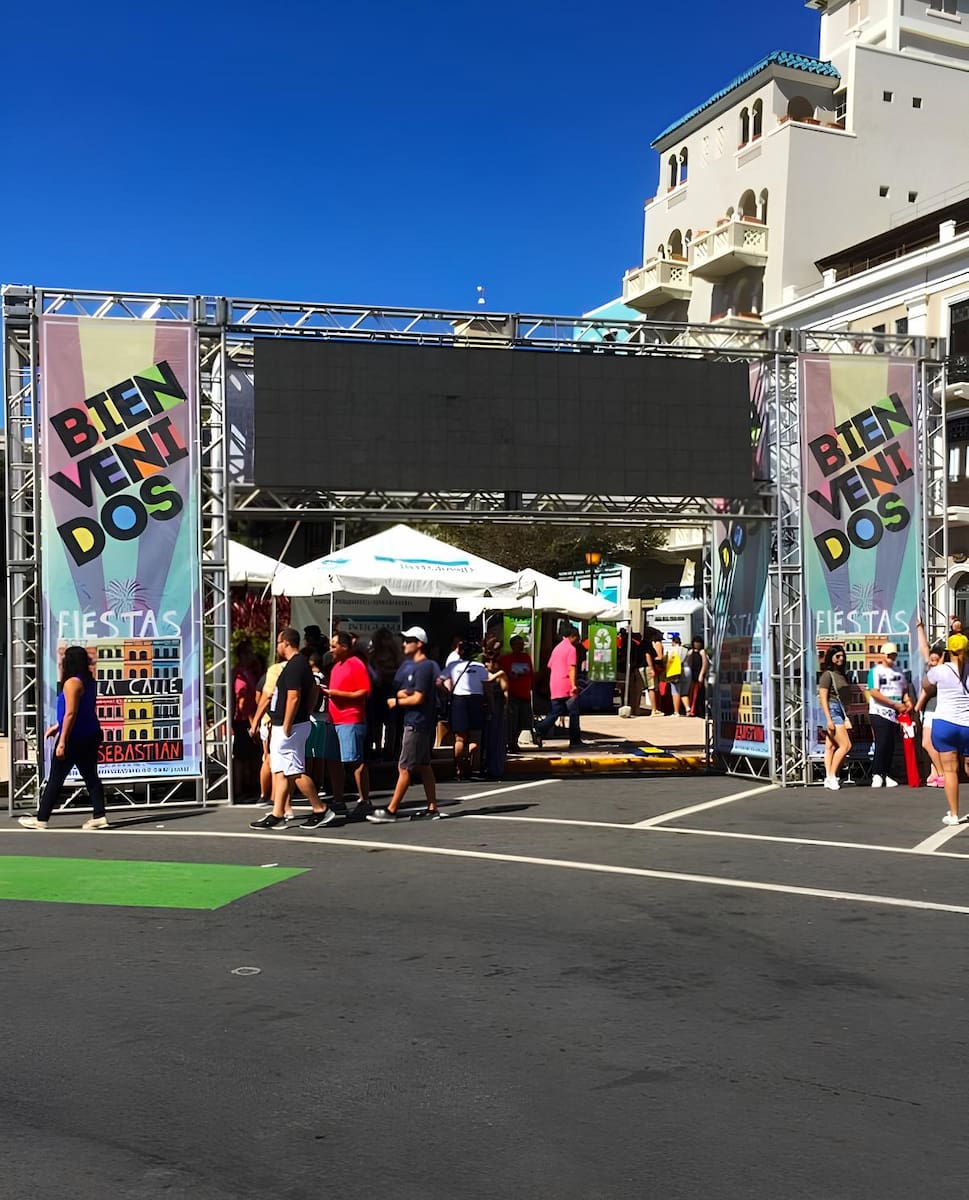
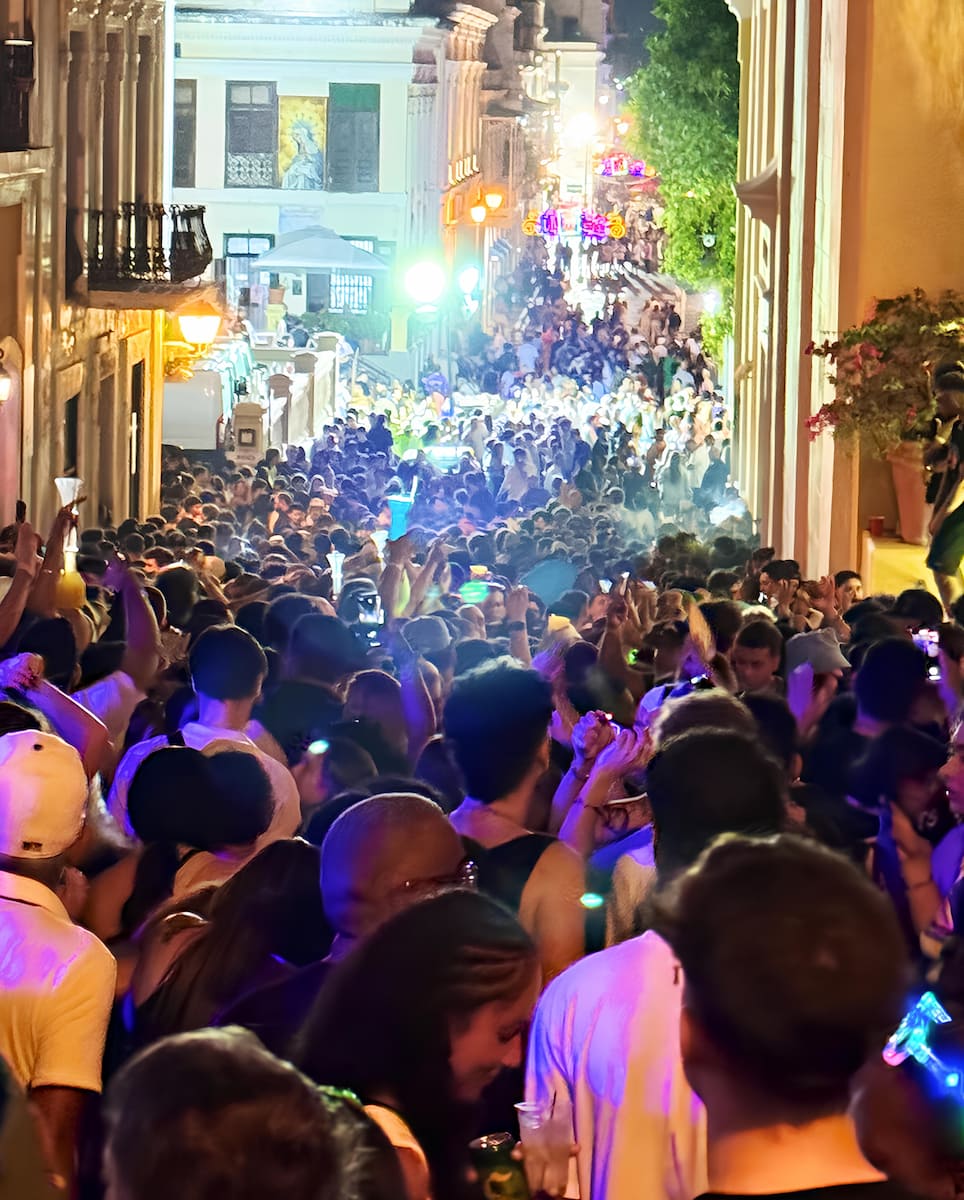
Food/Drink Item
Price (USD/EUR)
Mofongo
$8
Piña Colada
$6
Alcapurria
$3
Craft Beer
$5
Bacalaíto
$2
2. Summer: Noche de San Juan (June)
Item
Price (USD/EUR)
Alcapurria
$3 – $5
Bacalaíto
$3 – $6
Piña Colada
$5 – $8
Entry to events
$0 – $20
3. Fall: Coffee & Chocolate Expo (September)
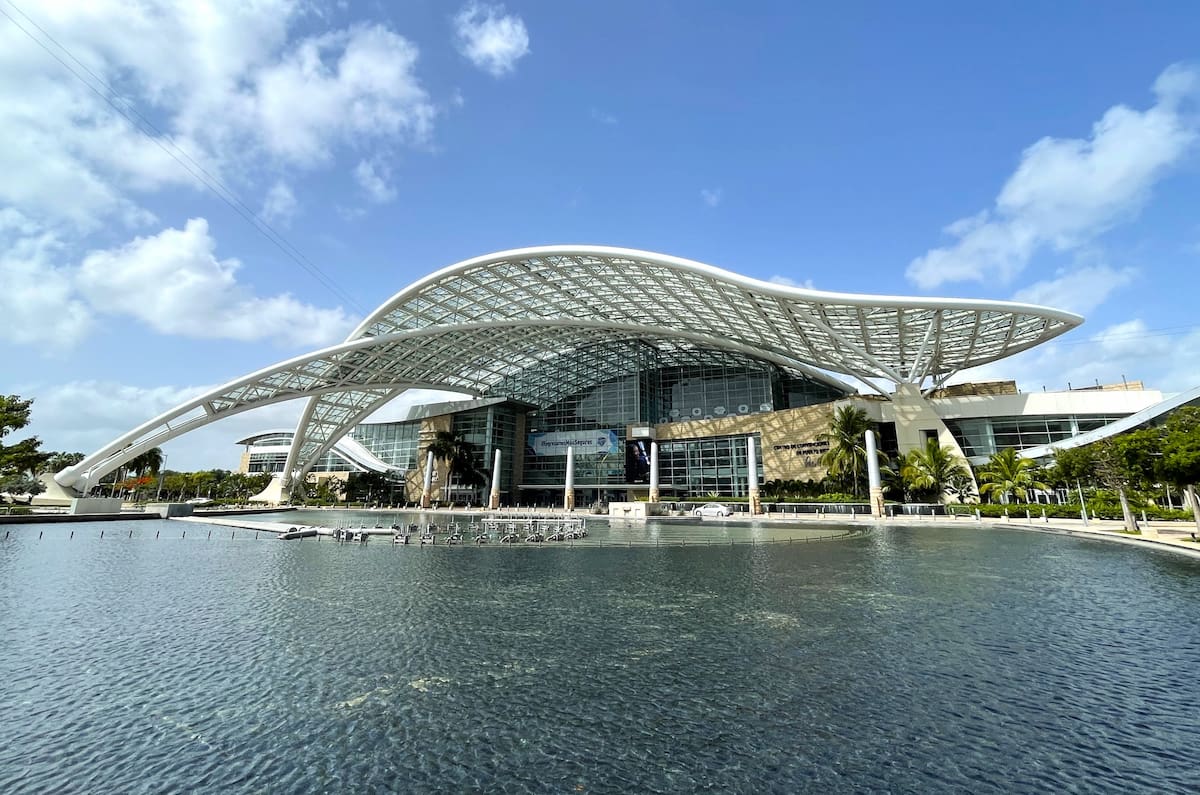
Item
Price (USD/EUR)
Coffee Tasting Flight
$5
Chocolate Sampler
$6
Barista Workshop
$50 (includes entry)
Chef Showcase (included)
Free with ticket
4. Winter: Christmas in Old San Juan (December)
Item
Price (USD/EUR)
Handmade Ornament
$5–$10
Puerto Rican Snack
$2–$8
Artisan Jewelry
$10–$20
Coquito (bottle)
$12–$18
Day Trips from San Juan, Puerto Rico
1. El Yunque National Forest
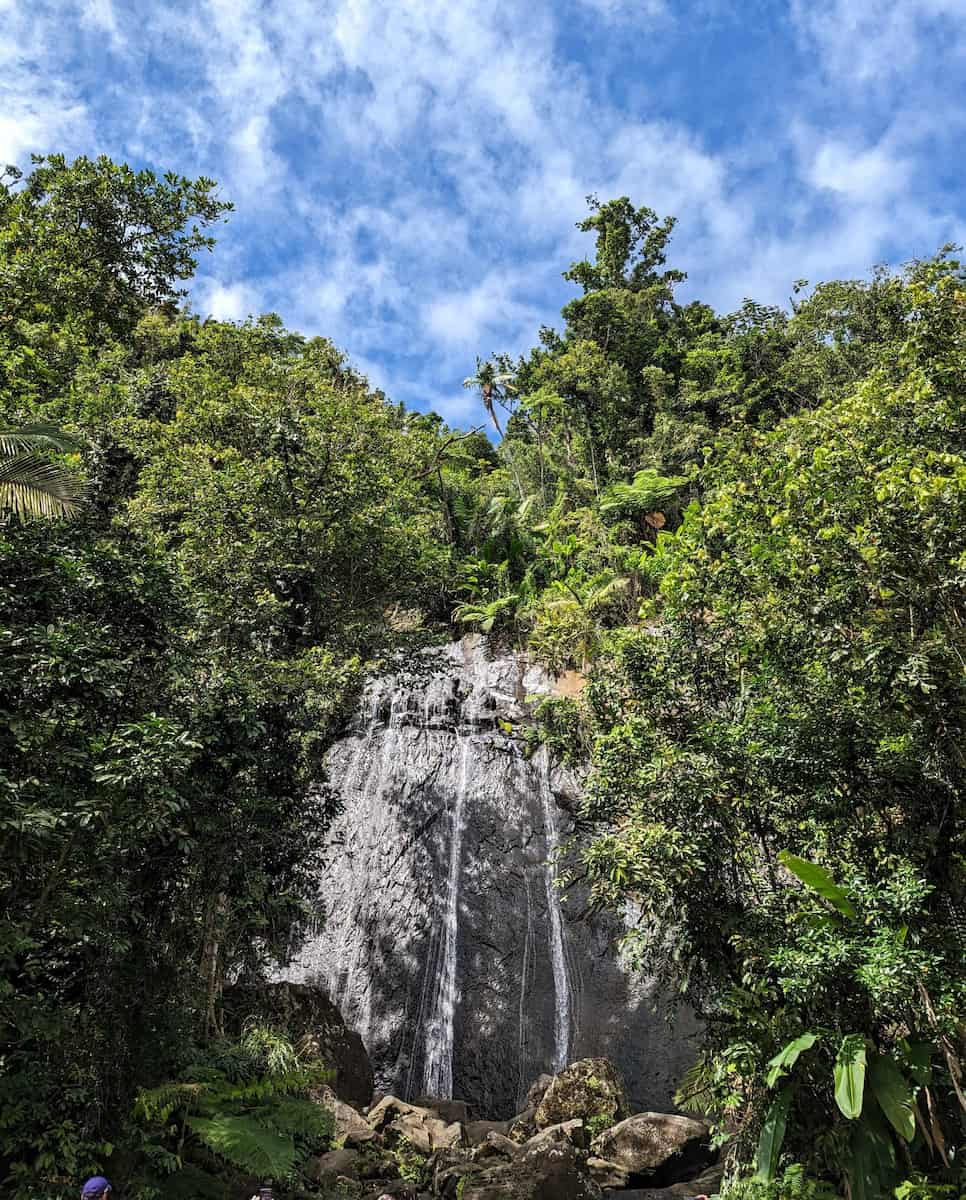
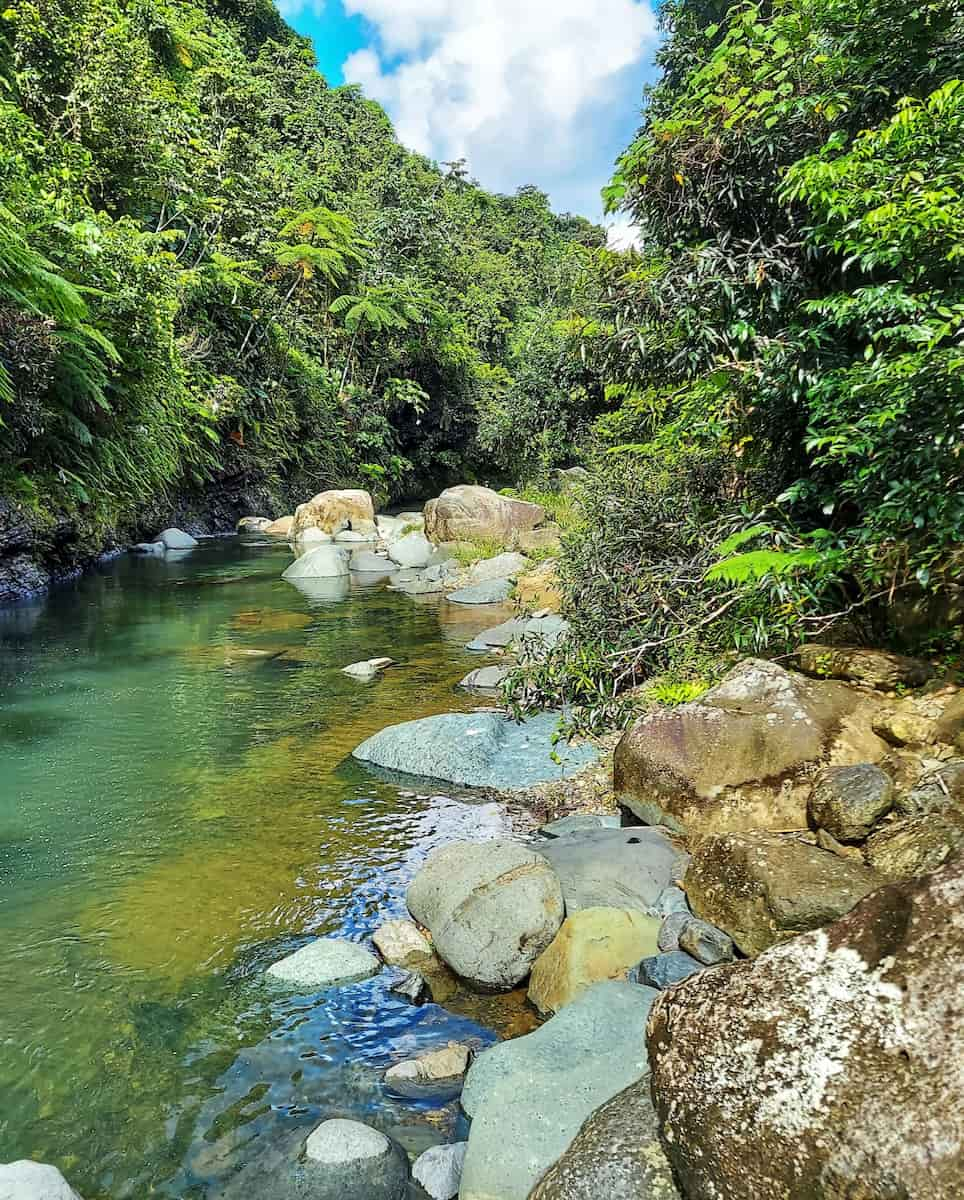
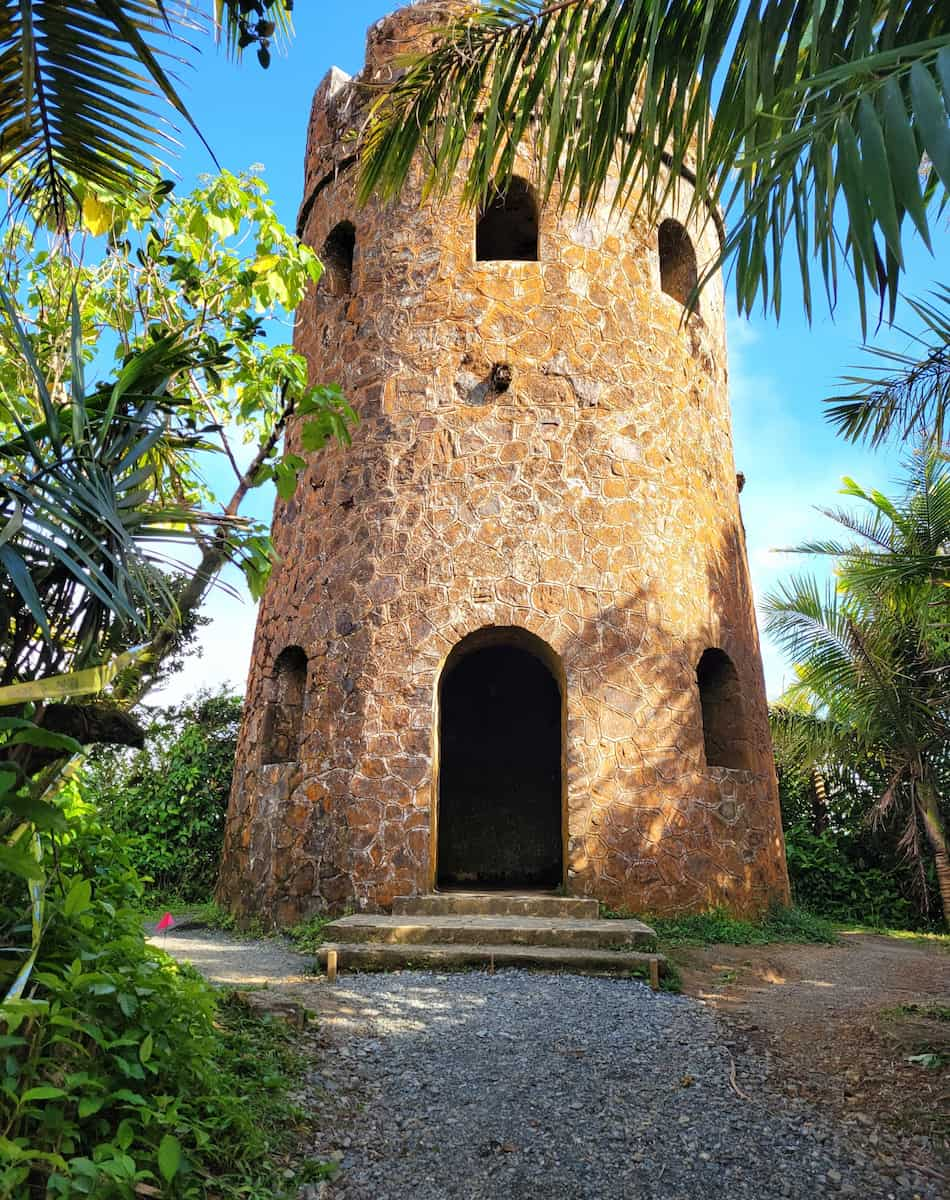
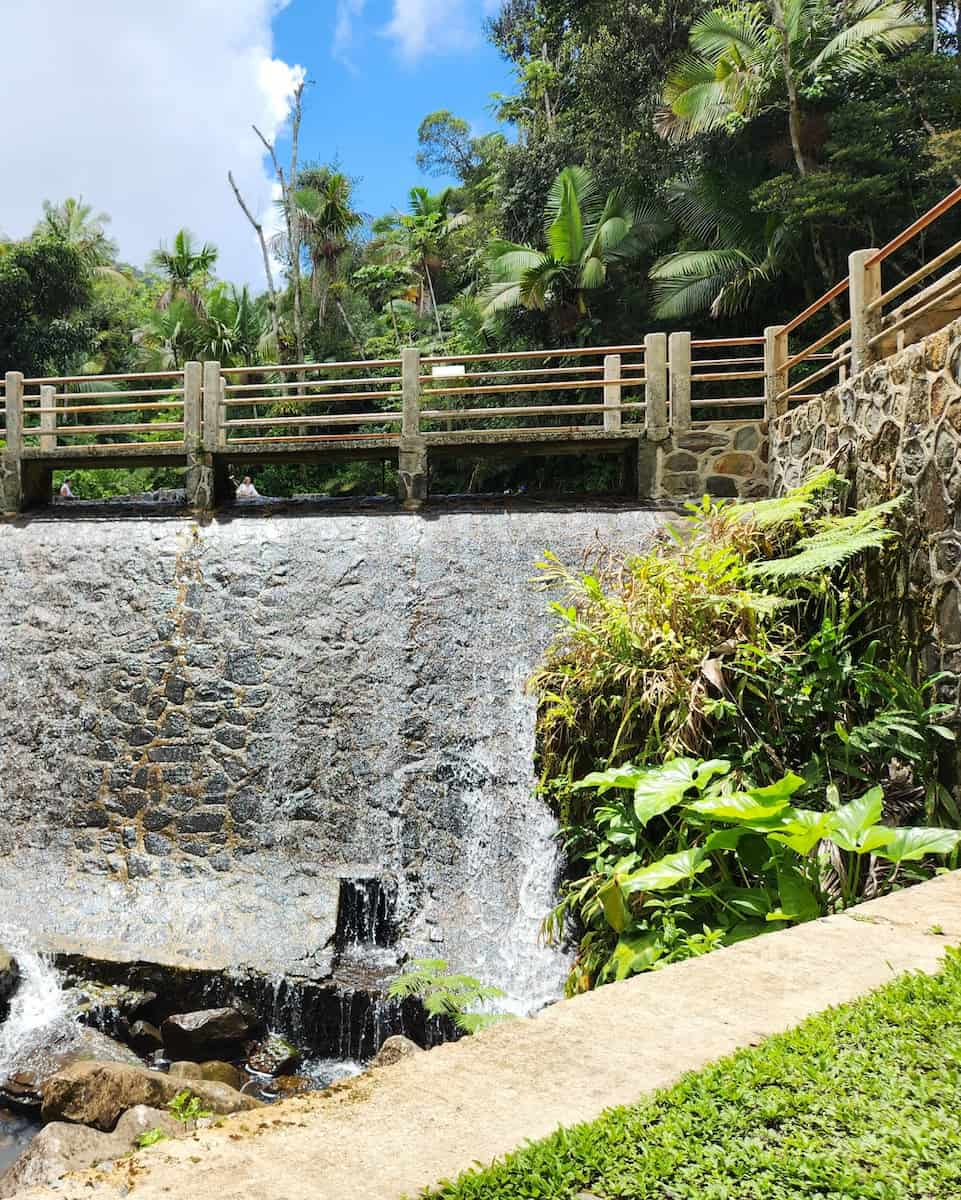
2. Cataño & Bacardi Rum Distillery
Tour Type
Price (USD)
Duration
Includes
Legacy Tour
$40
50 min
Welcome cocktail, history tour, tram ride
Rum Tasting Tour
$80
75 min
Tasting of premium rums, expert guide
Mixology Class
$80
75 min
Cocktail class, two drinks, welcome drink
Founder’s Experience
$125
120 min
Private tasting, warehouse access, rare rums
3. Carolina Beaches
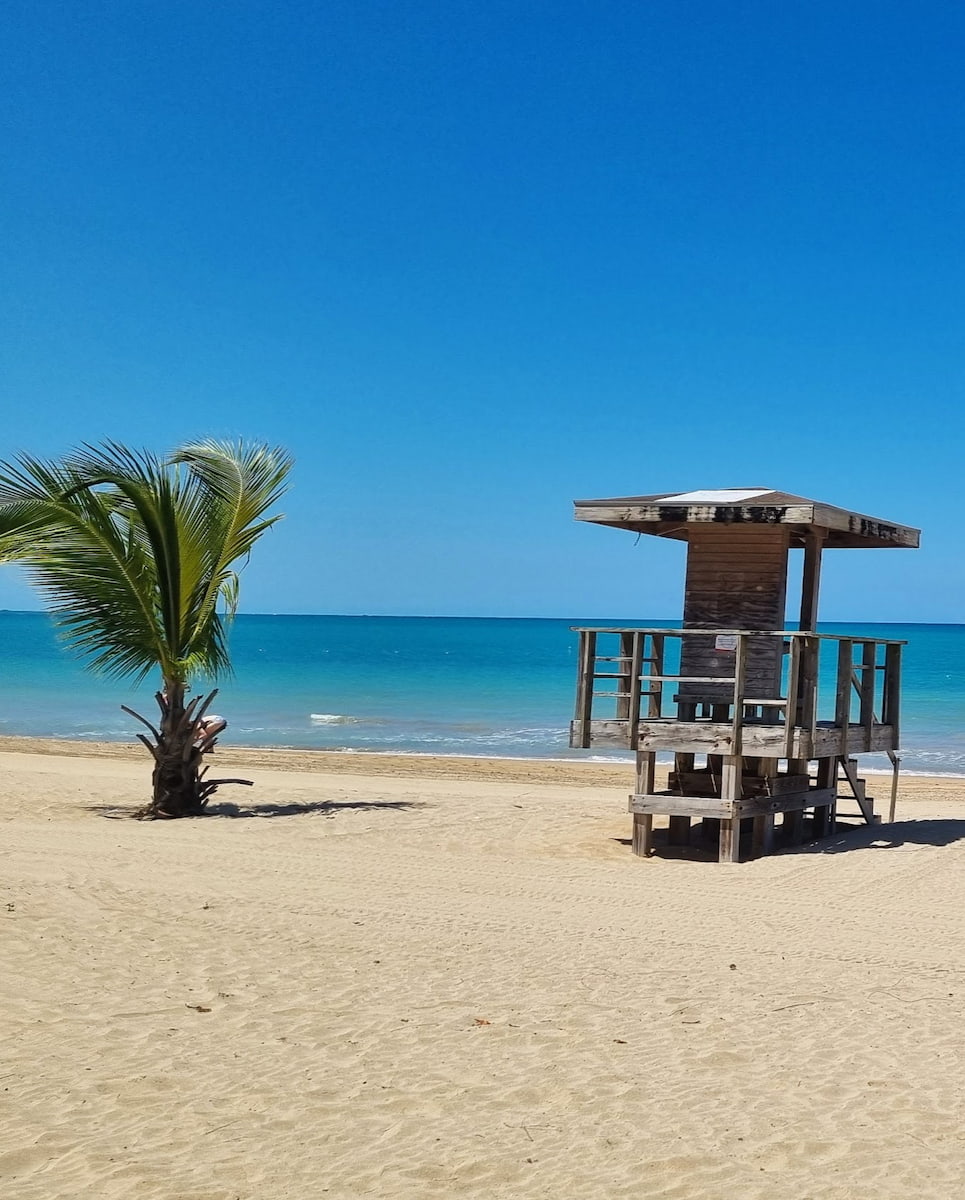
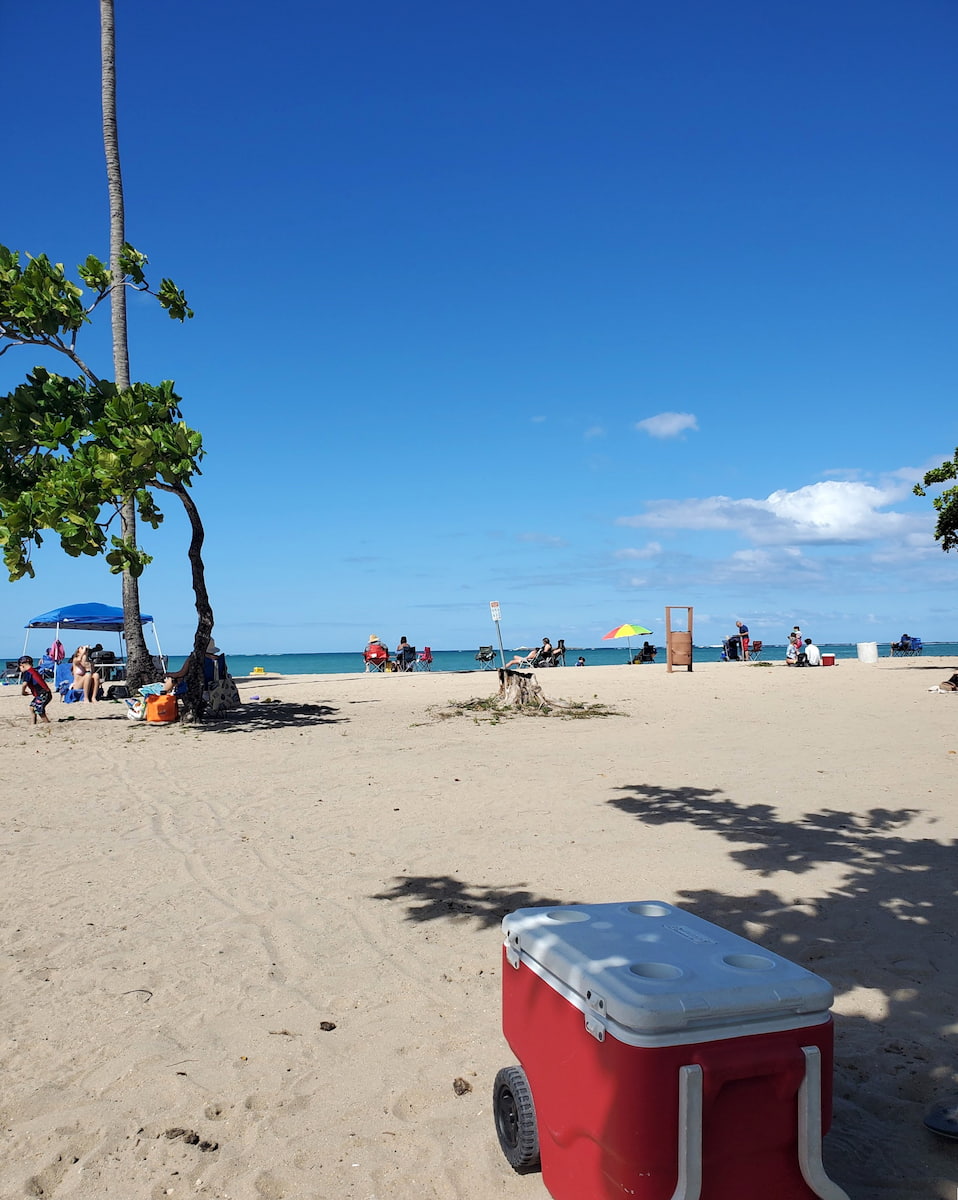
Activity
Price (USD/EUR)
Parasailing (Isla Verde)
$109
Banana Boat Ride
$30
Paddleboard Rental
$25/hour
Beach Chair Rental
$10/day
Umbrella Rental
$15–$20/day
4. Museo del Niño (Children’s Museum)
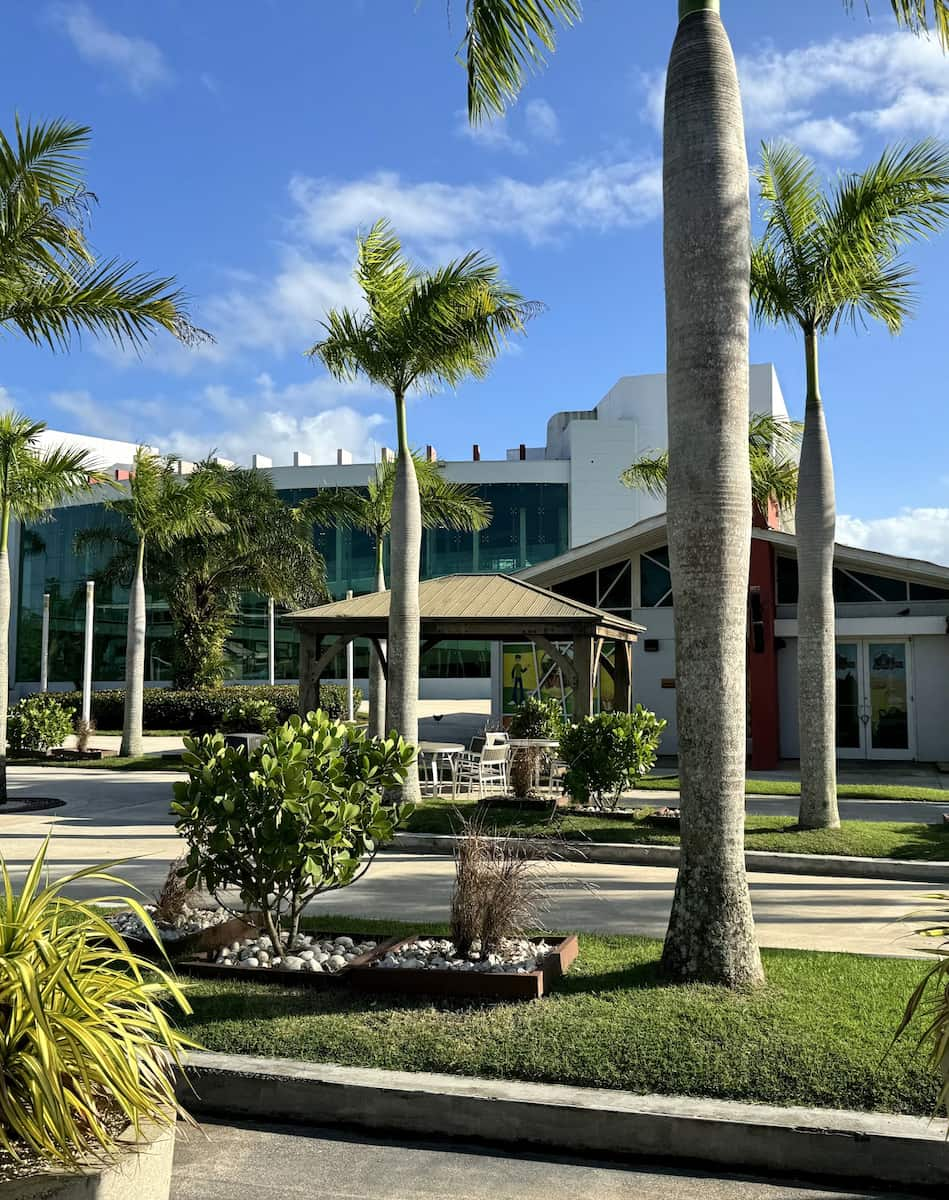
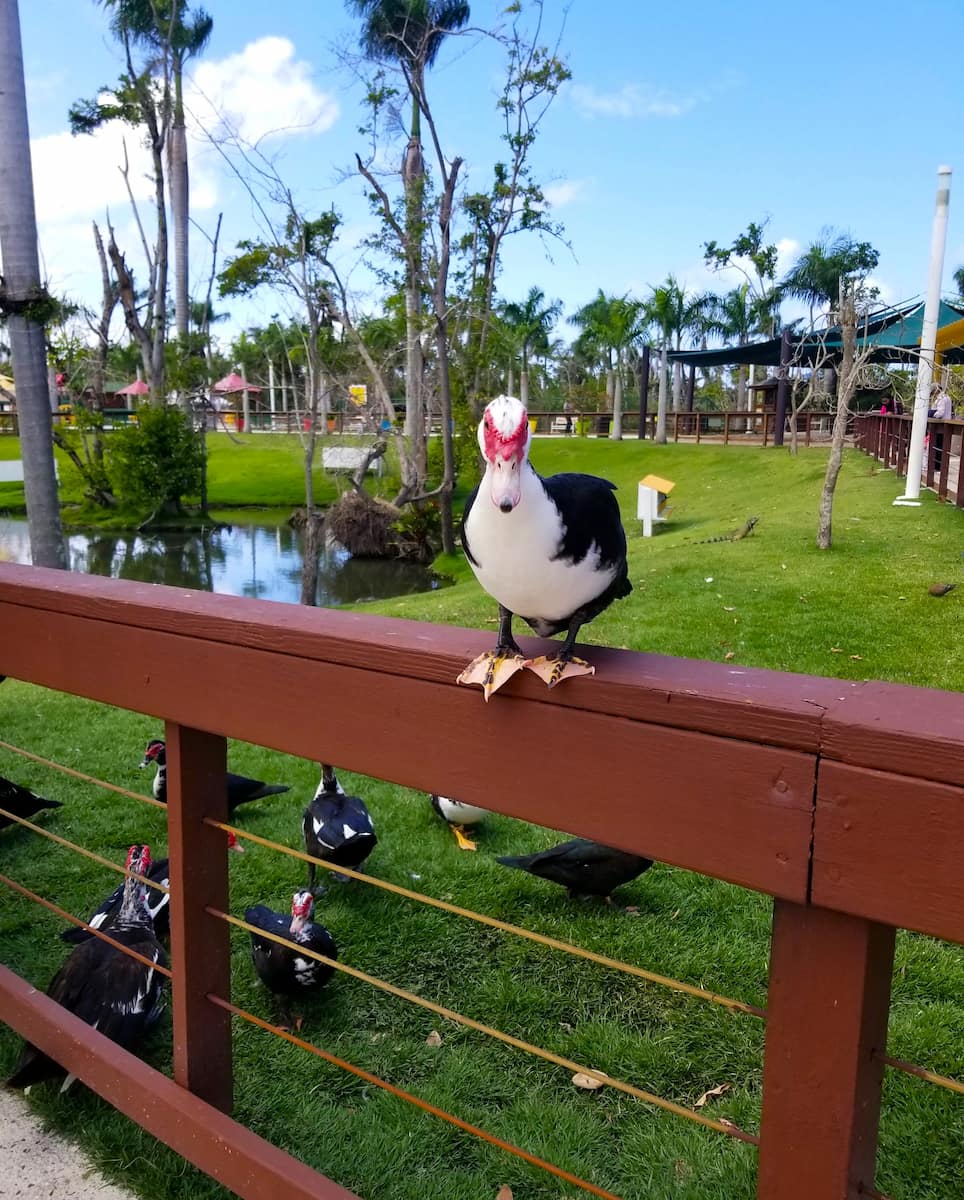
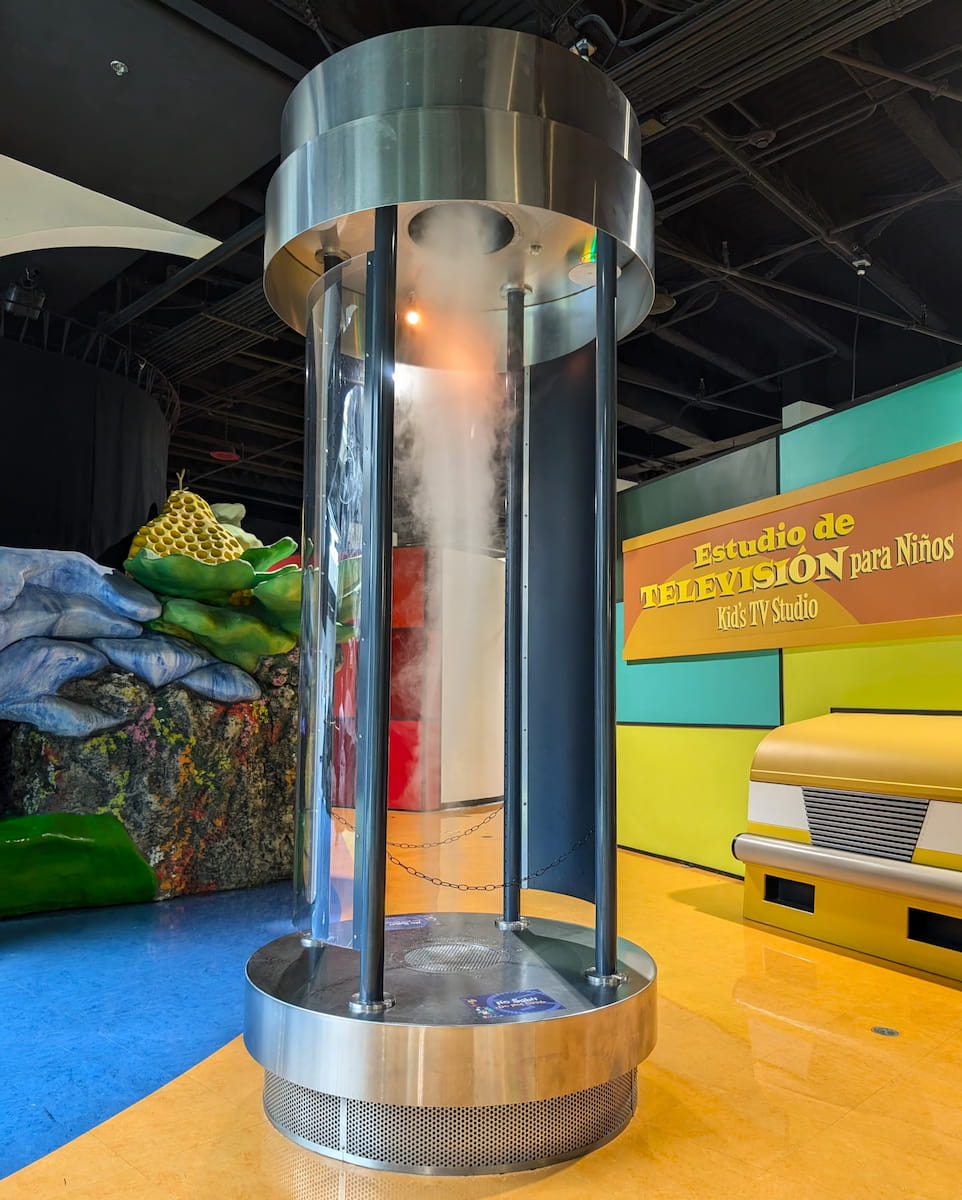
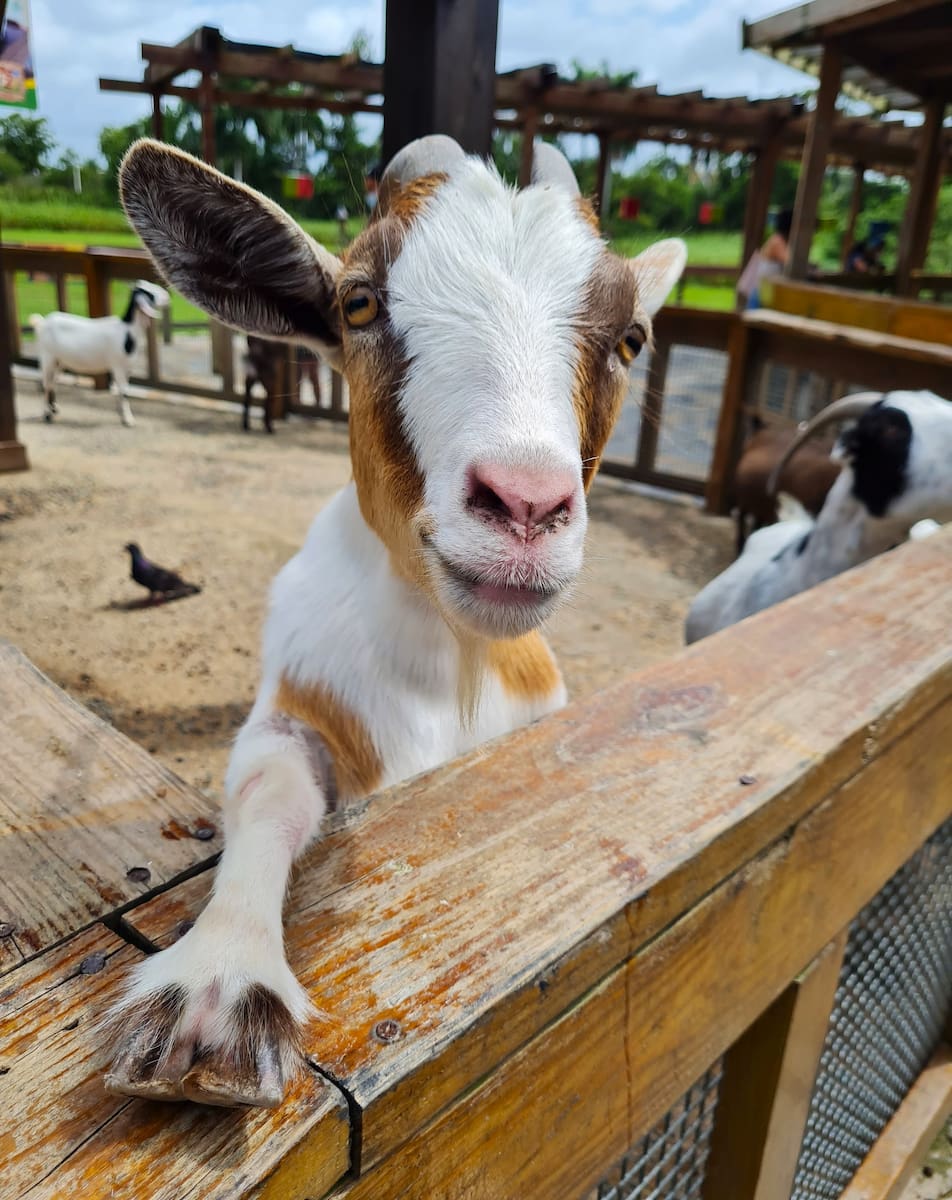
FAQ
1. Is San Juan safe for tourists?
2. Do I need to speak Spanish?
3. What’s the best way to get around?
4. When is the best time to visit?
